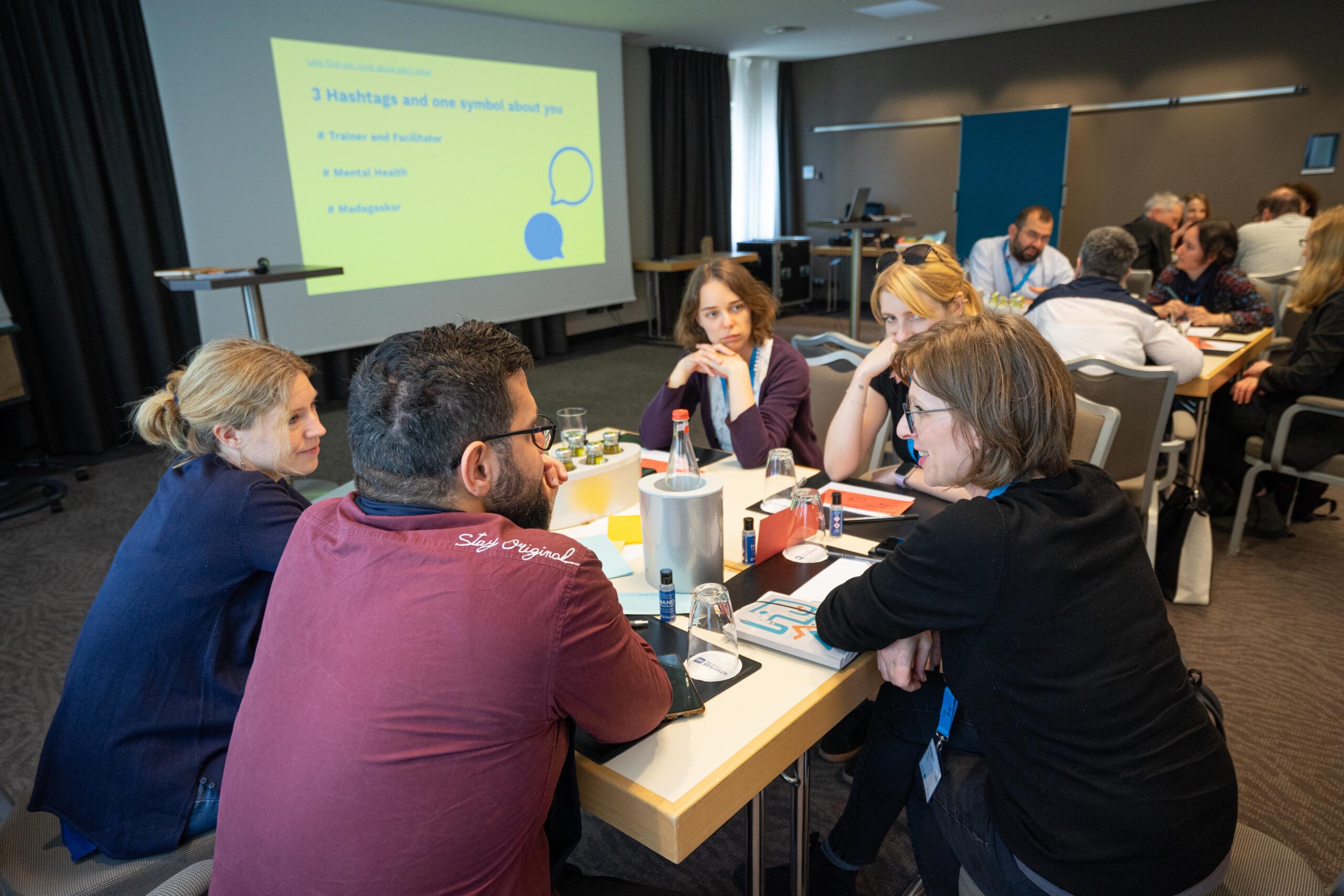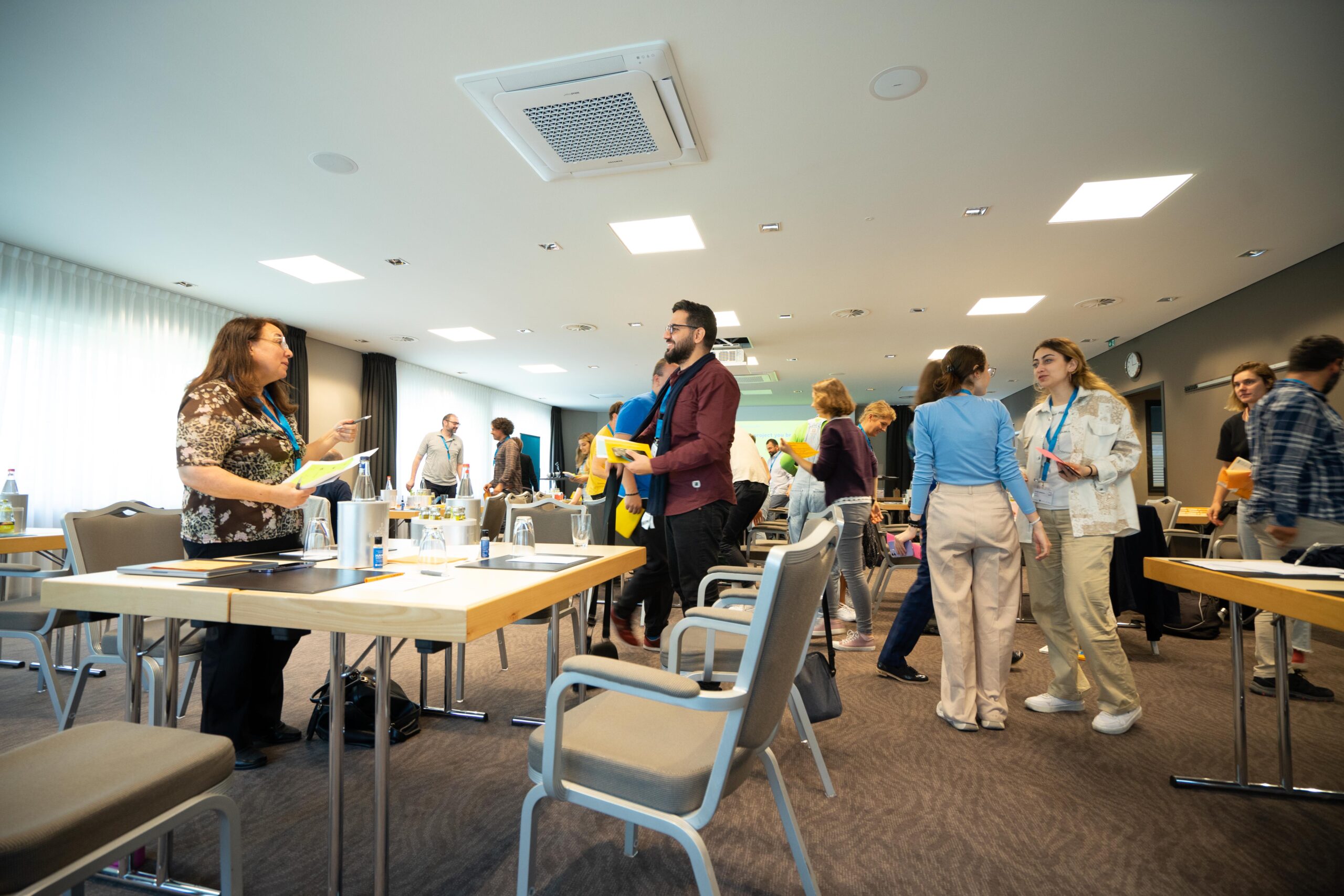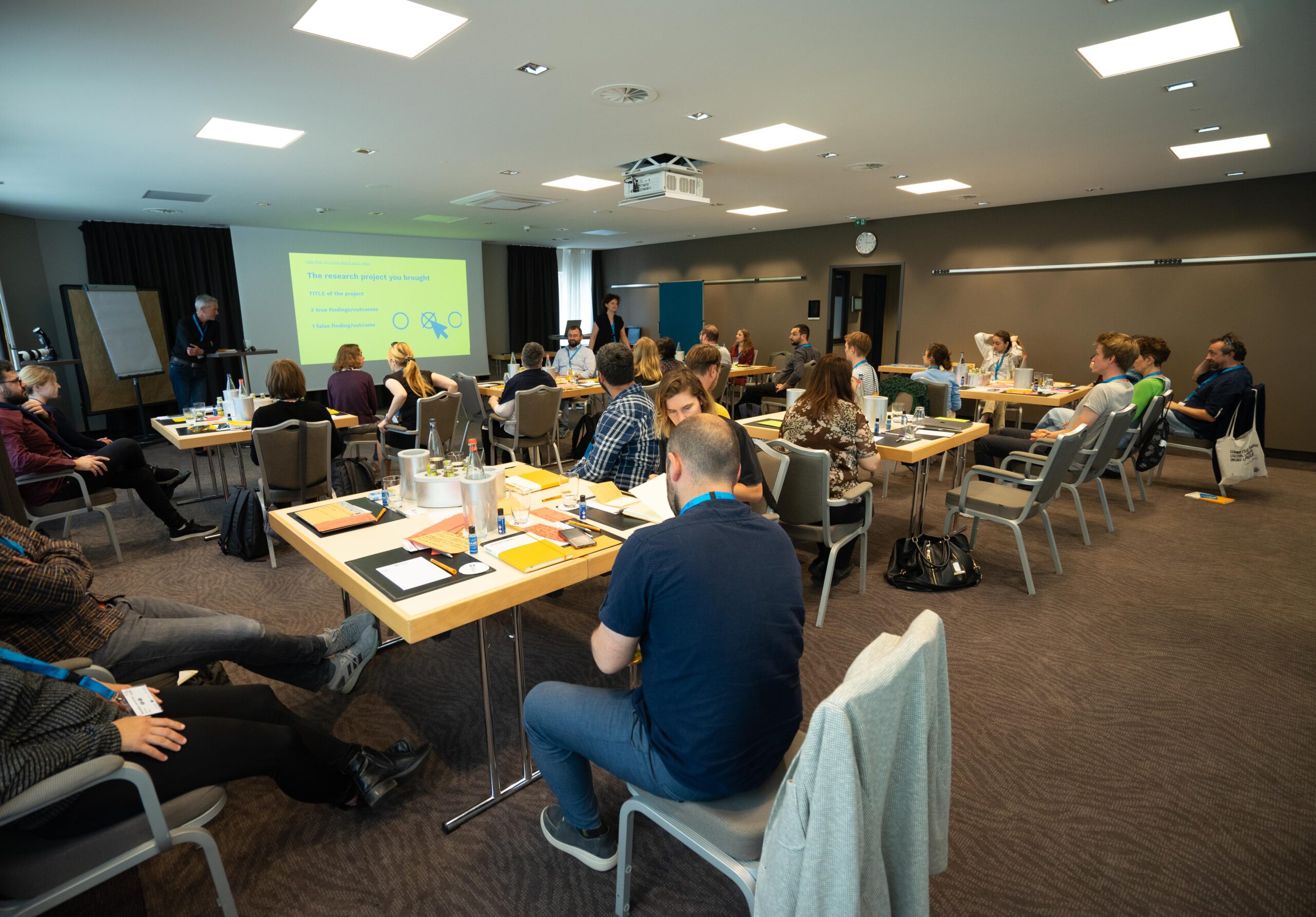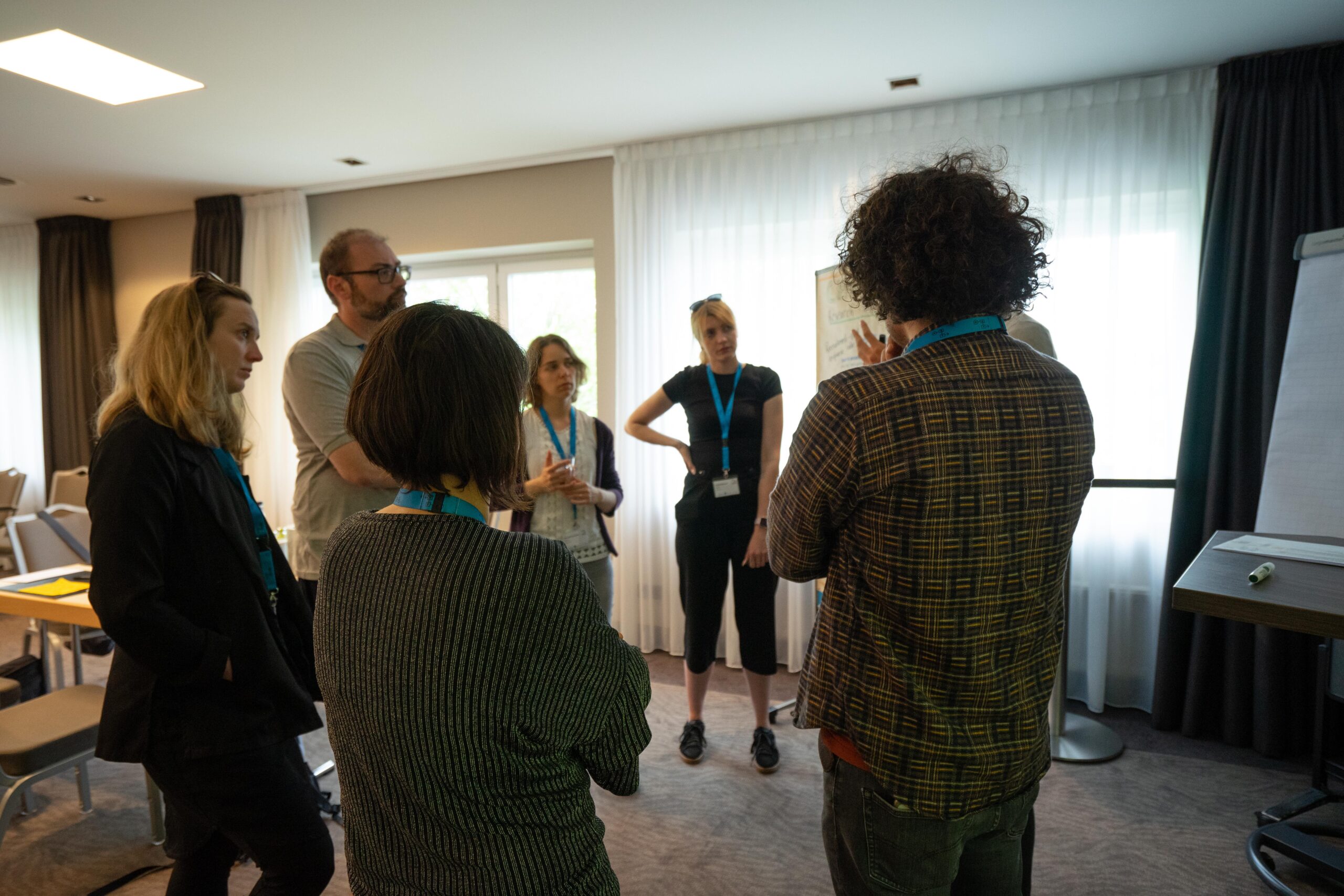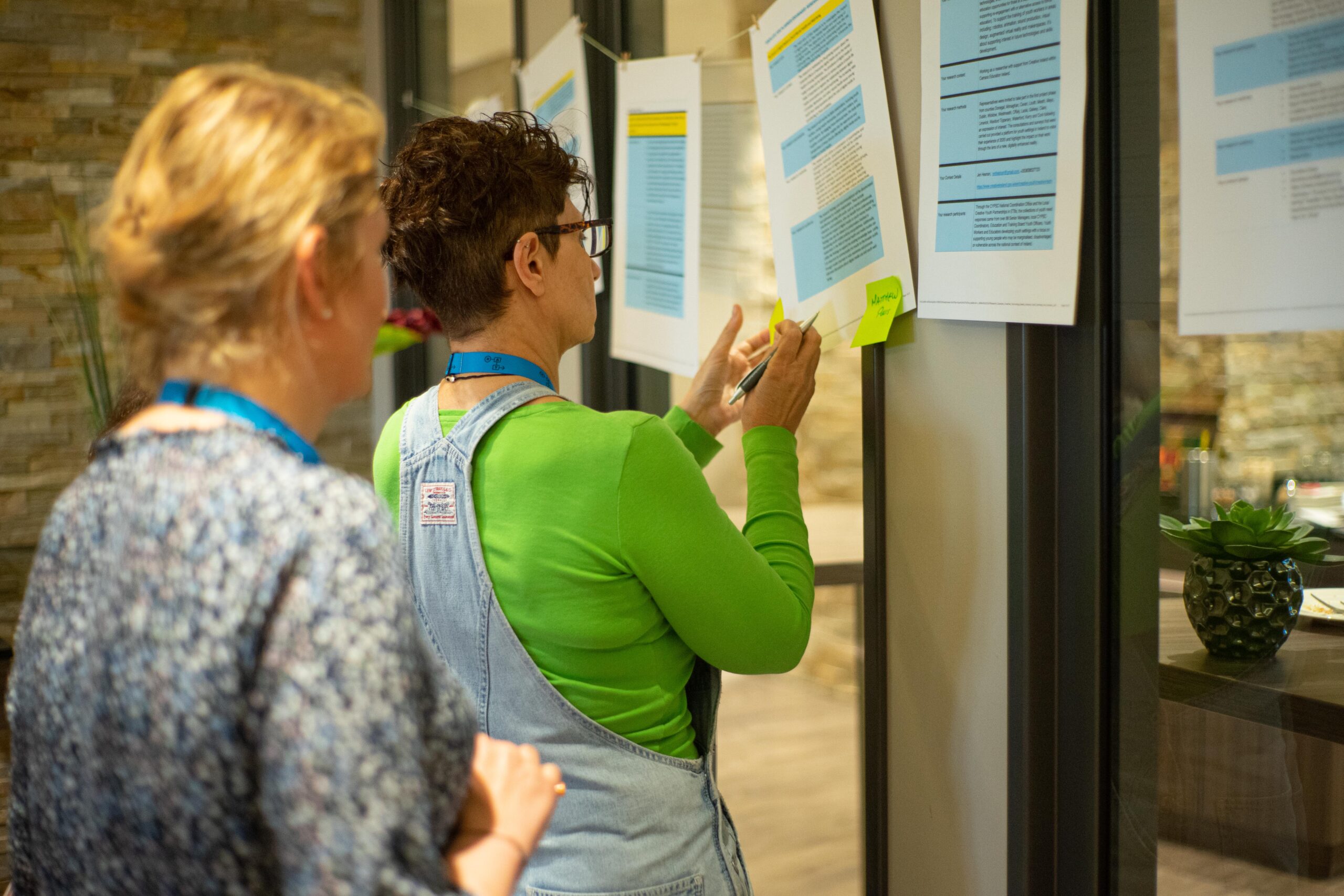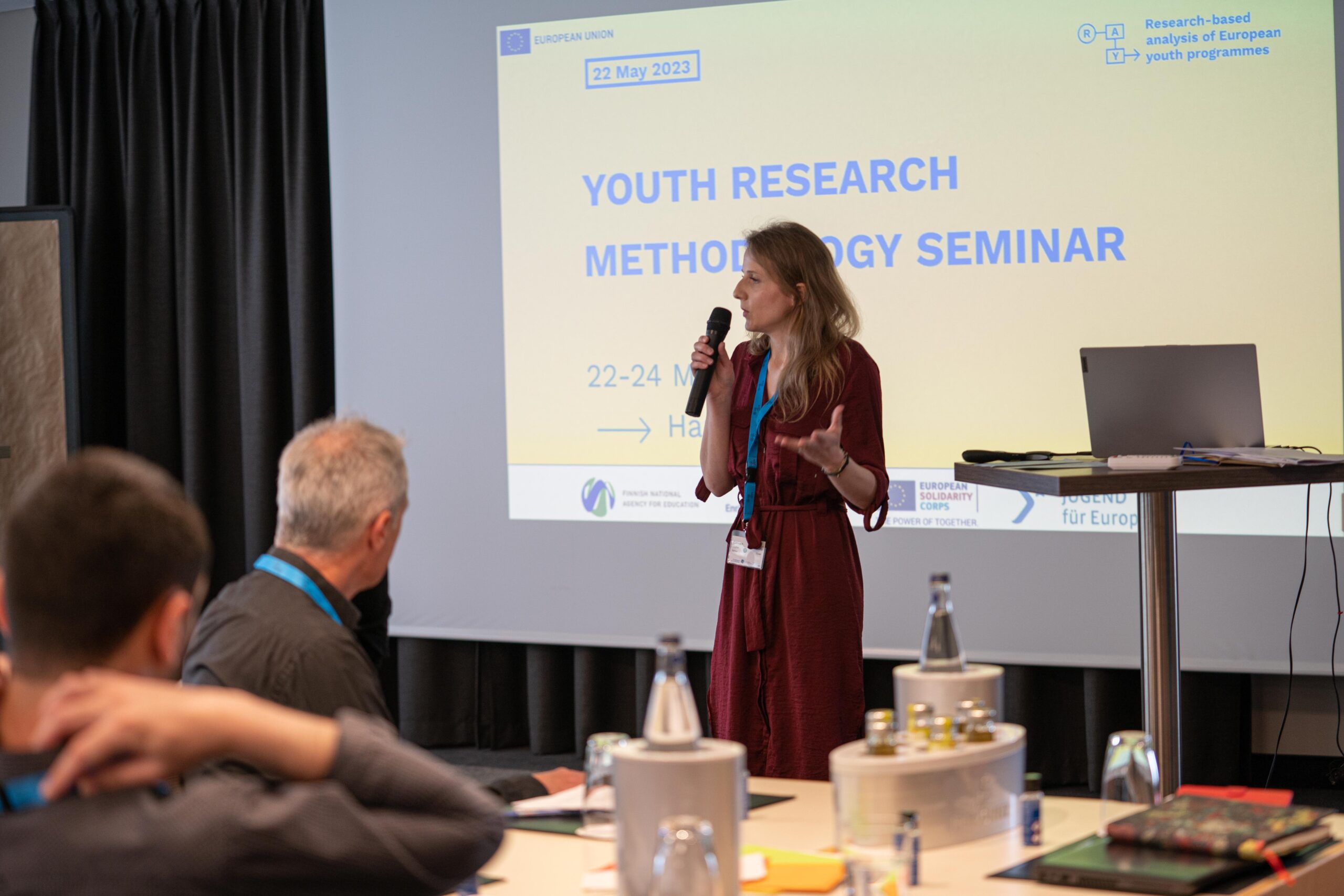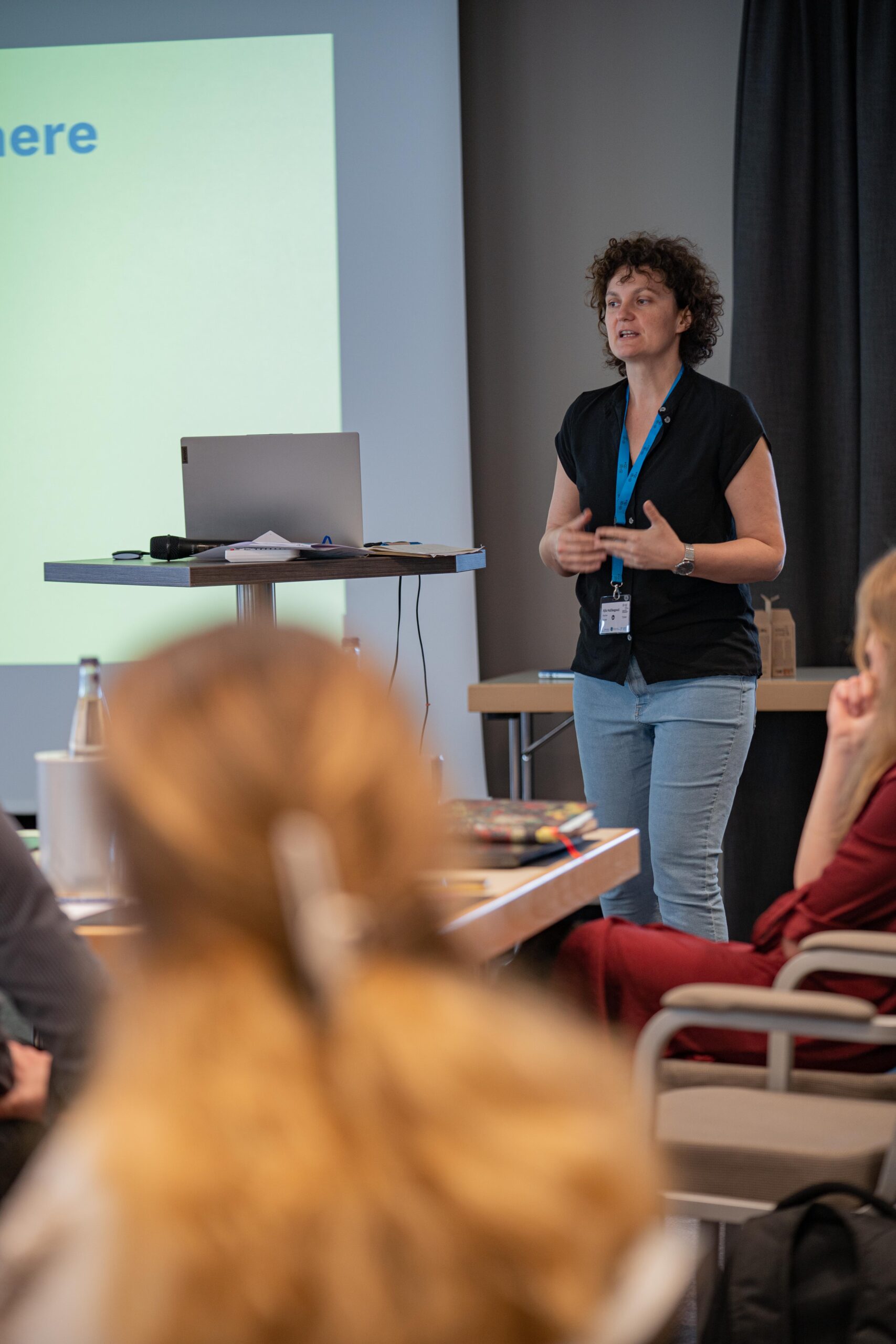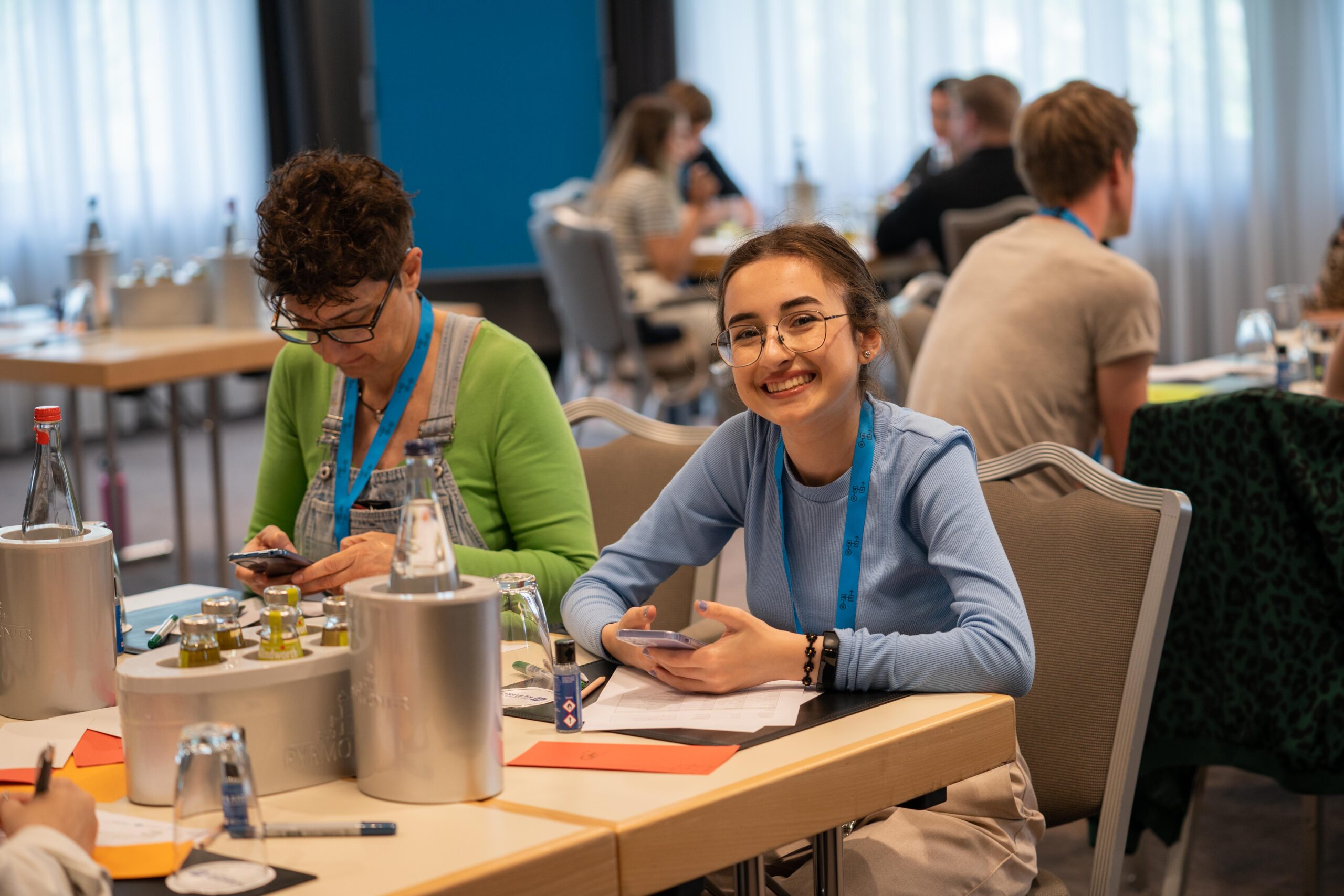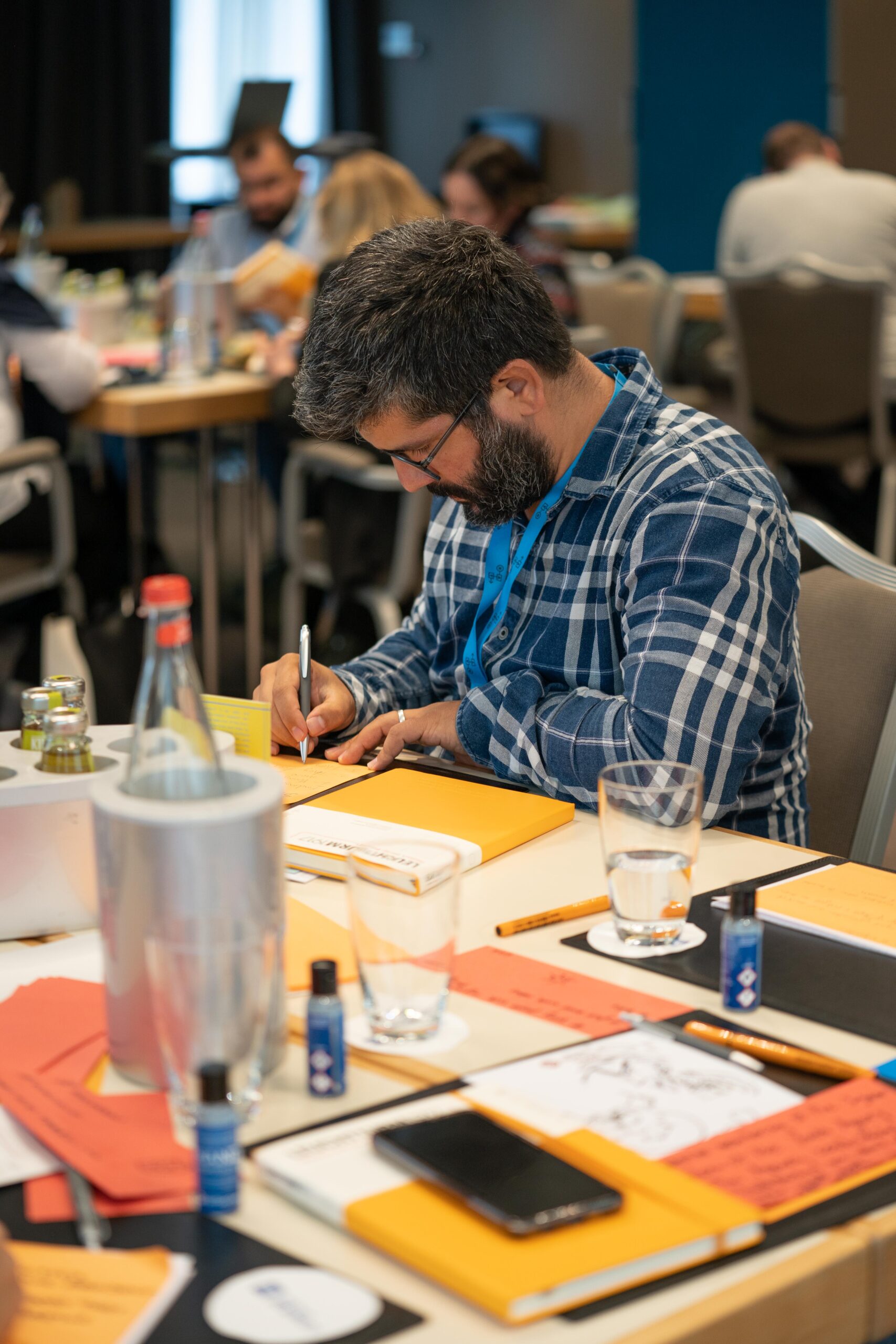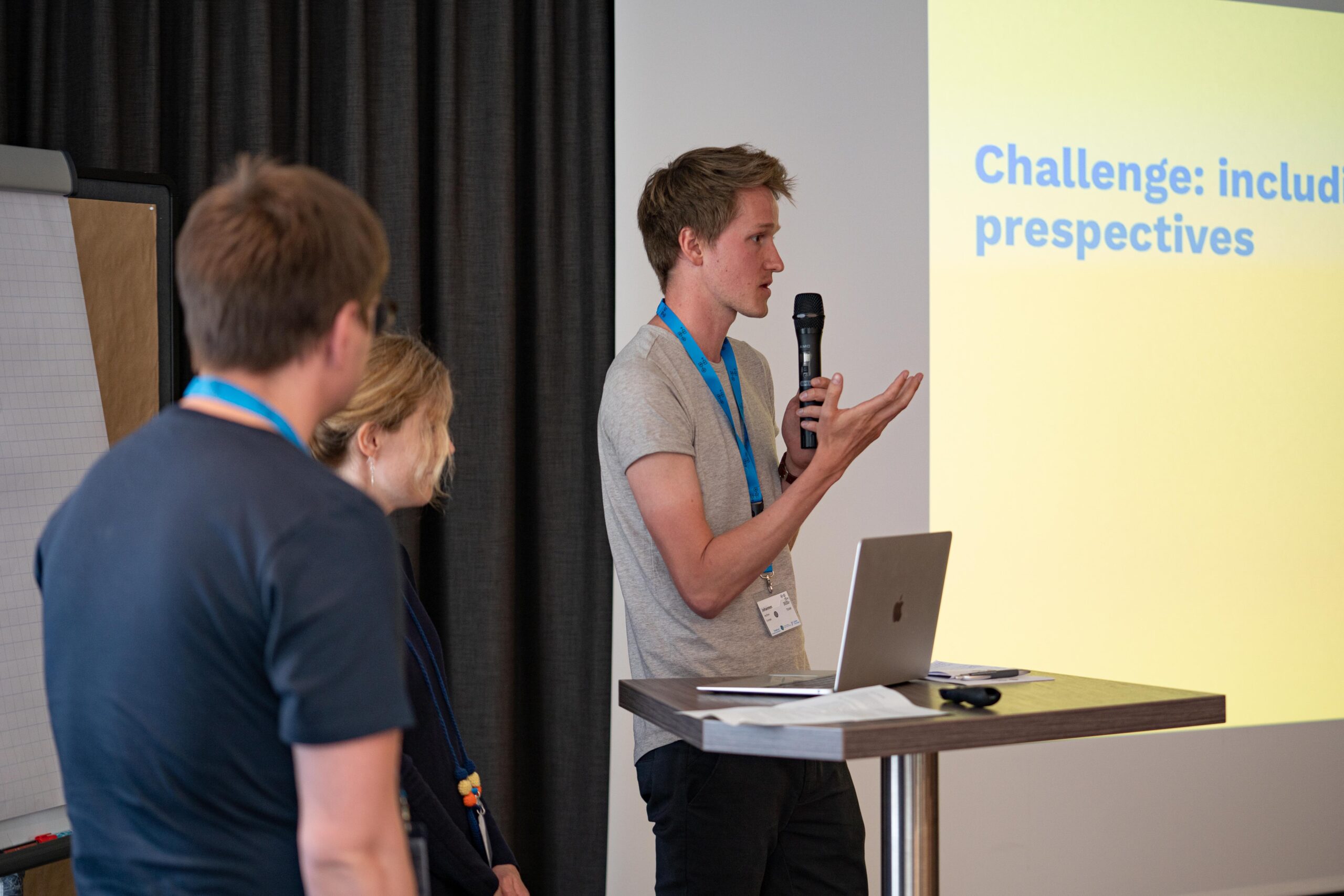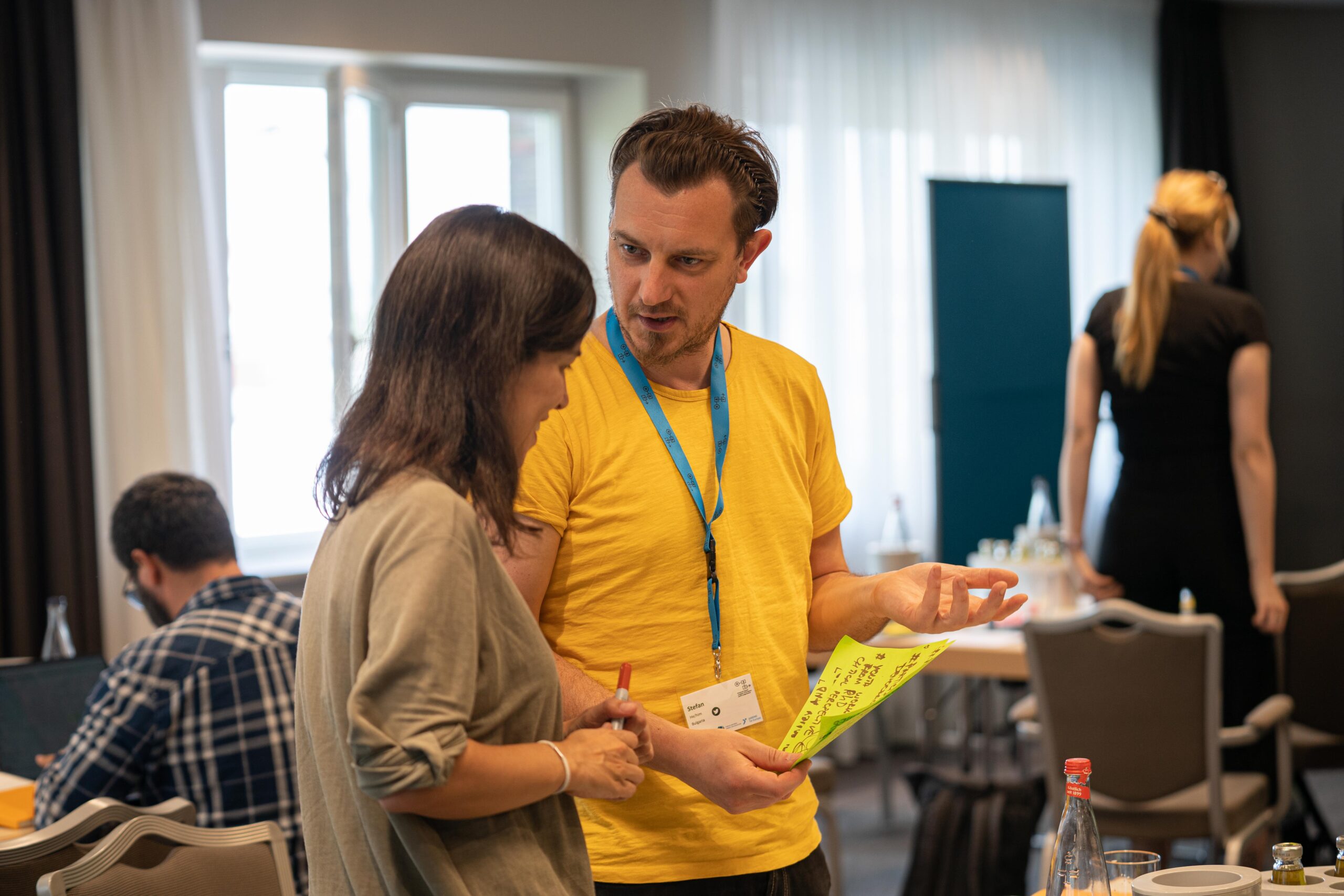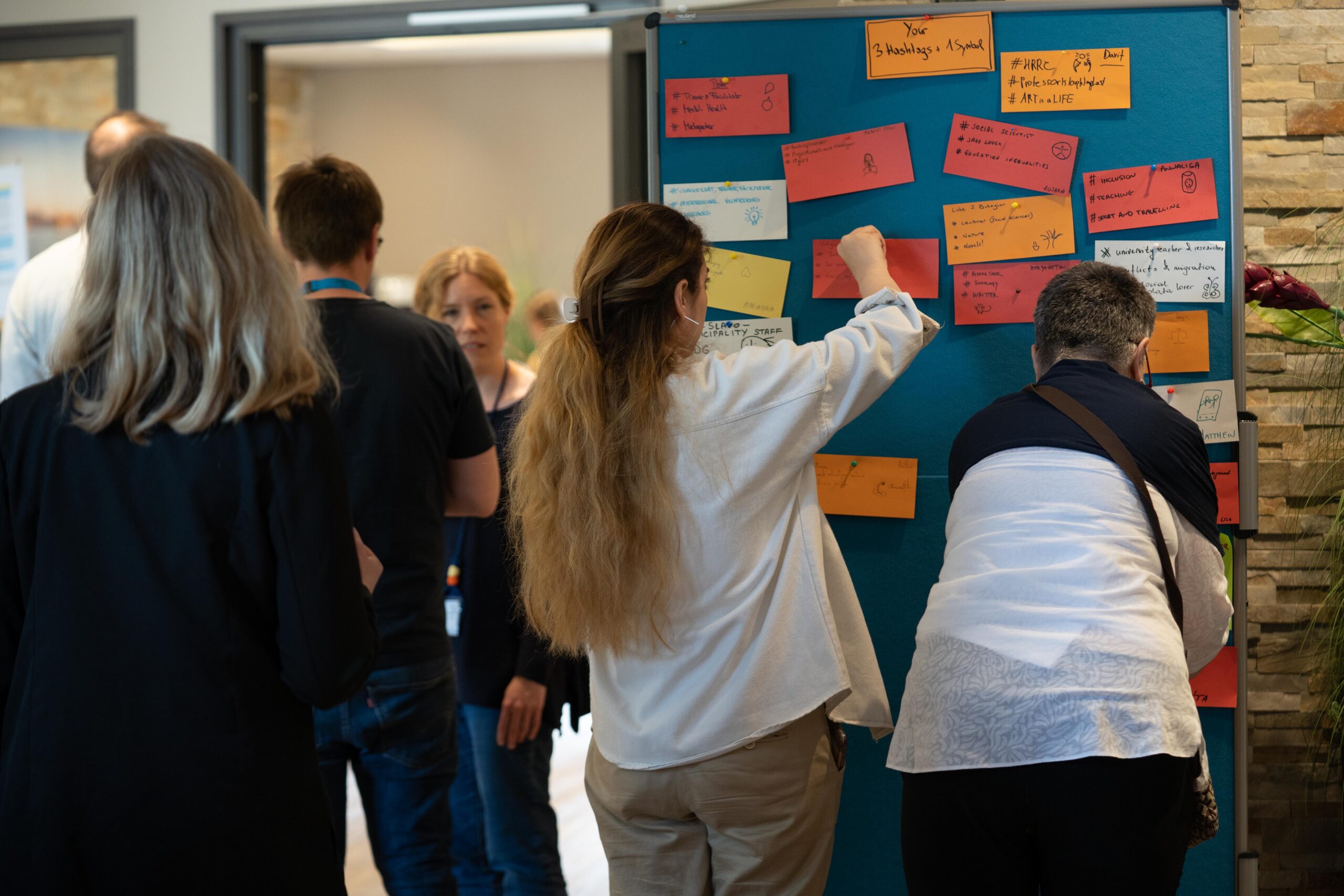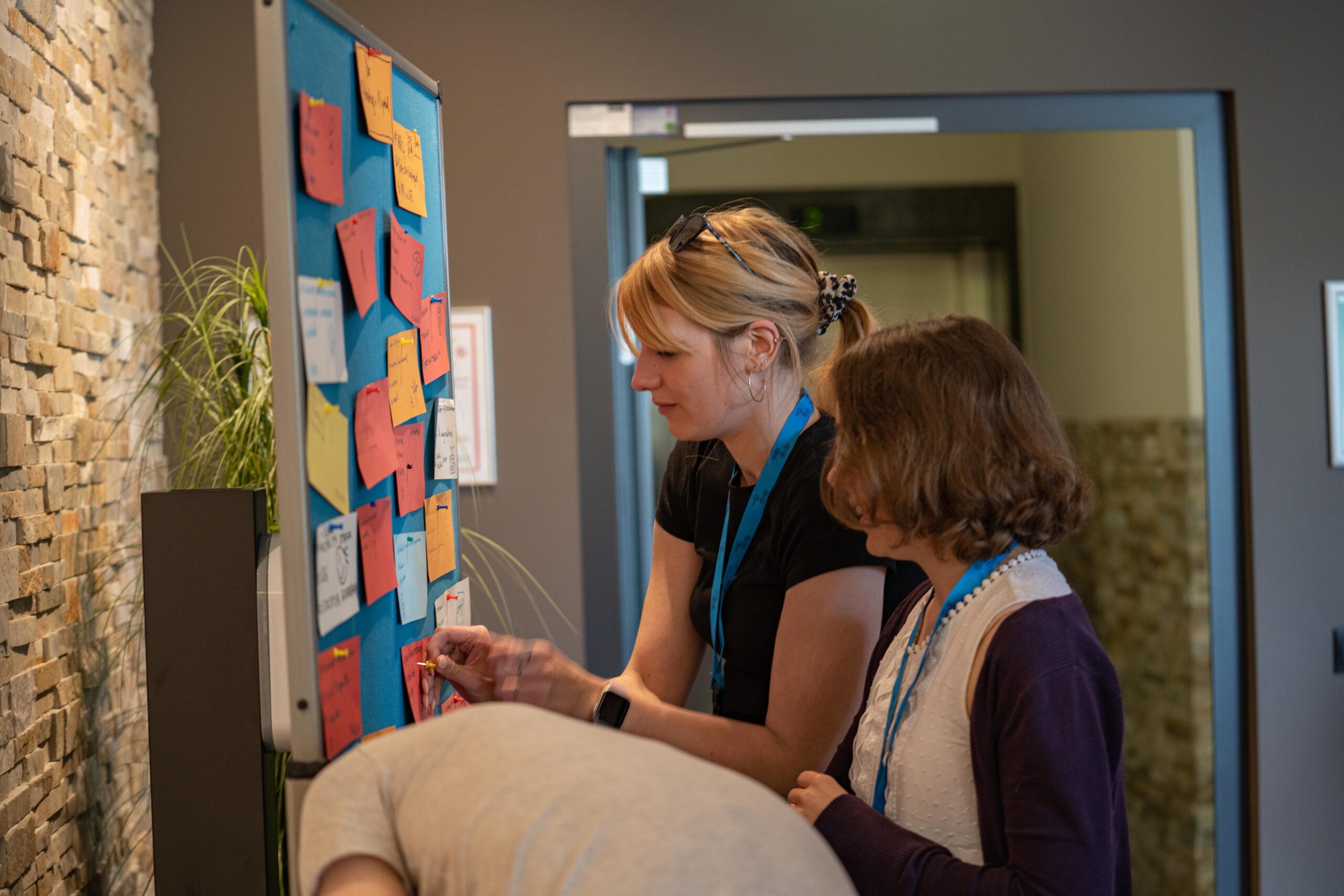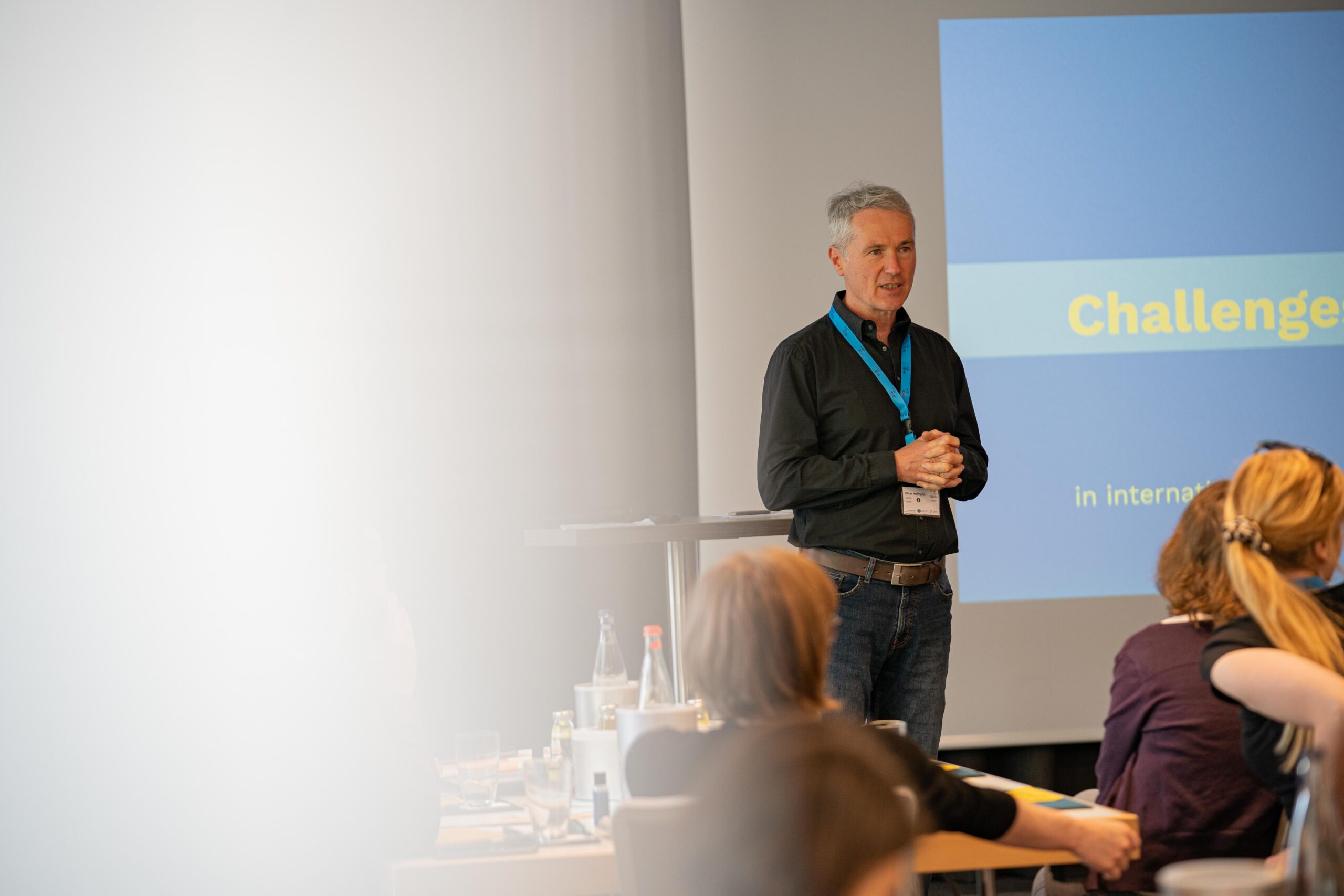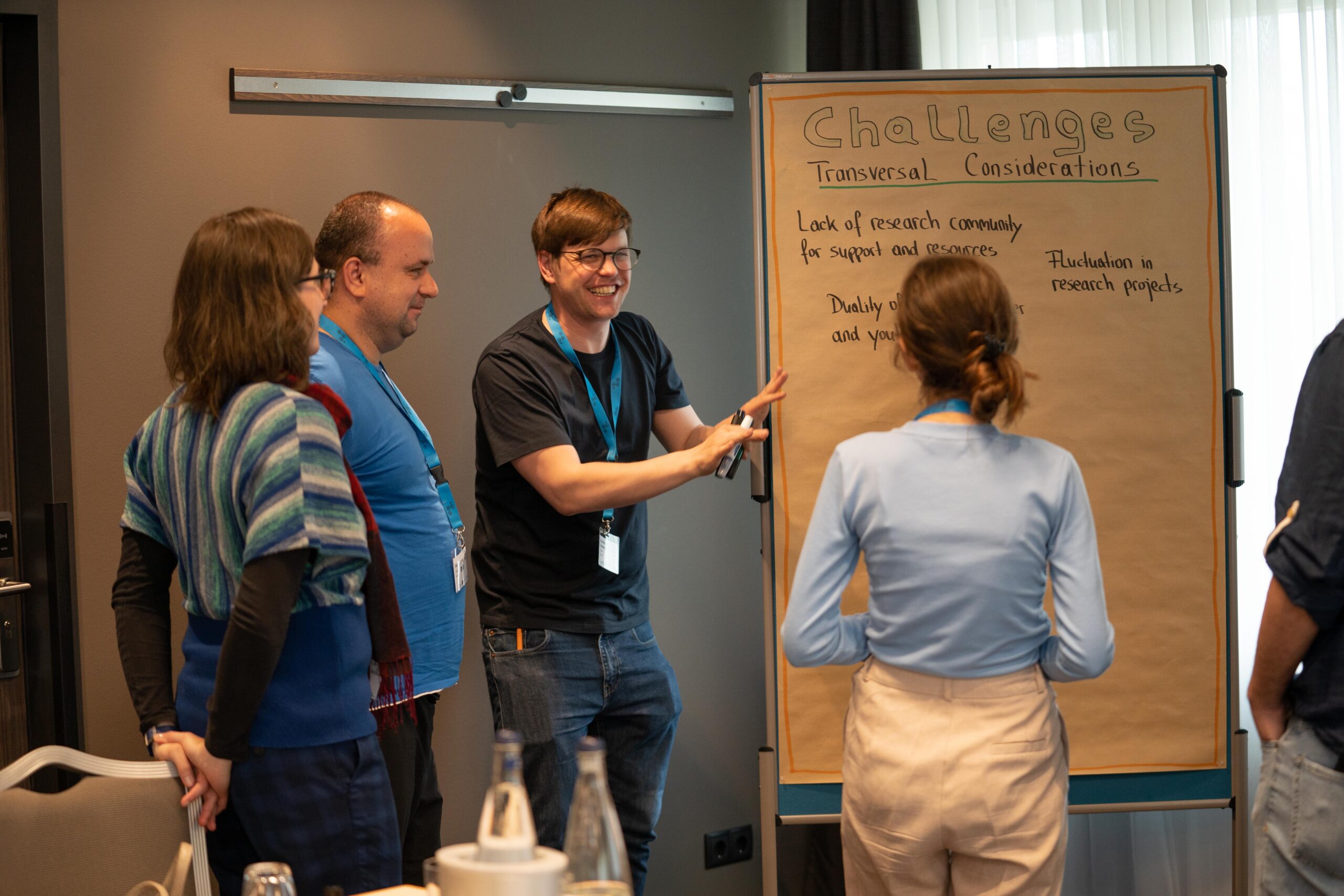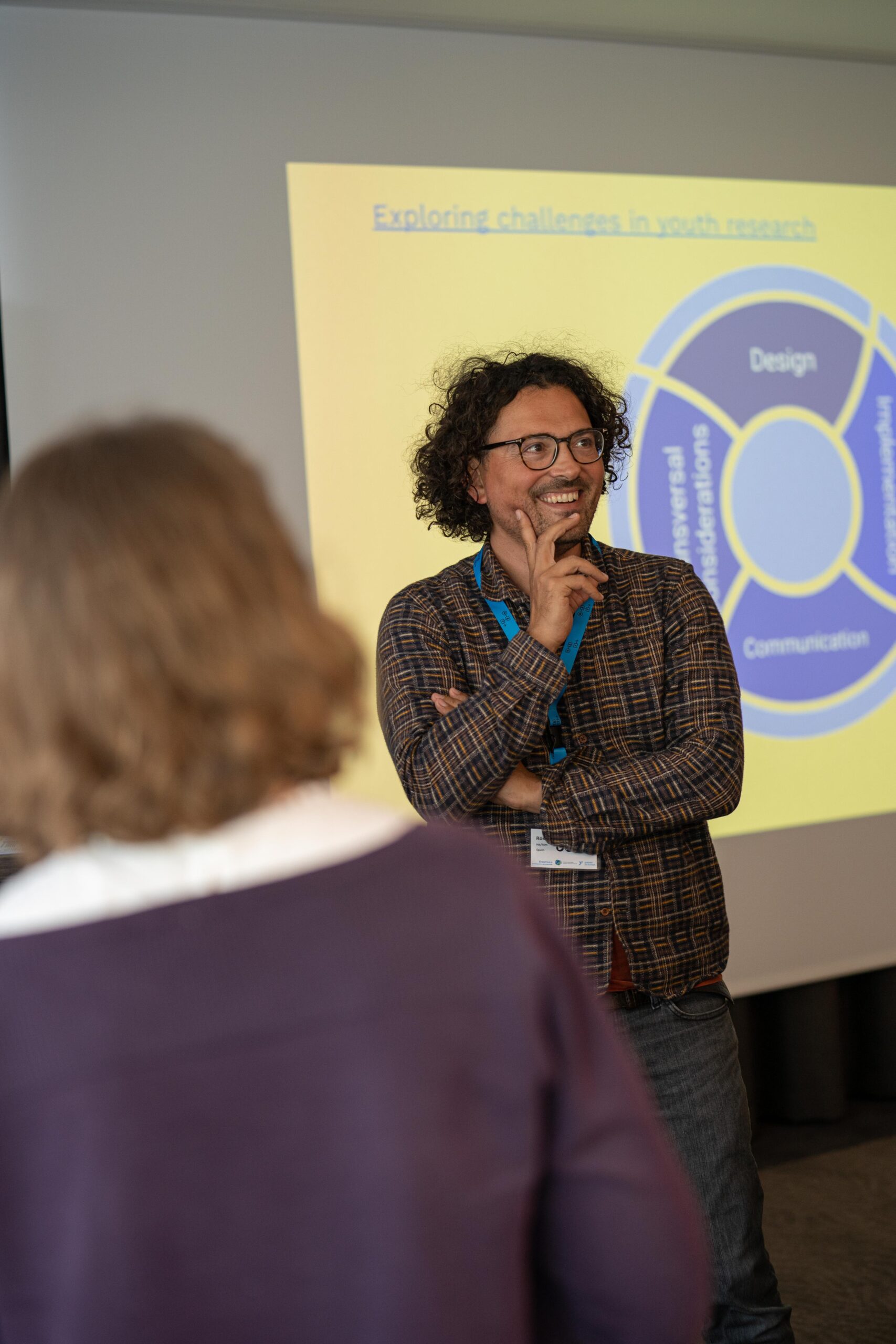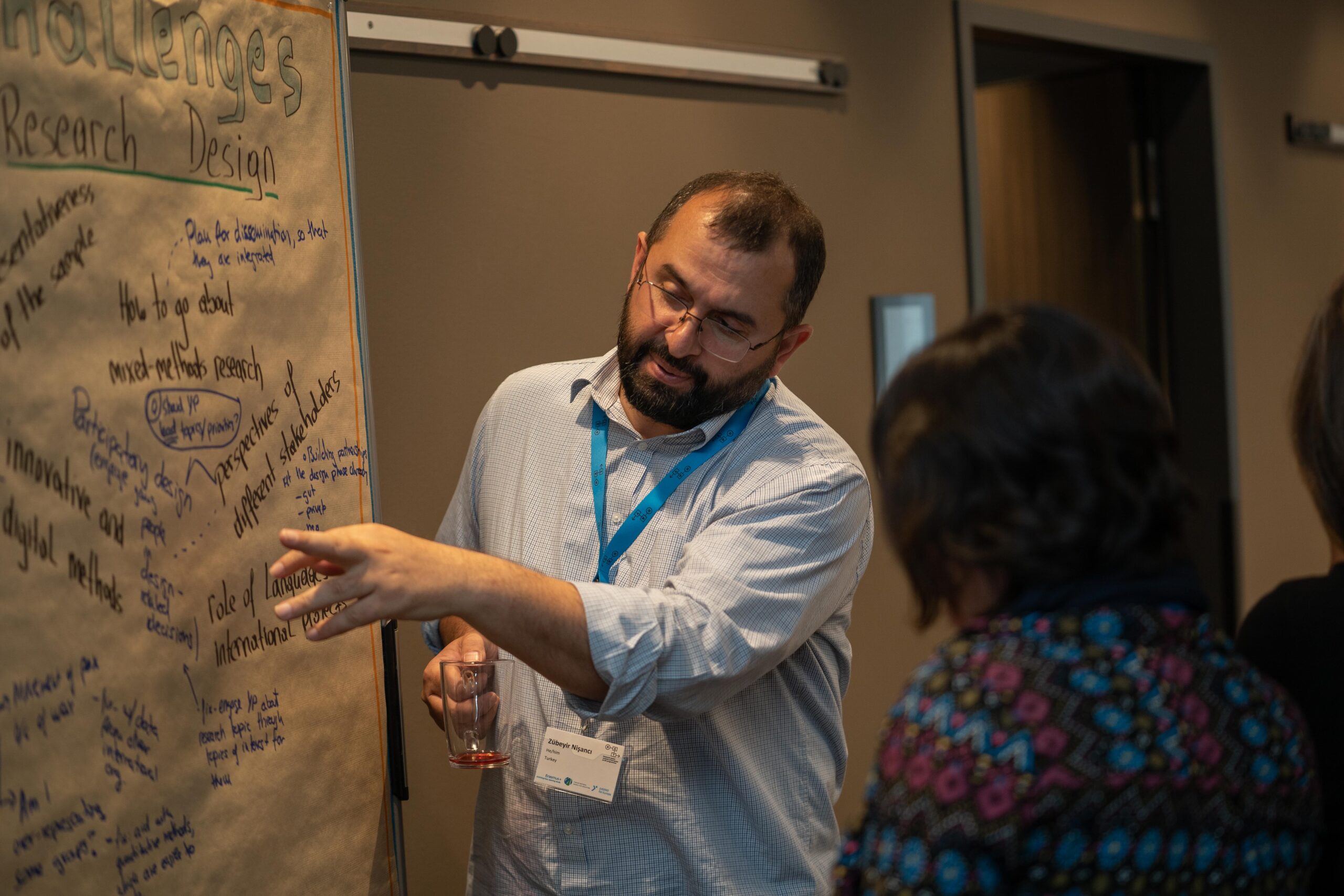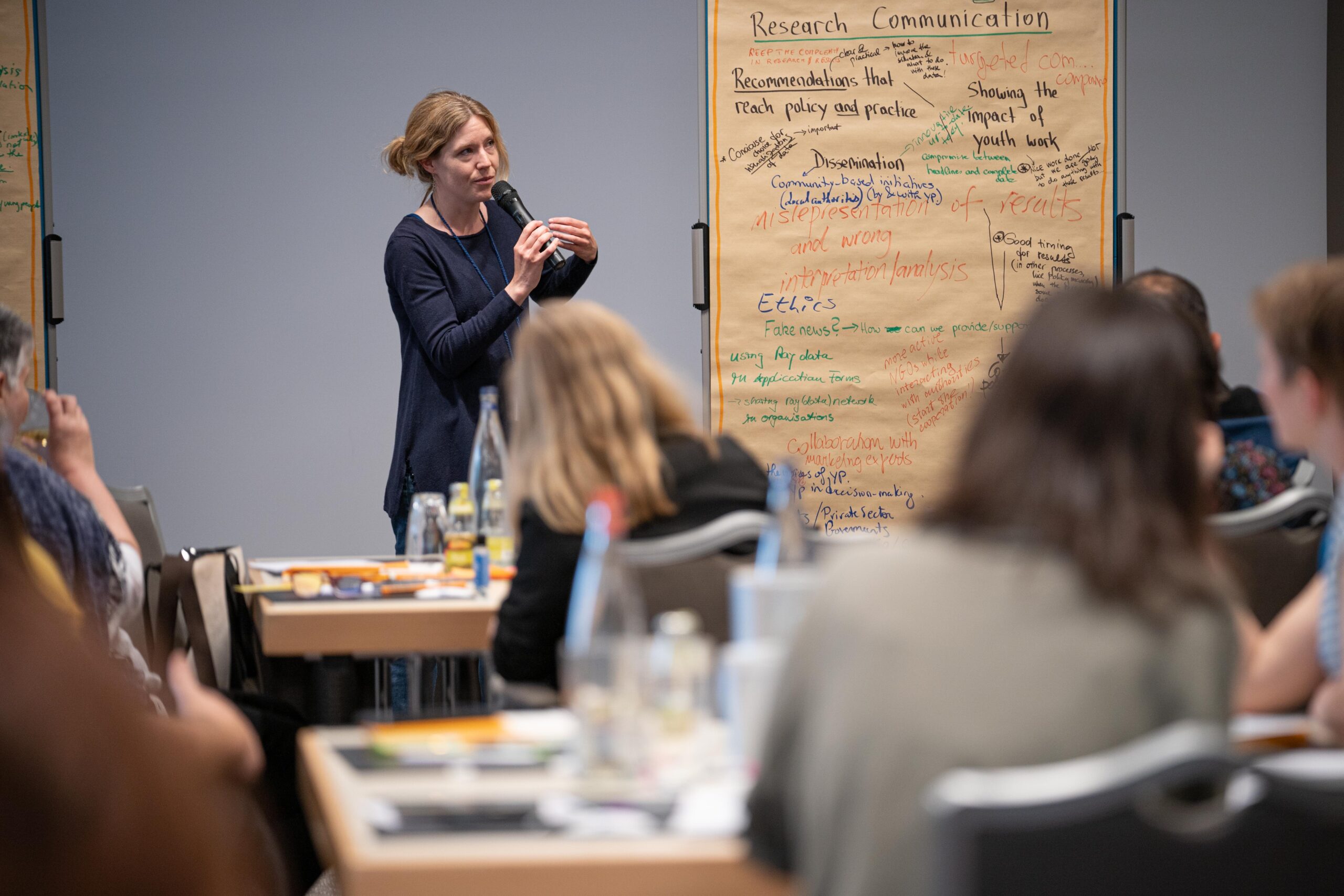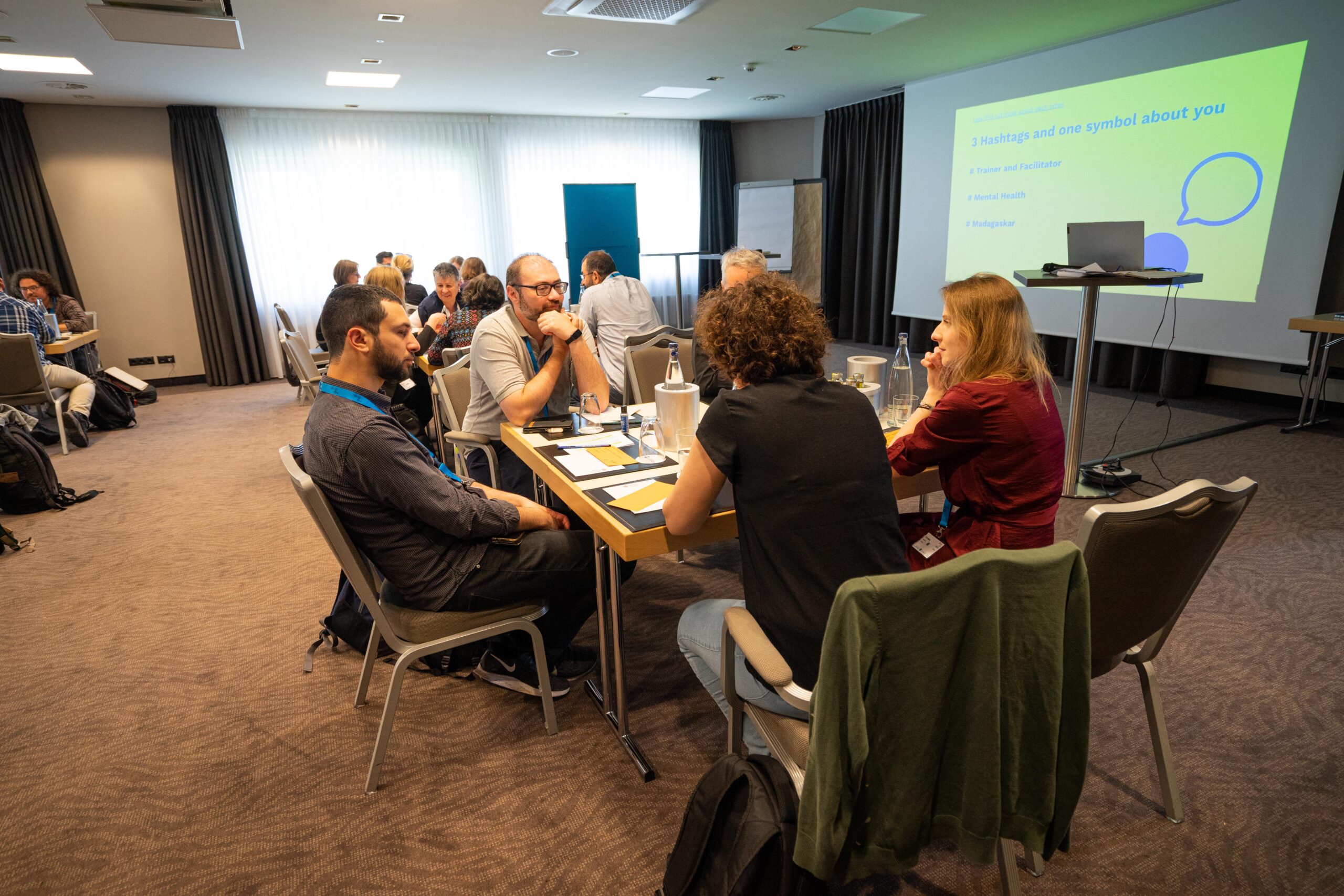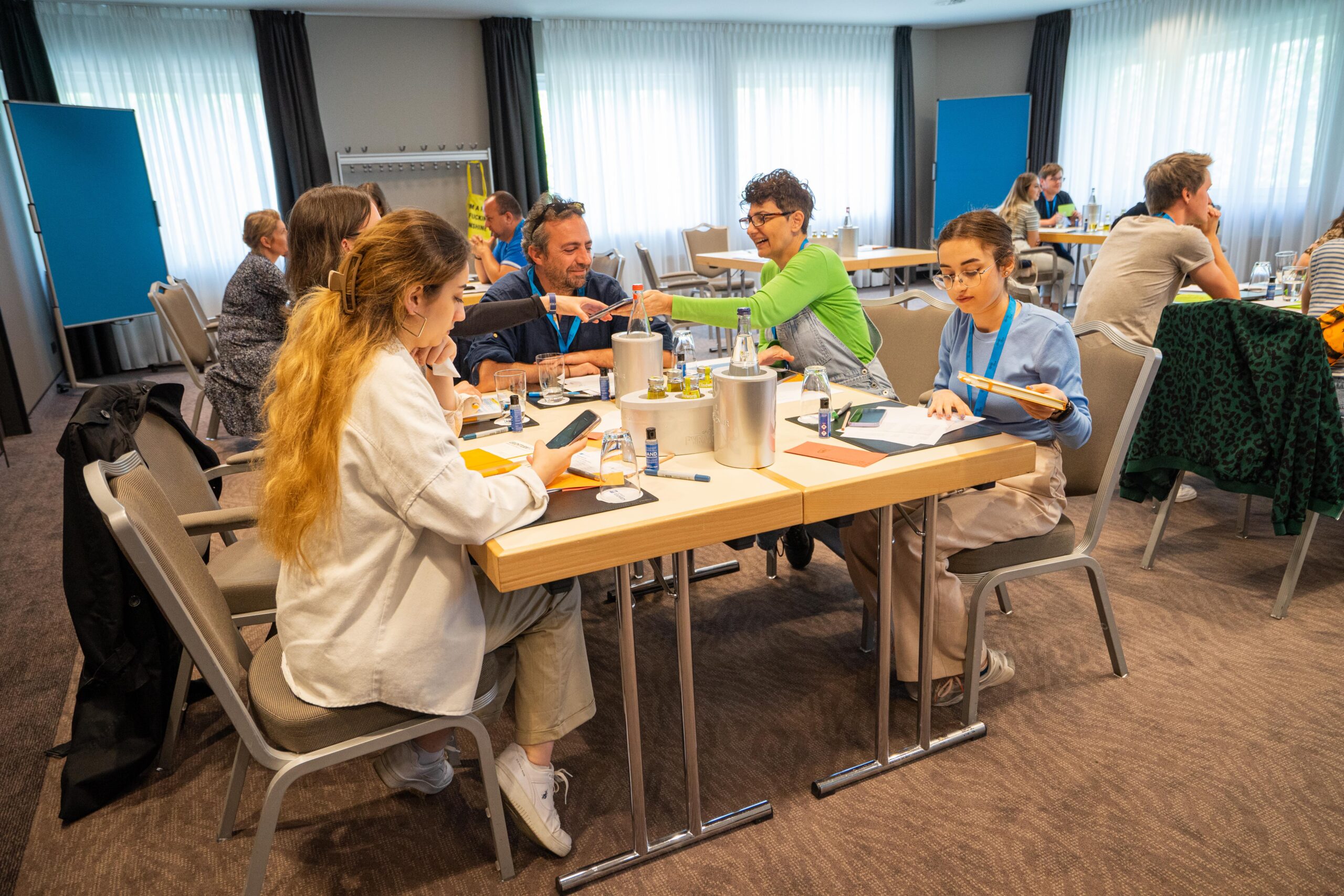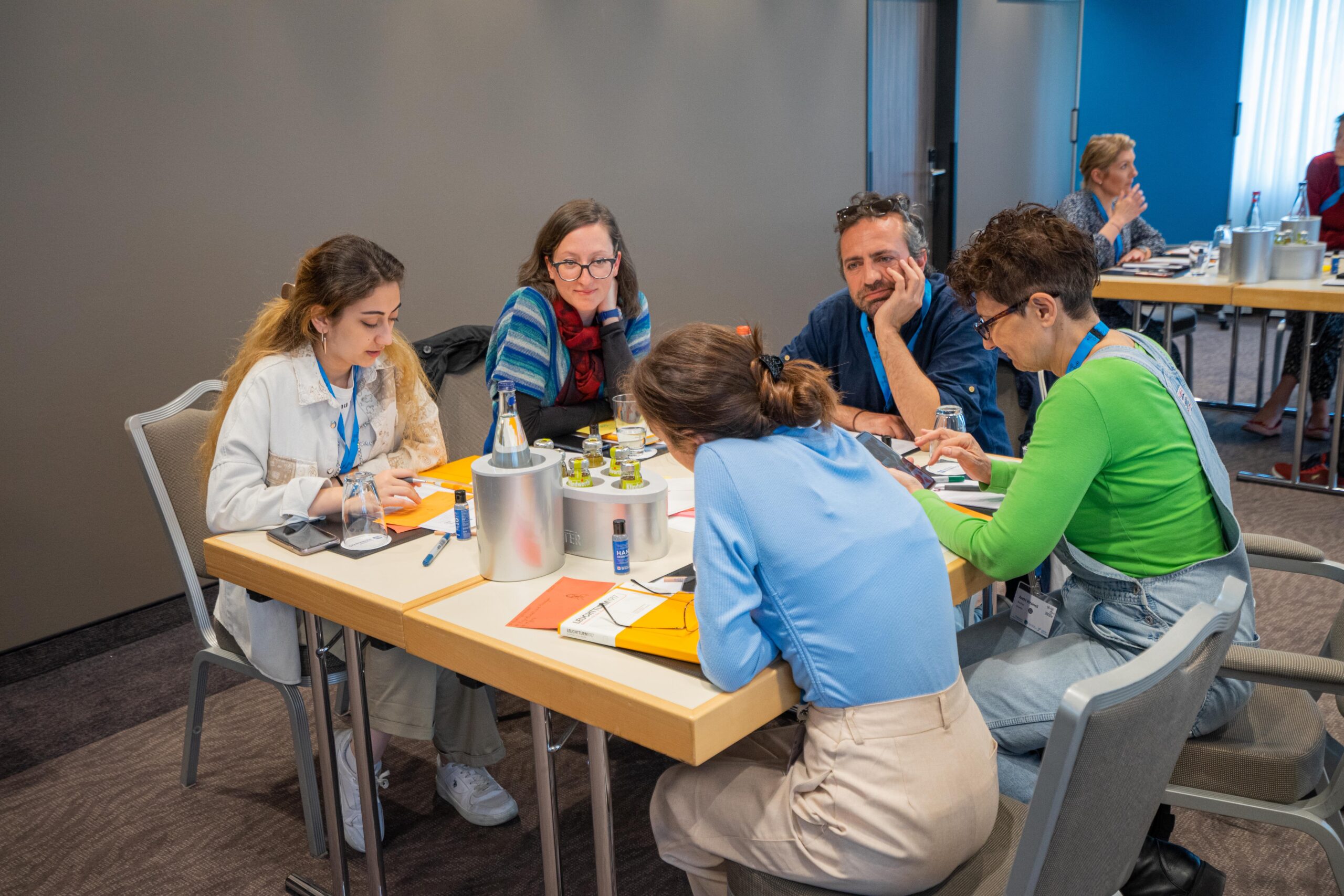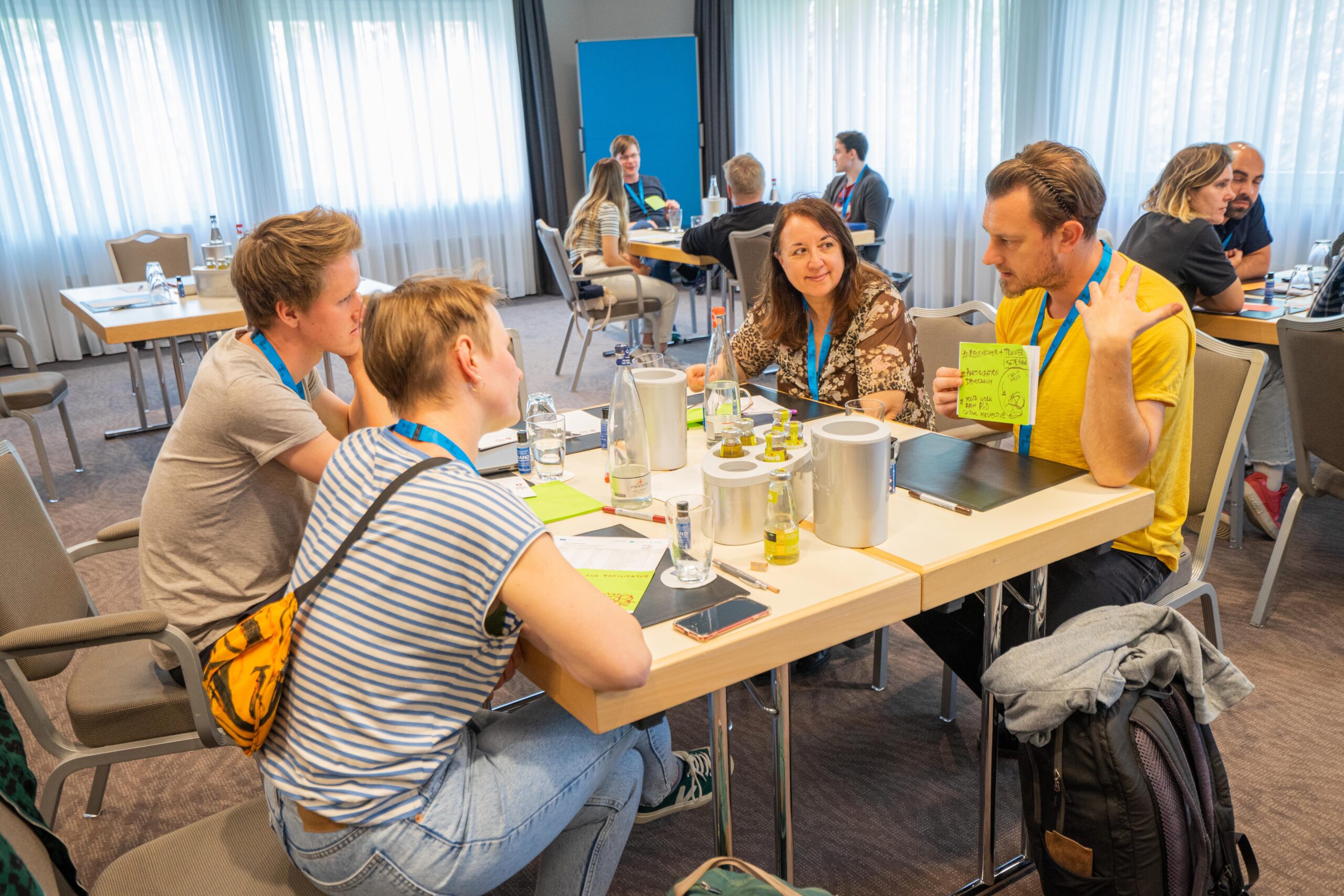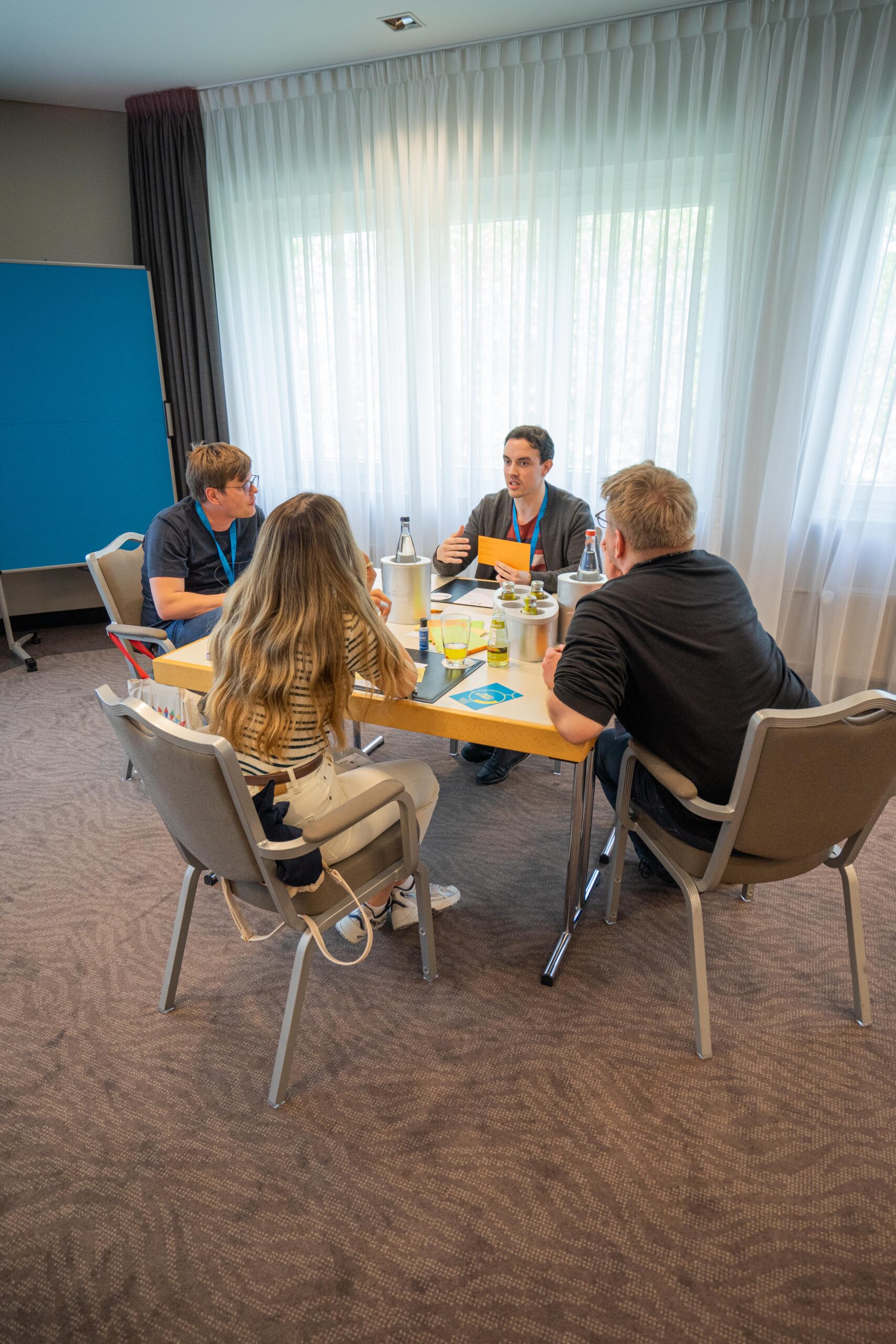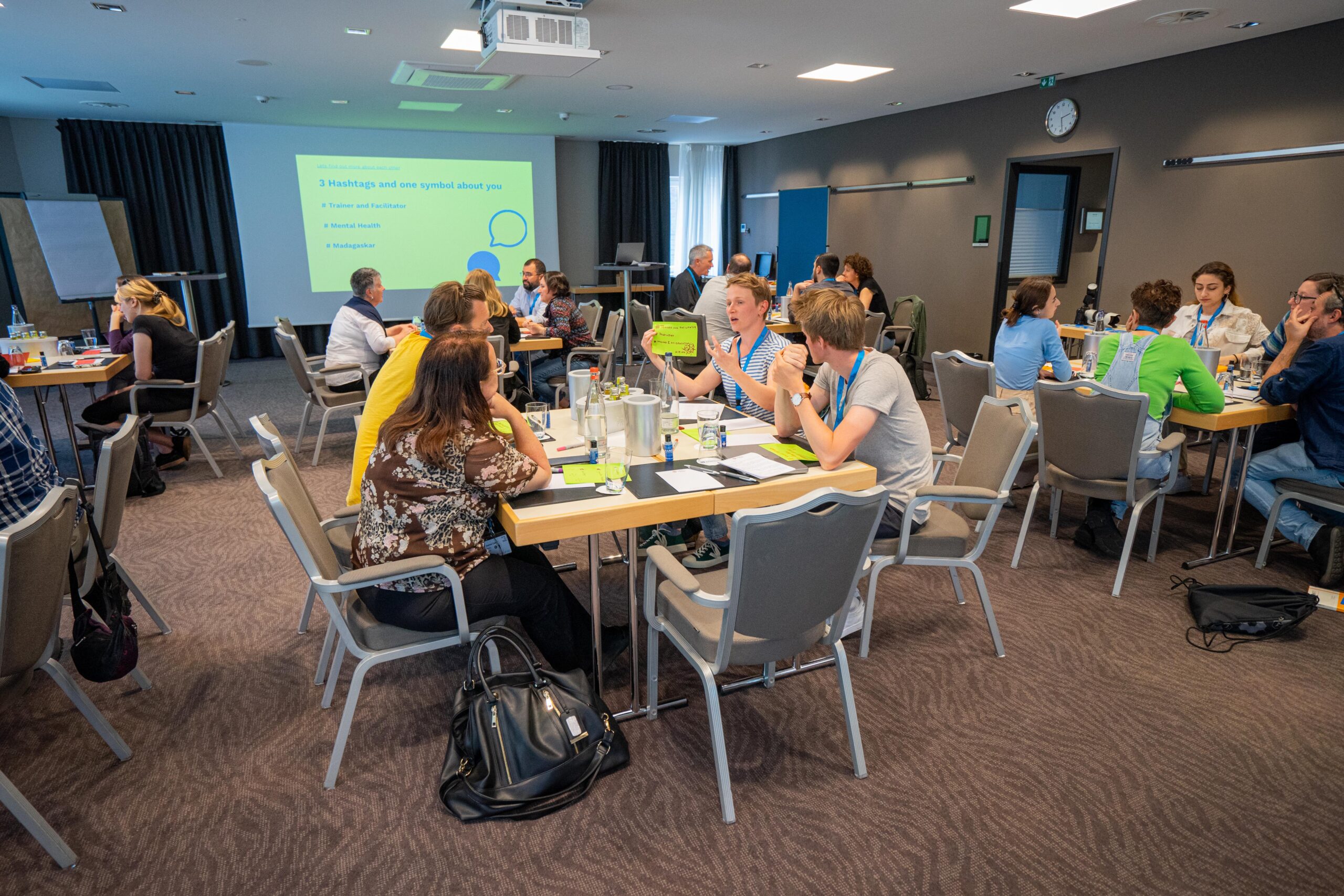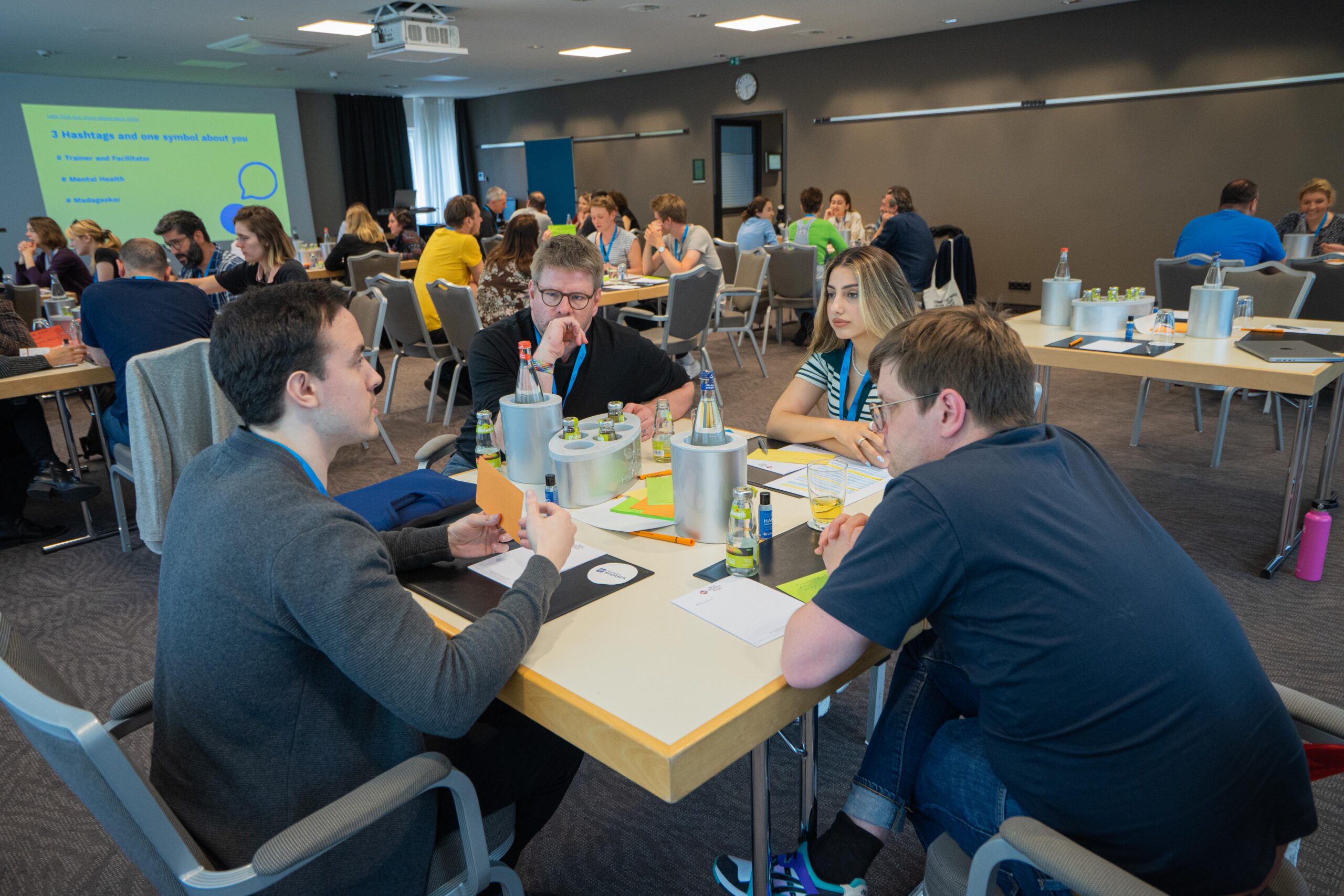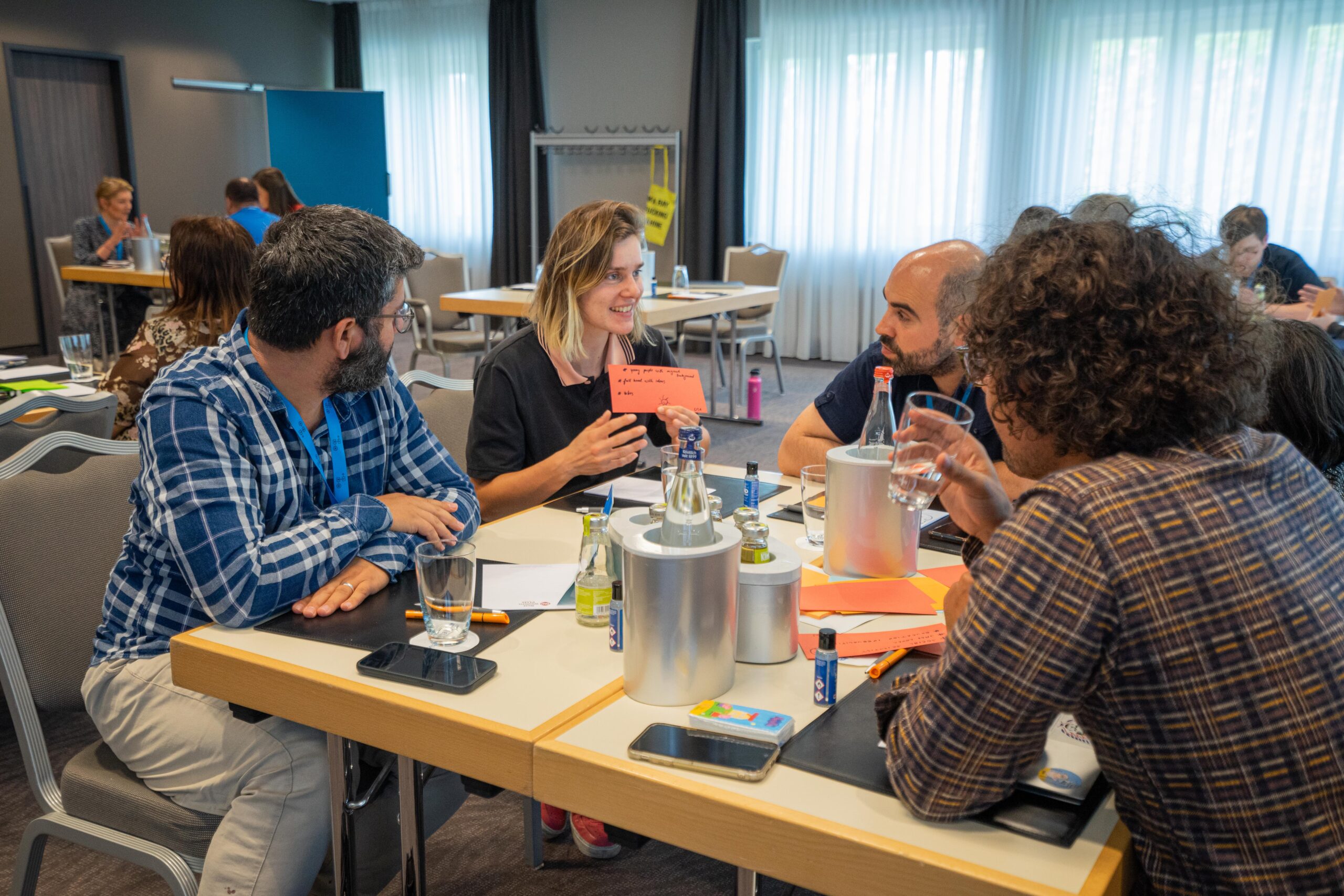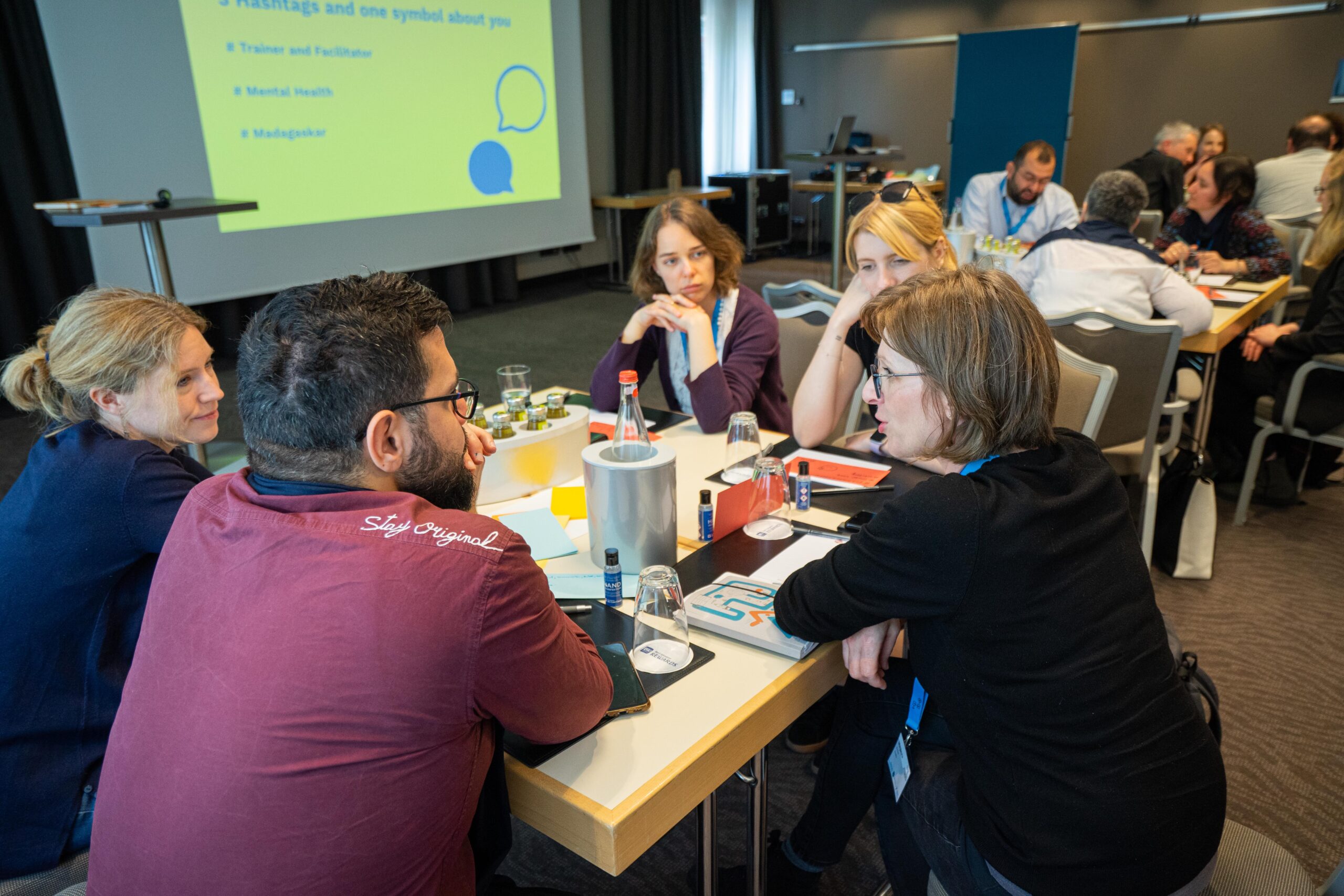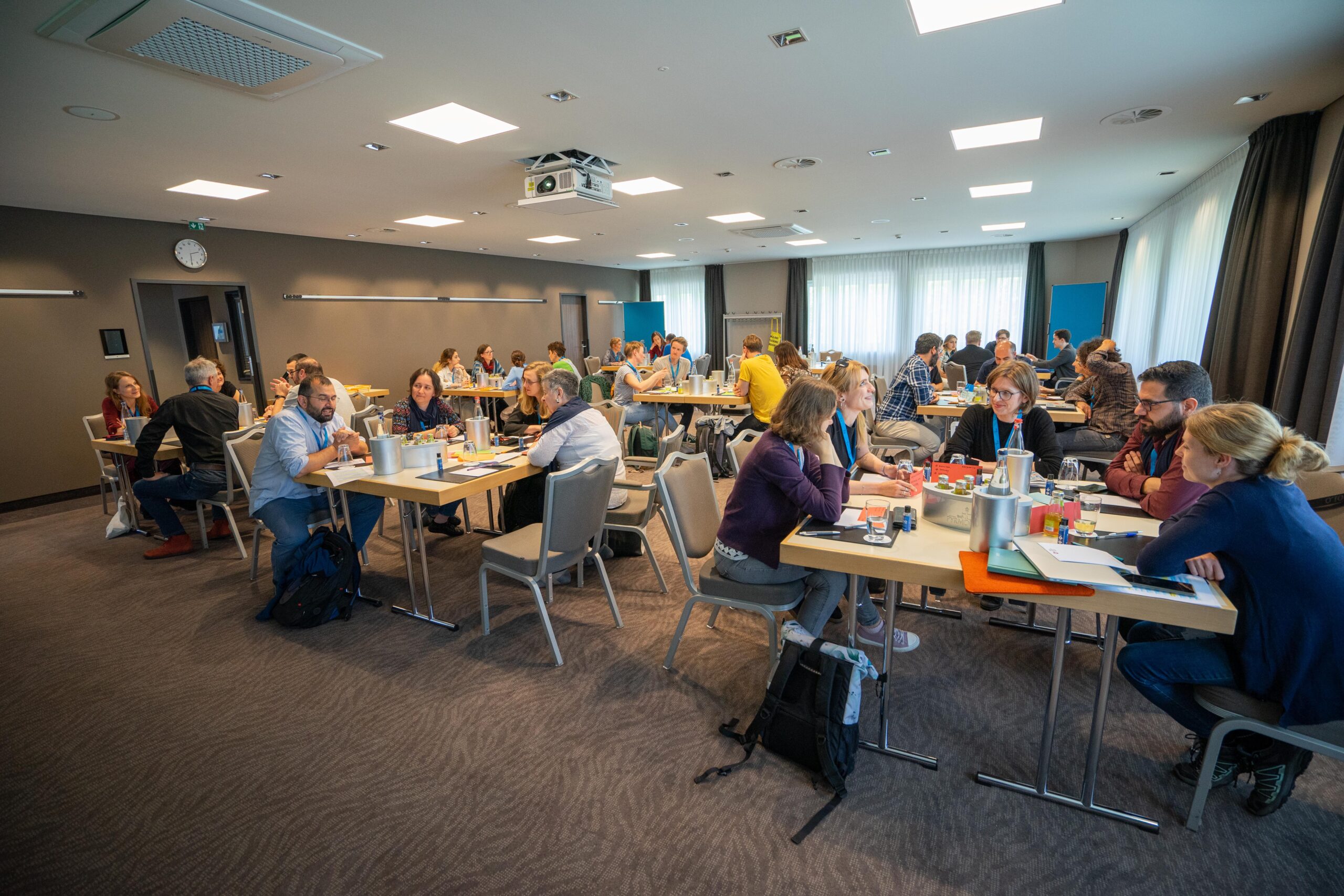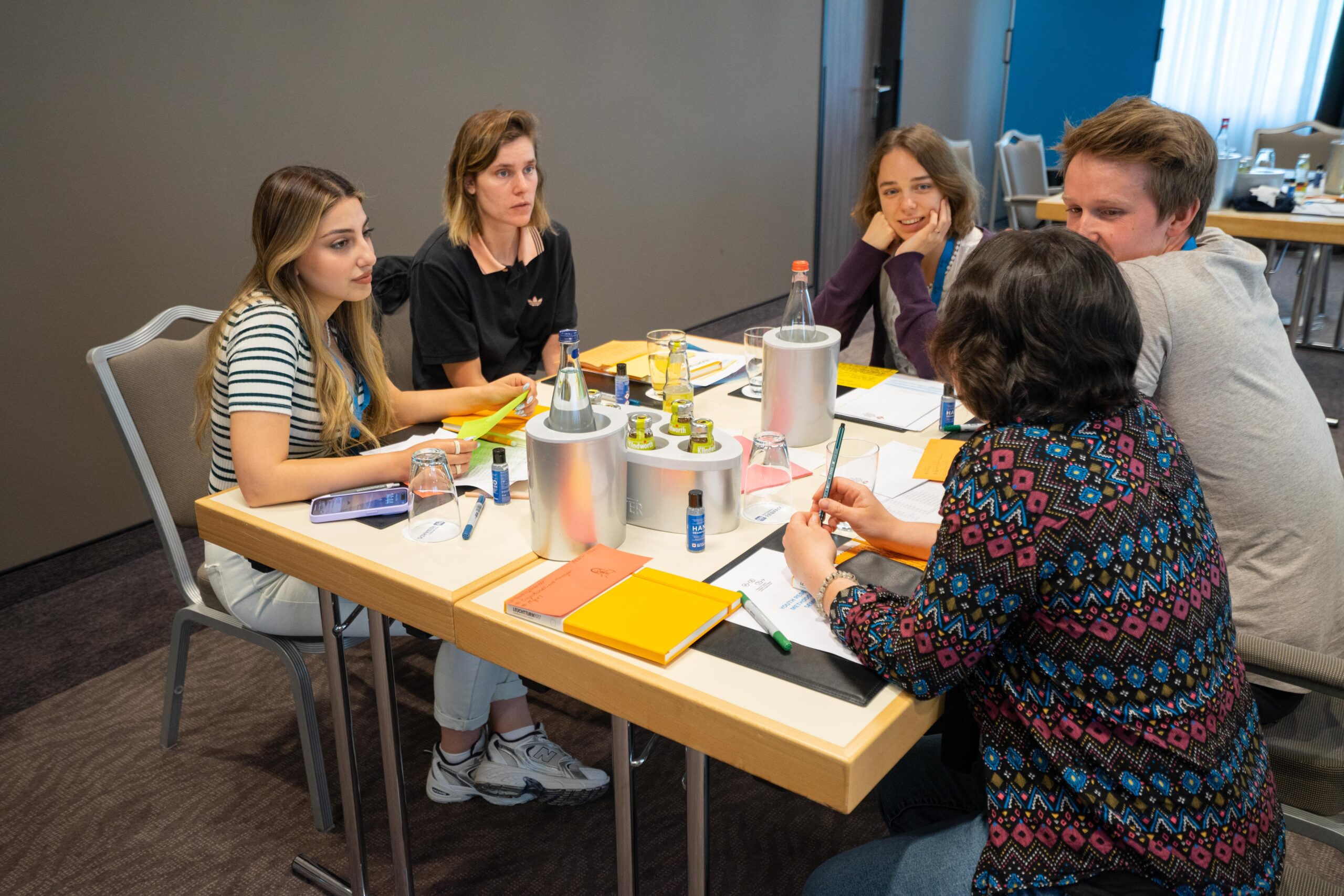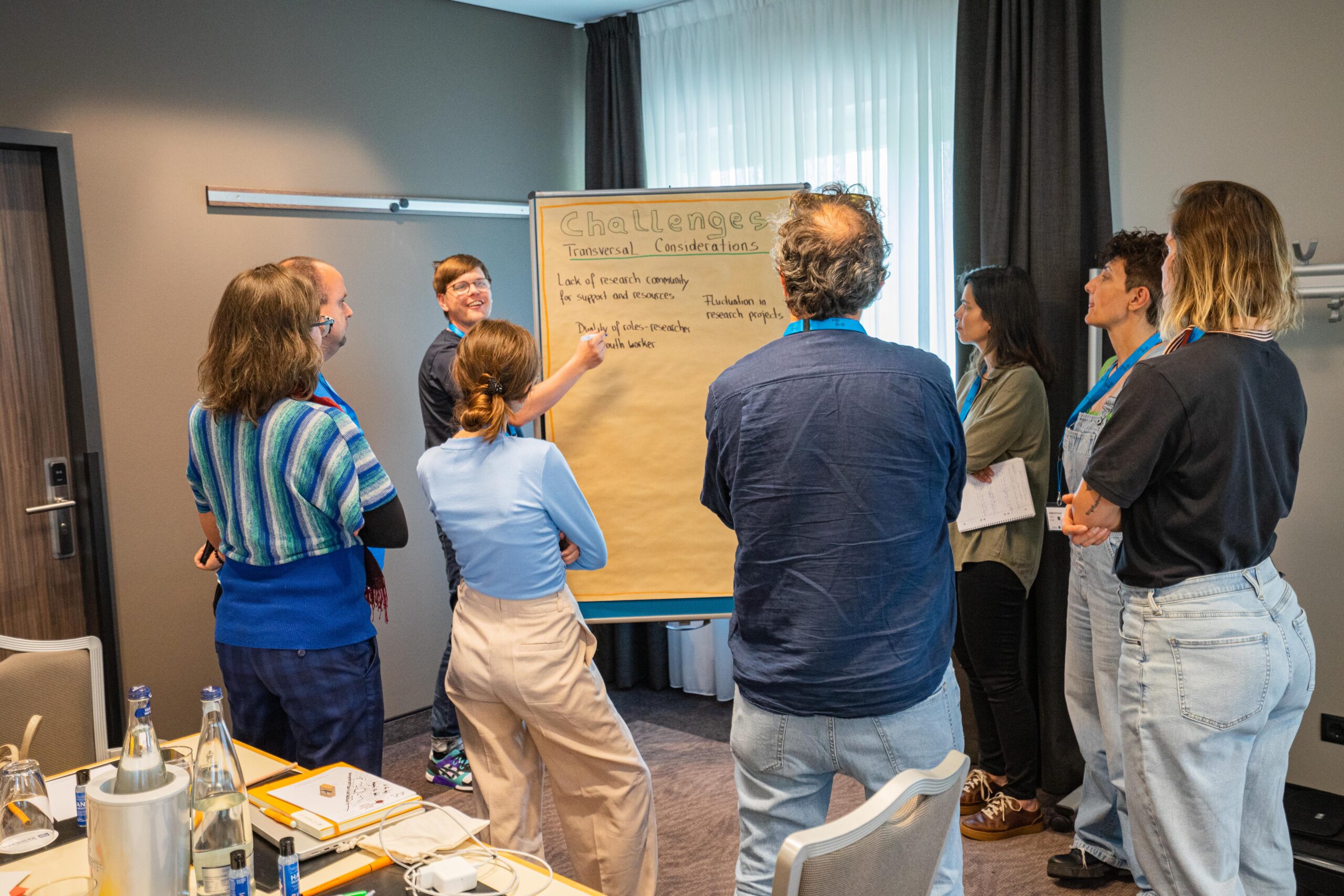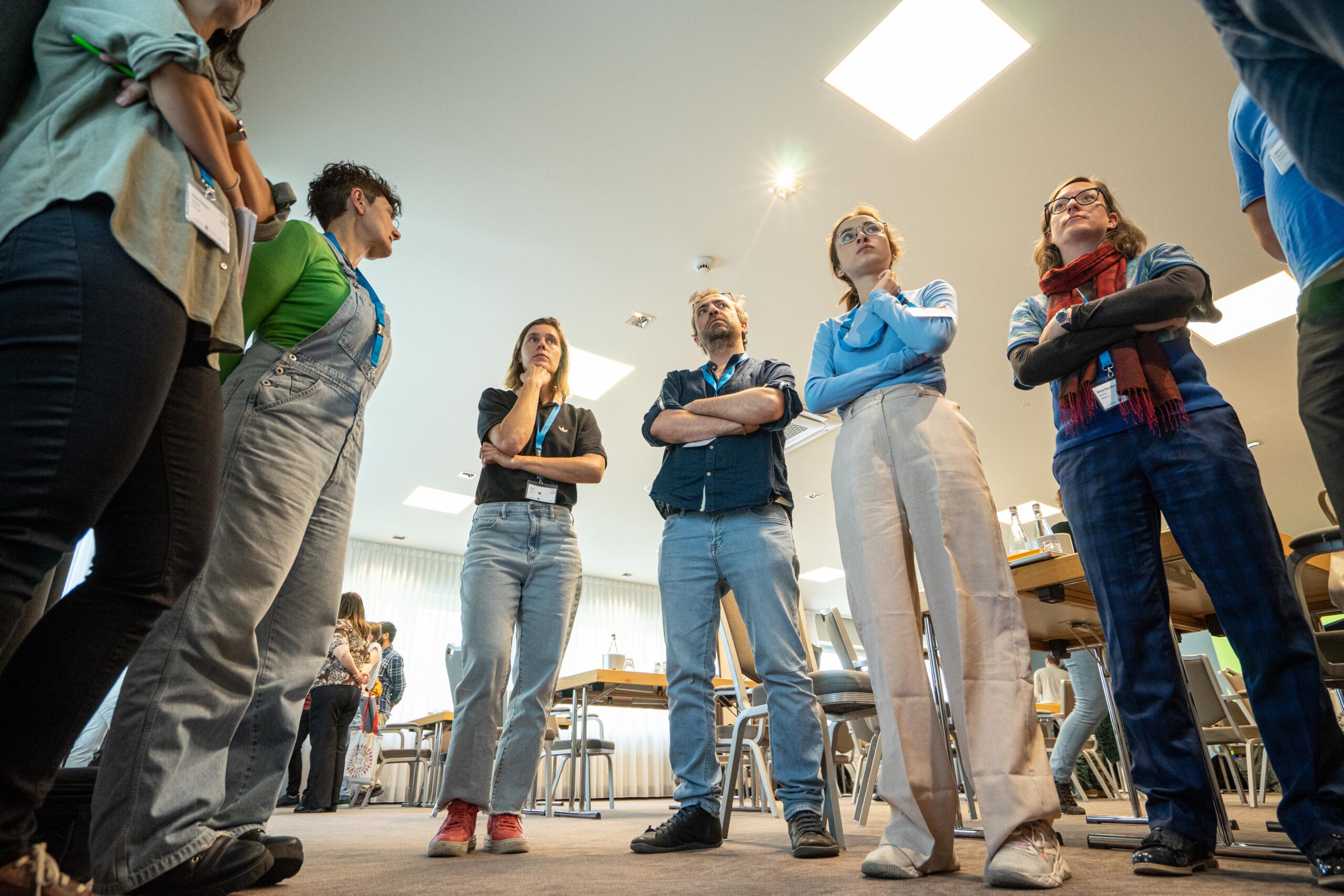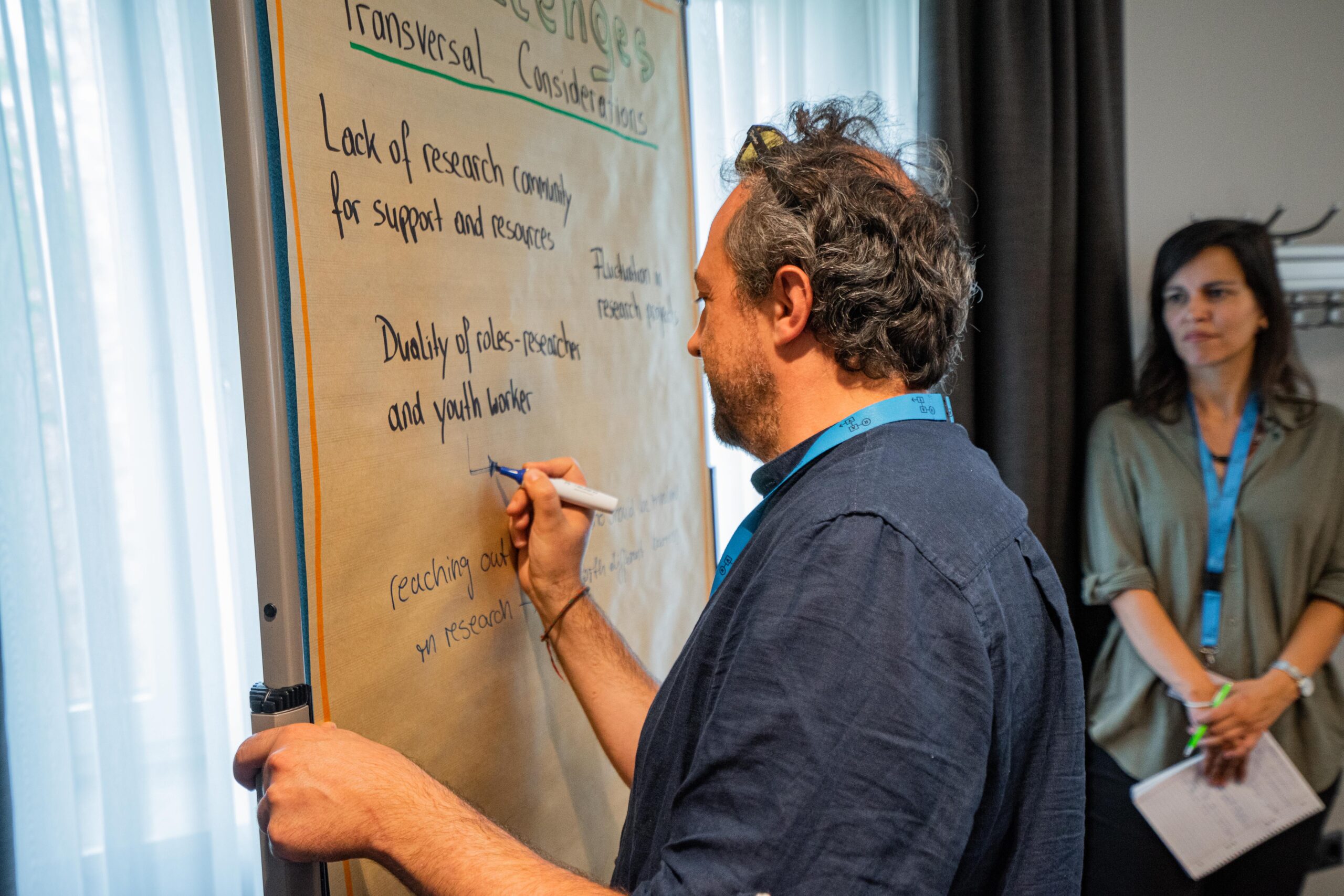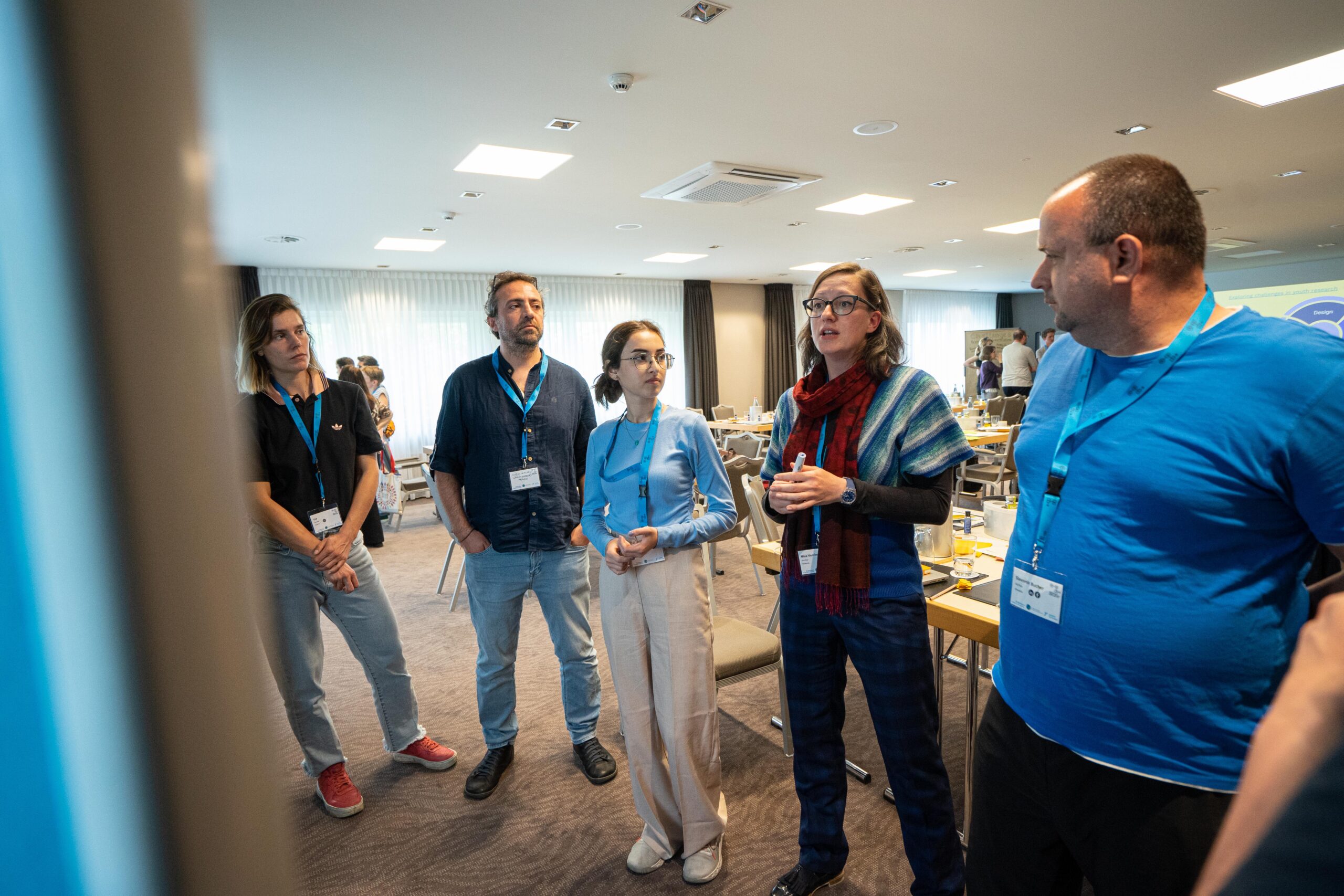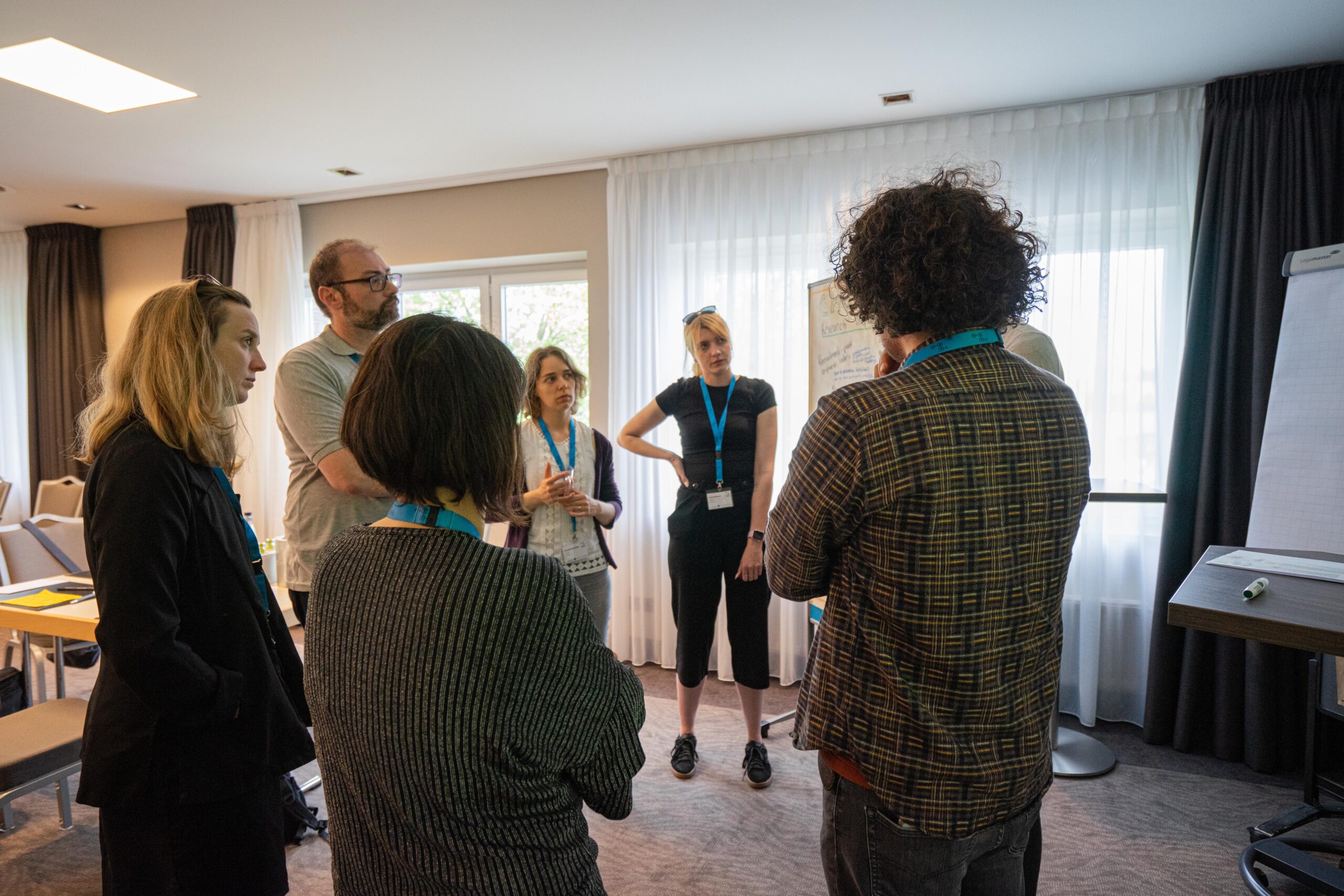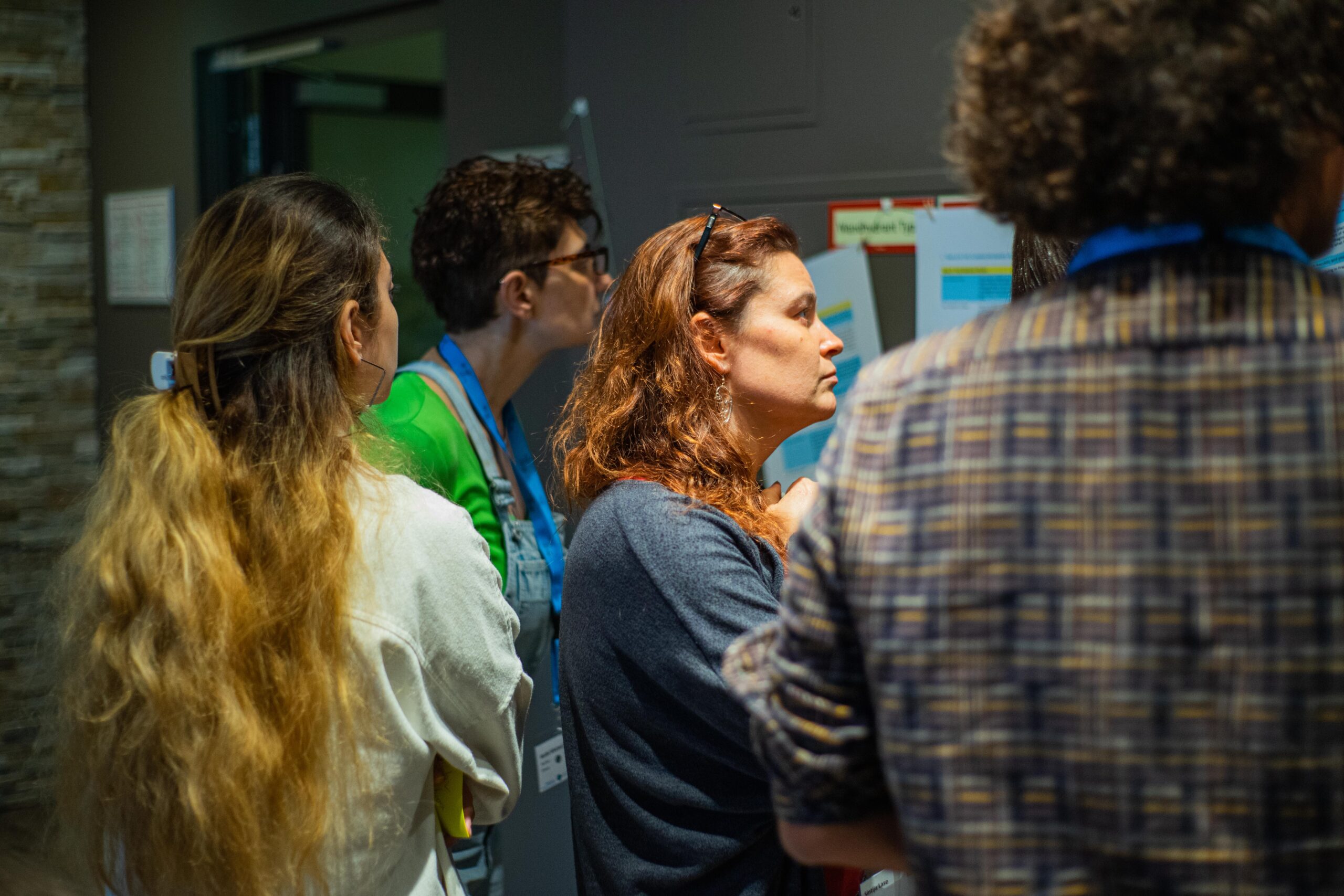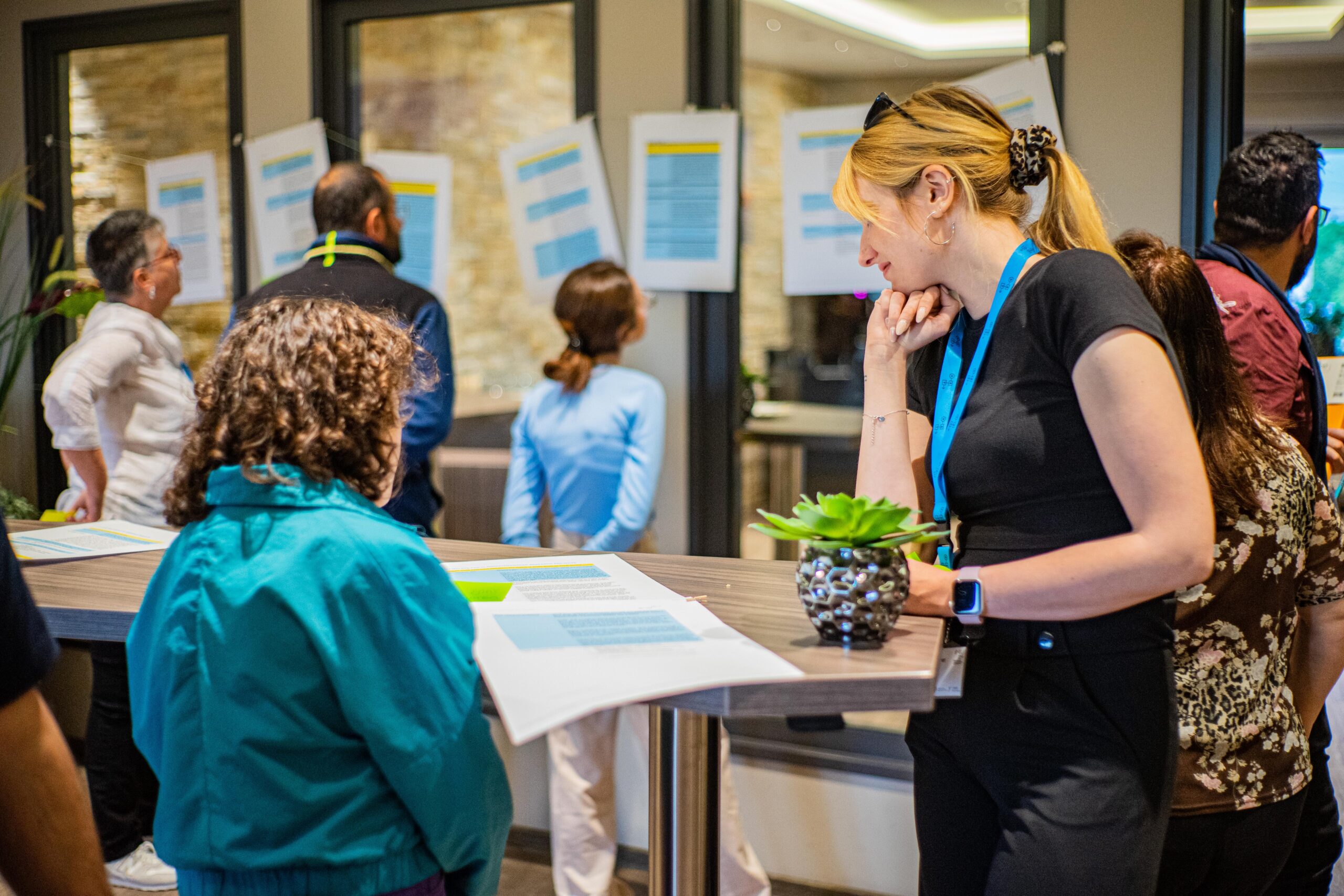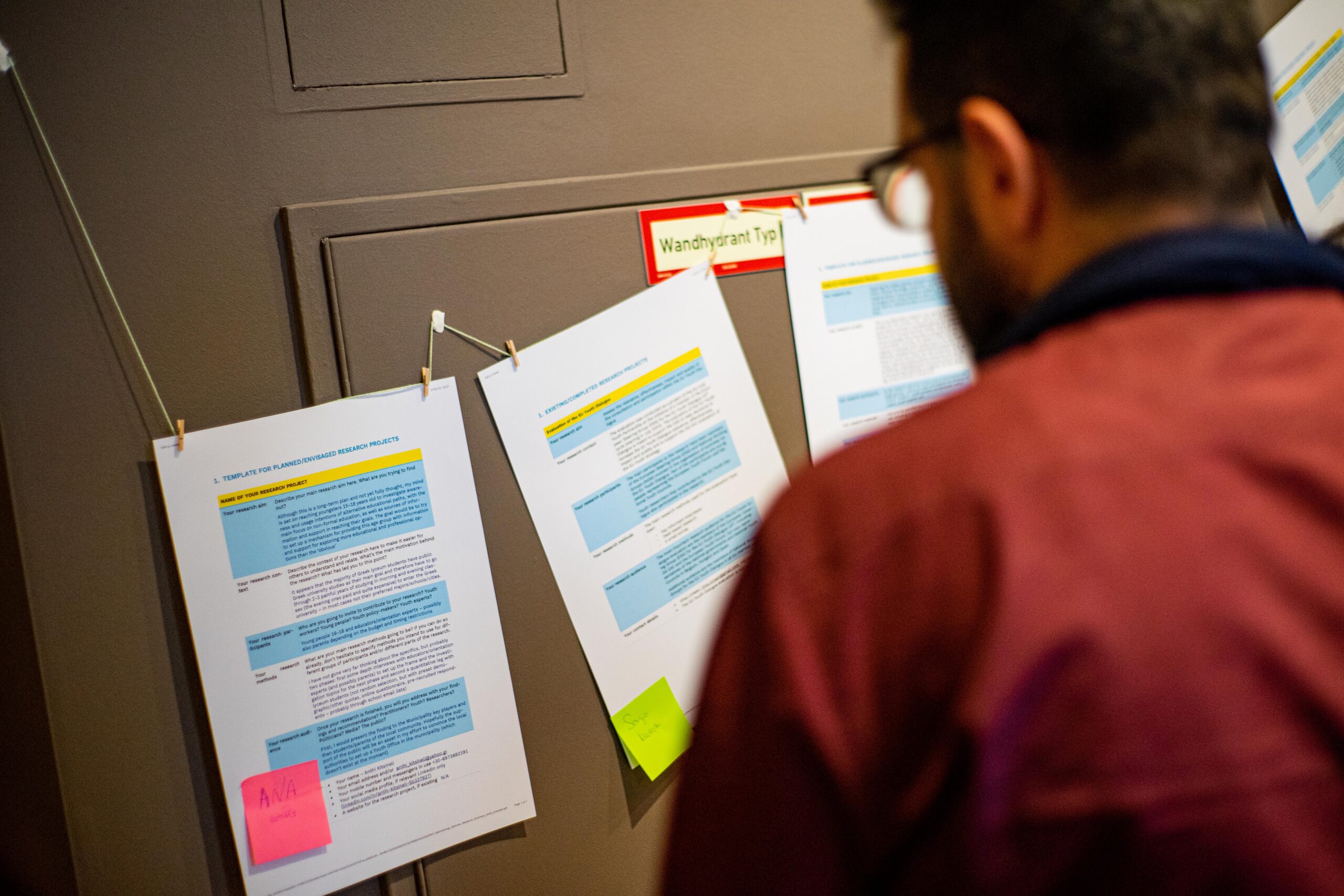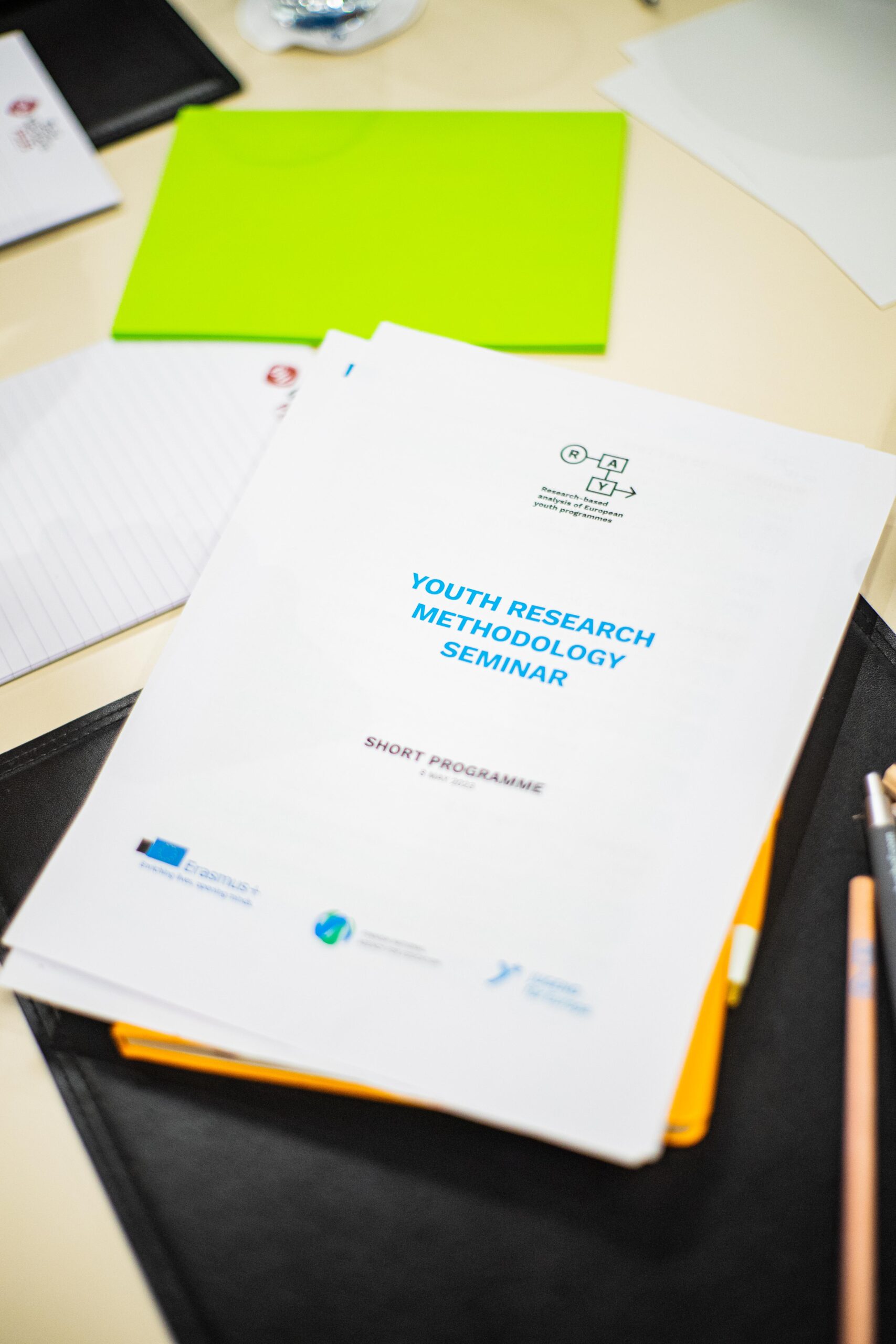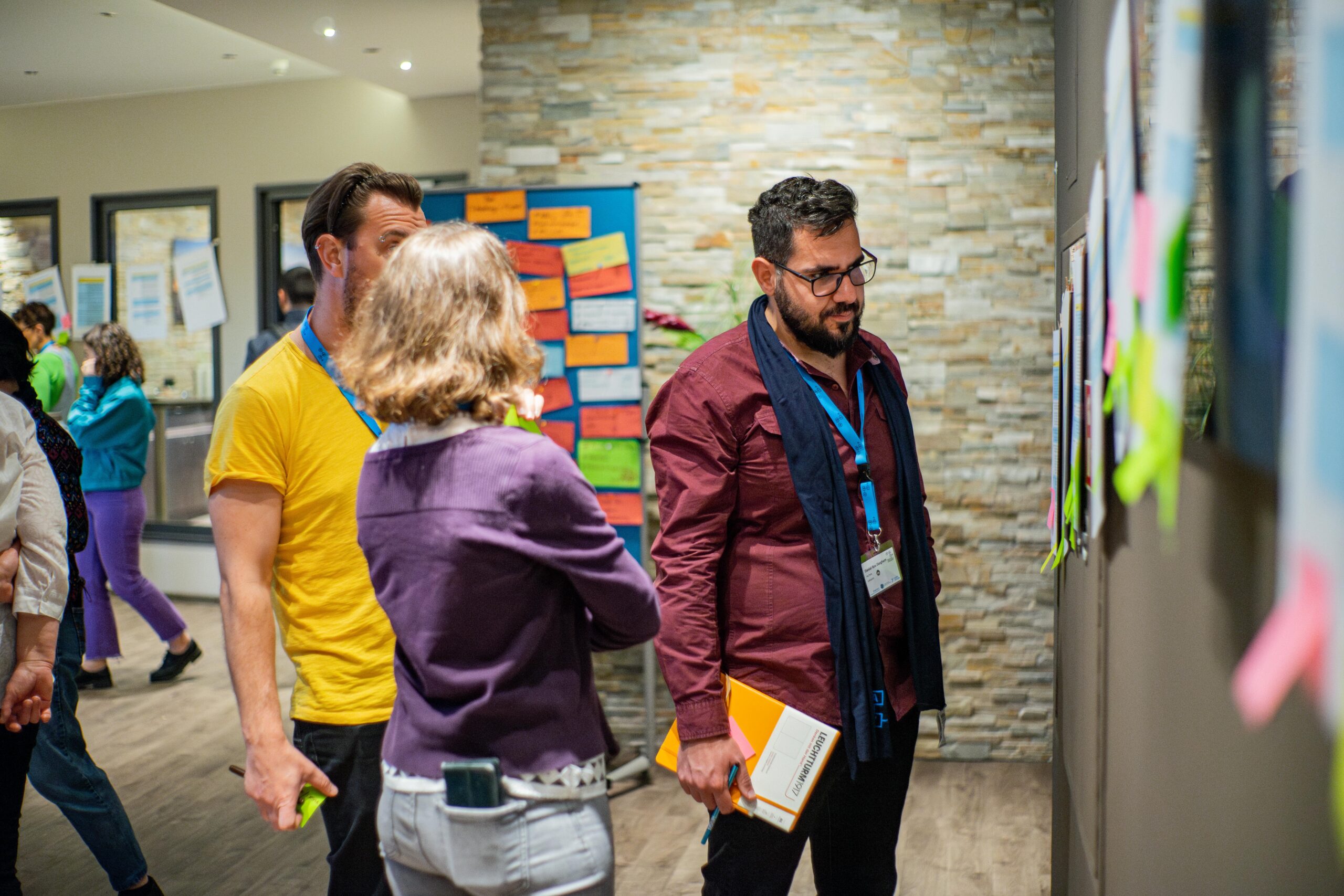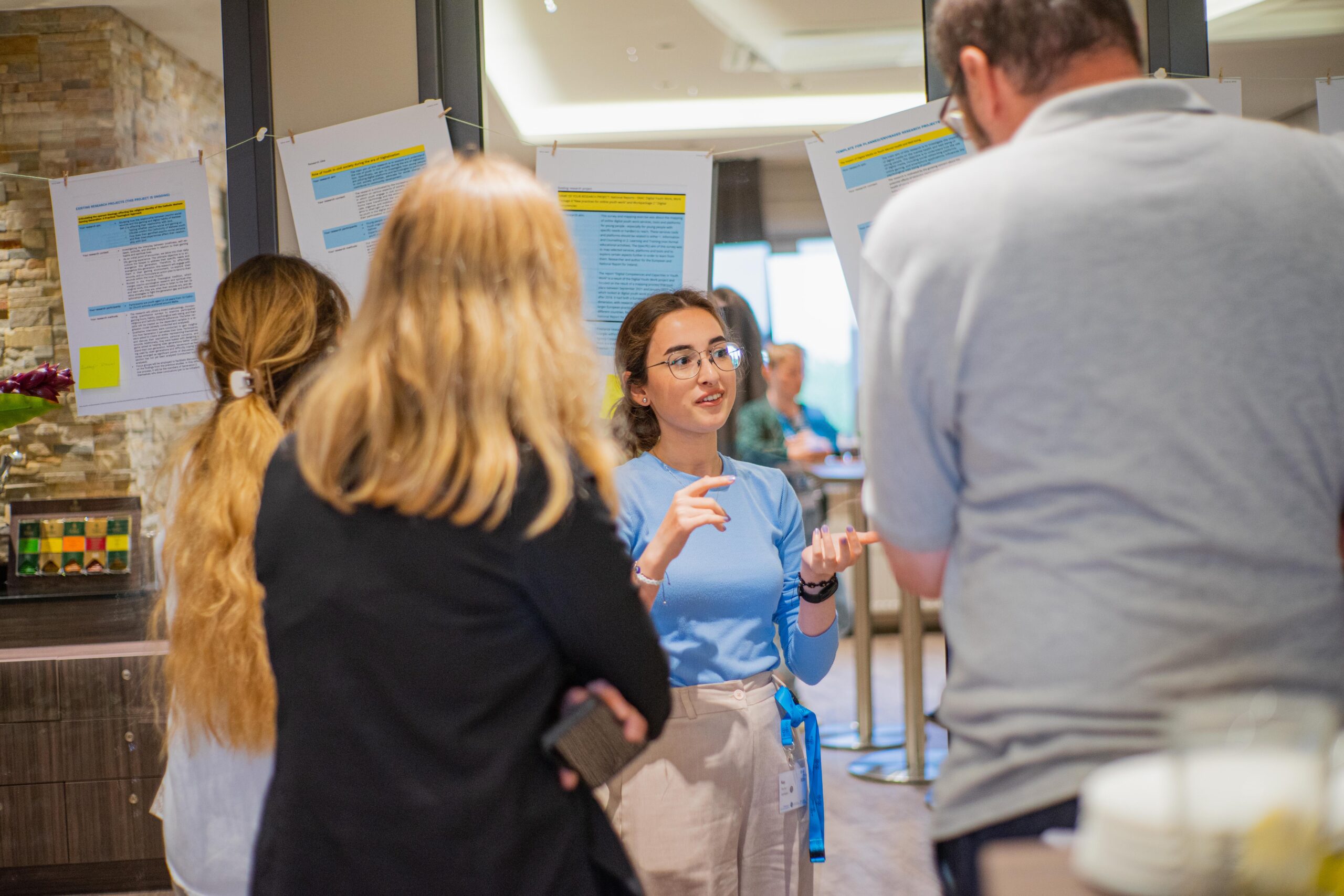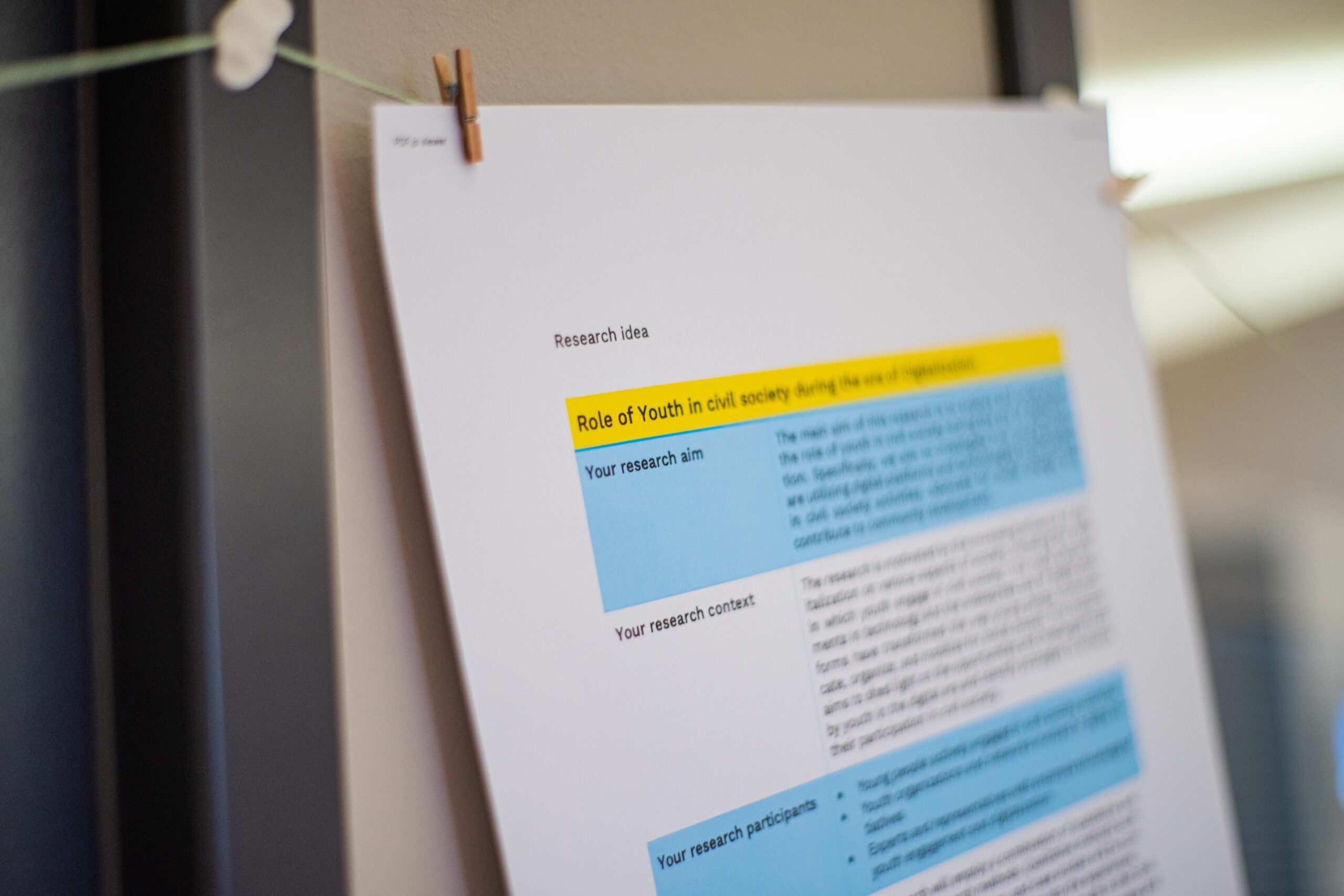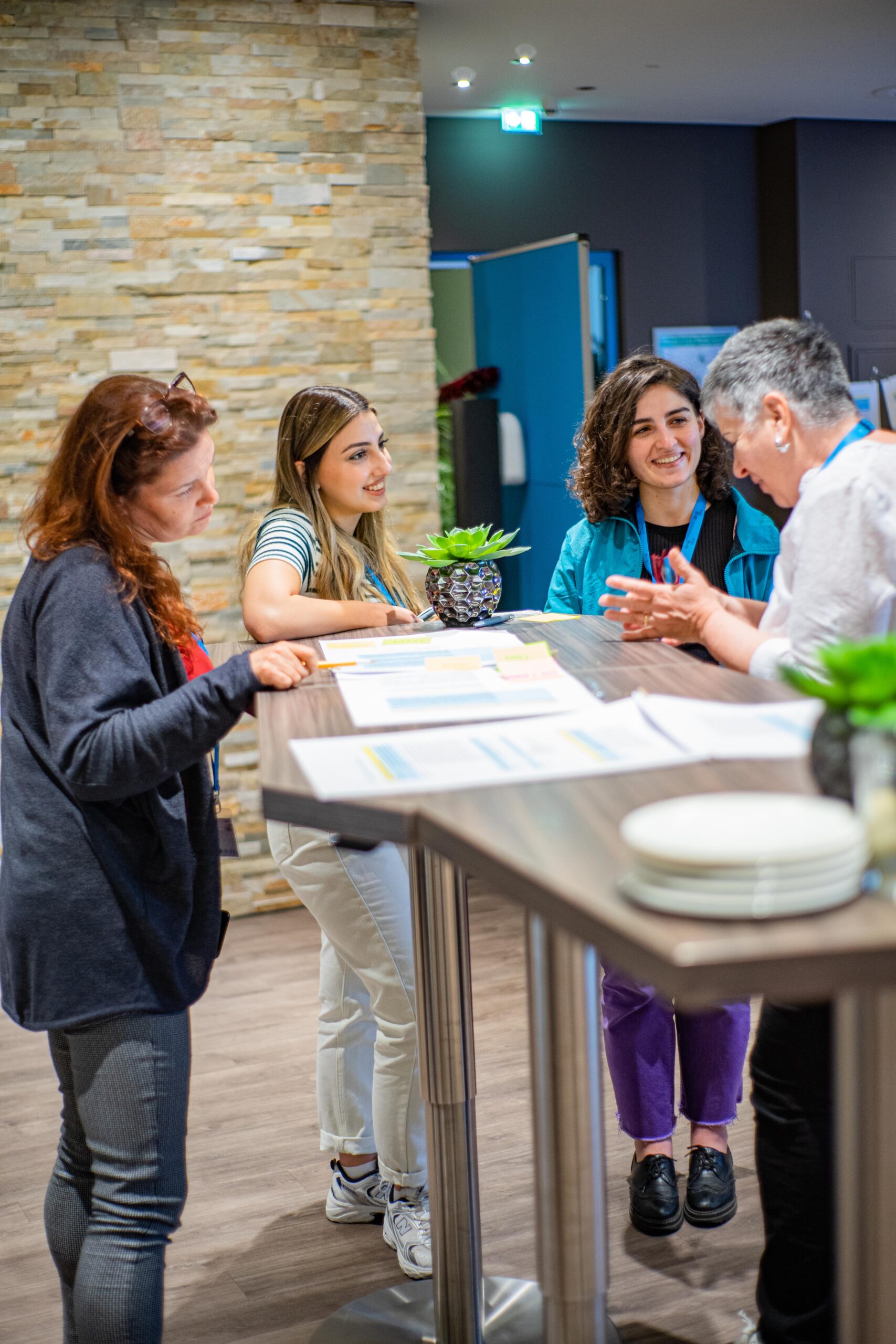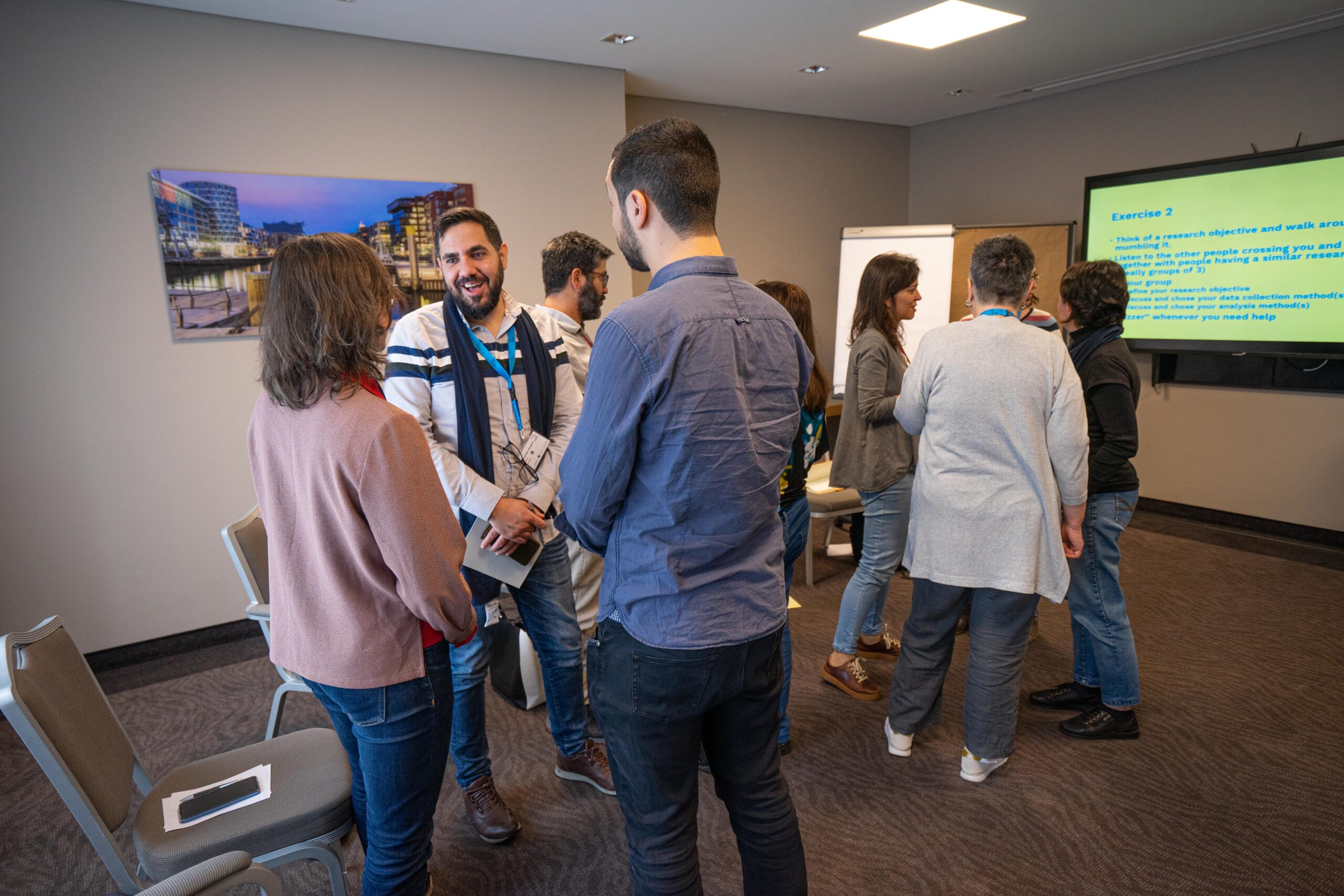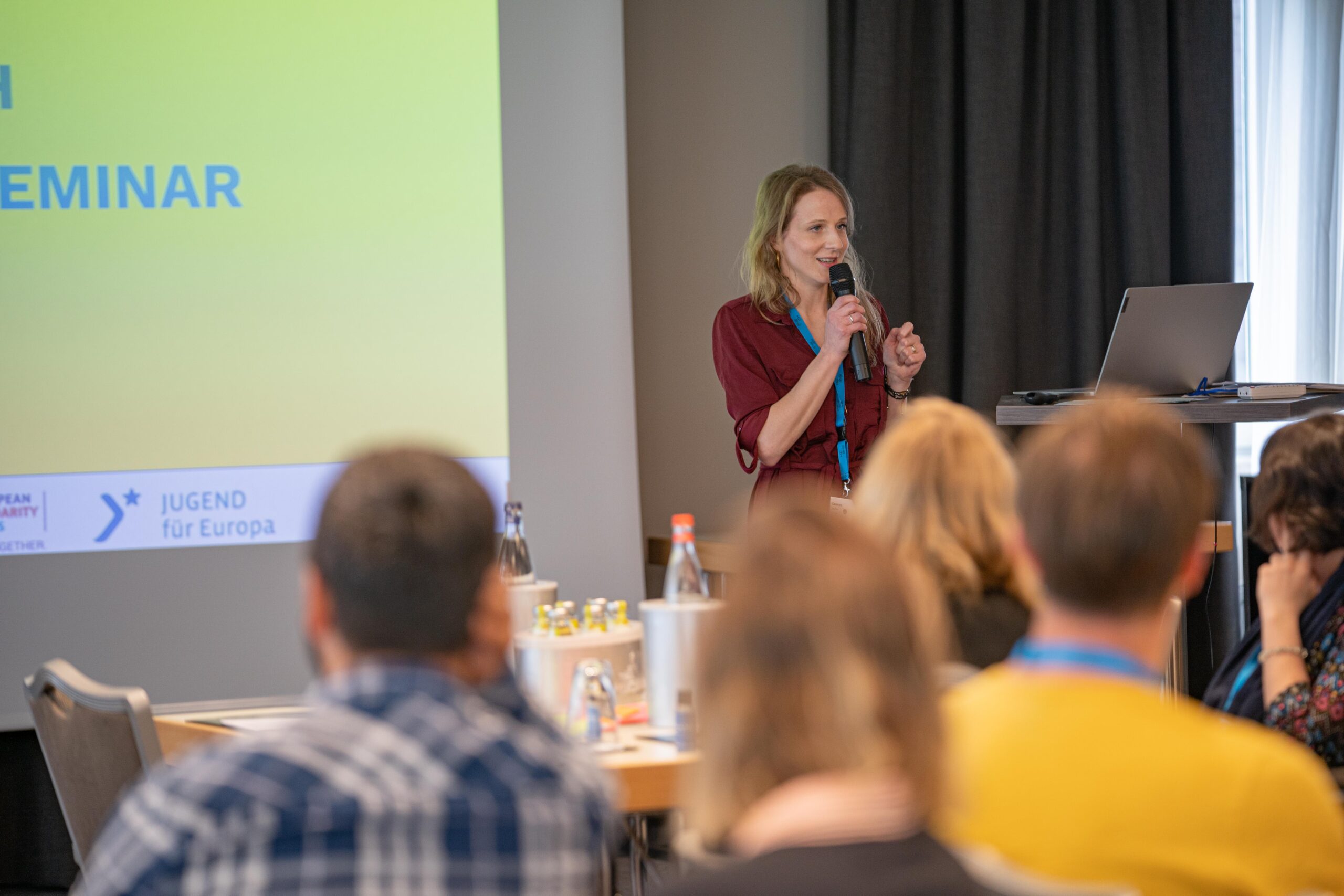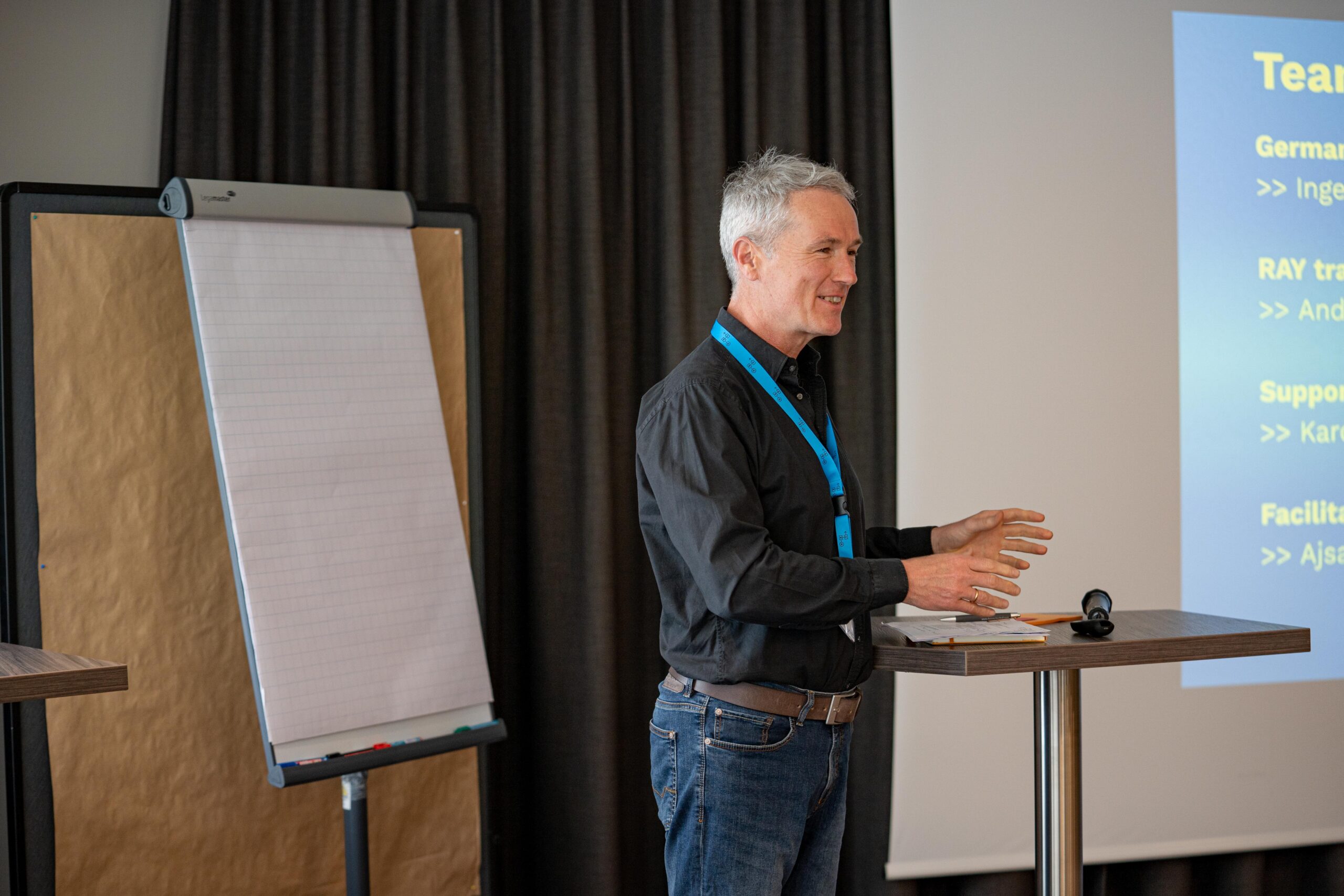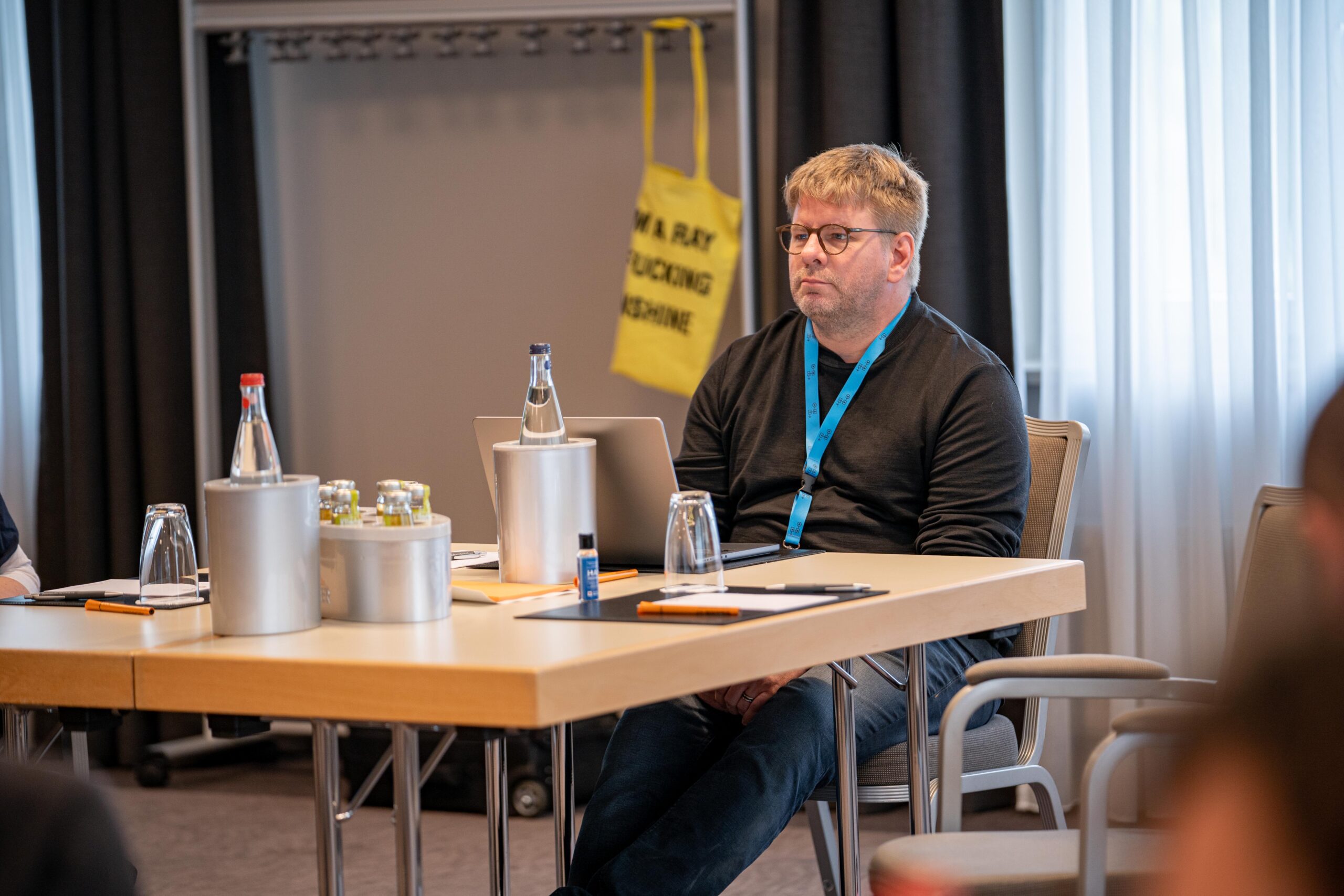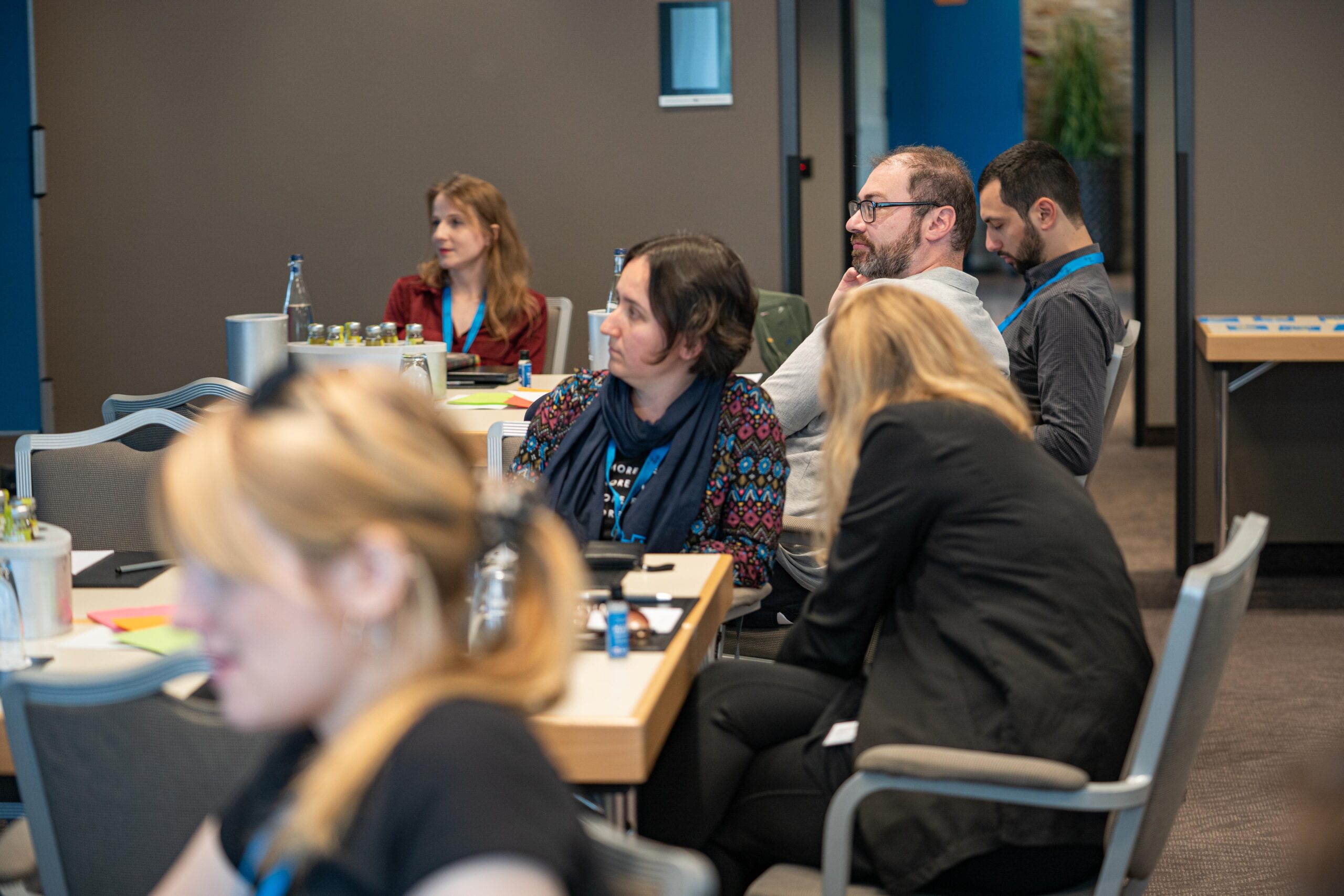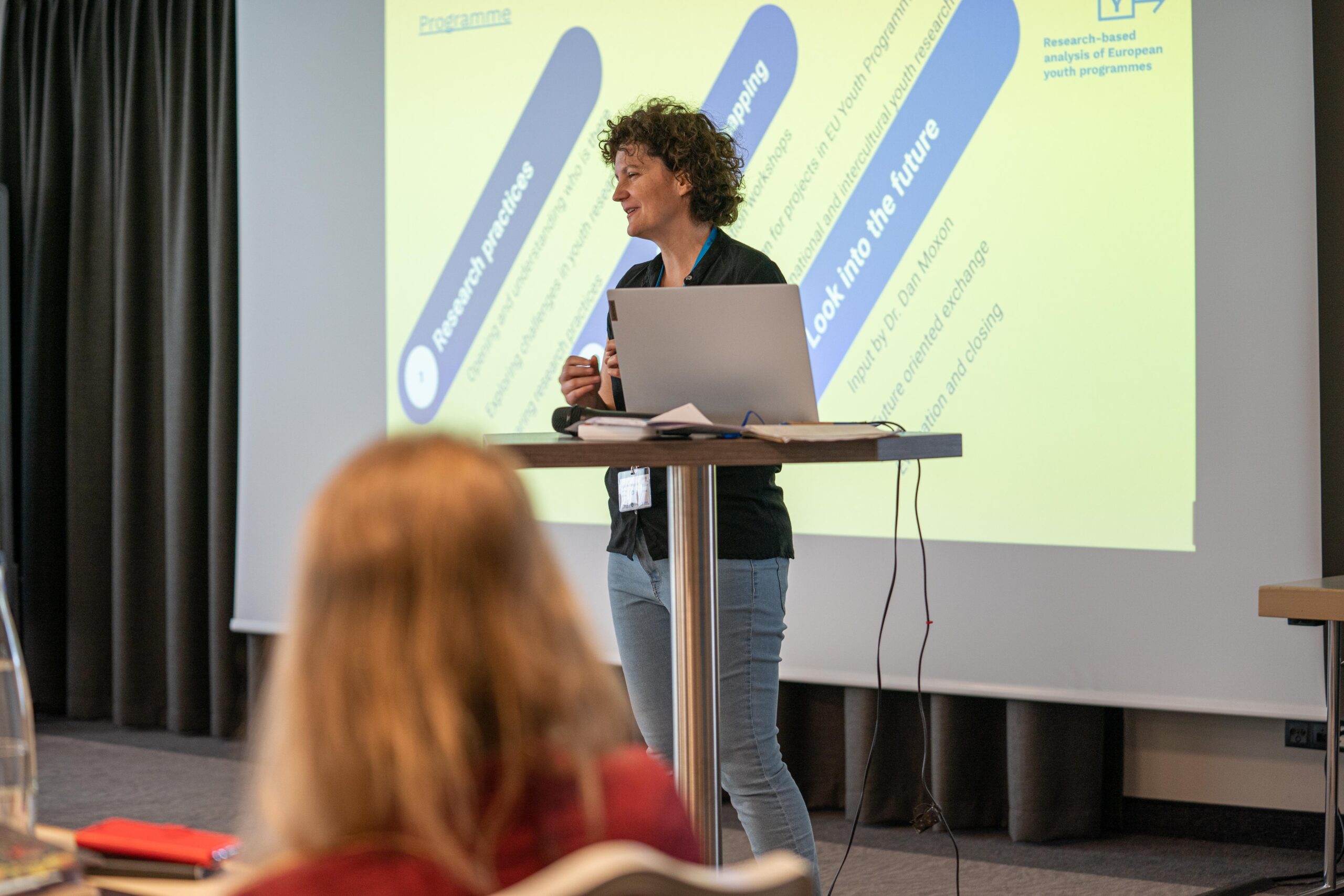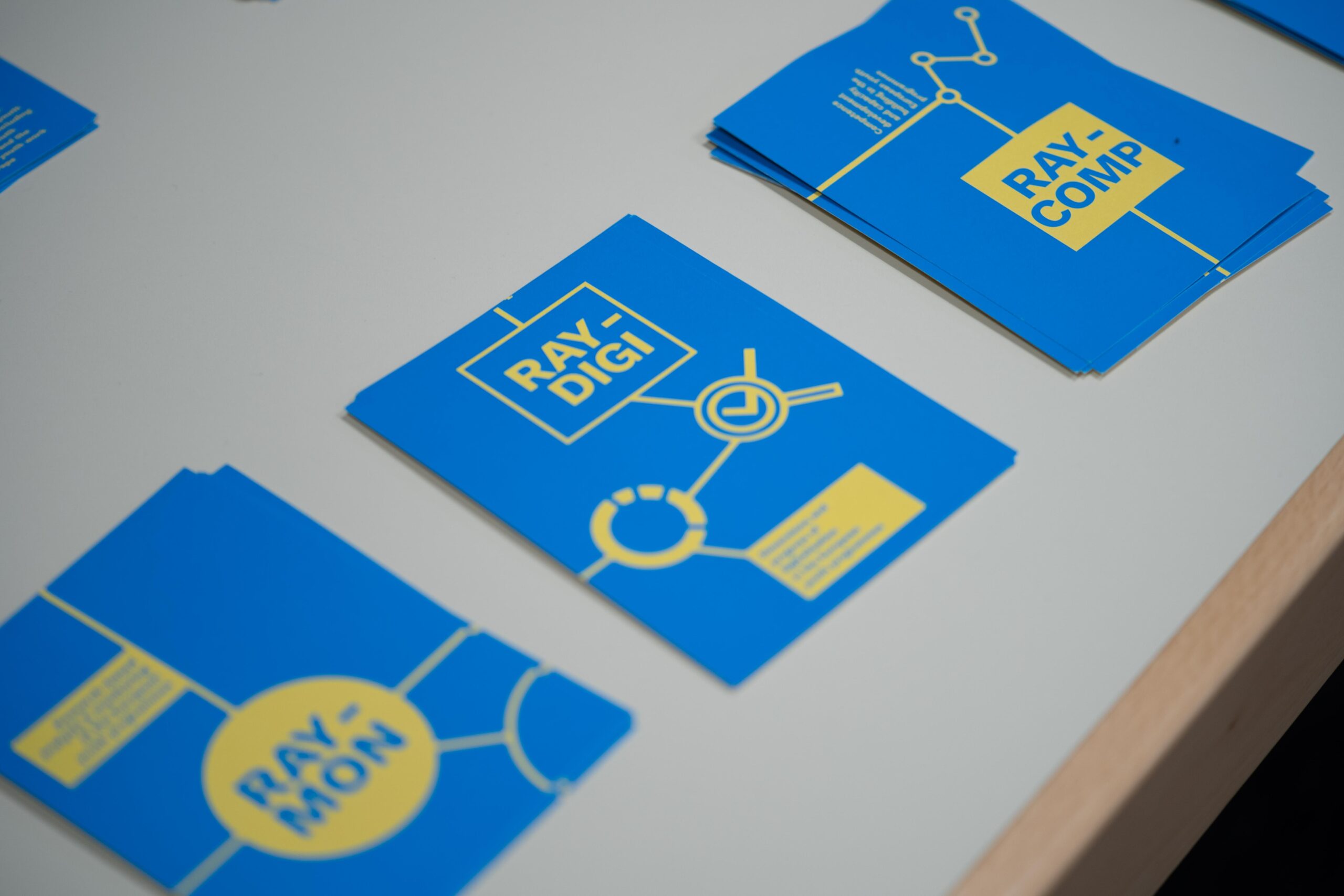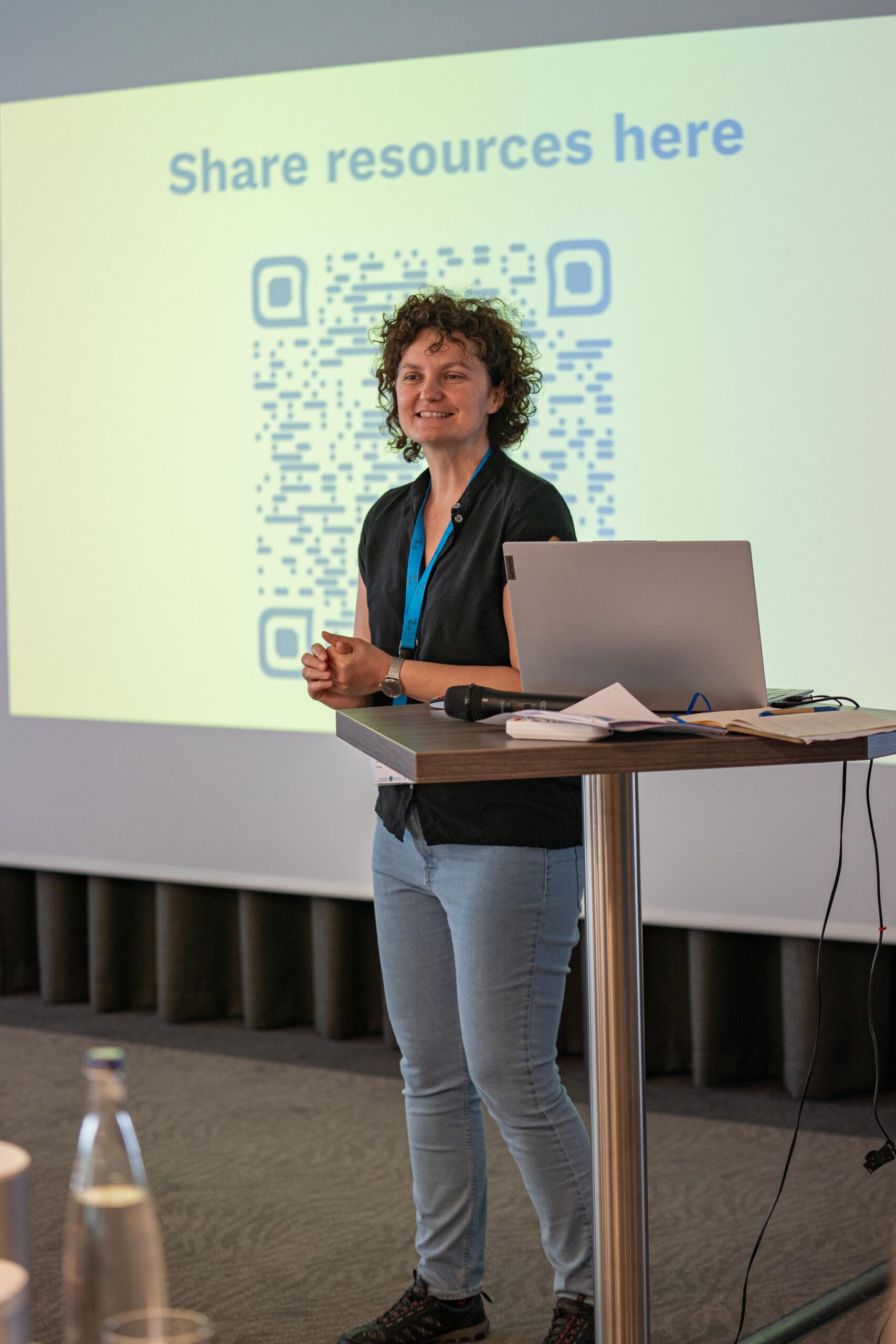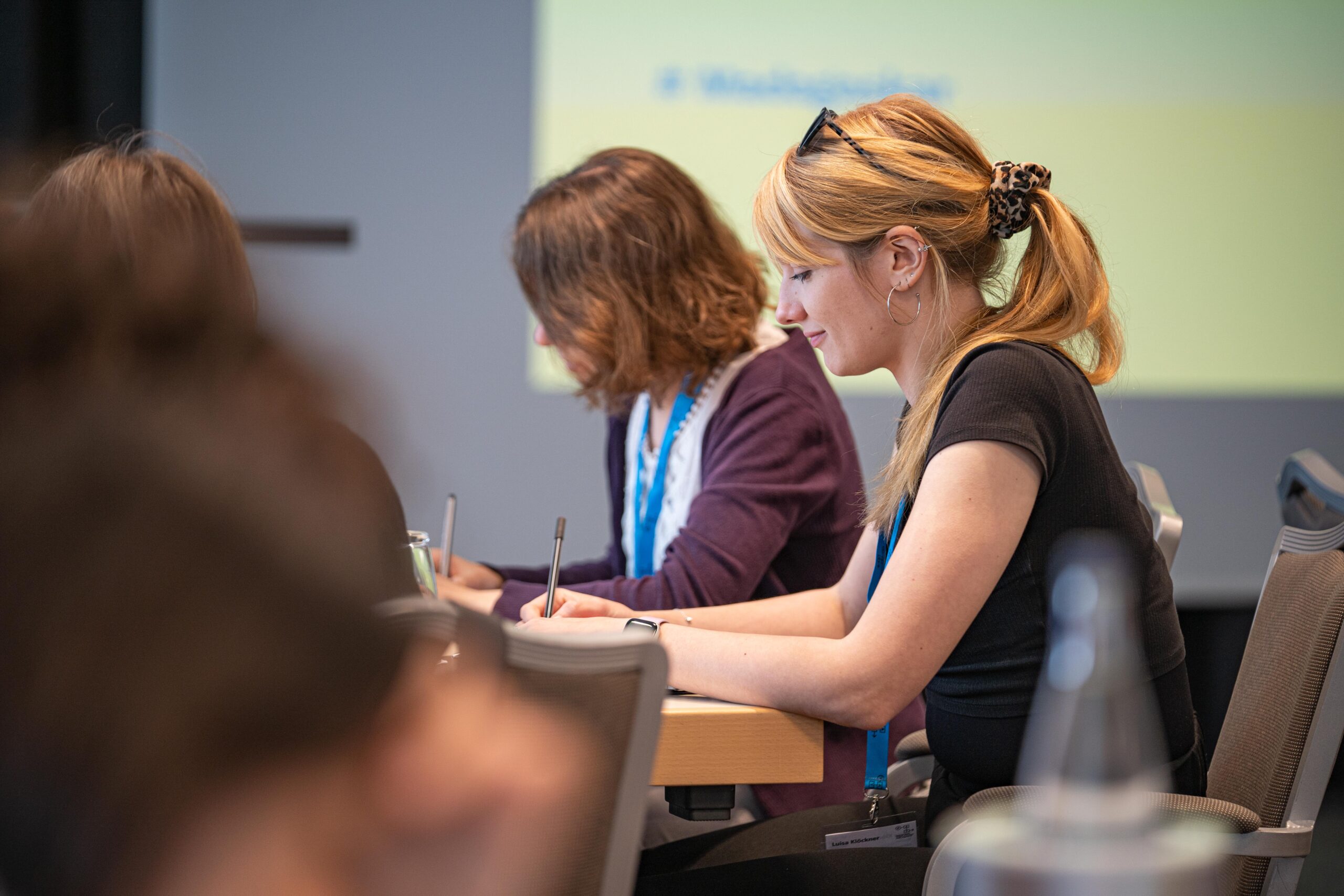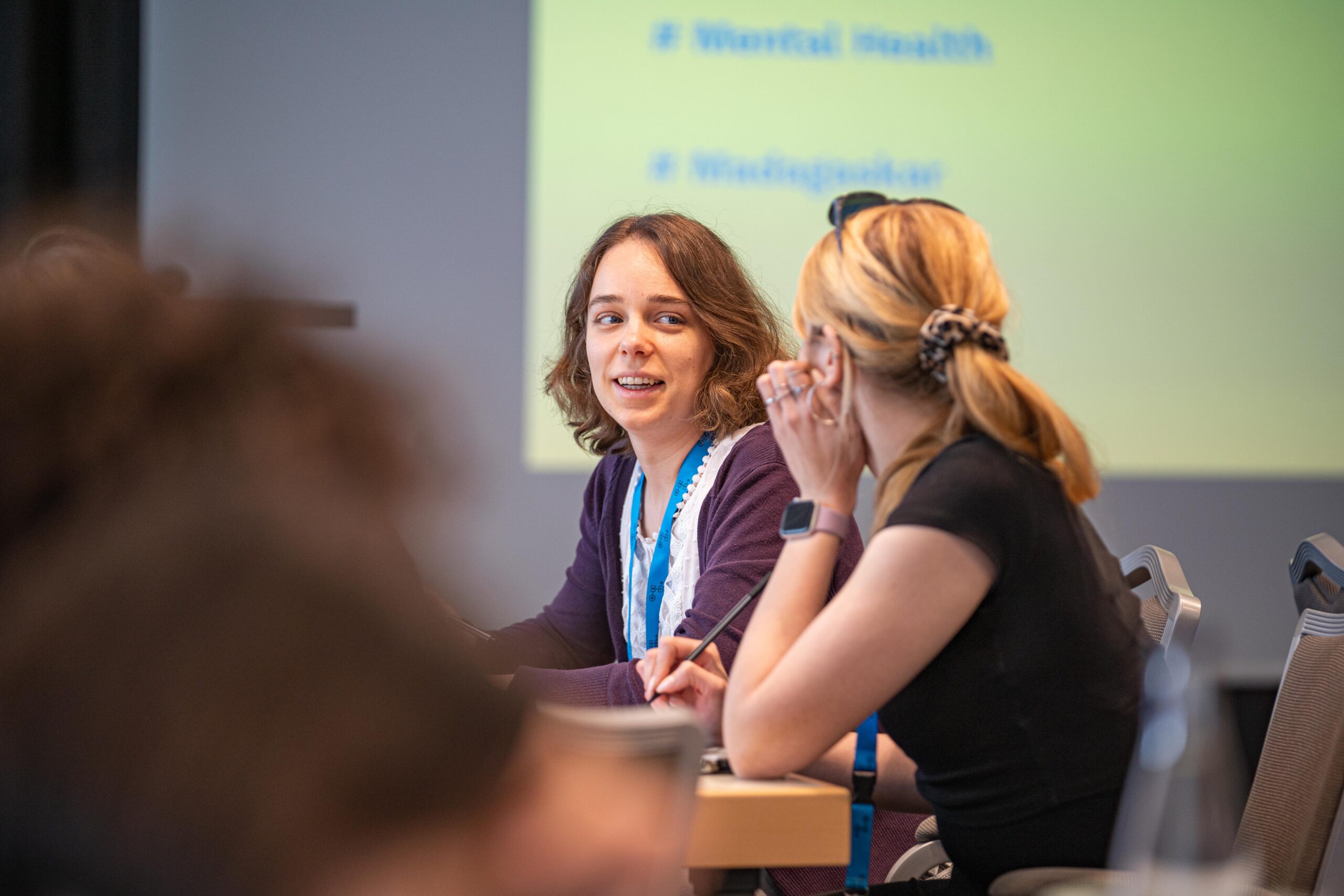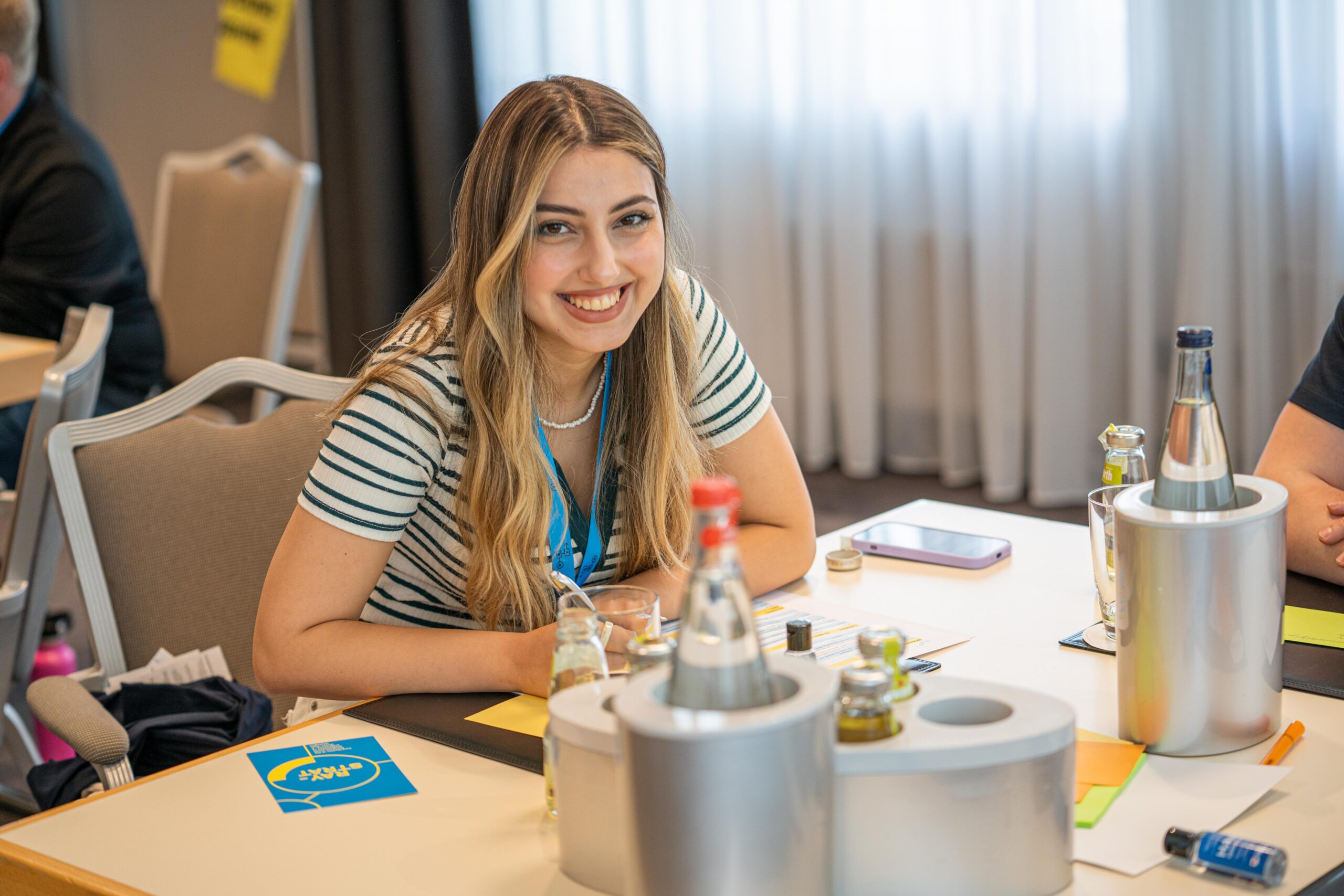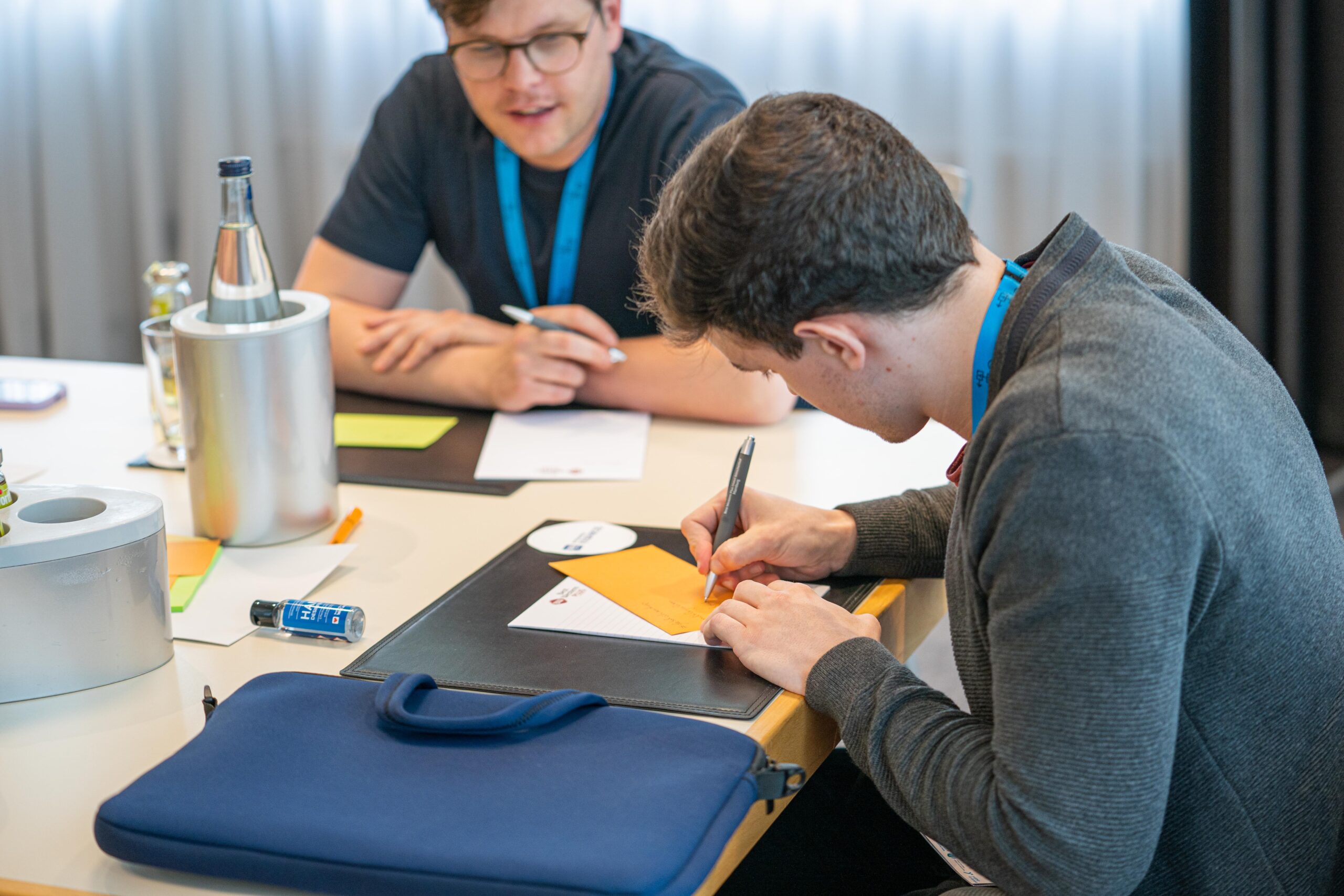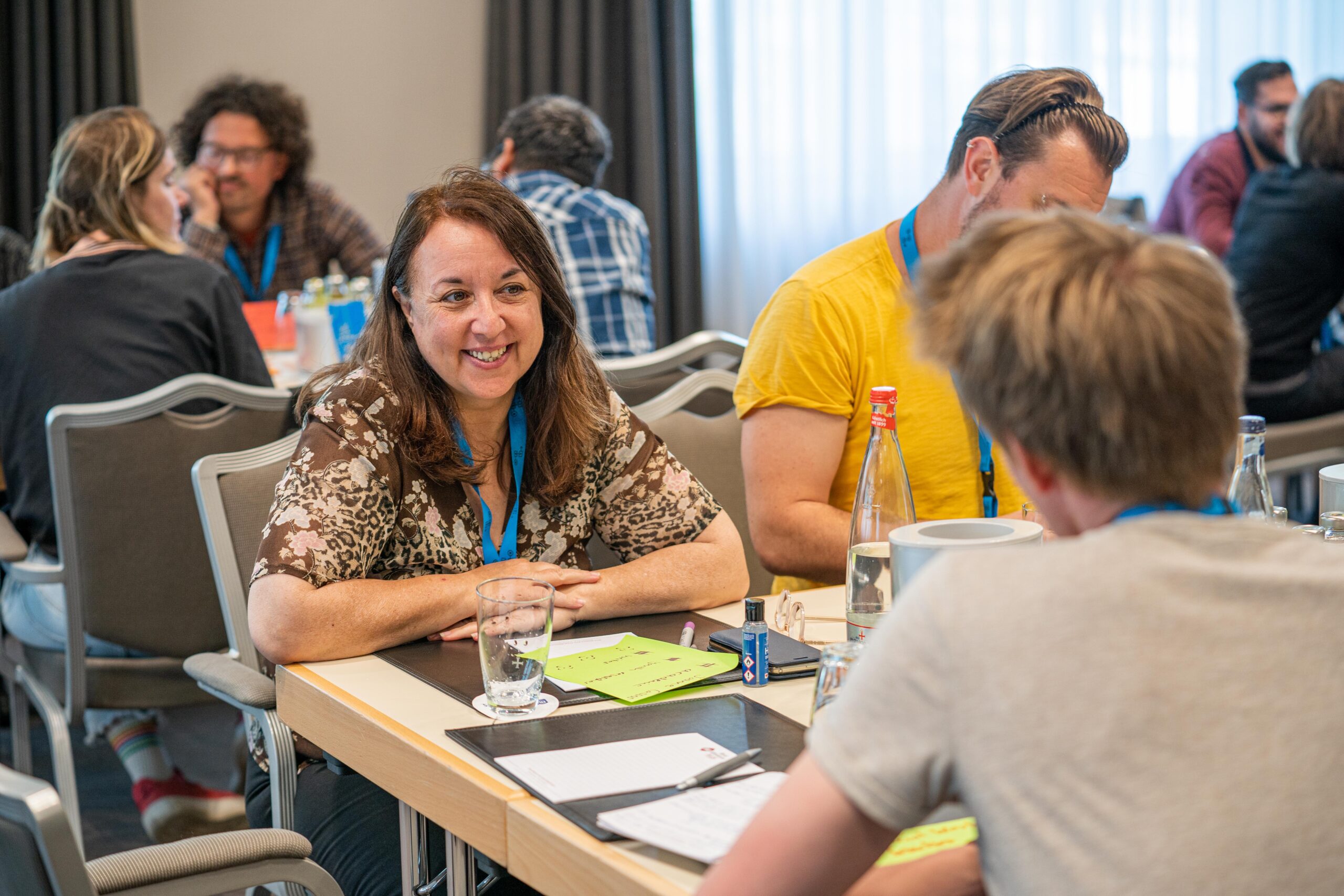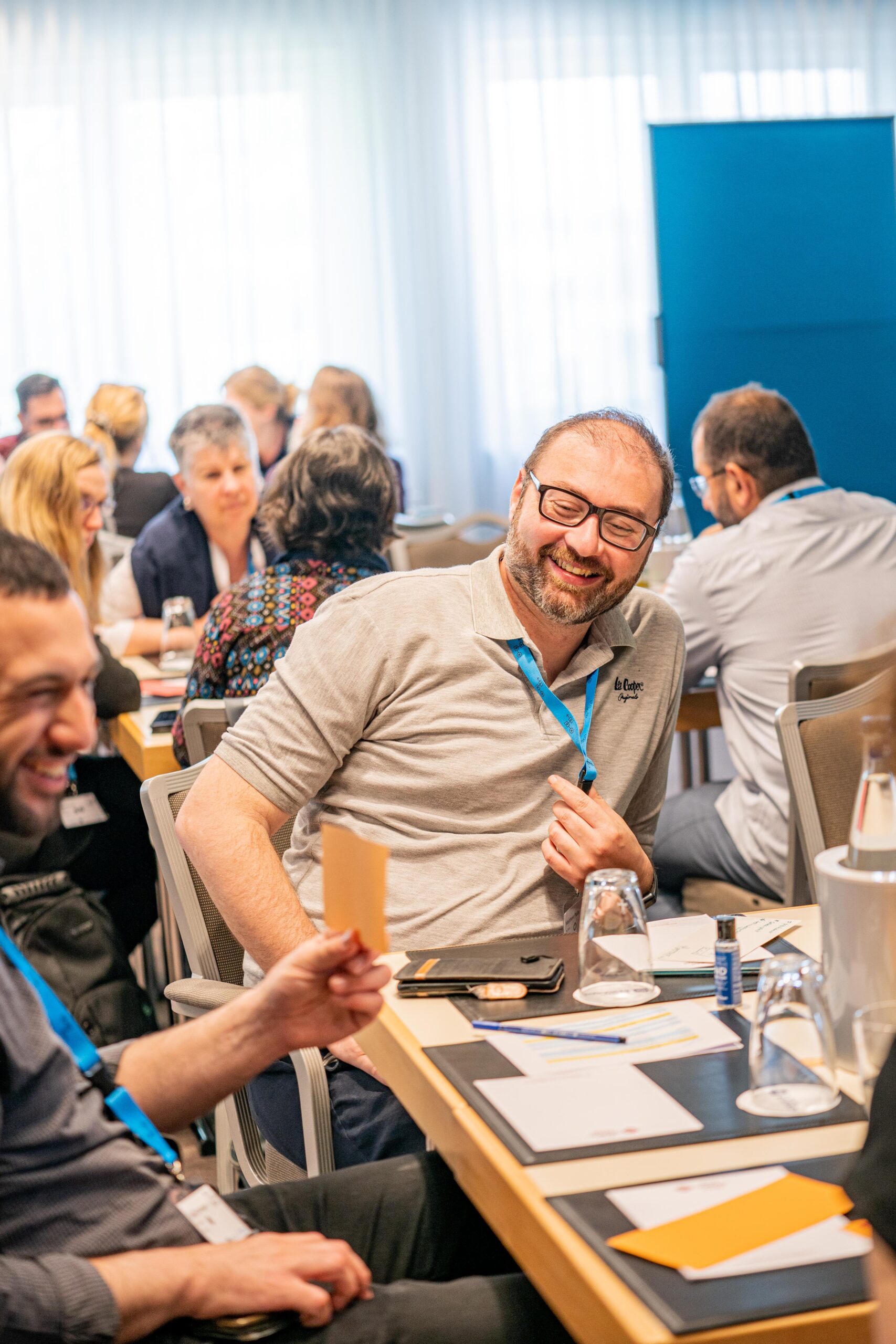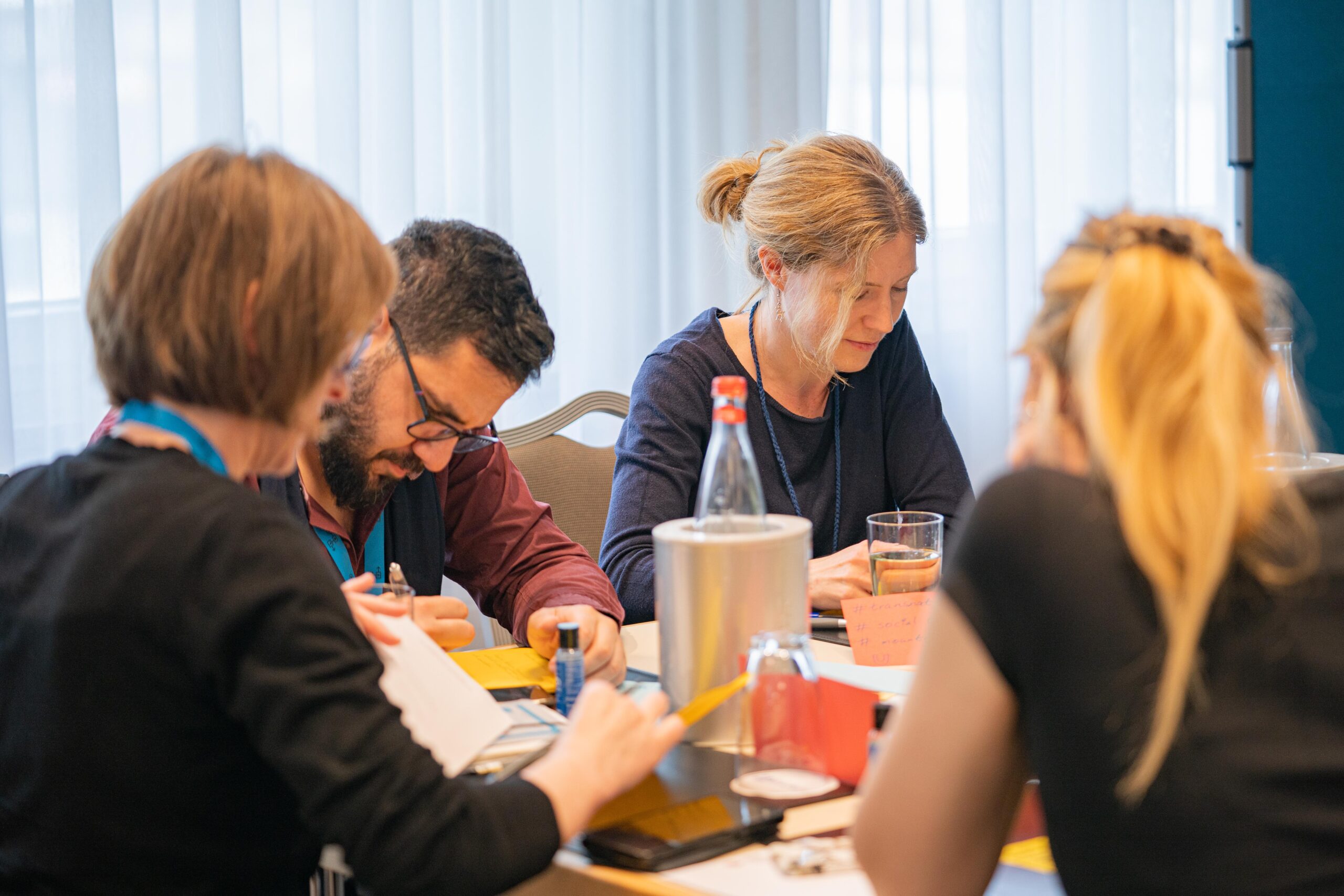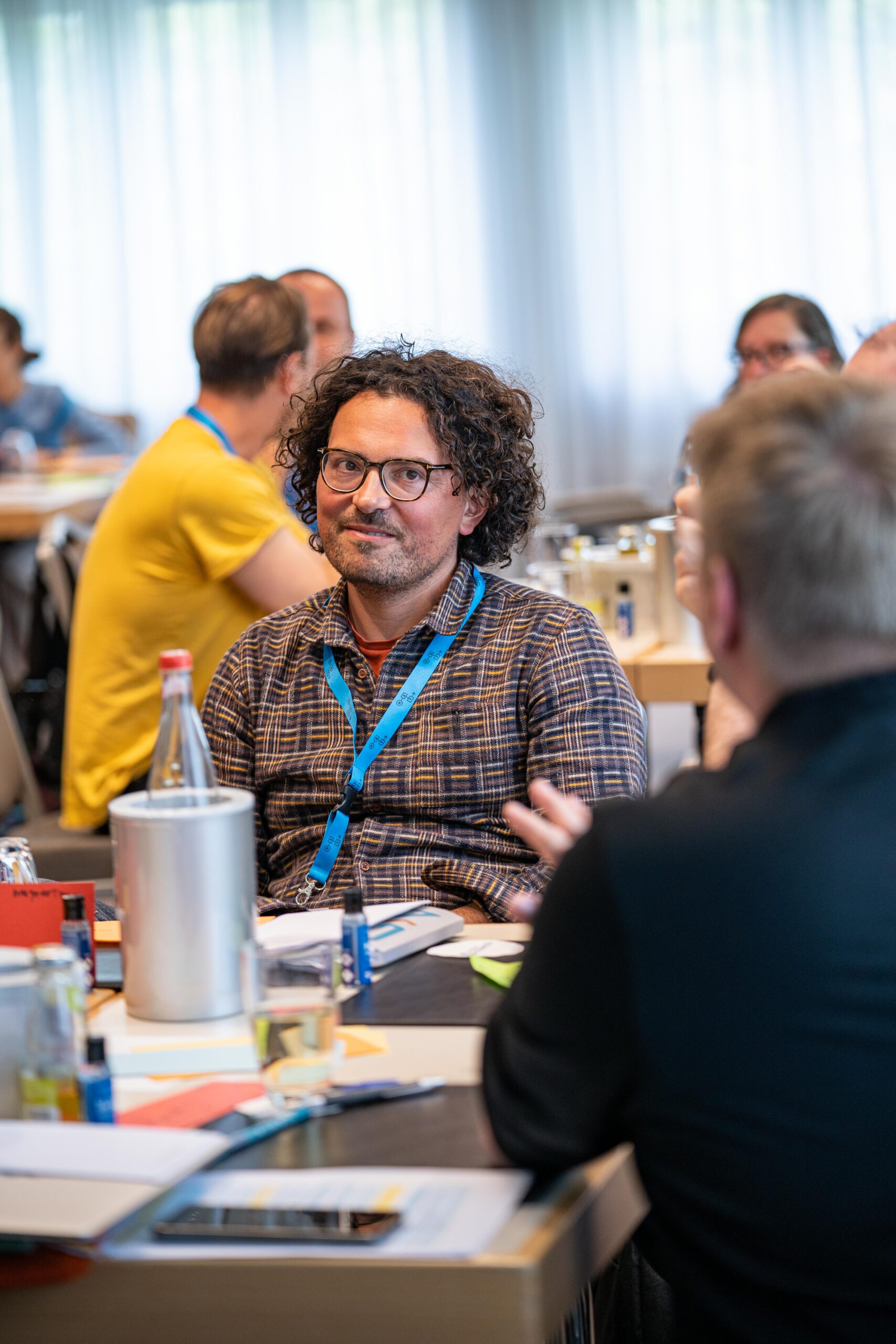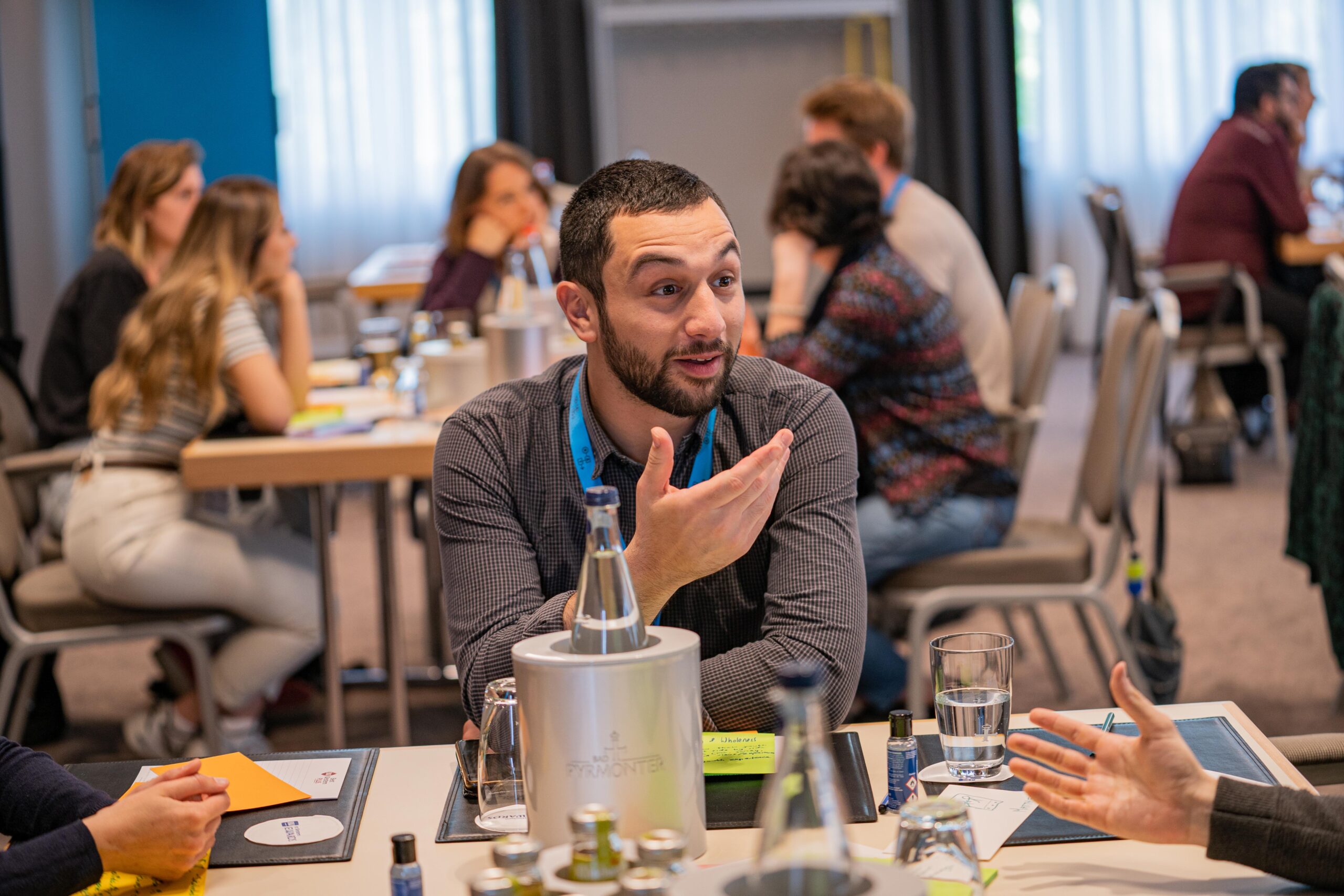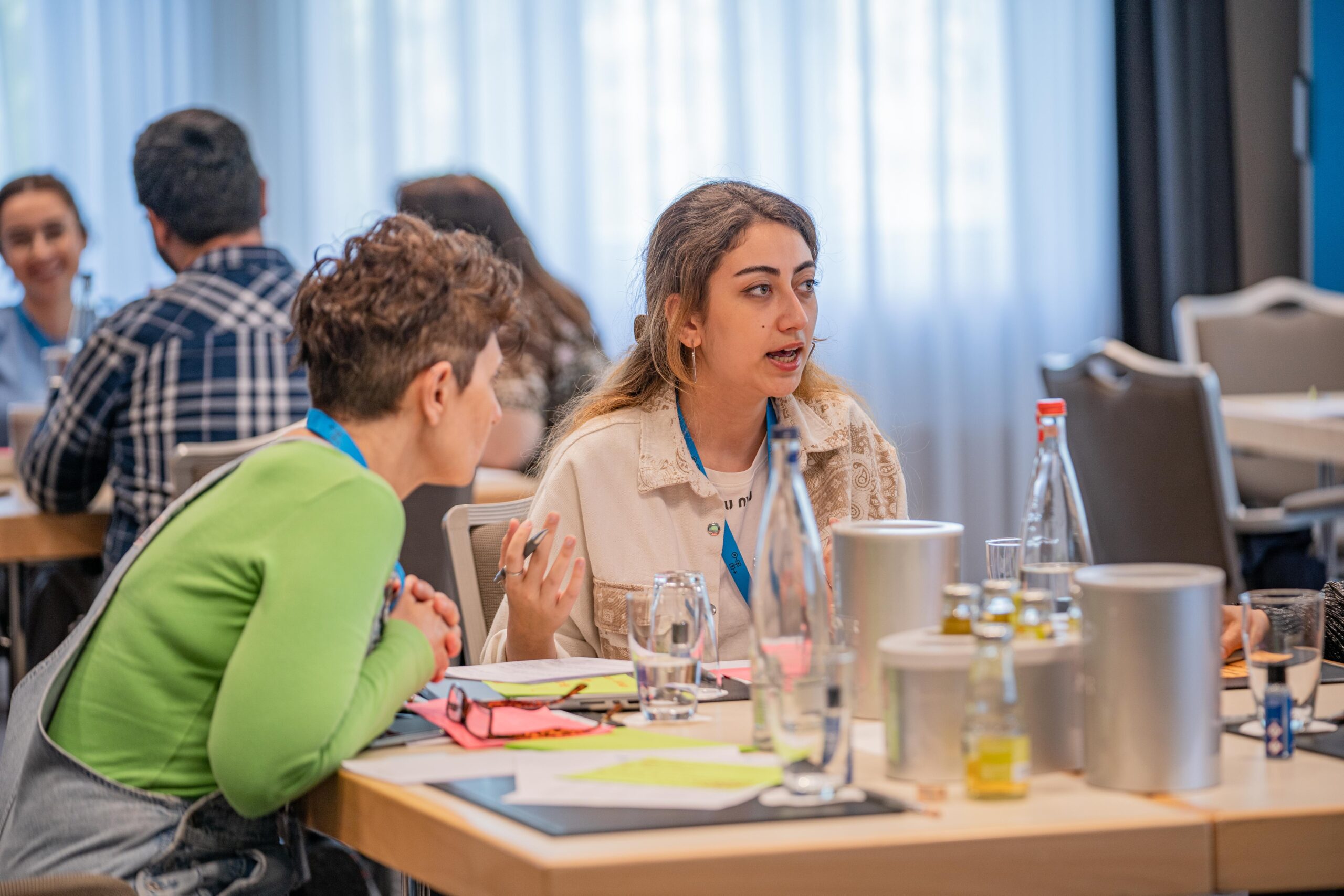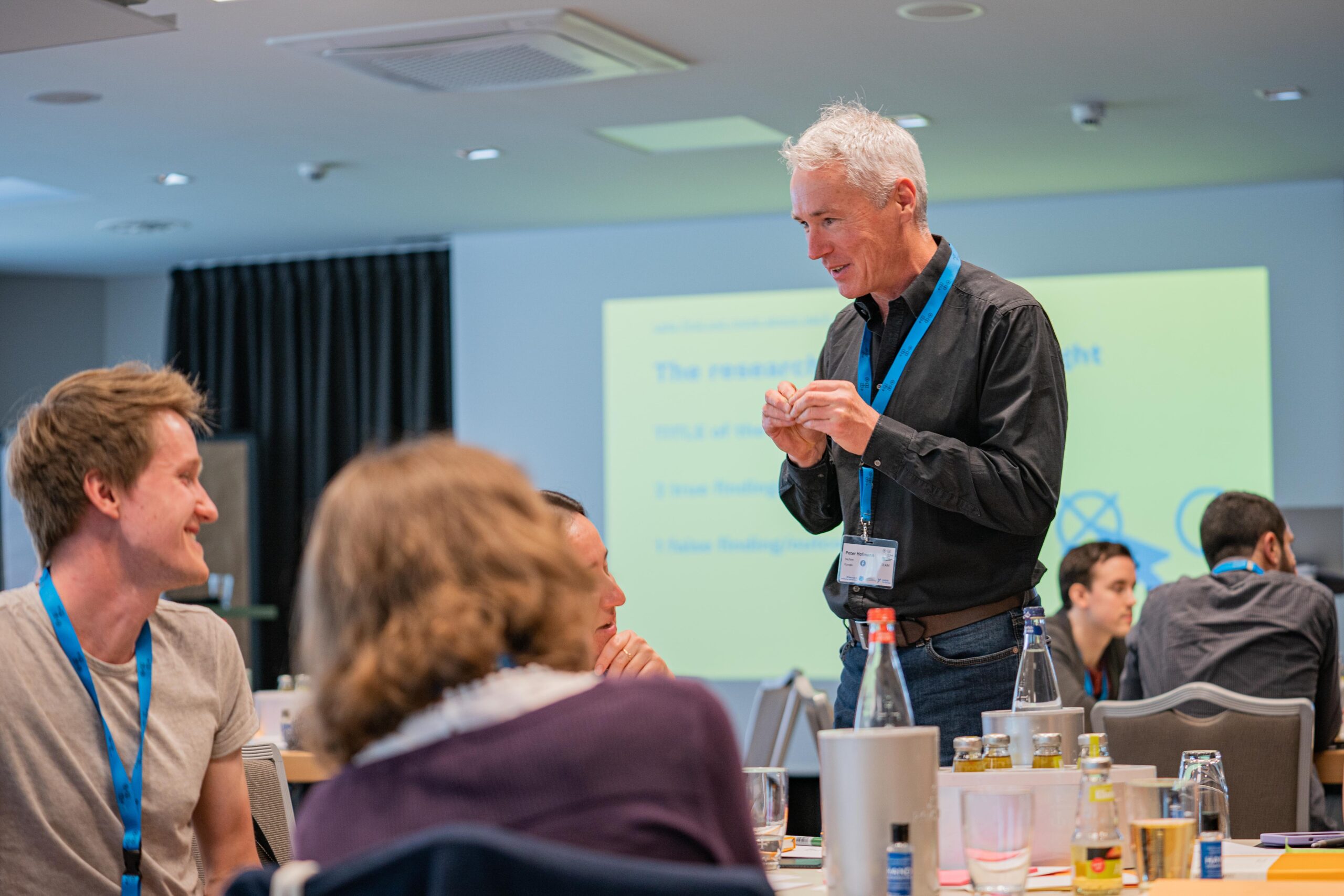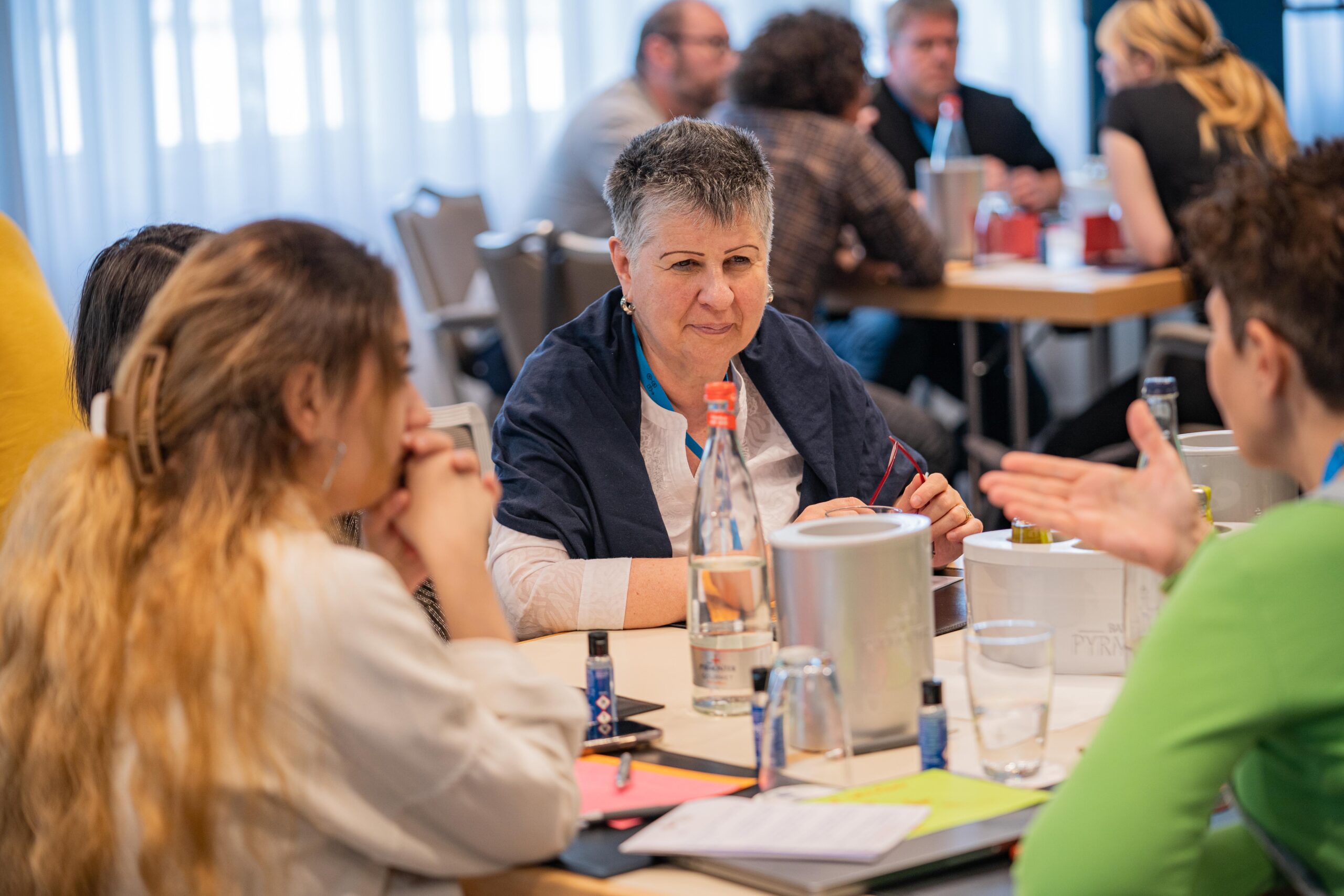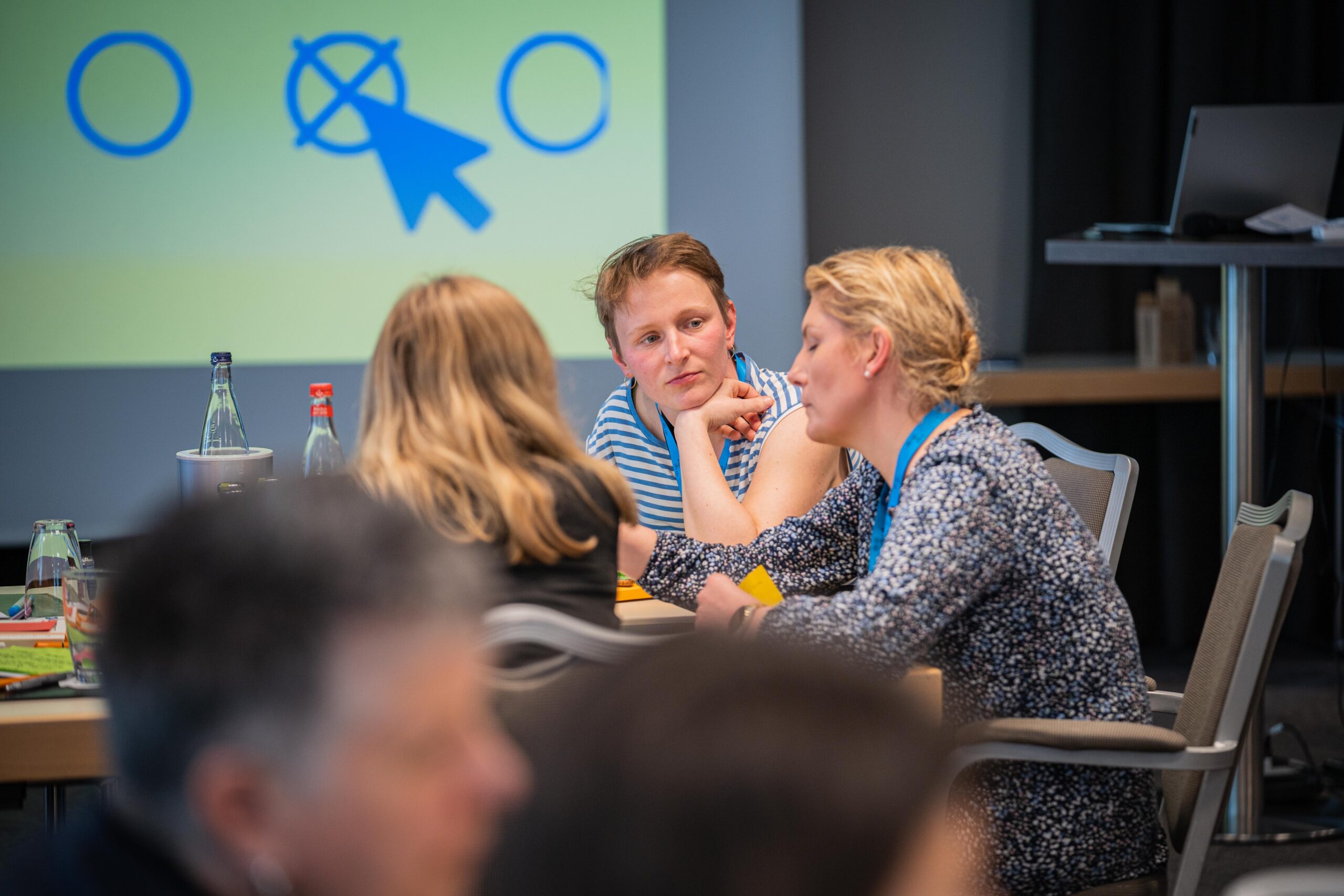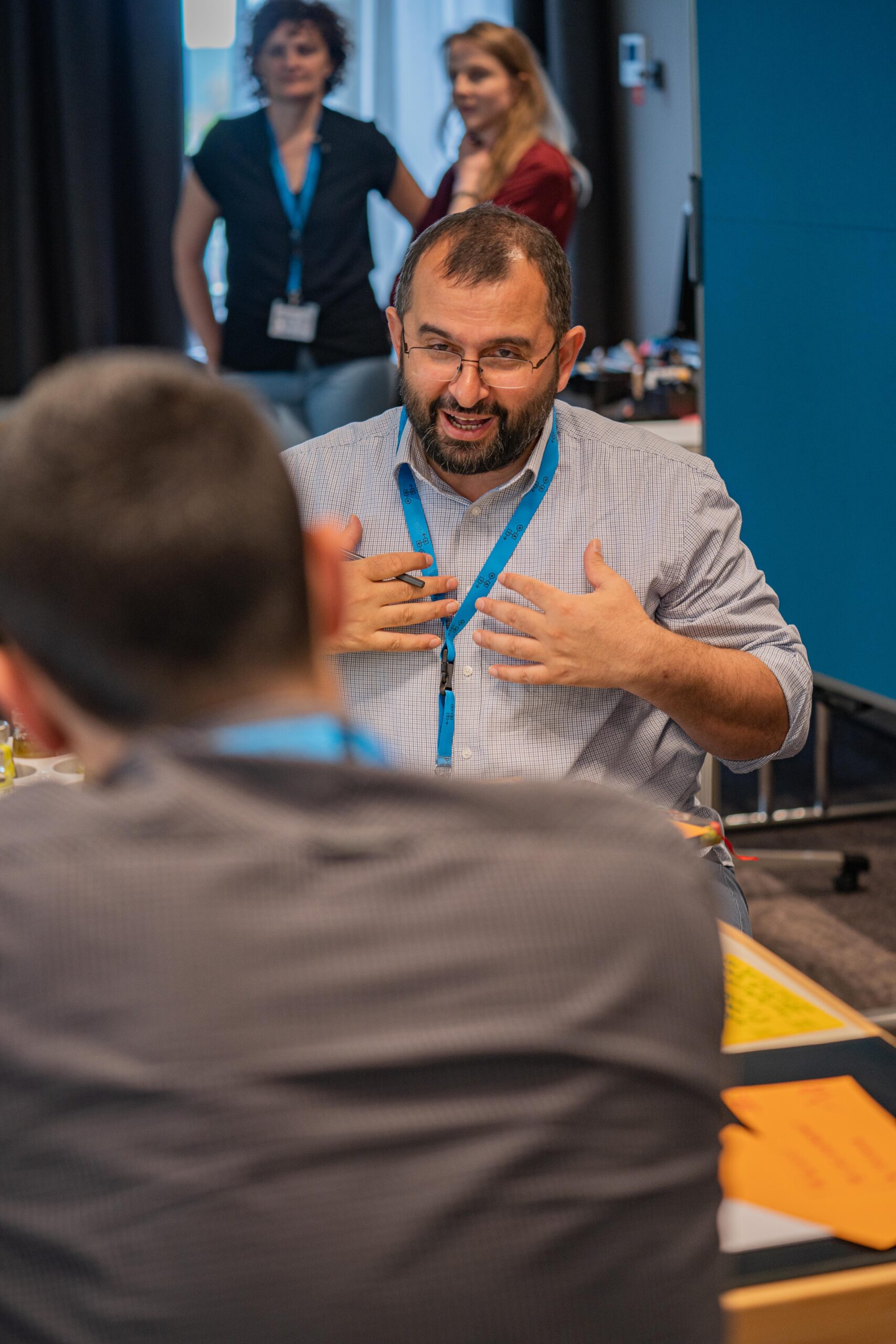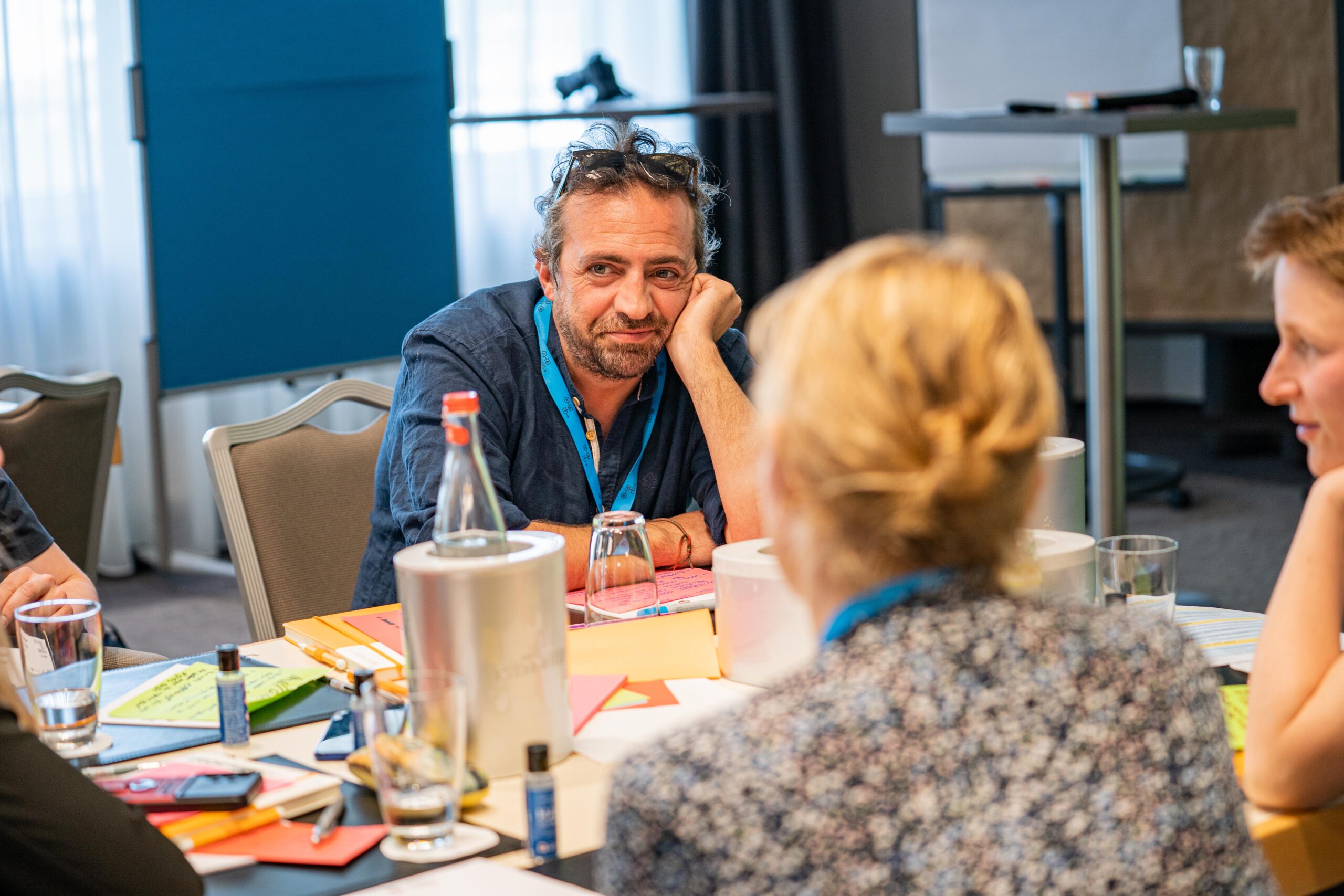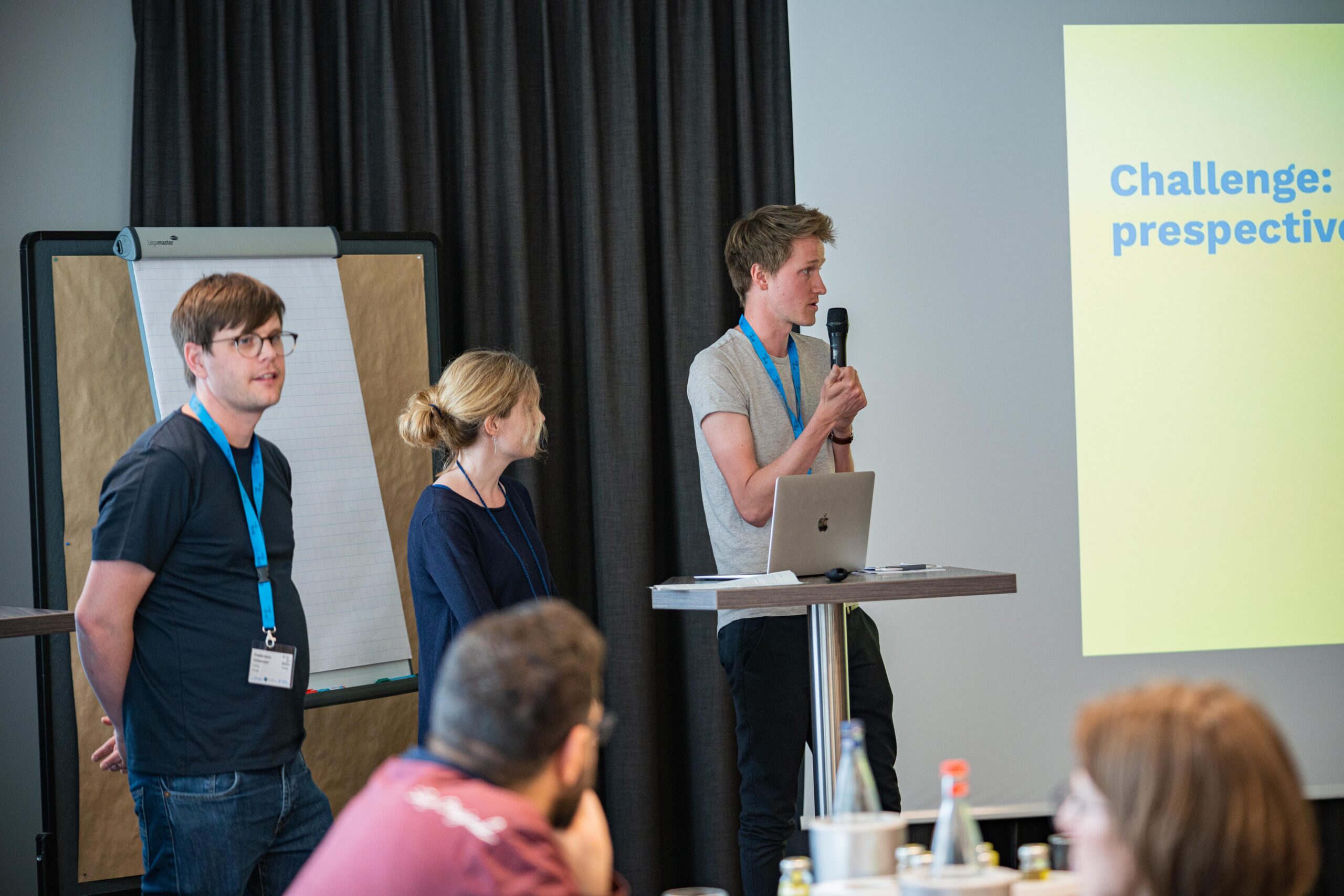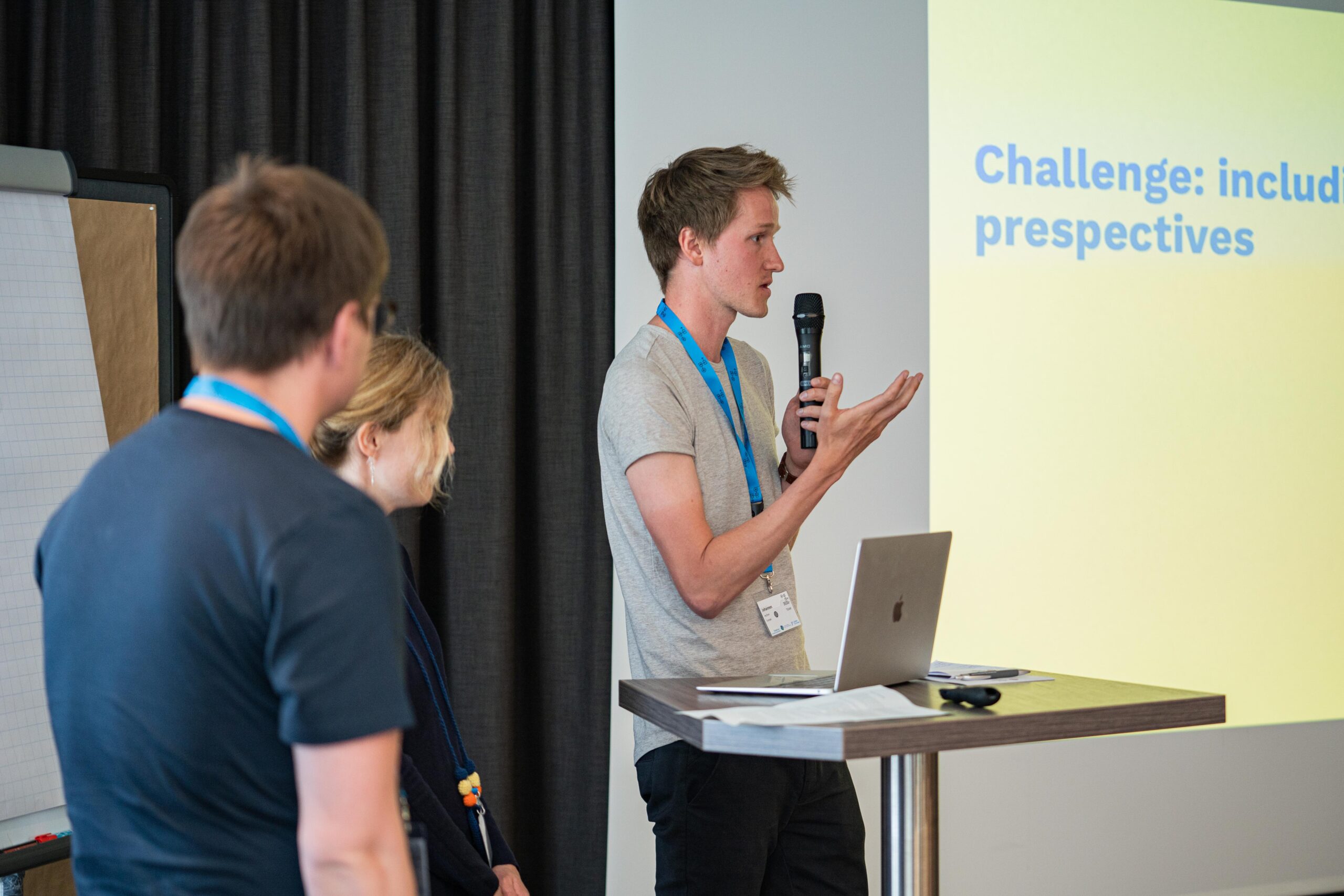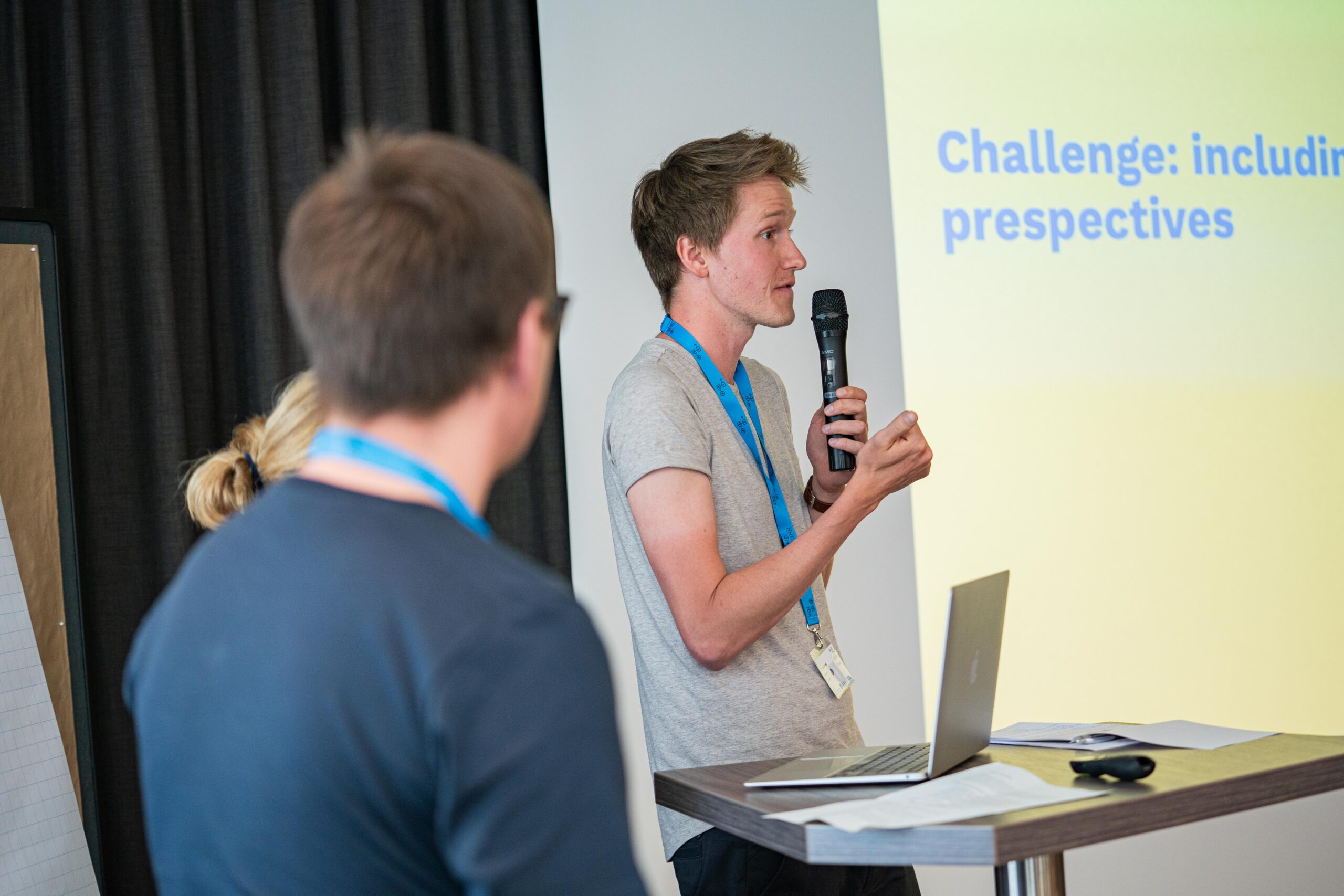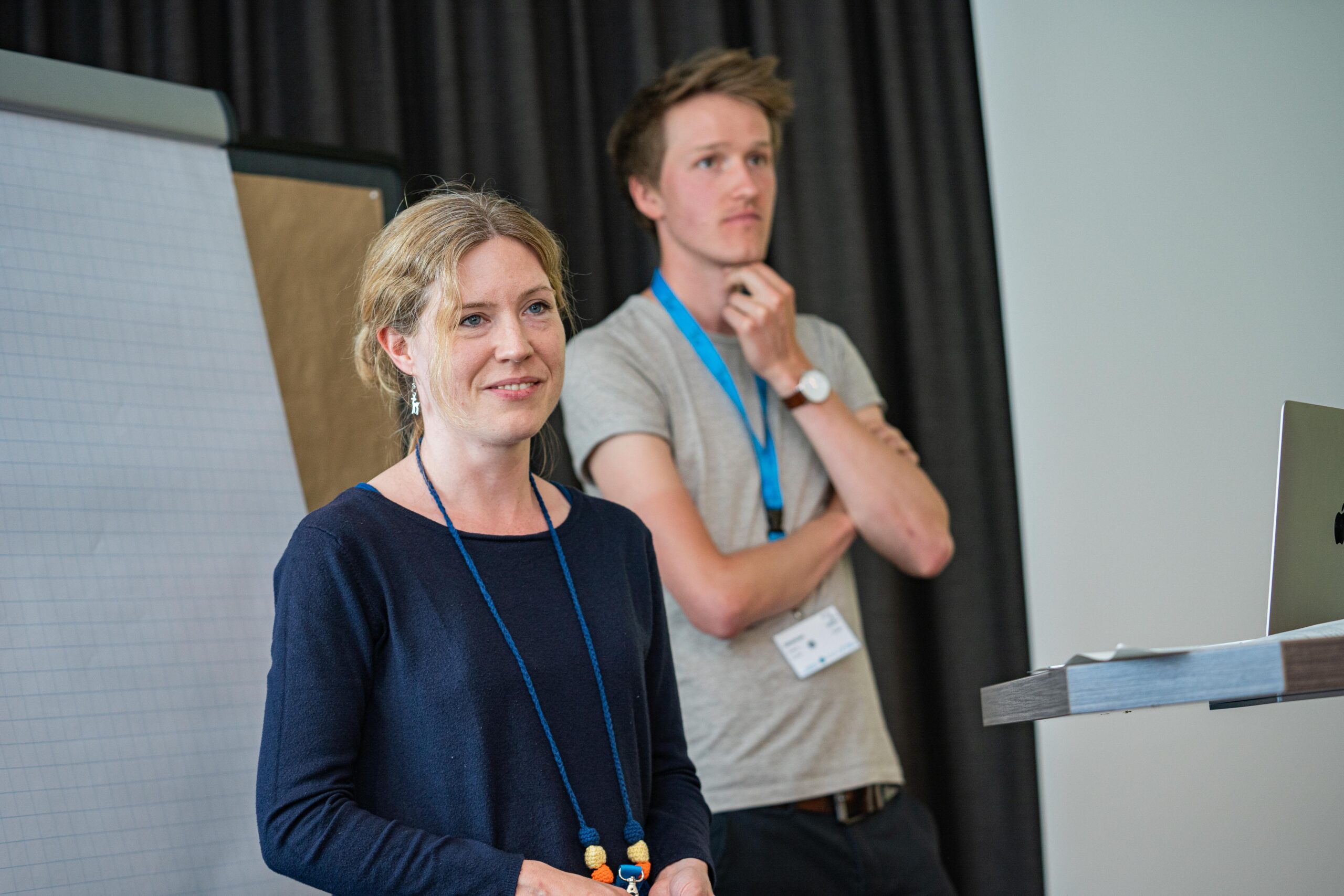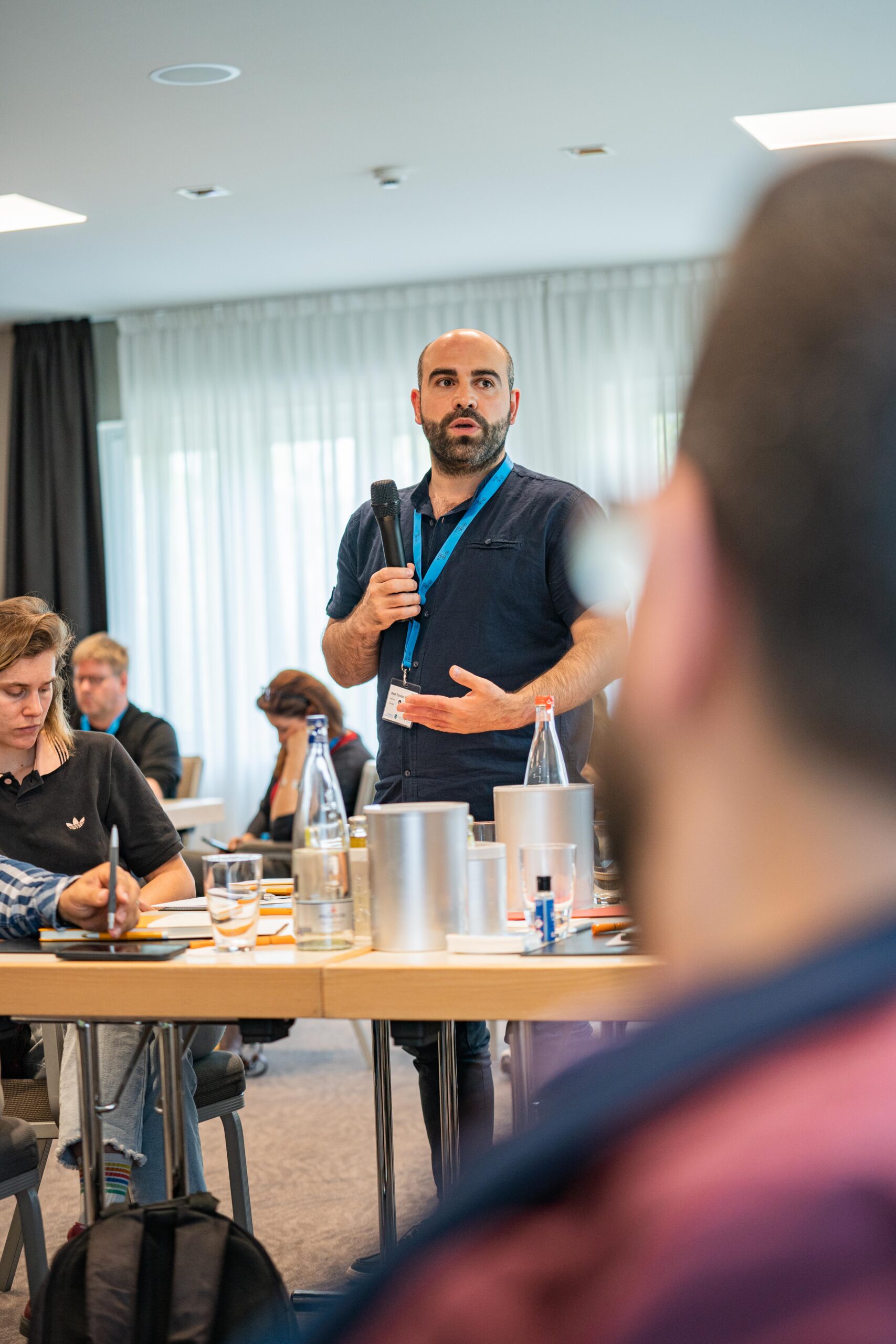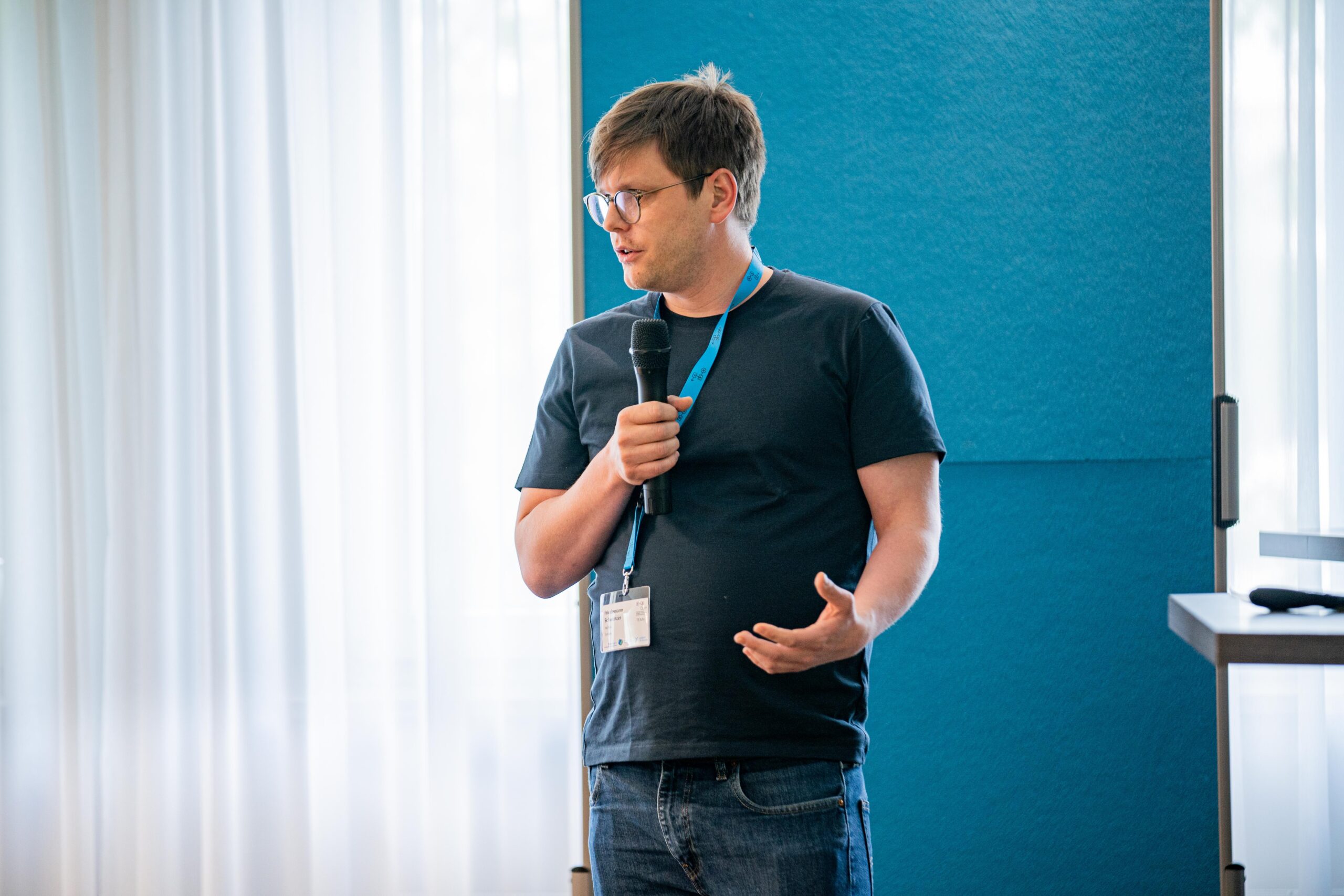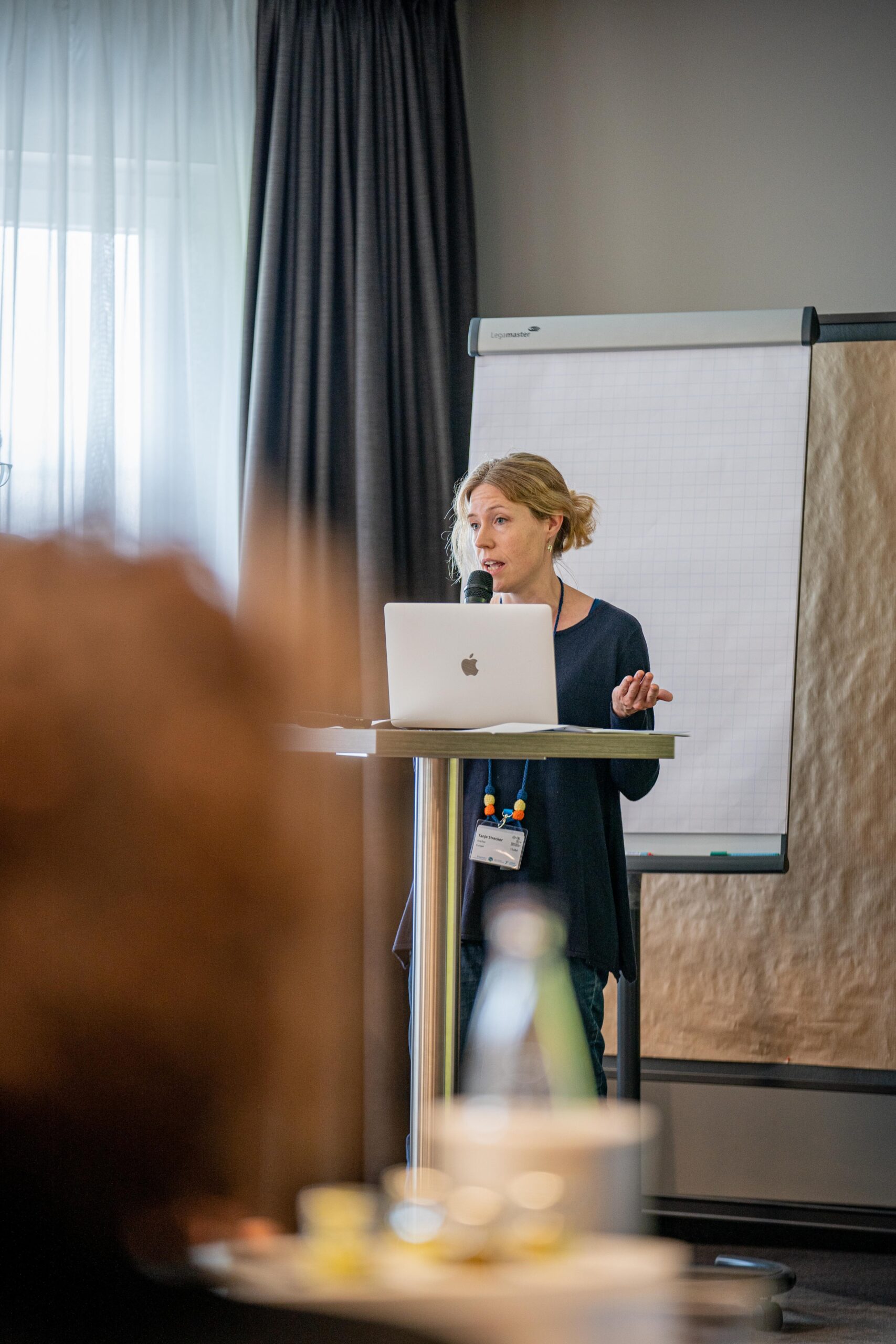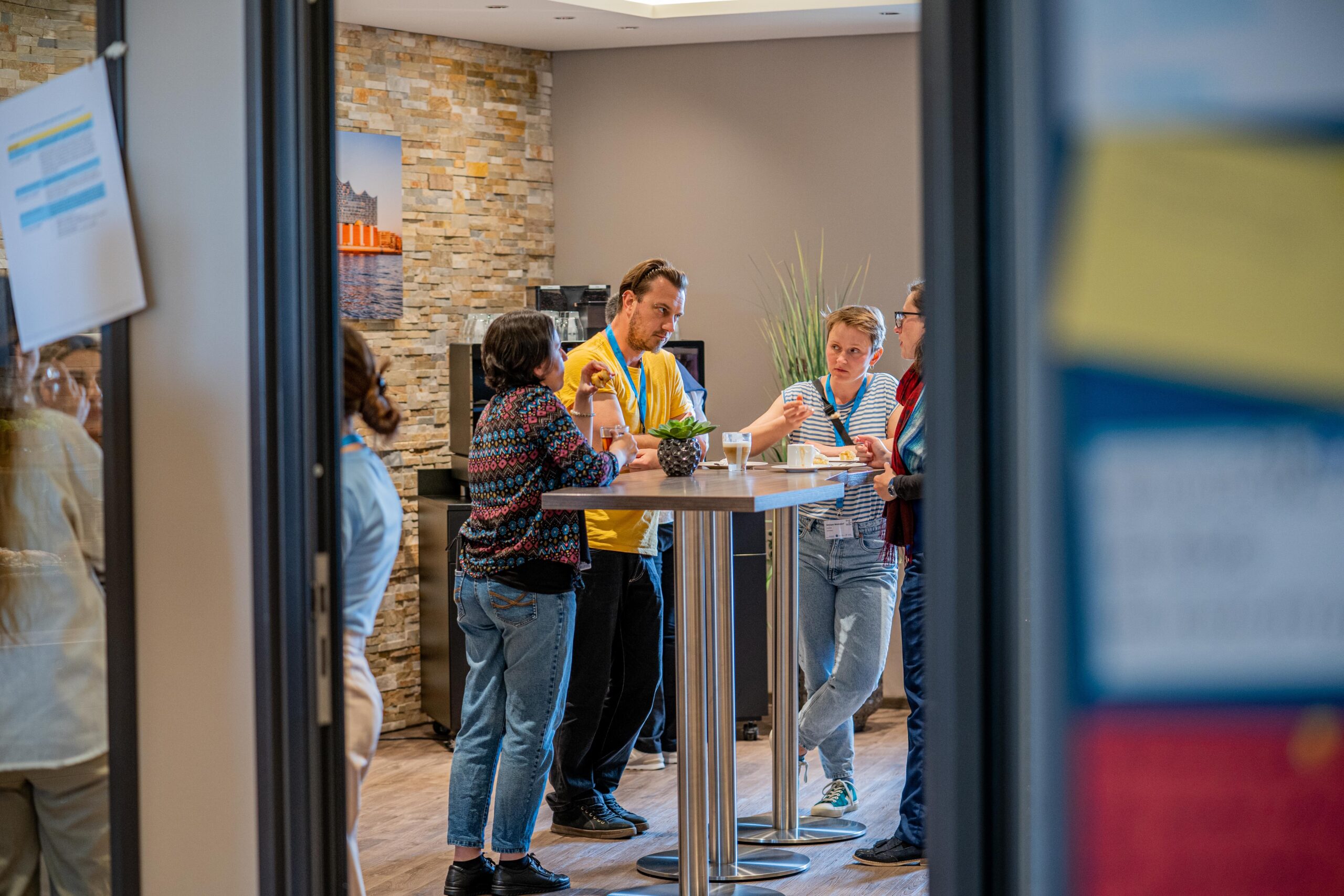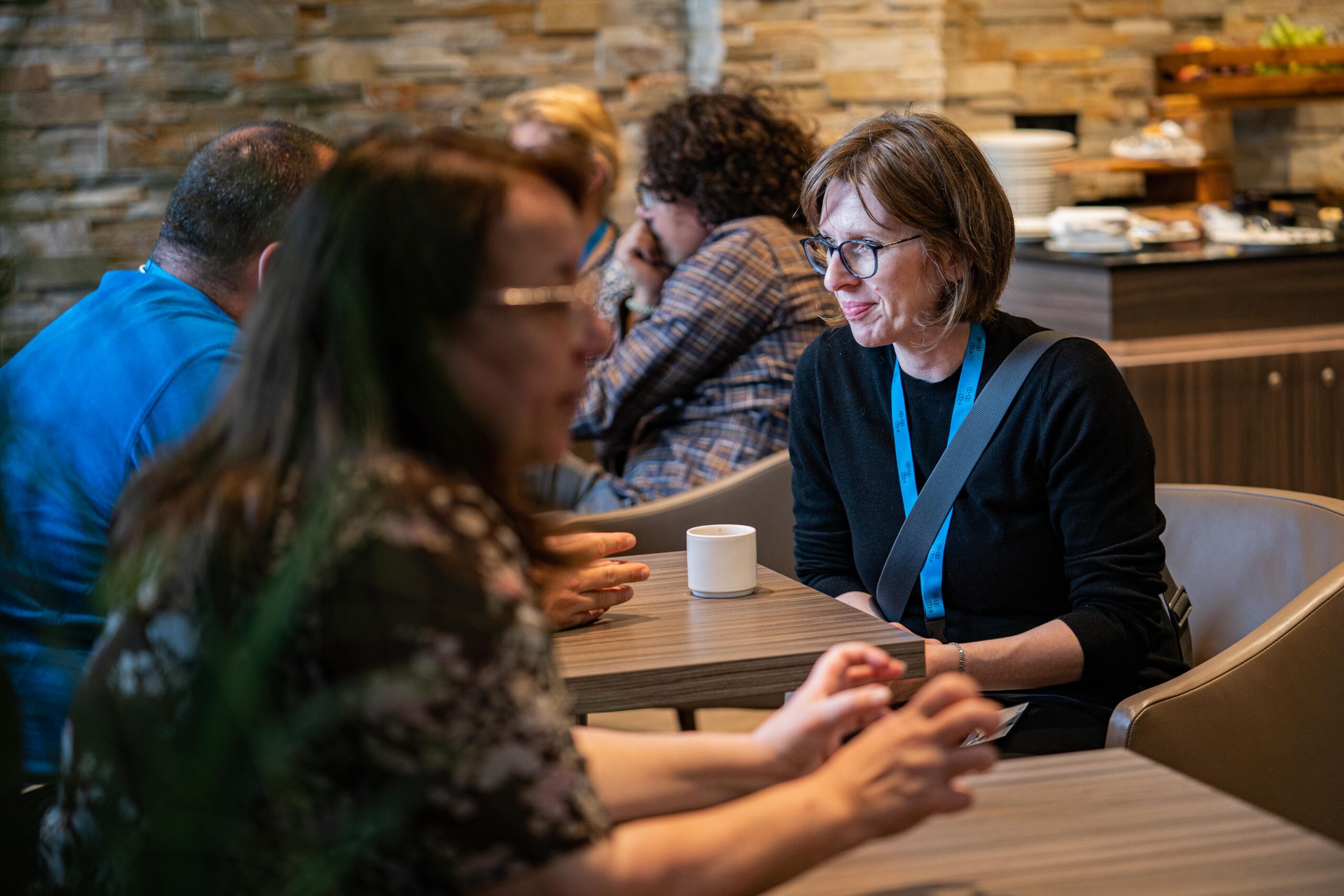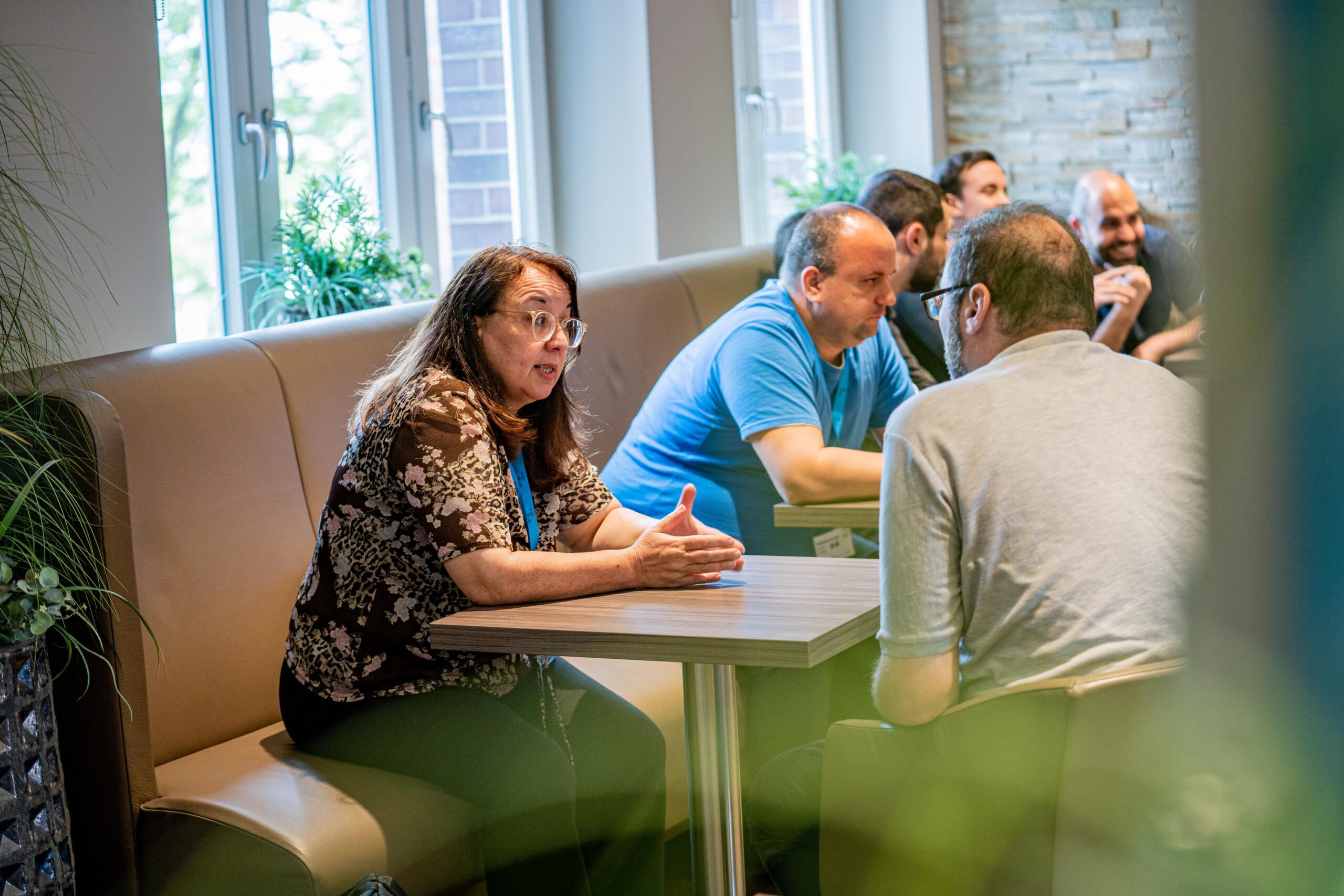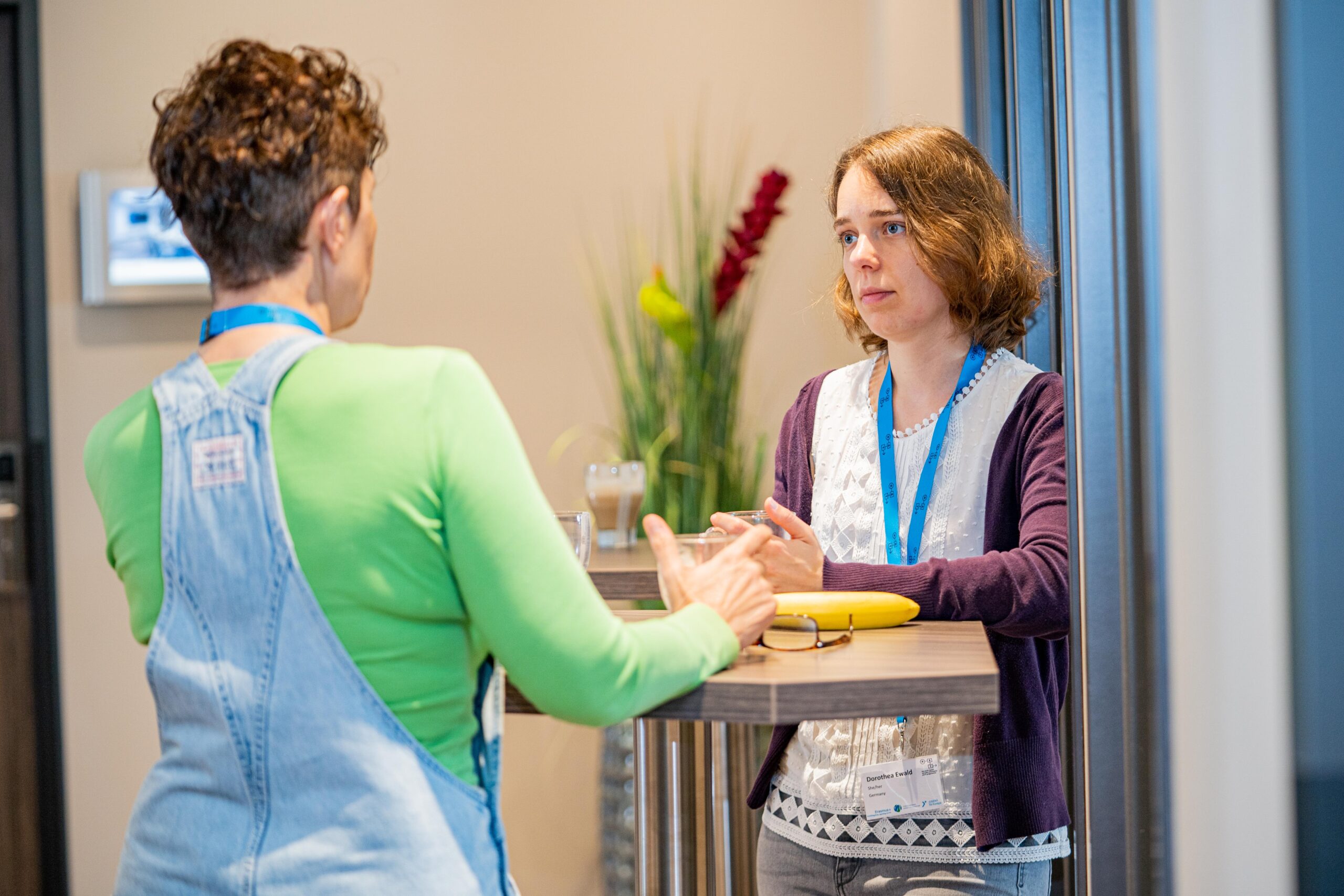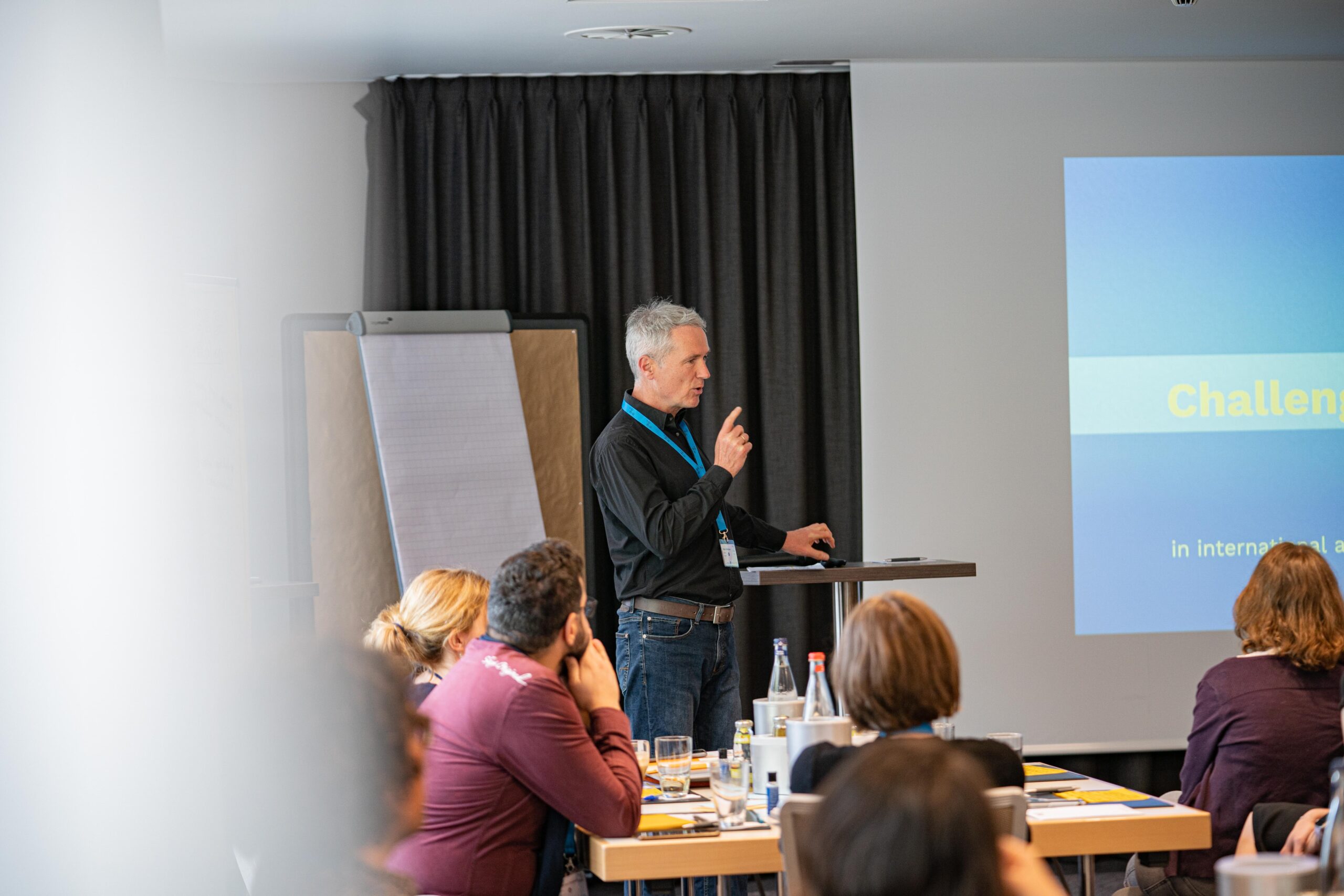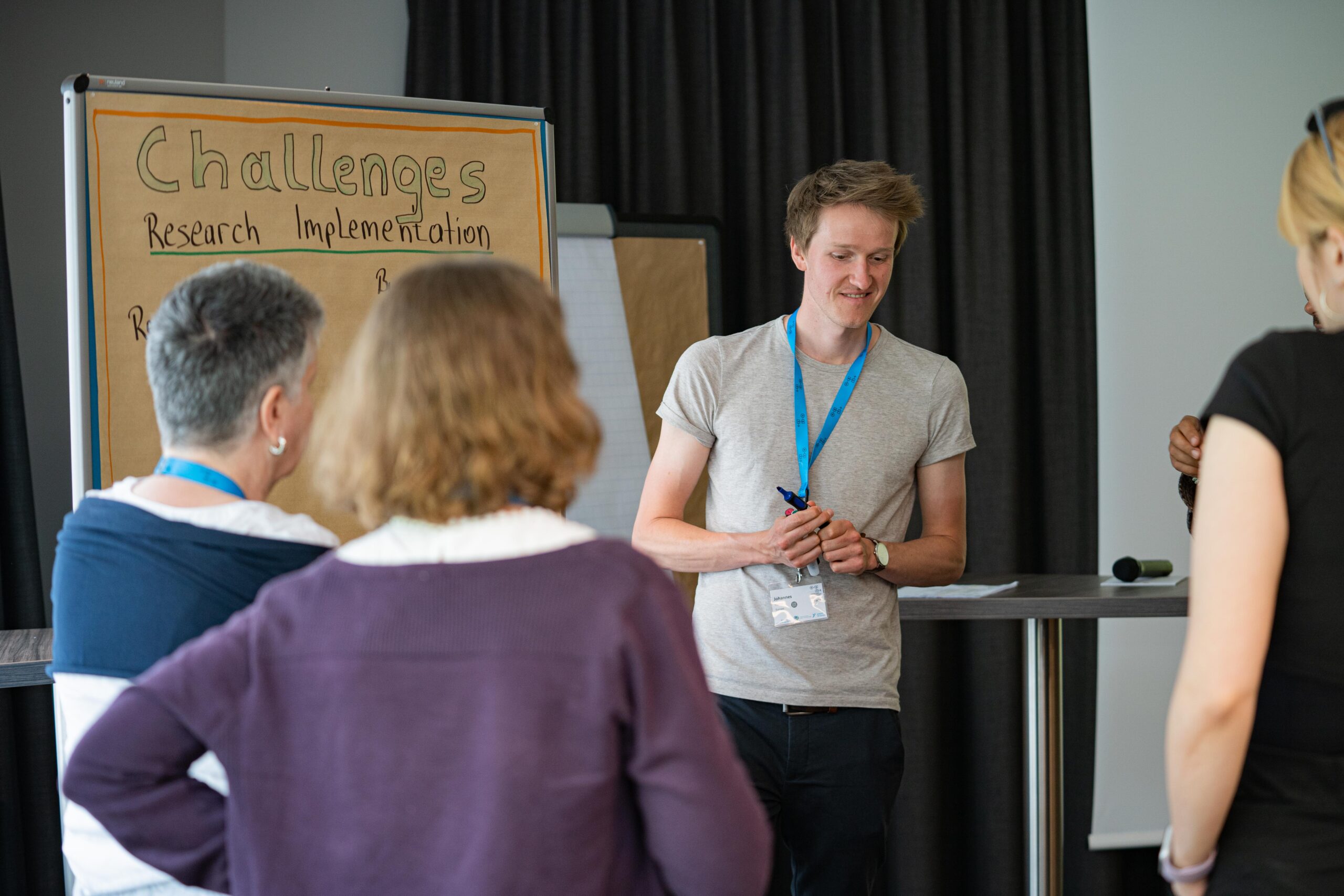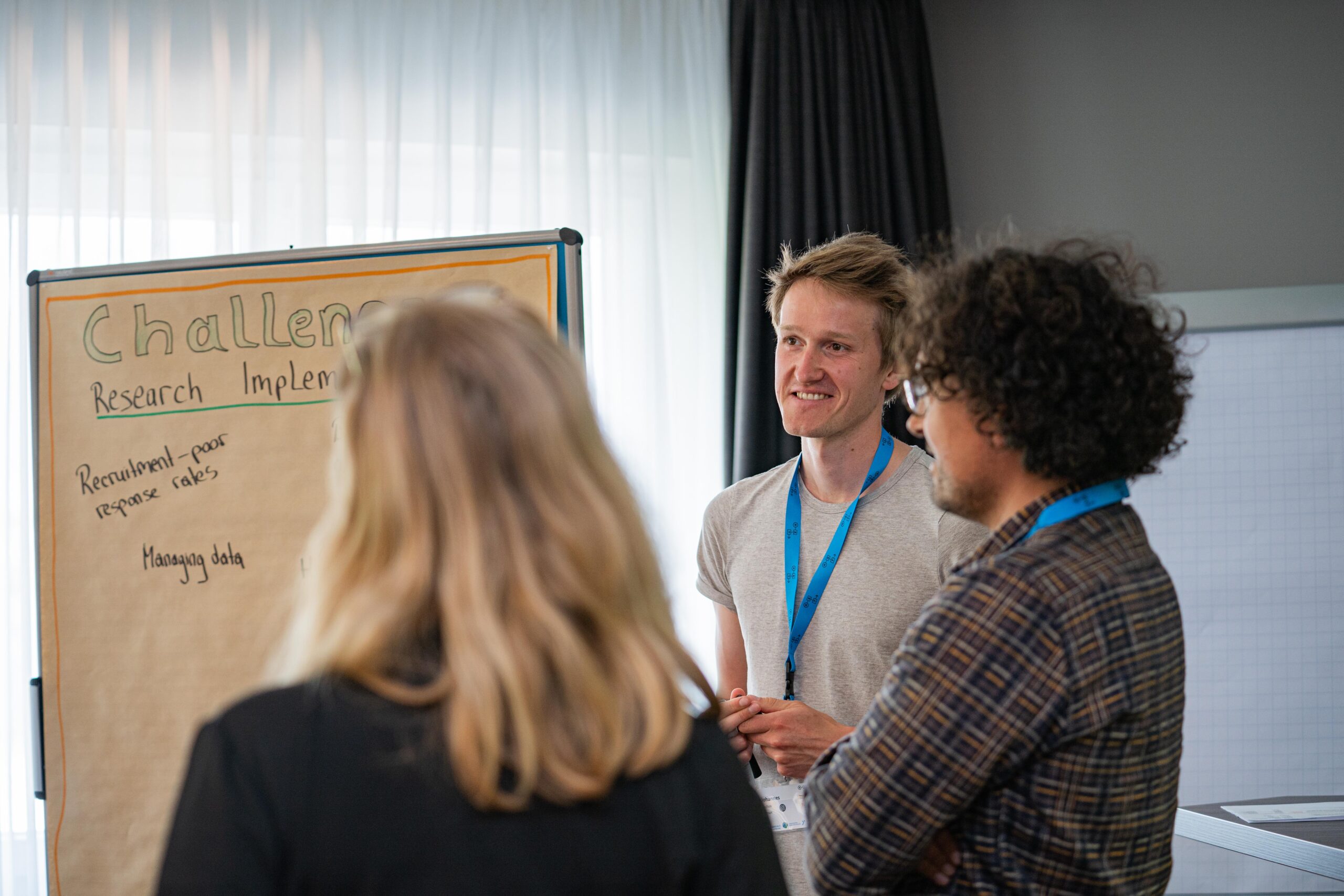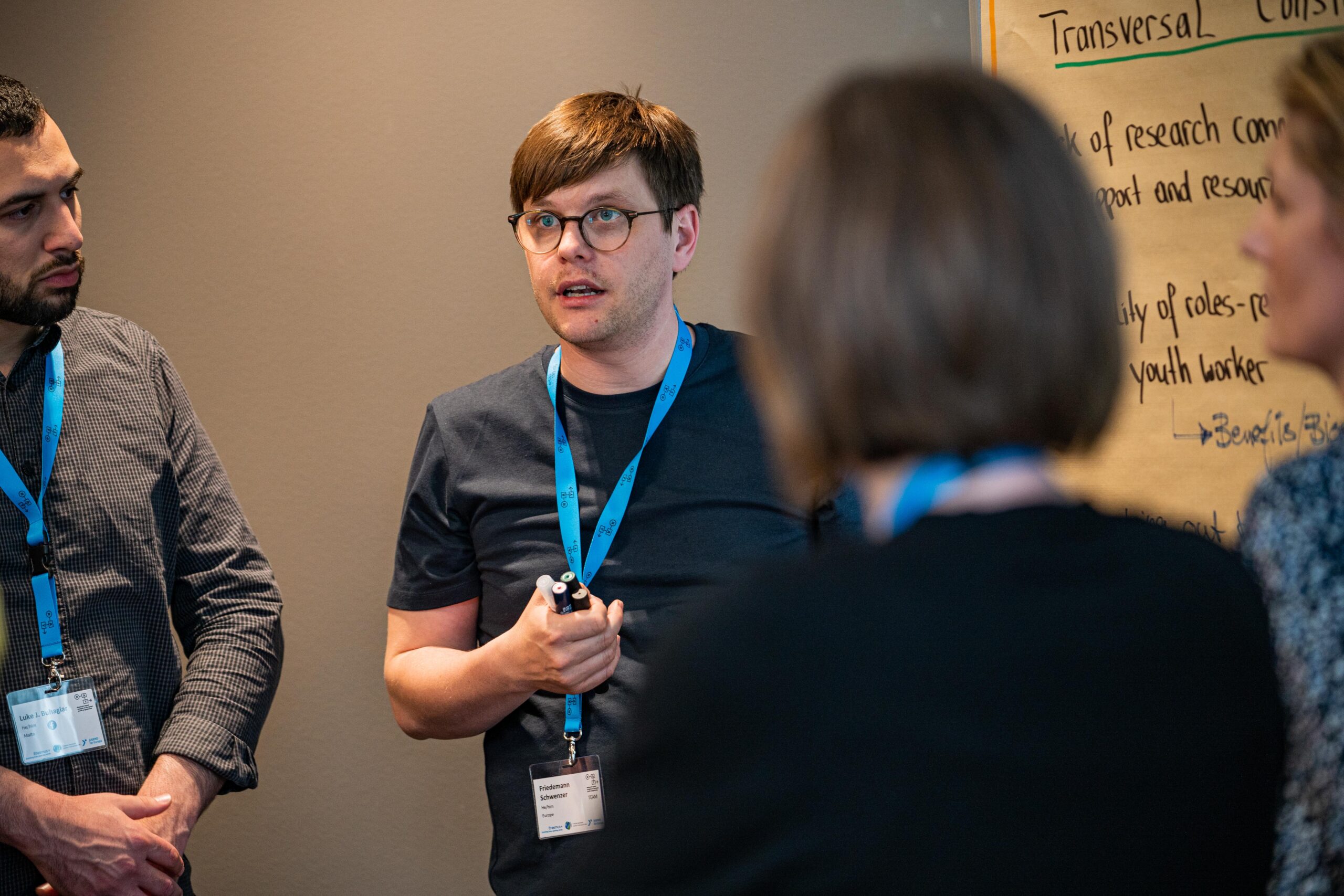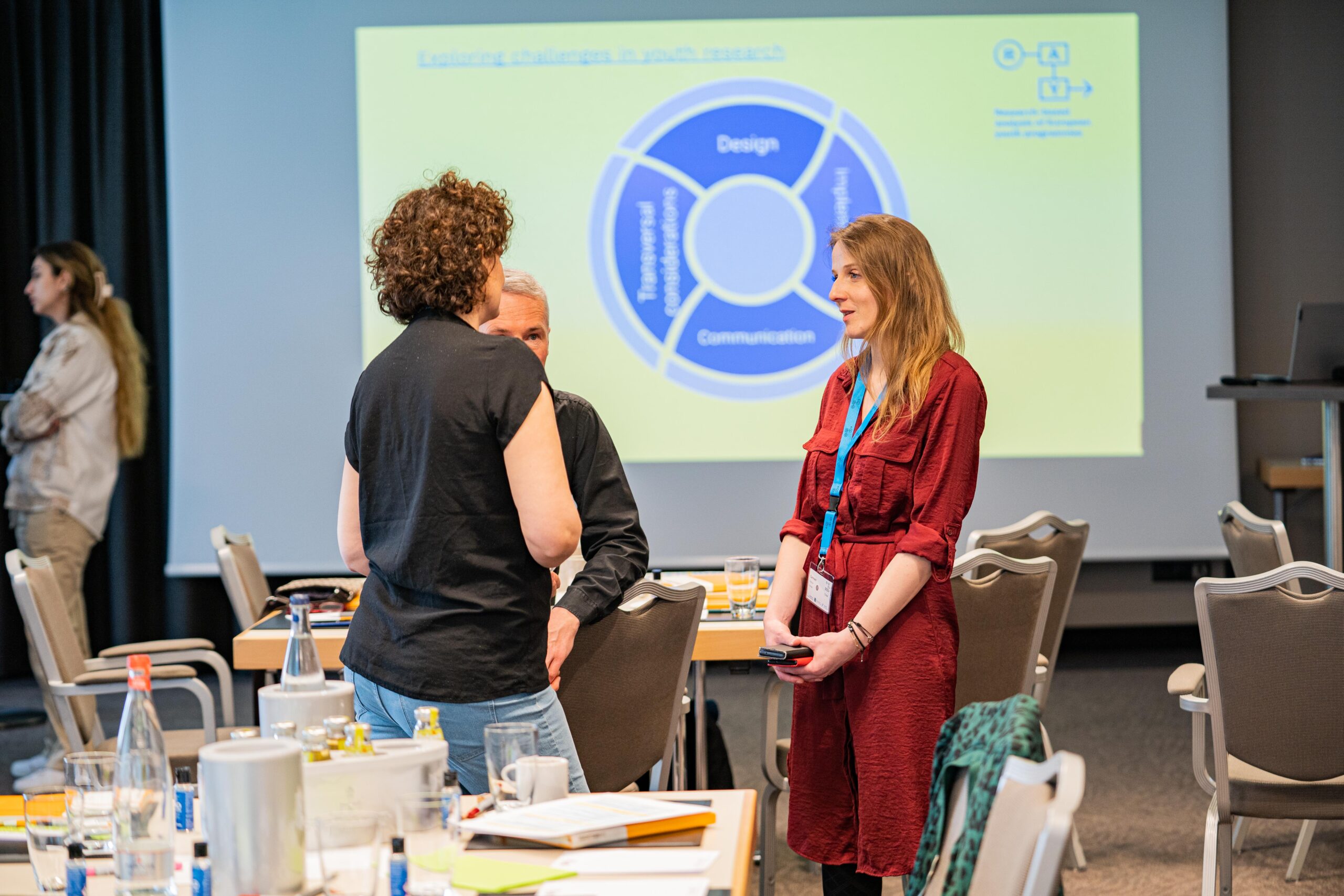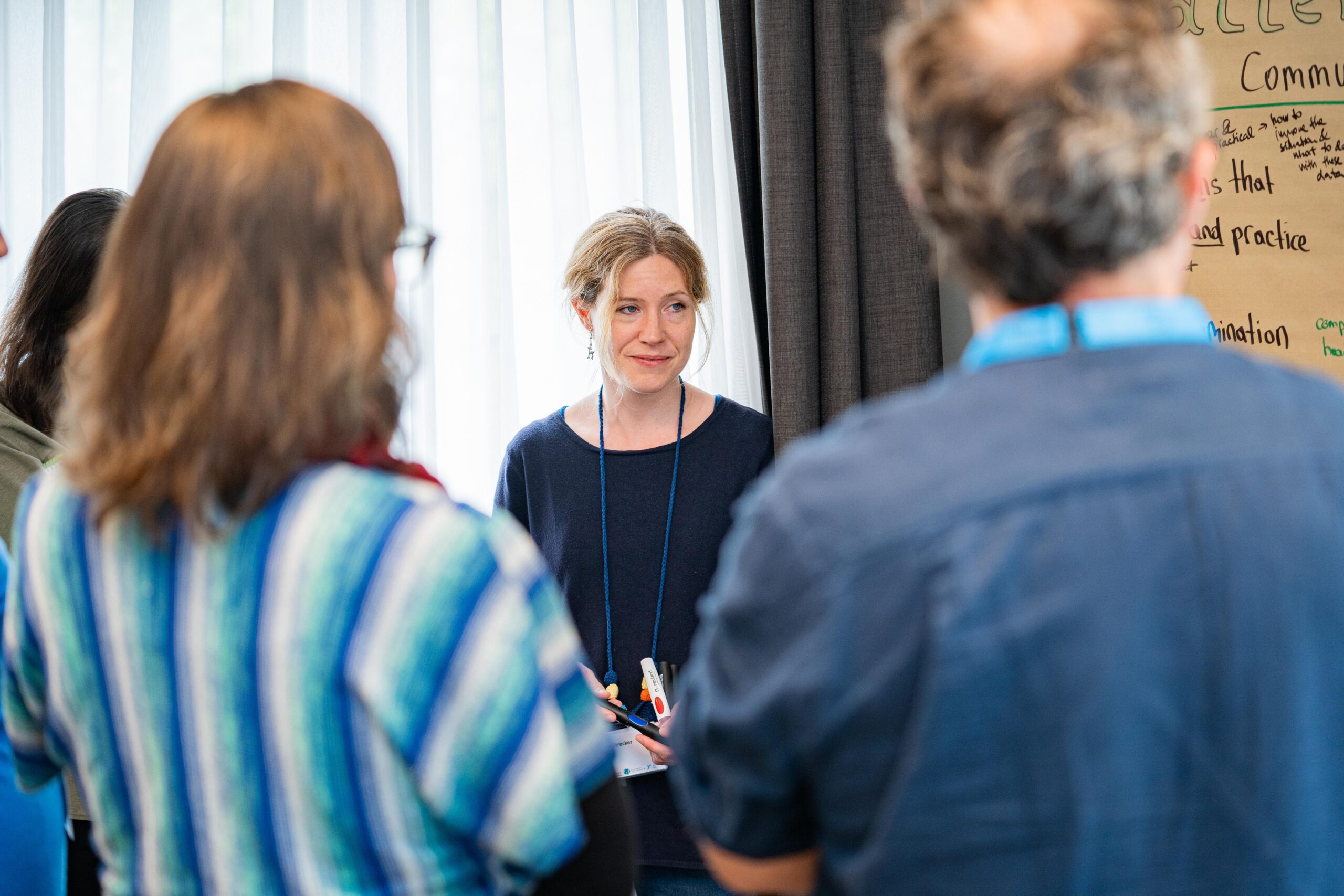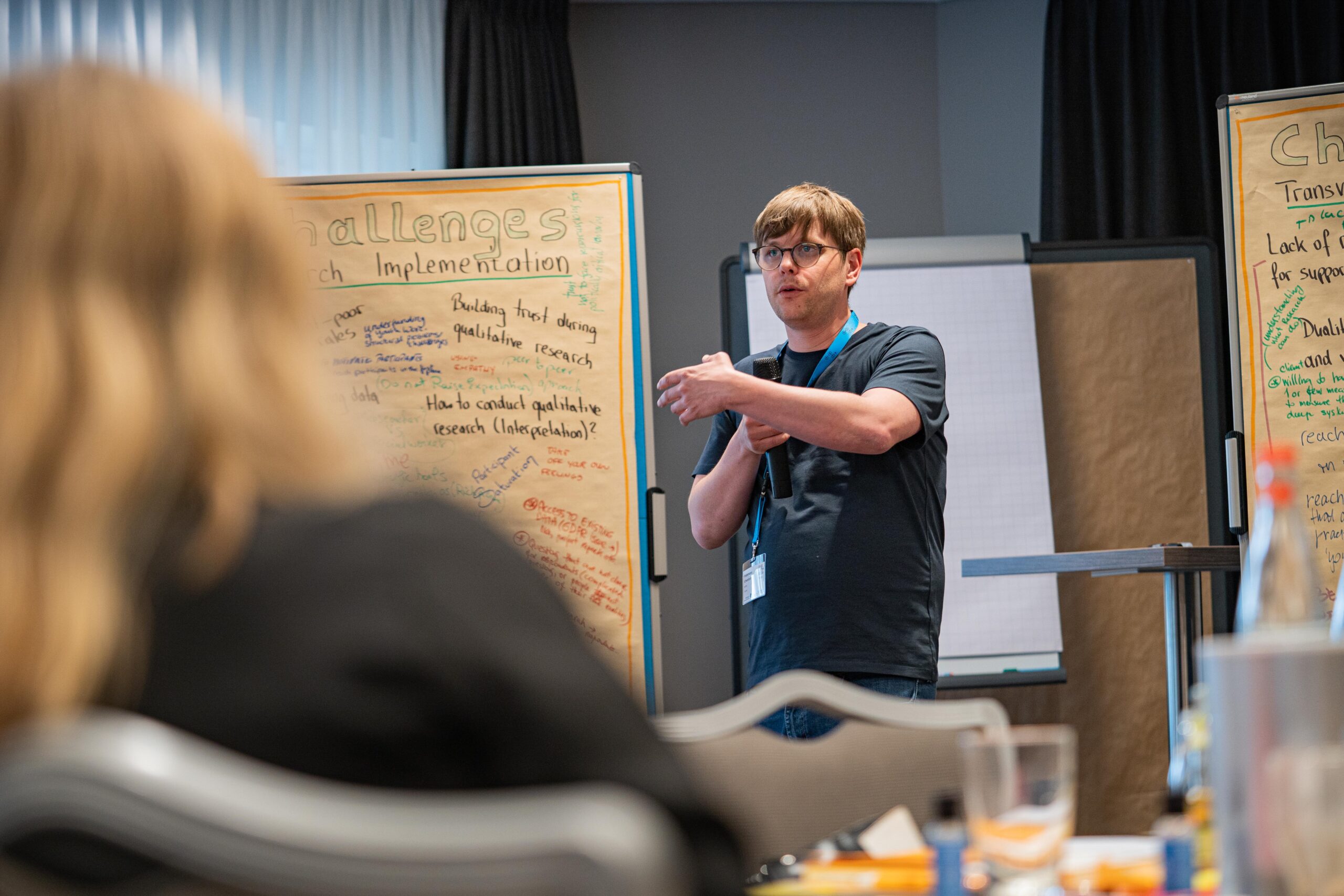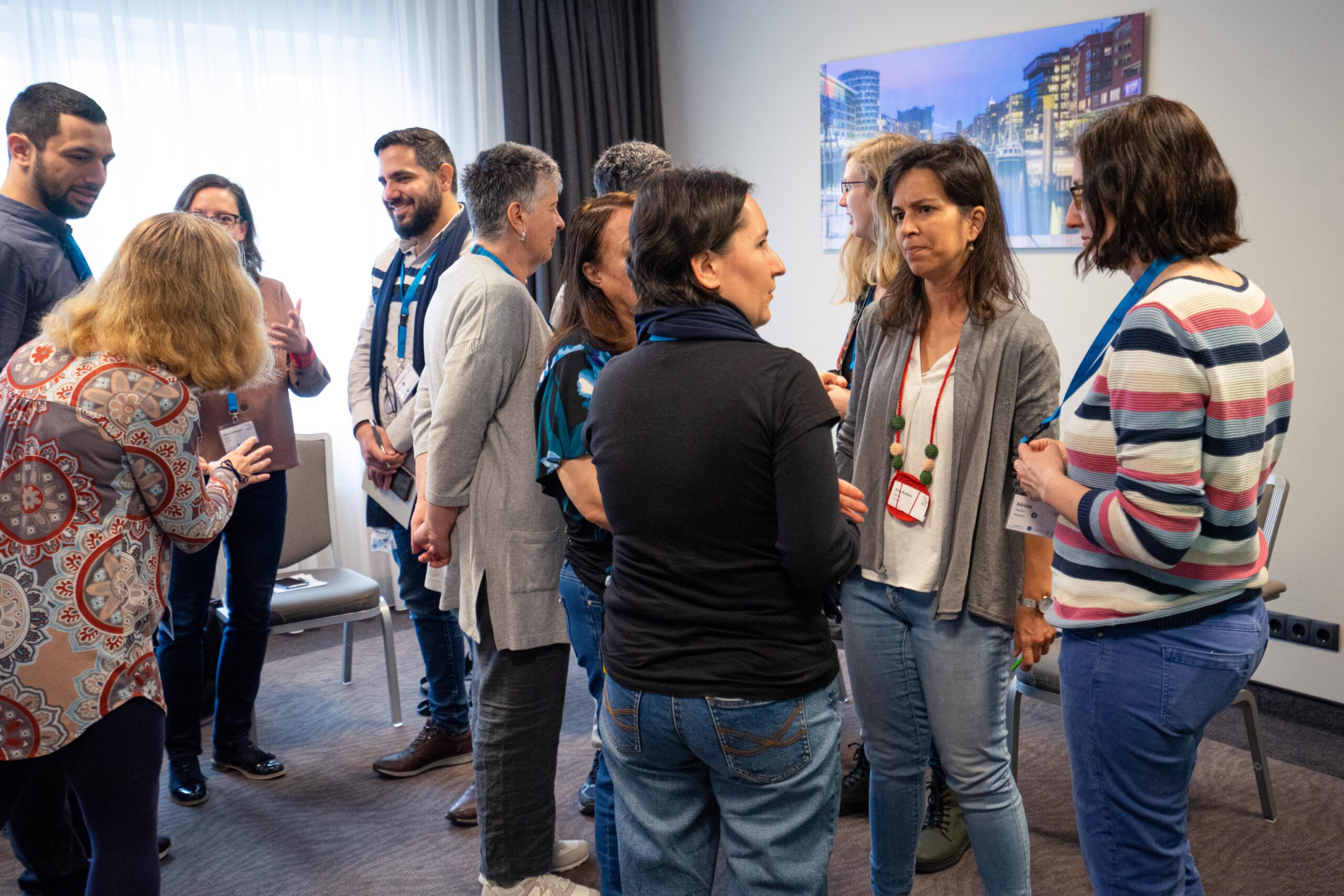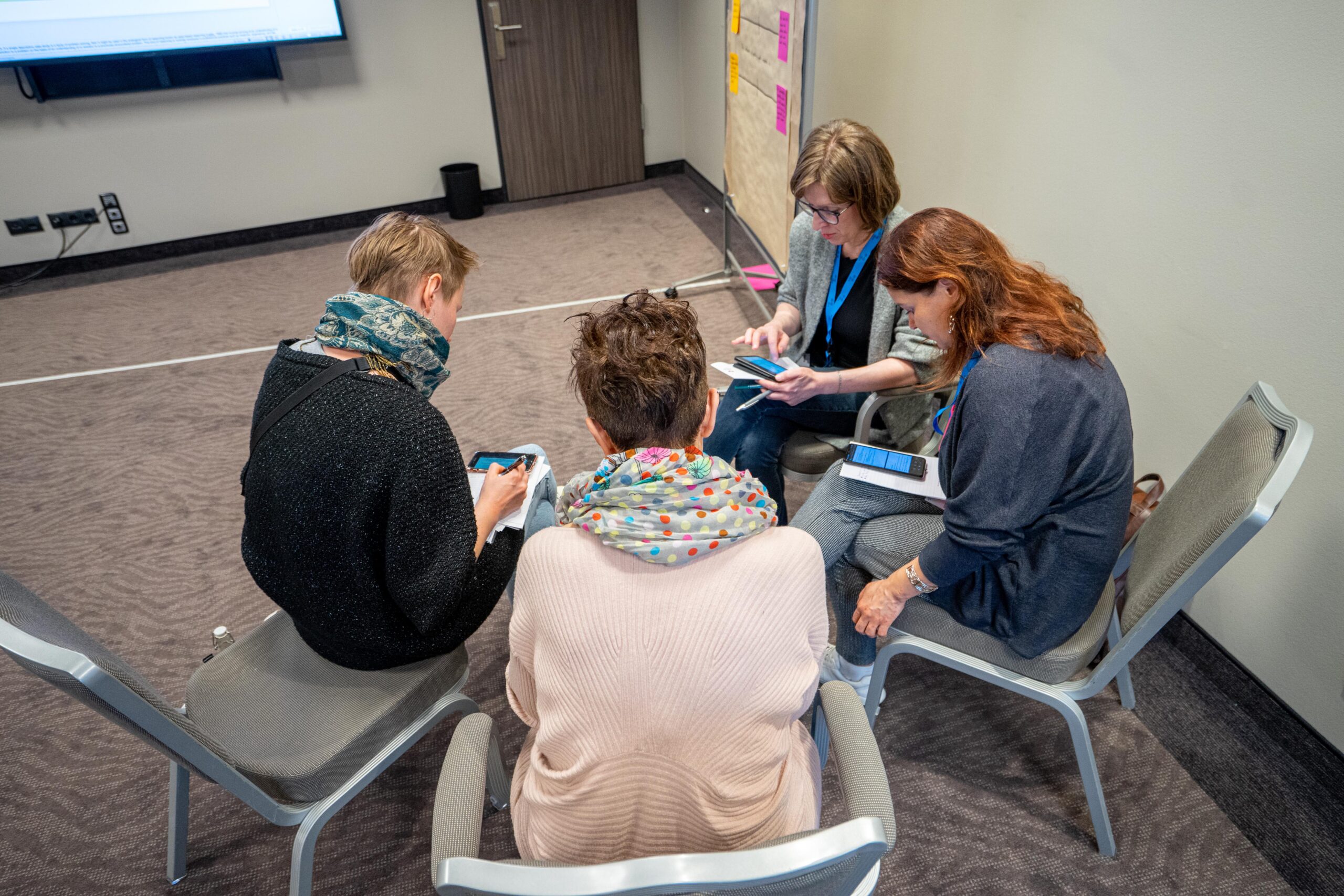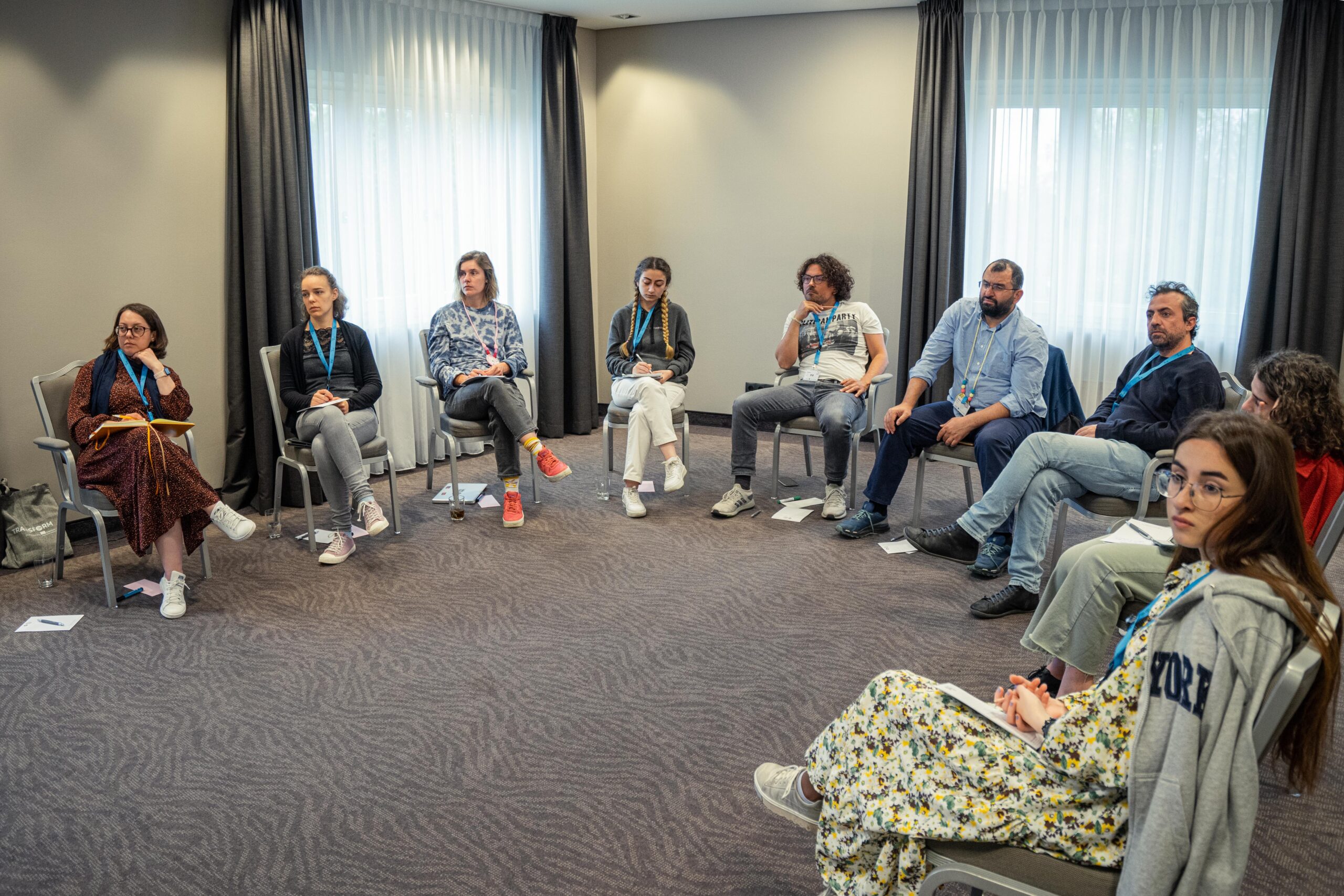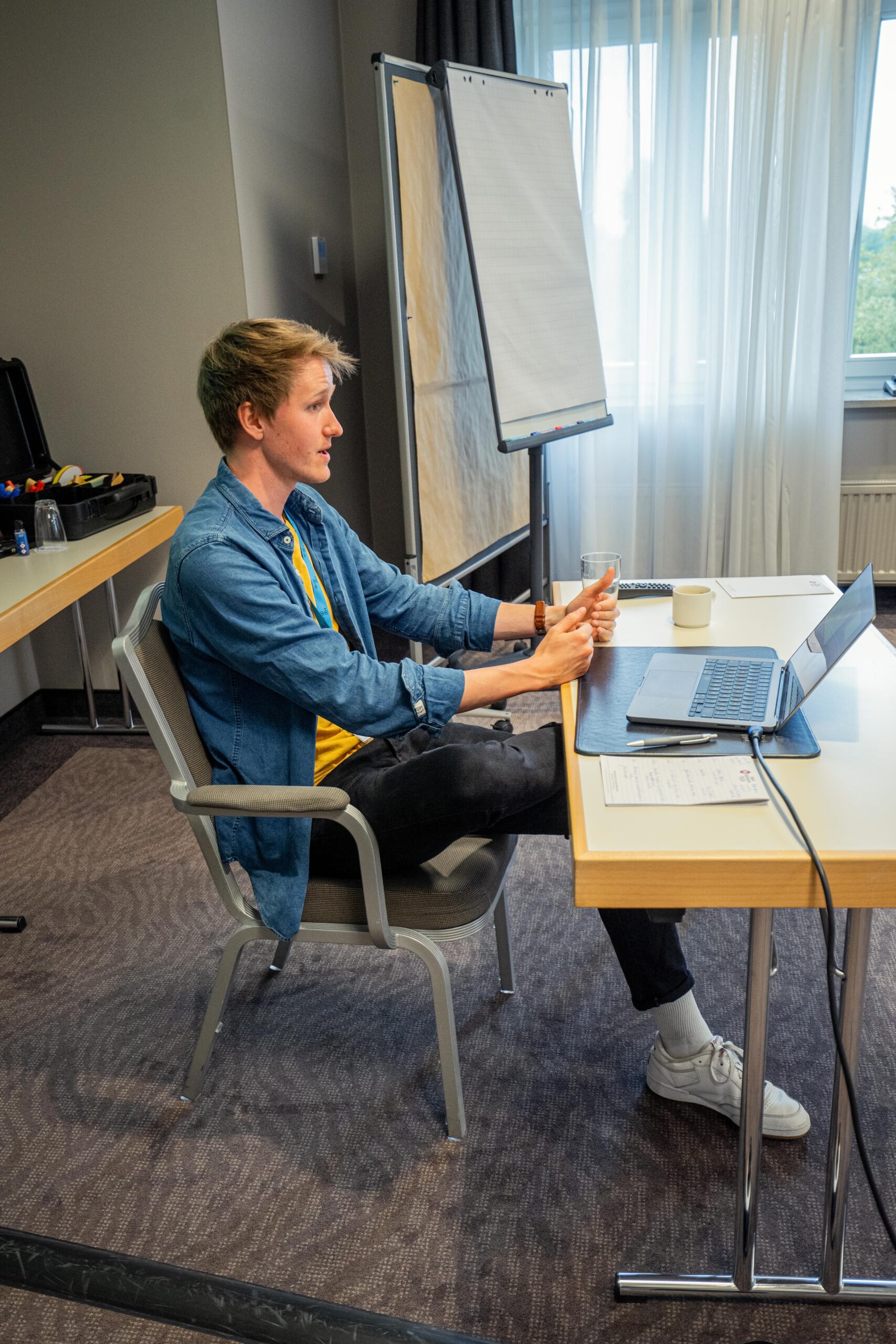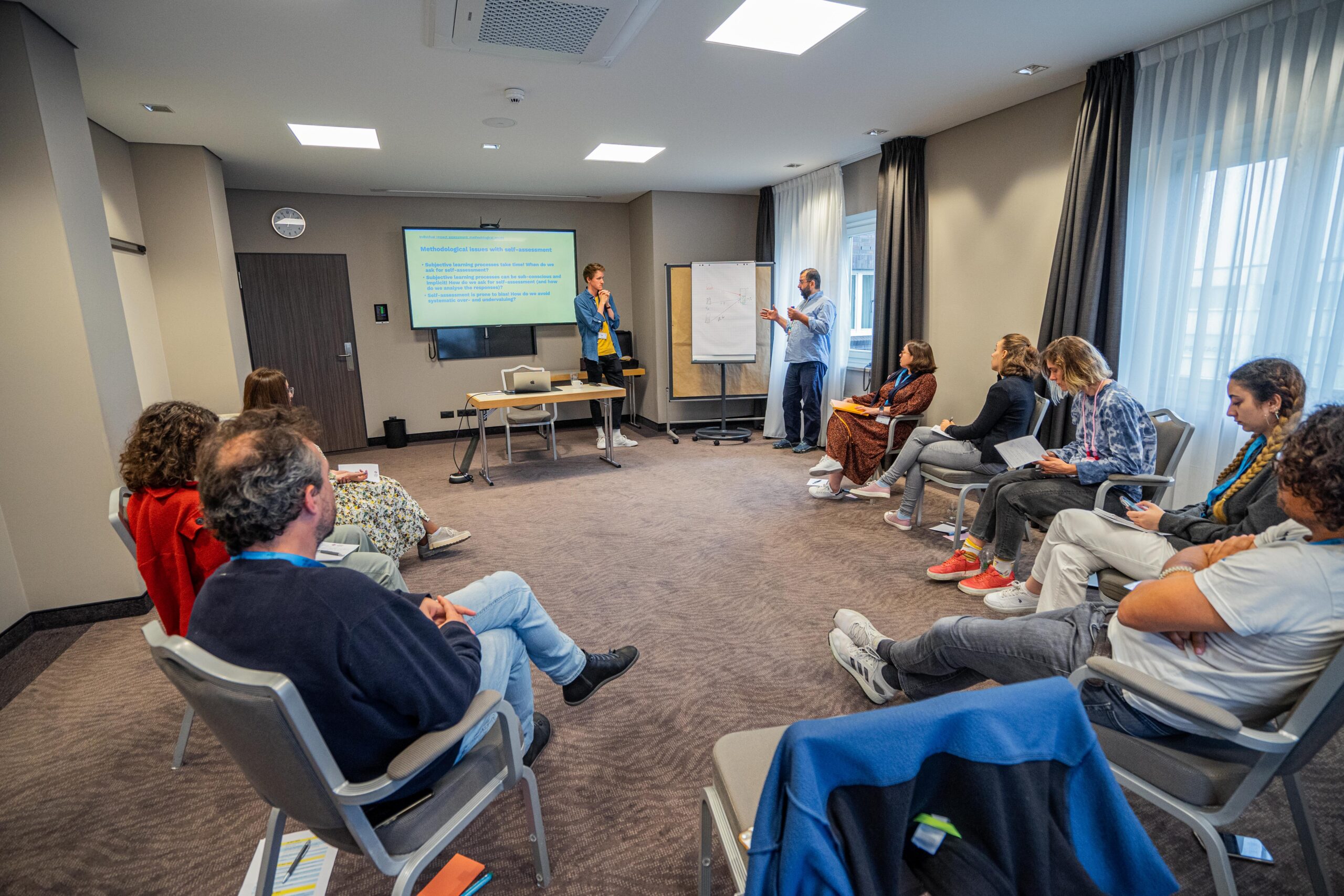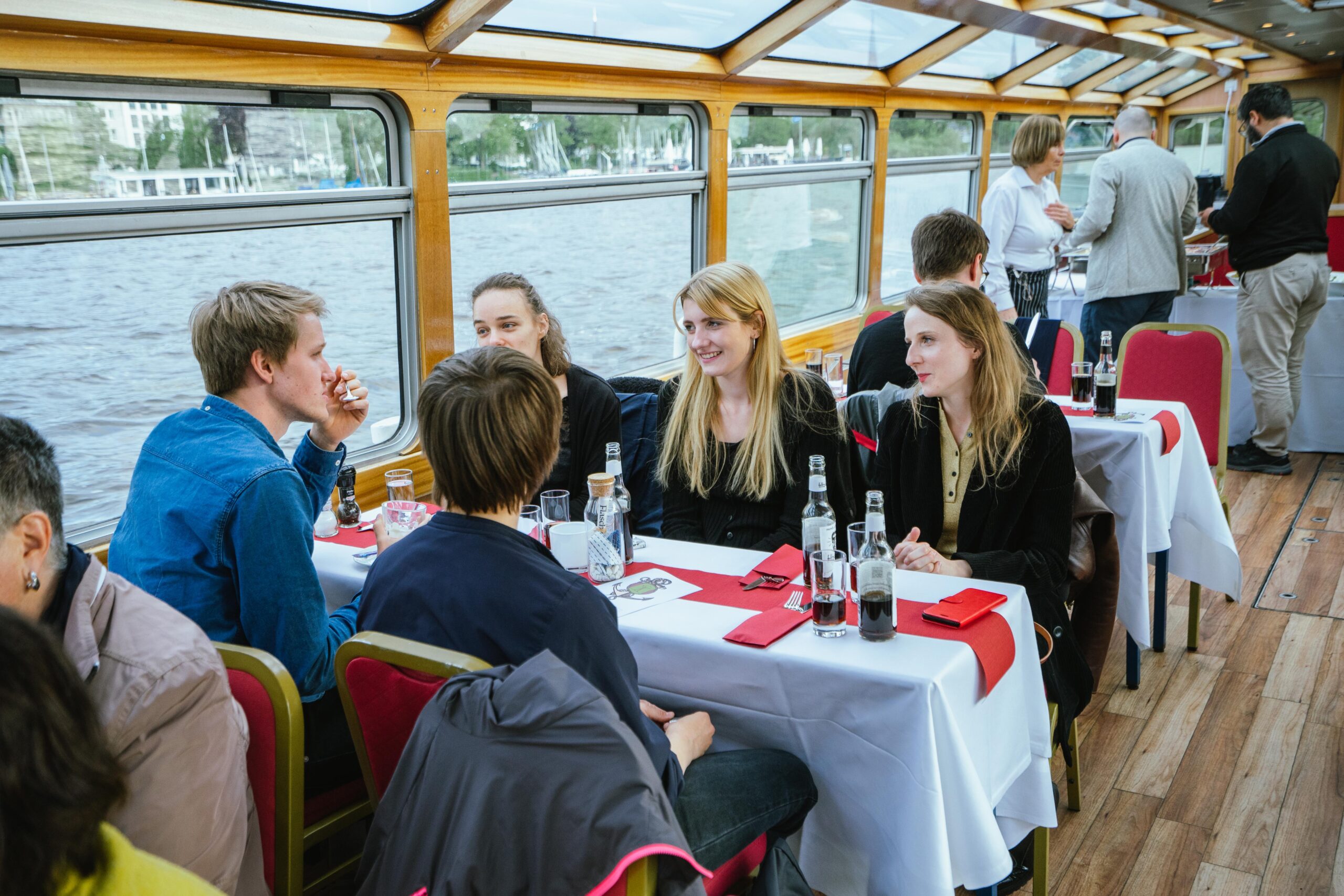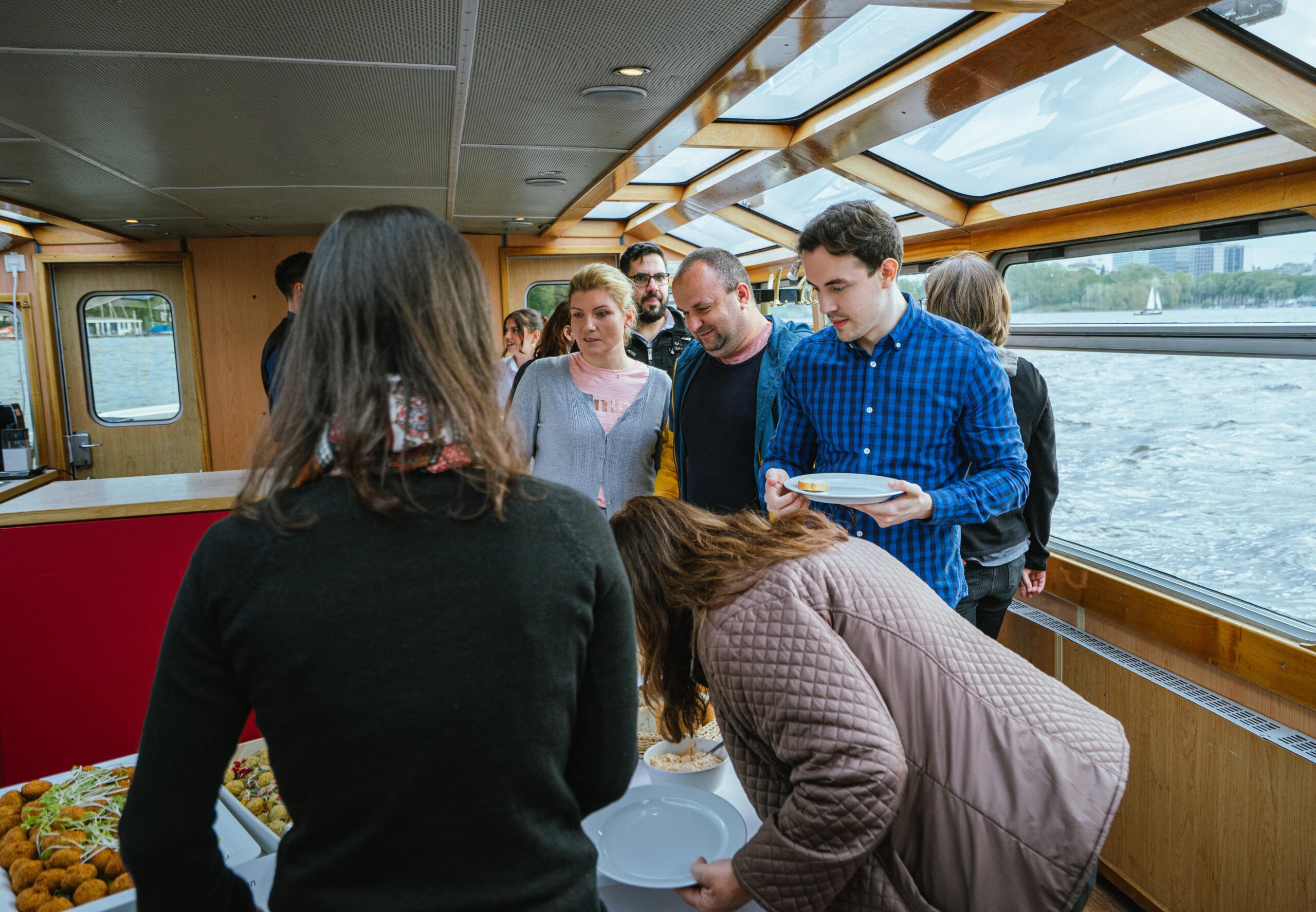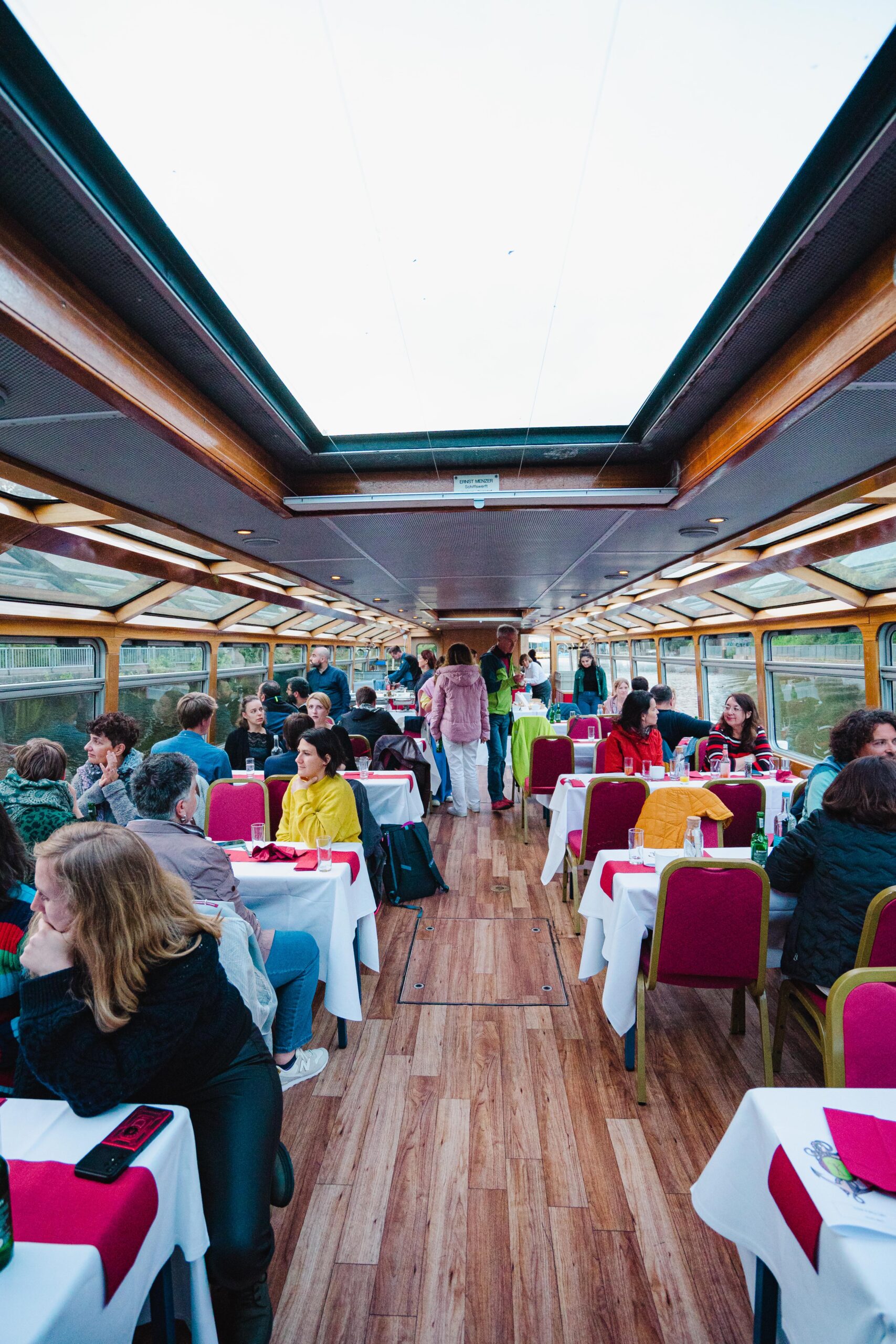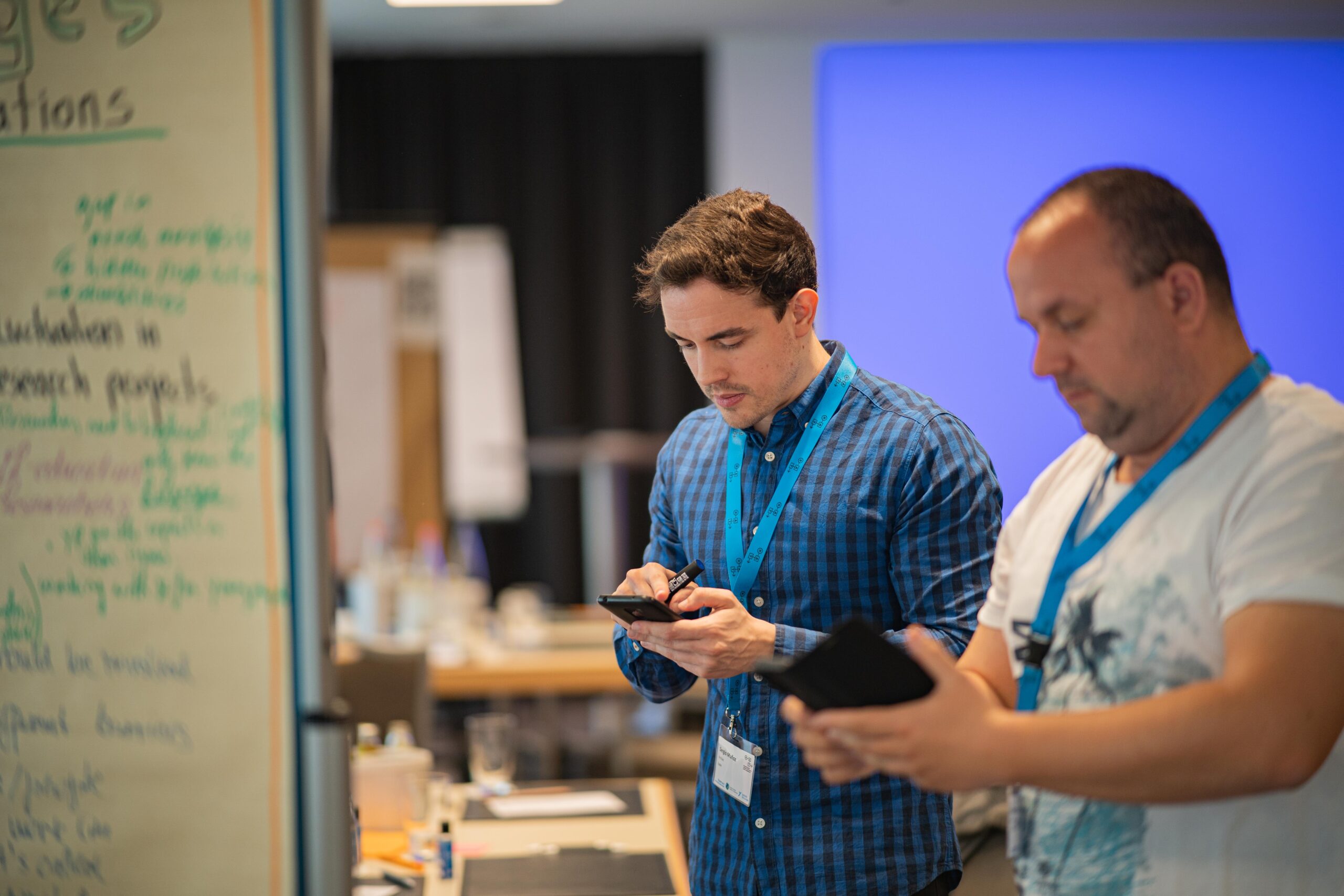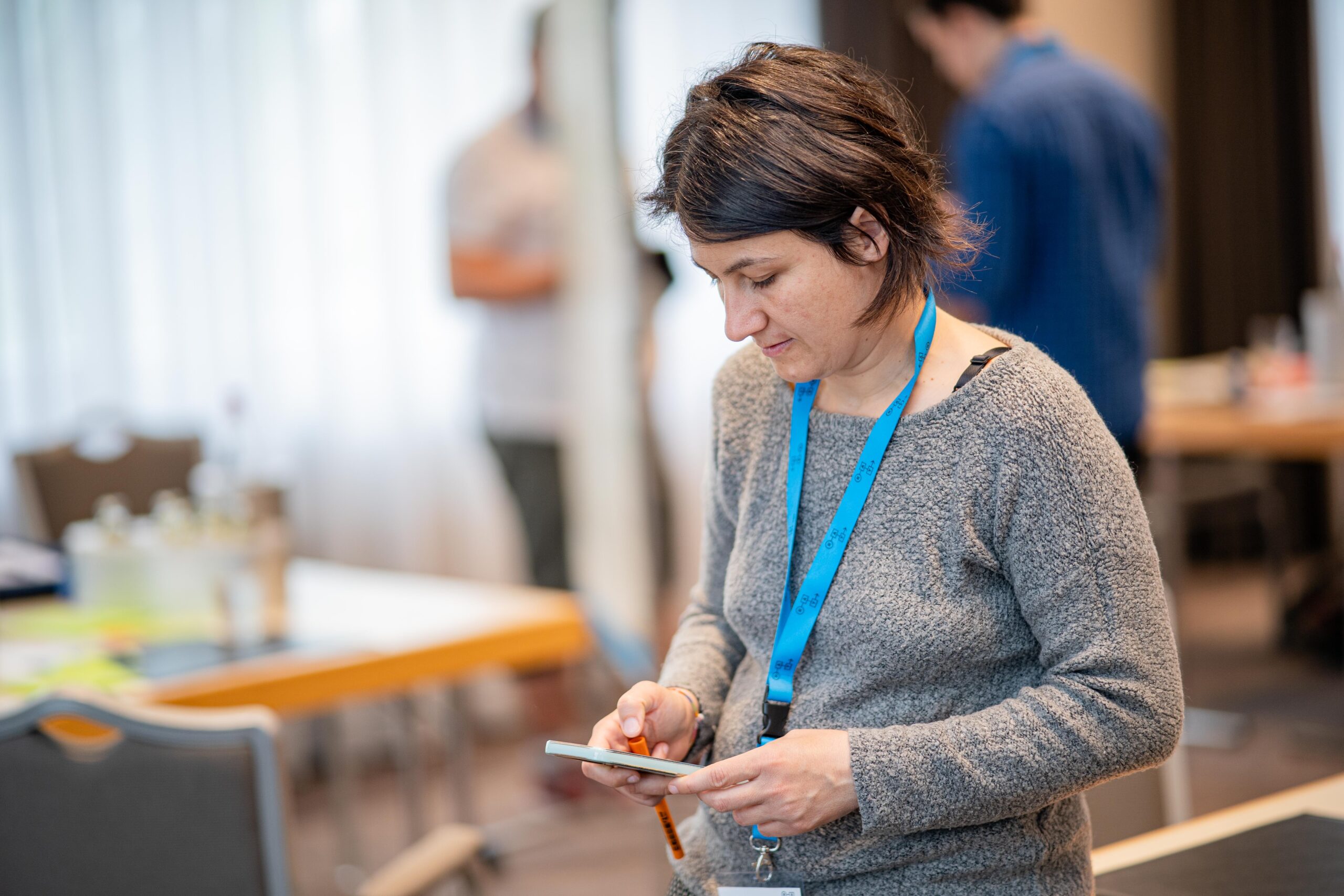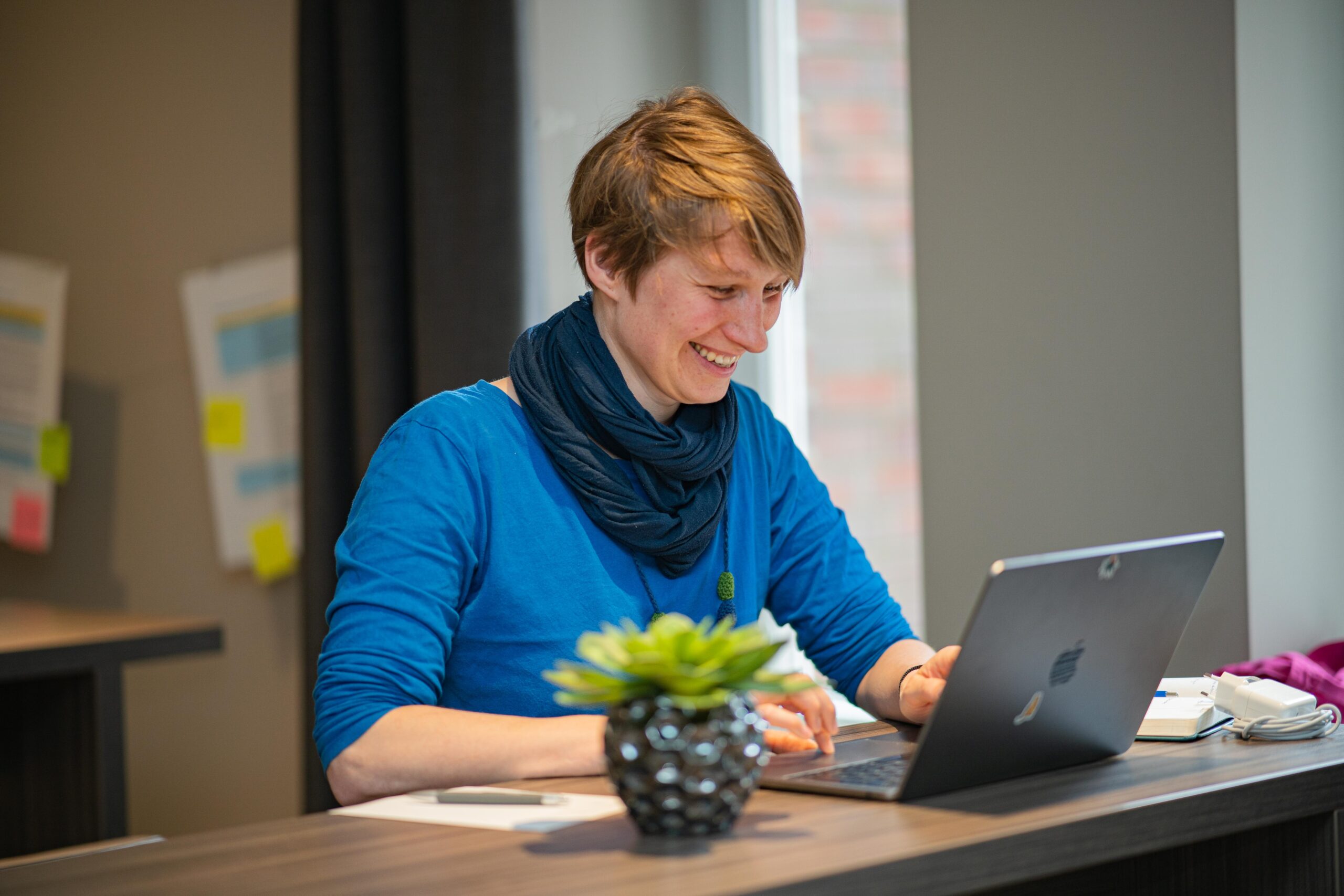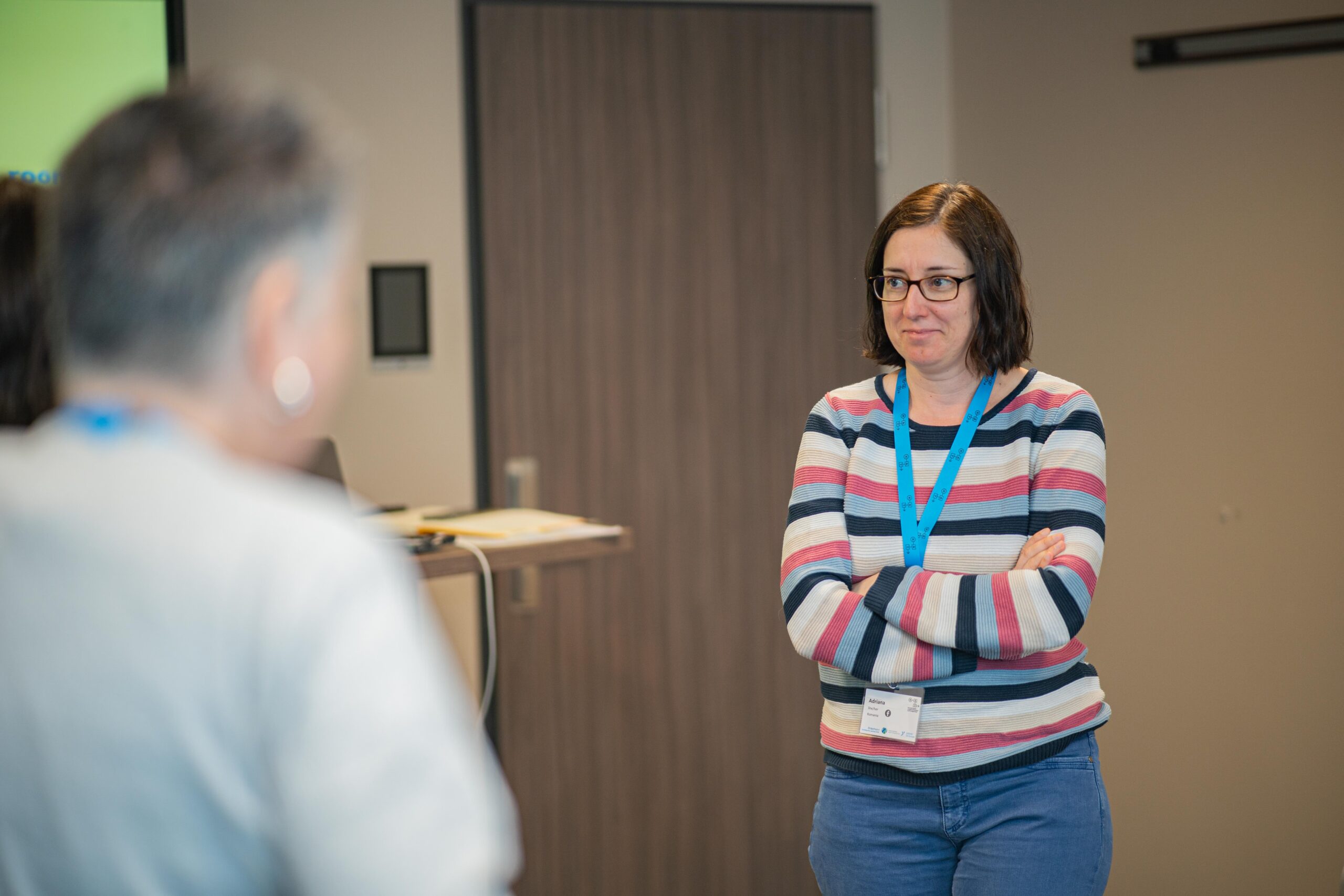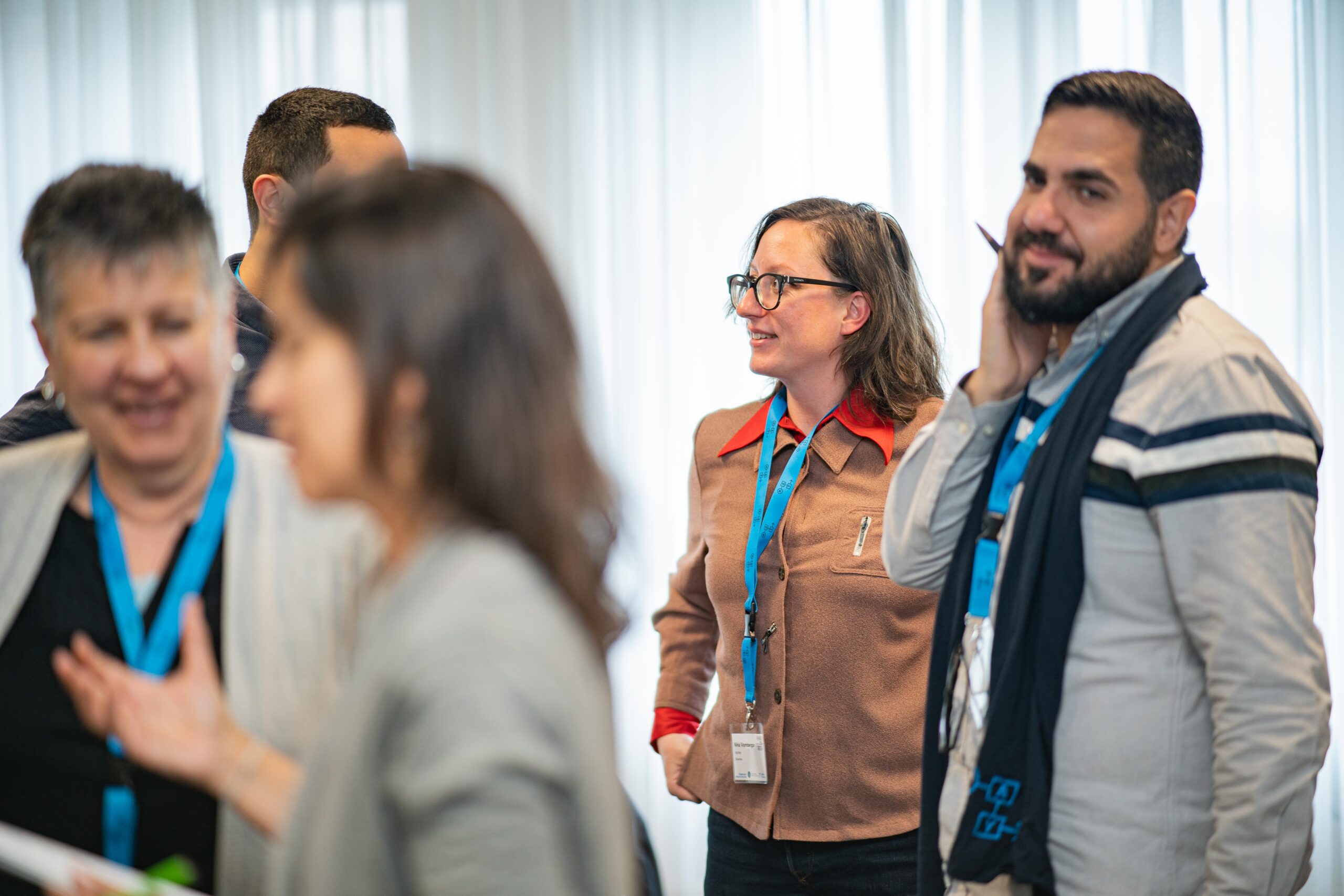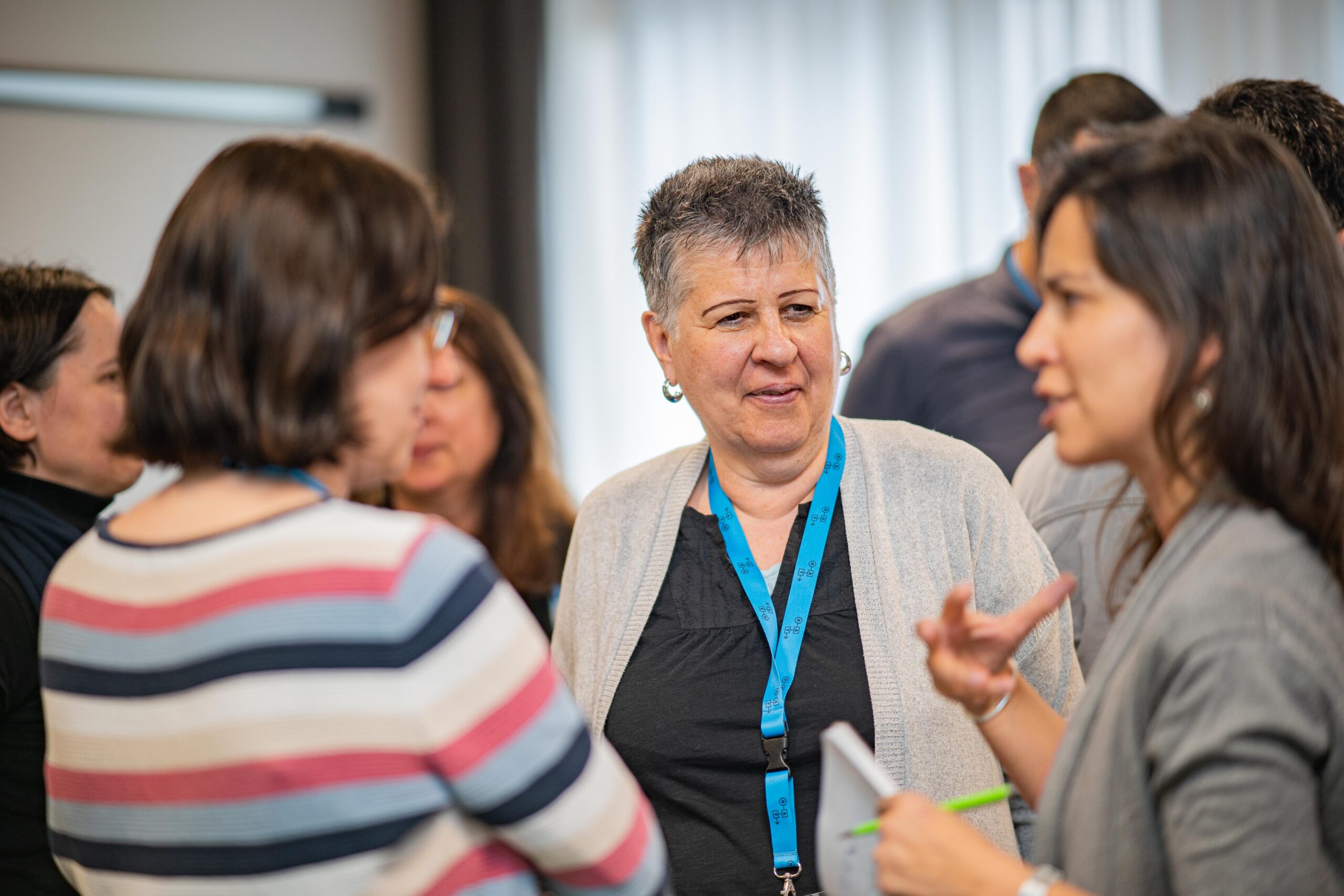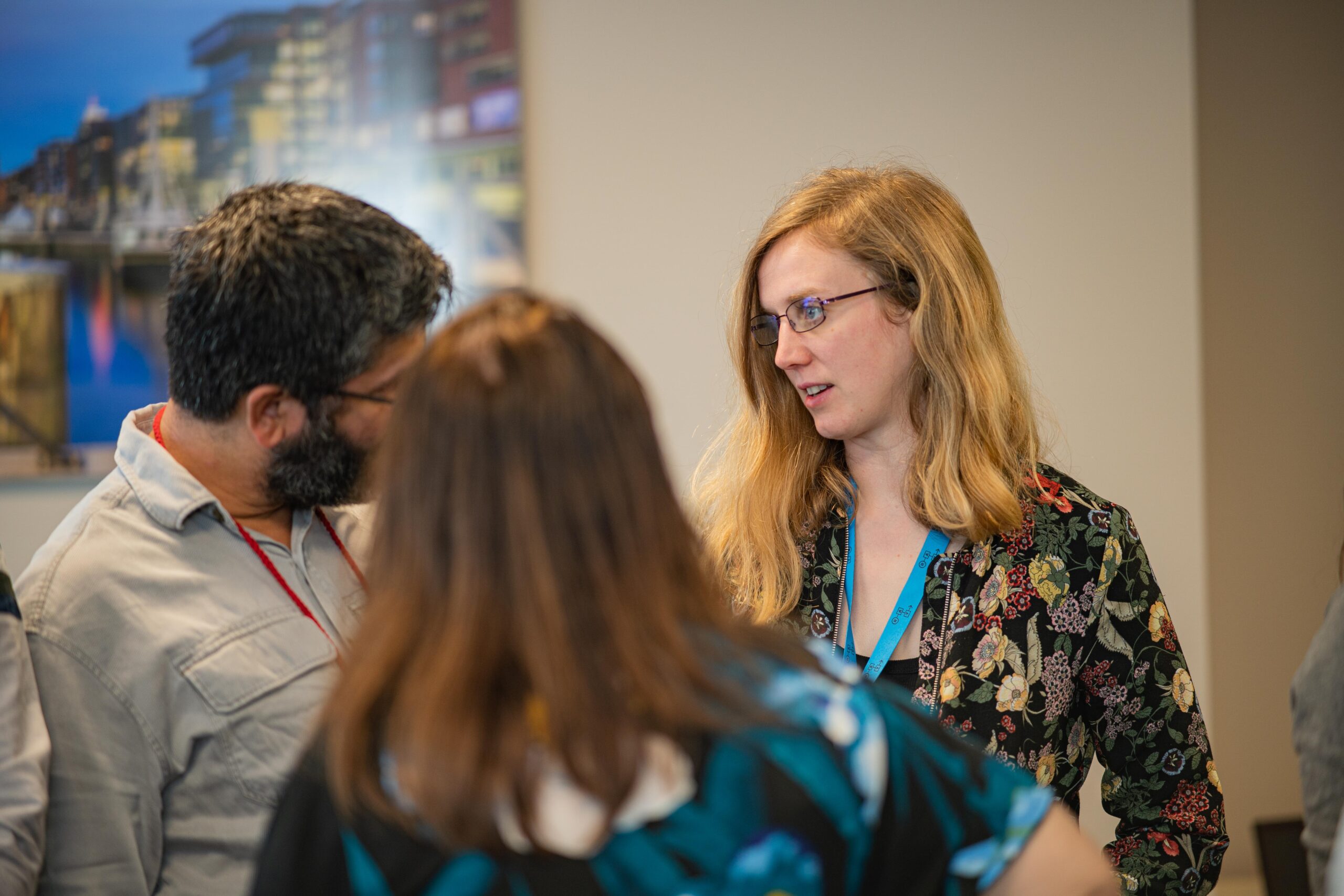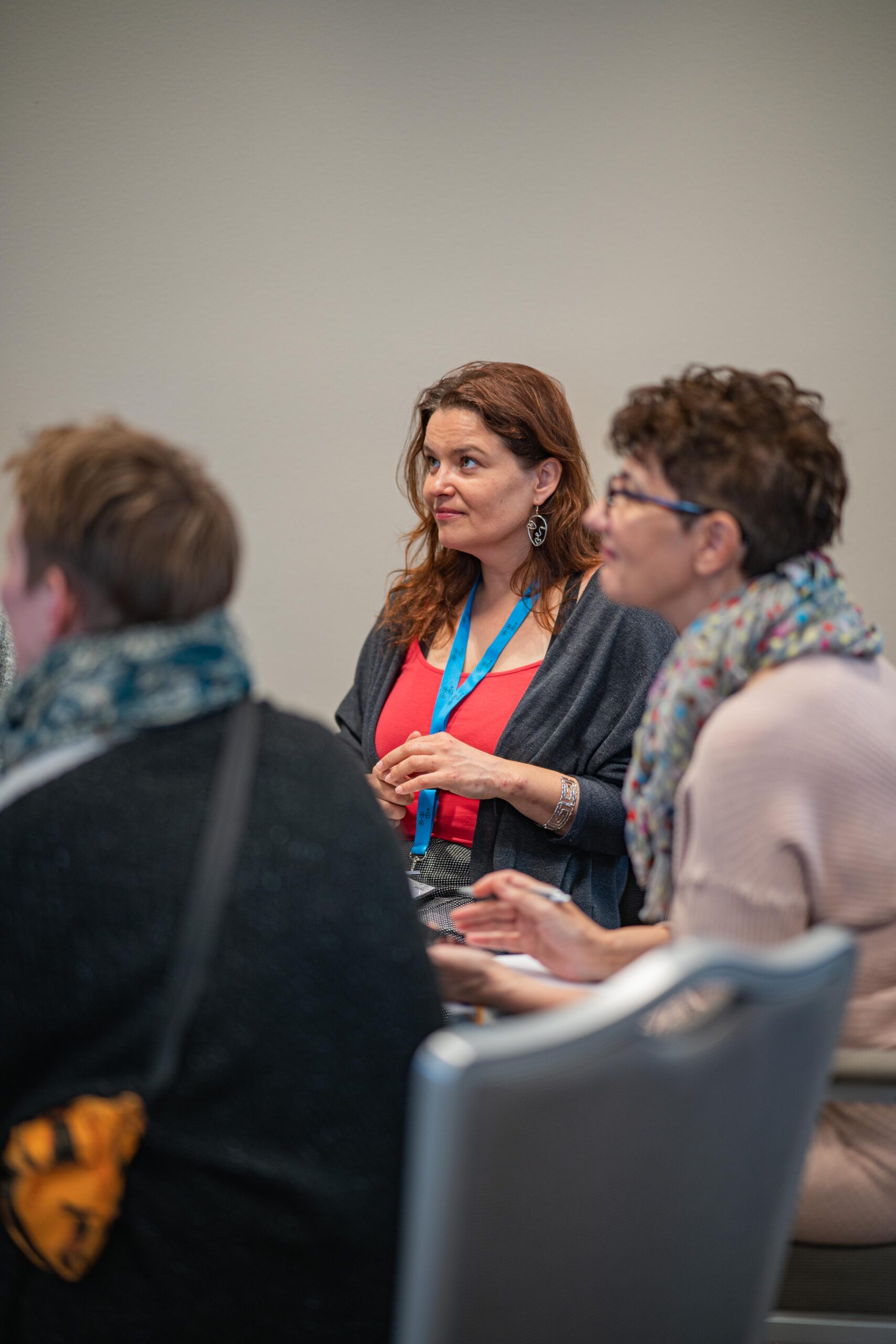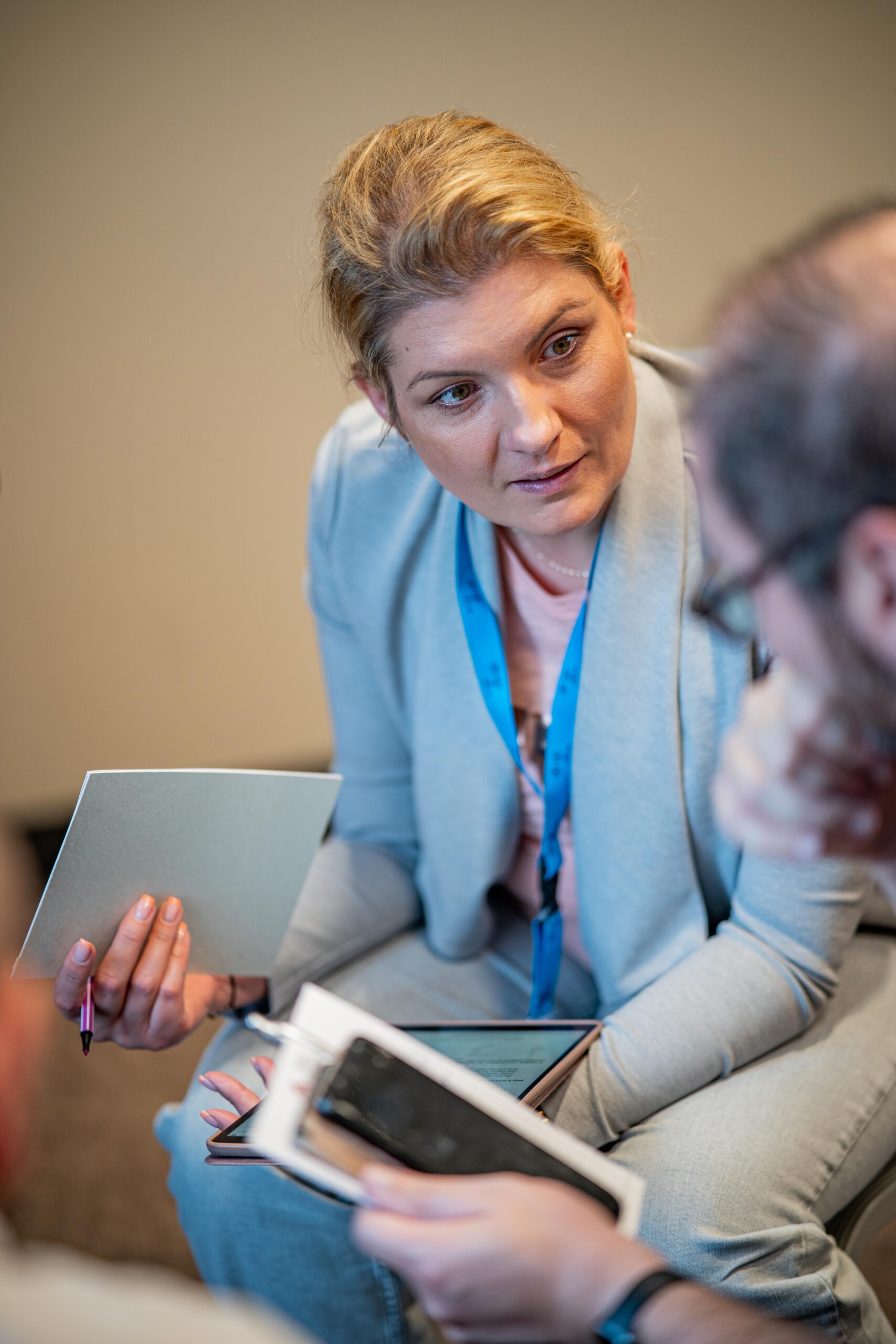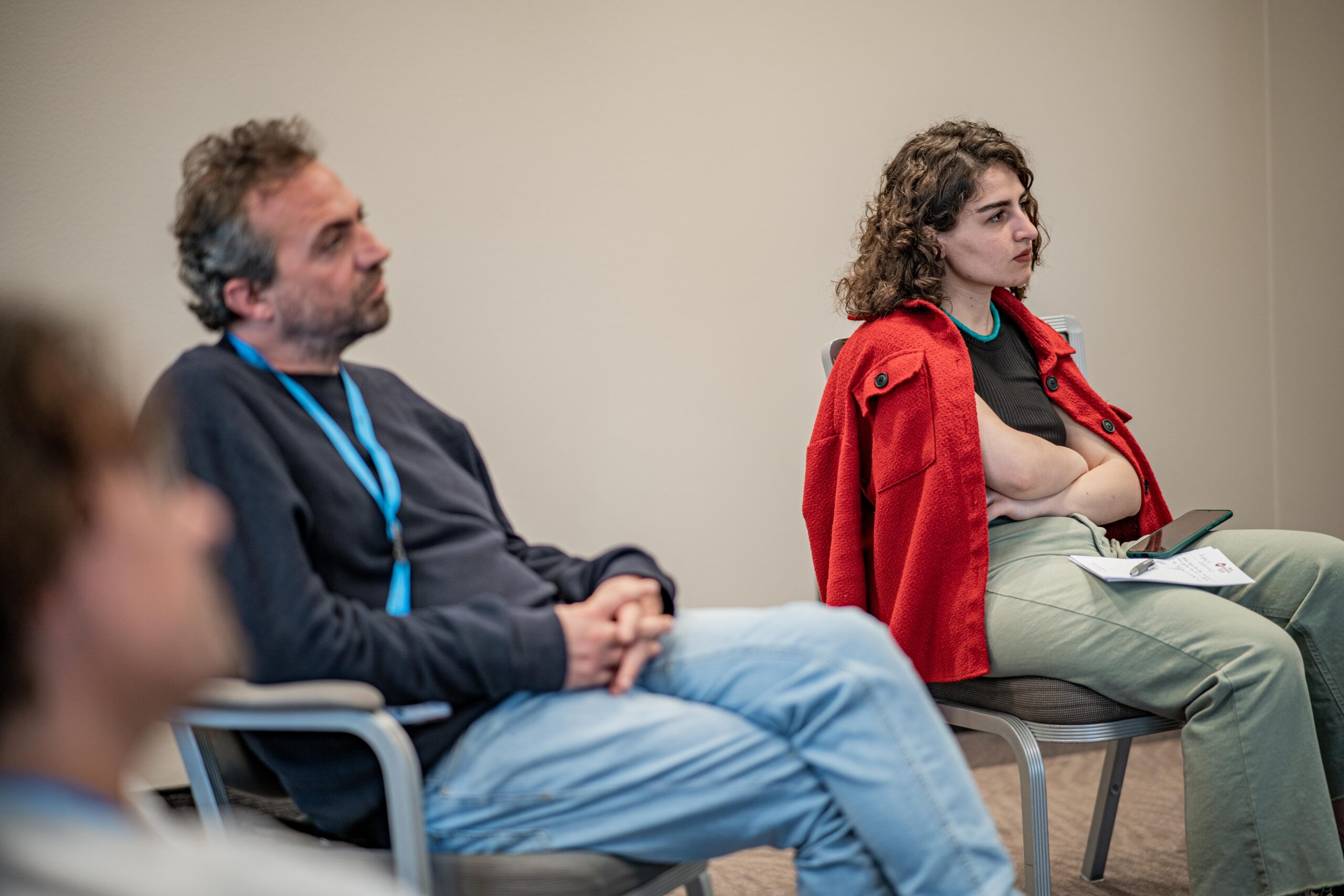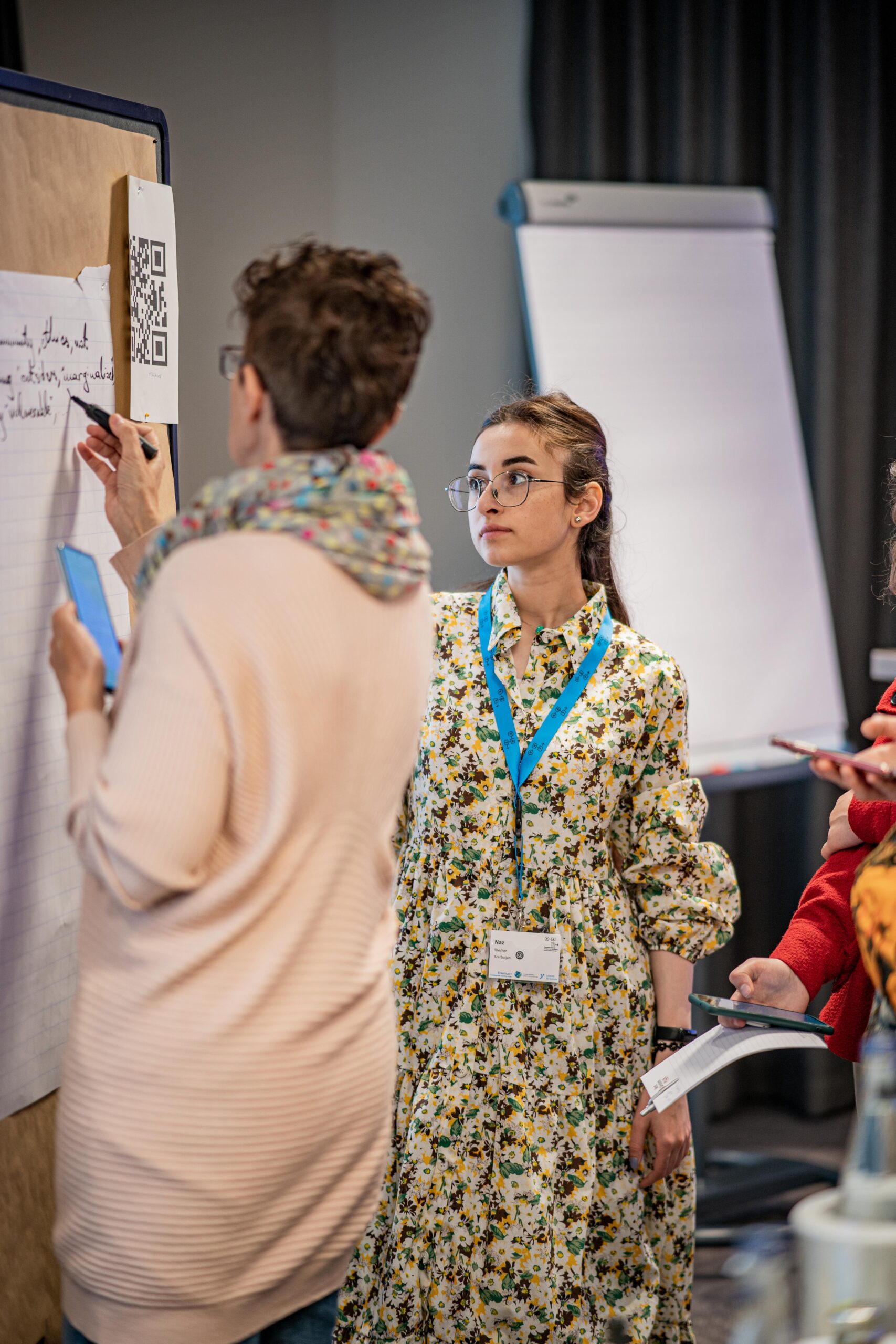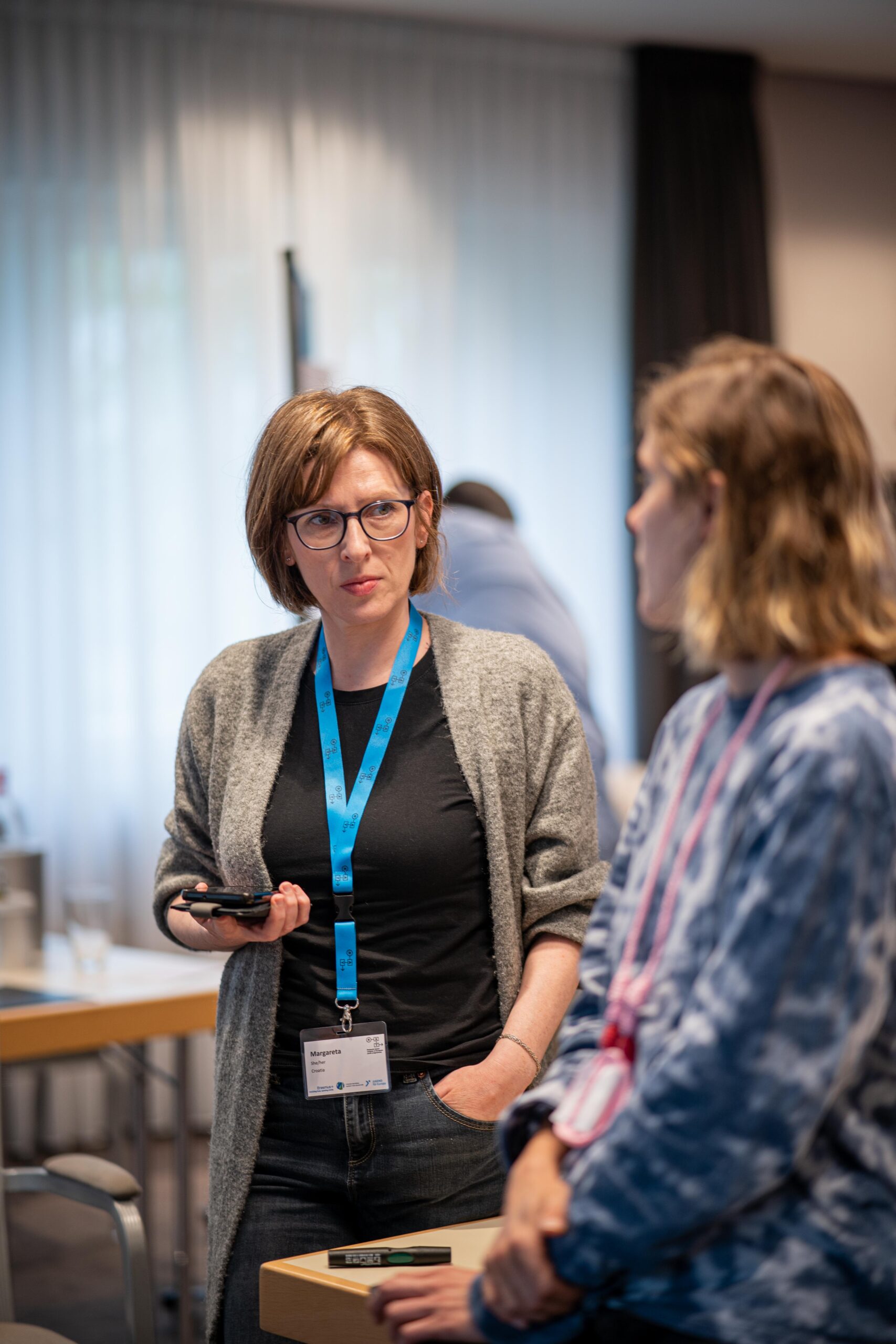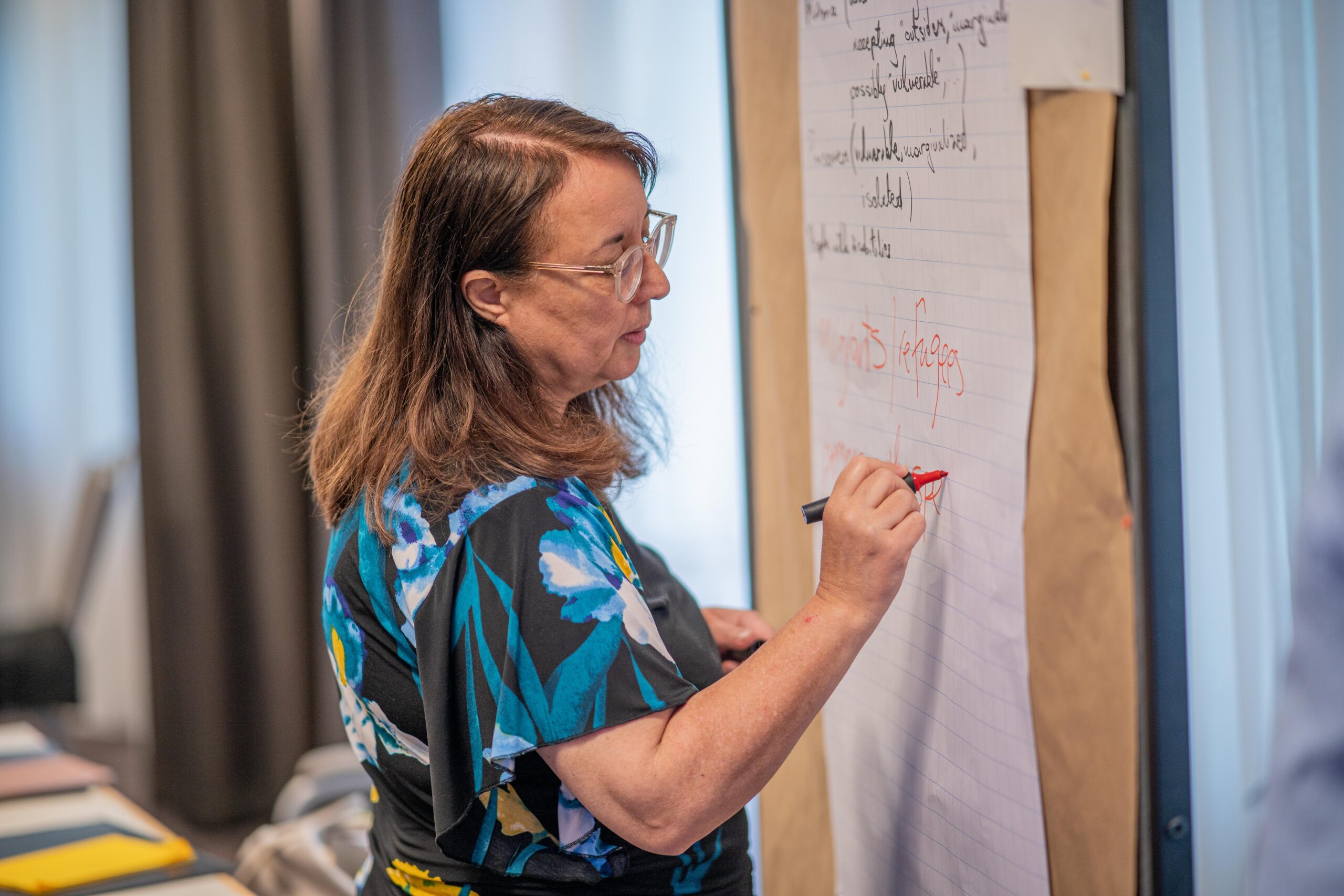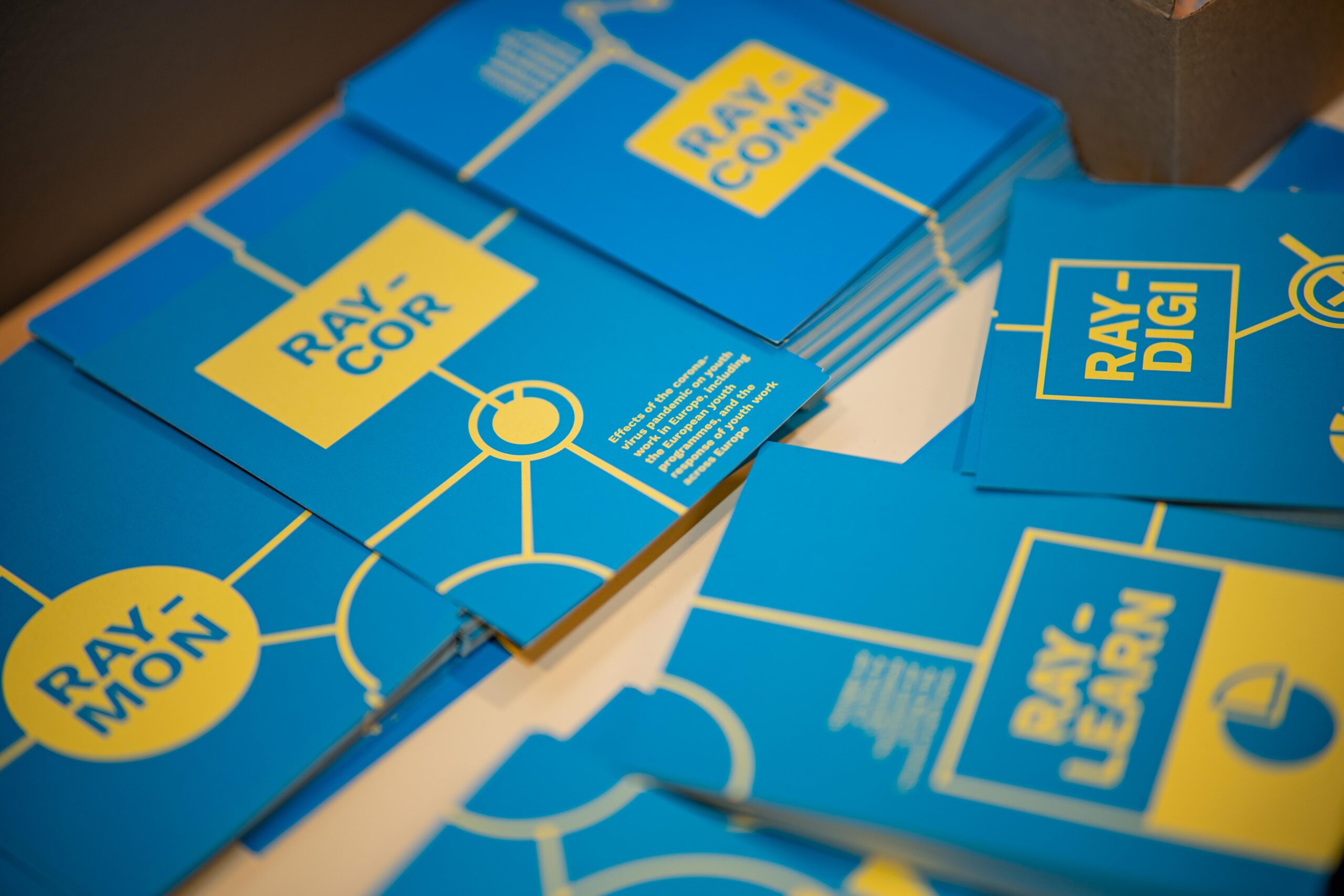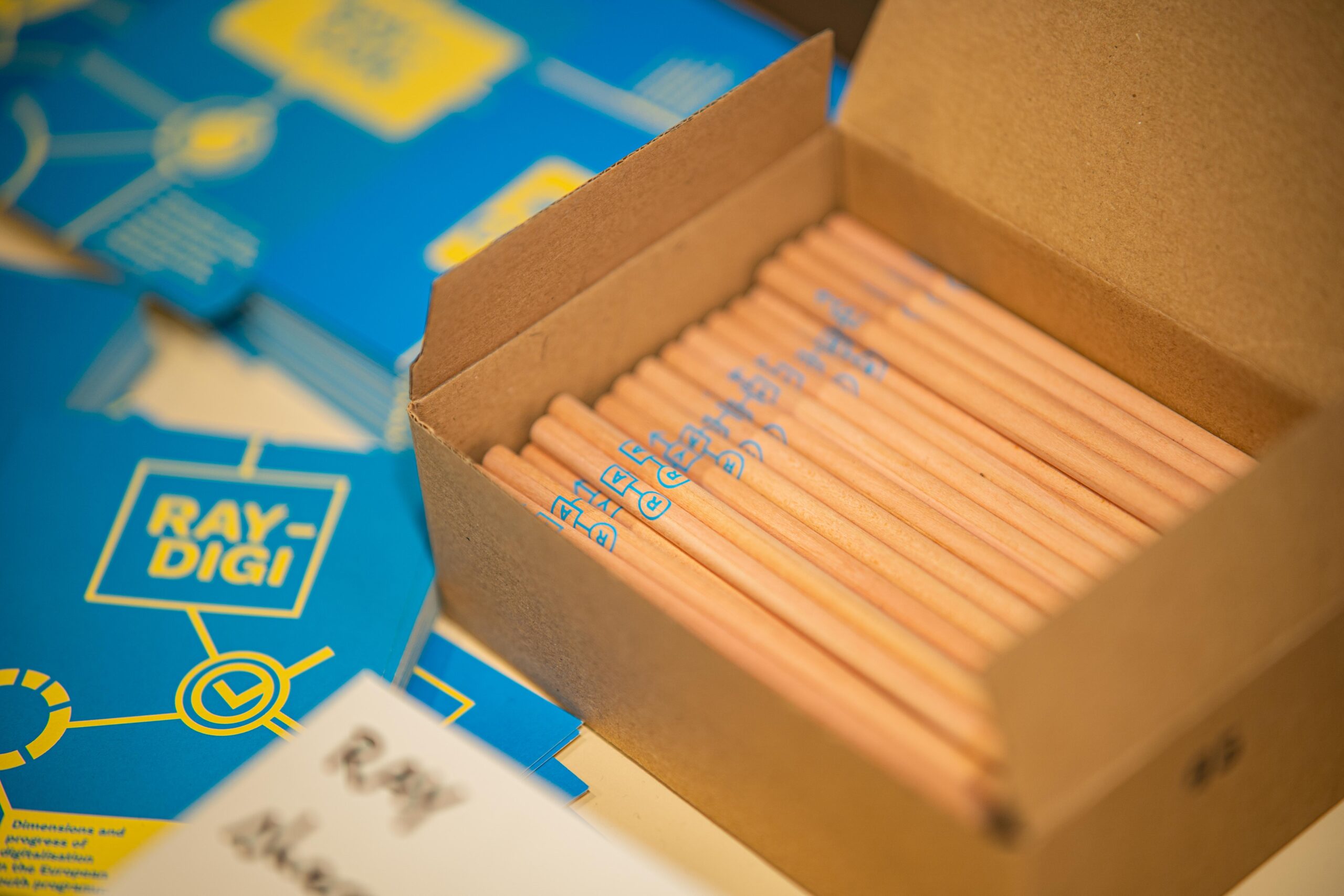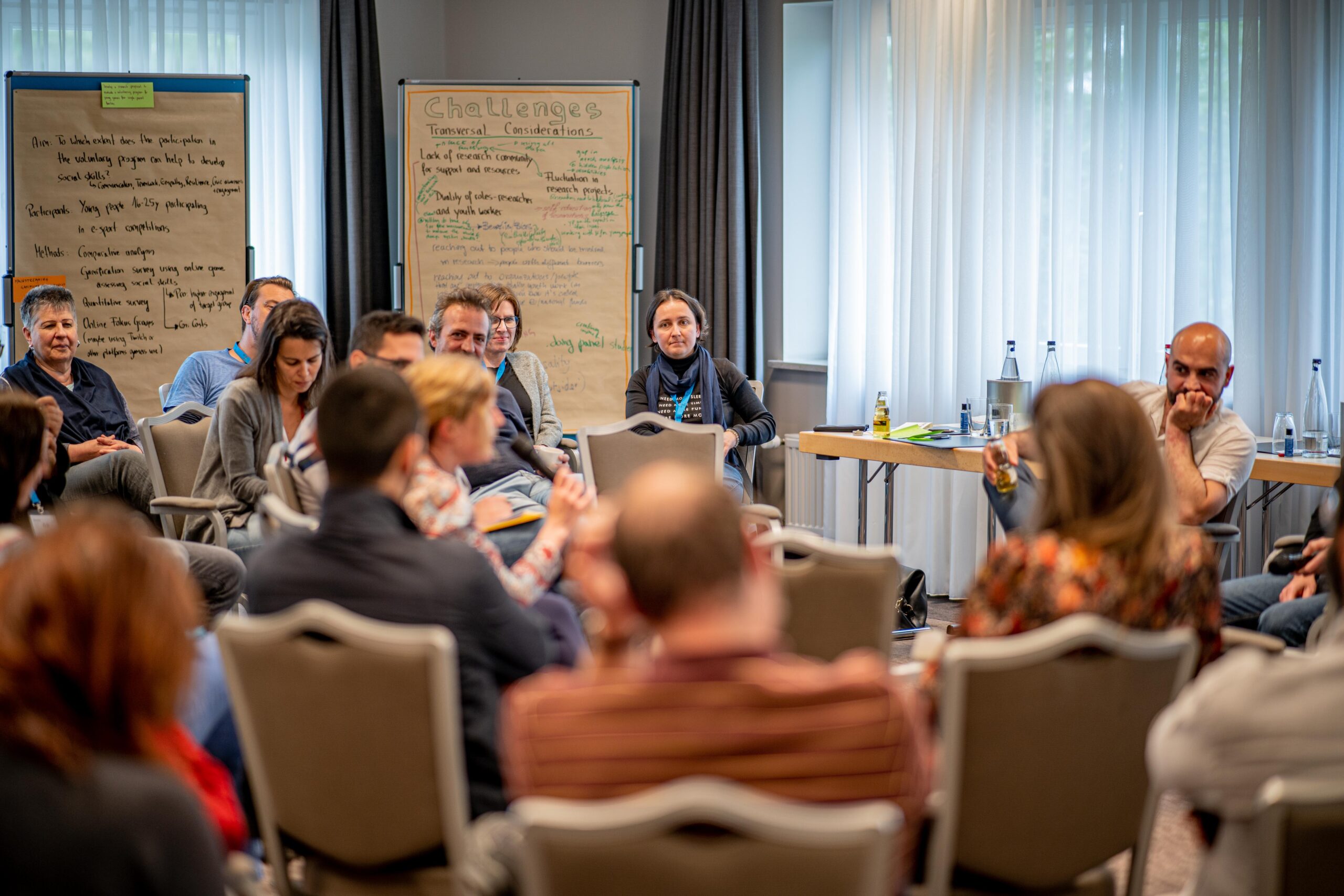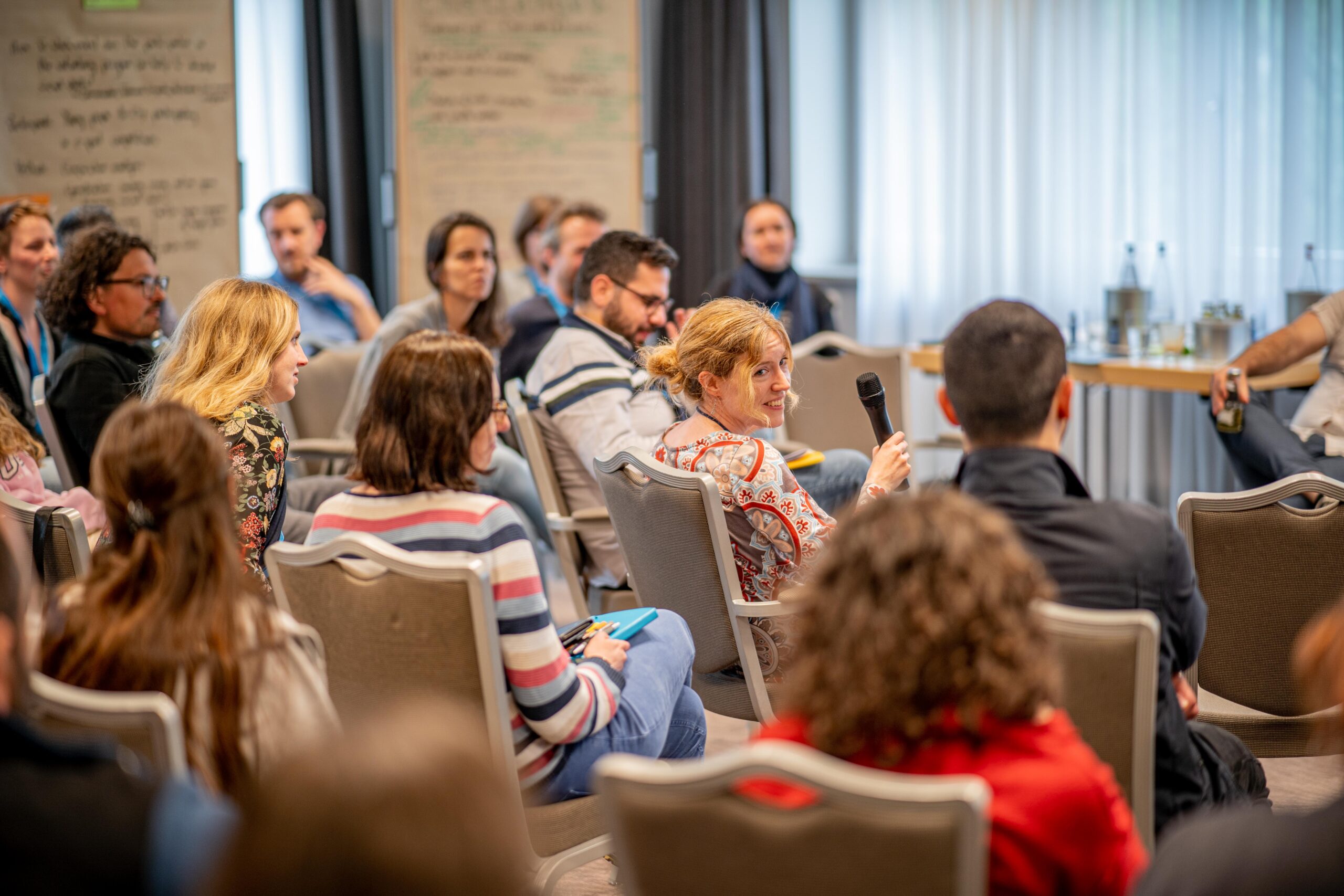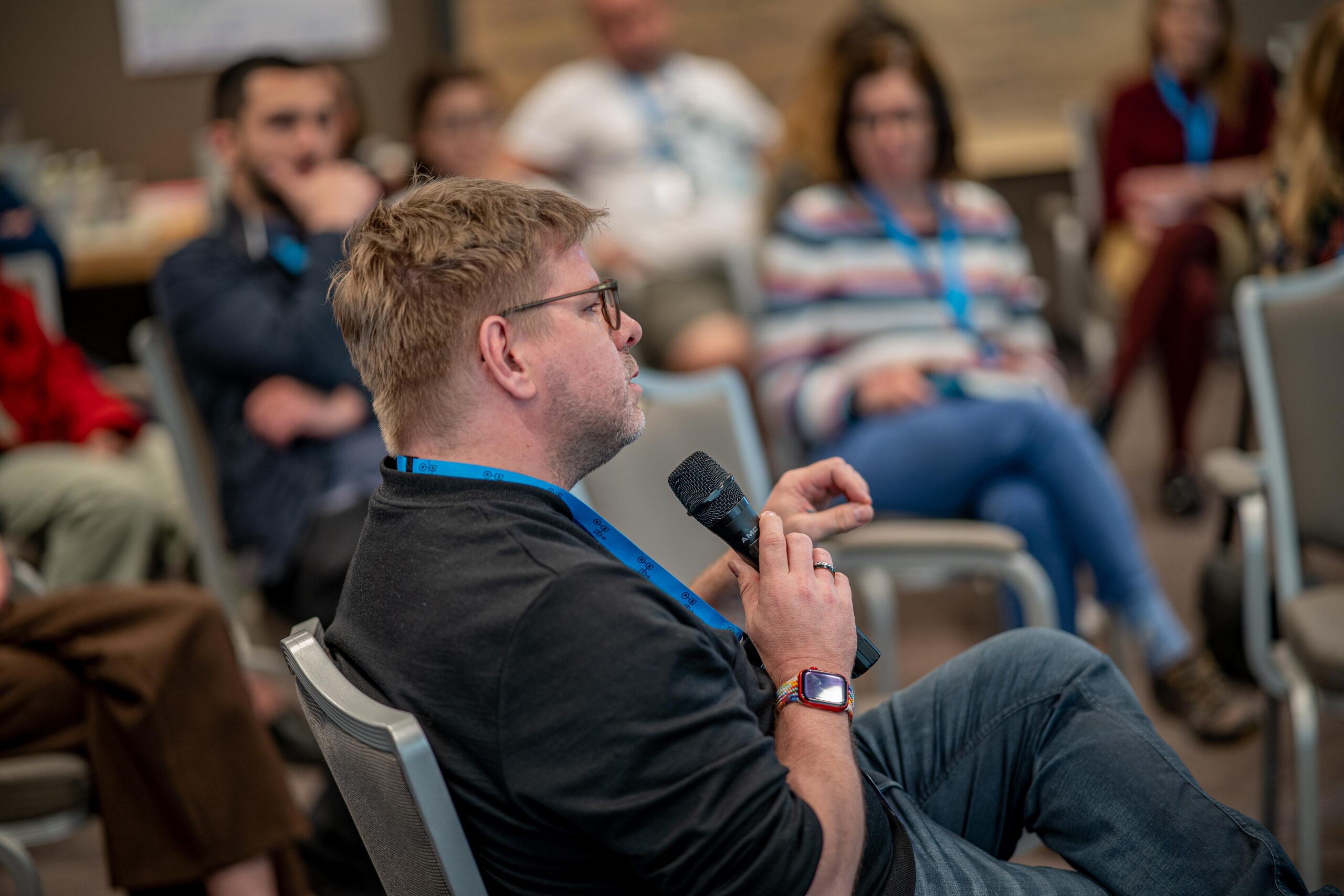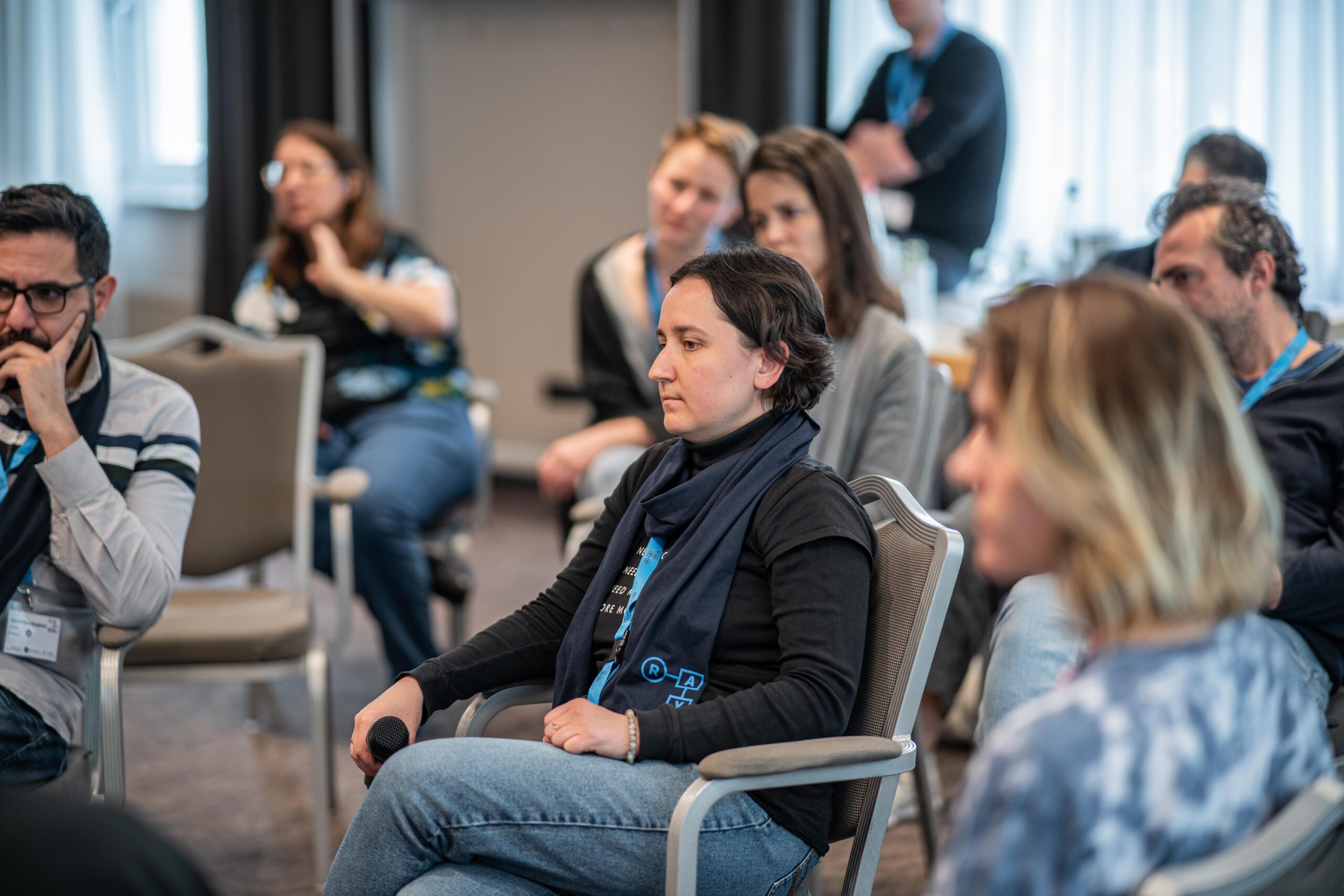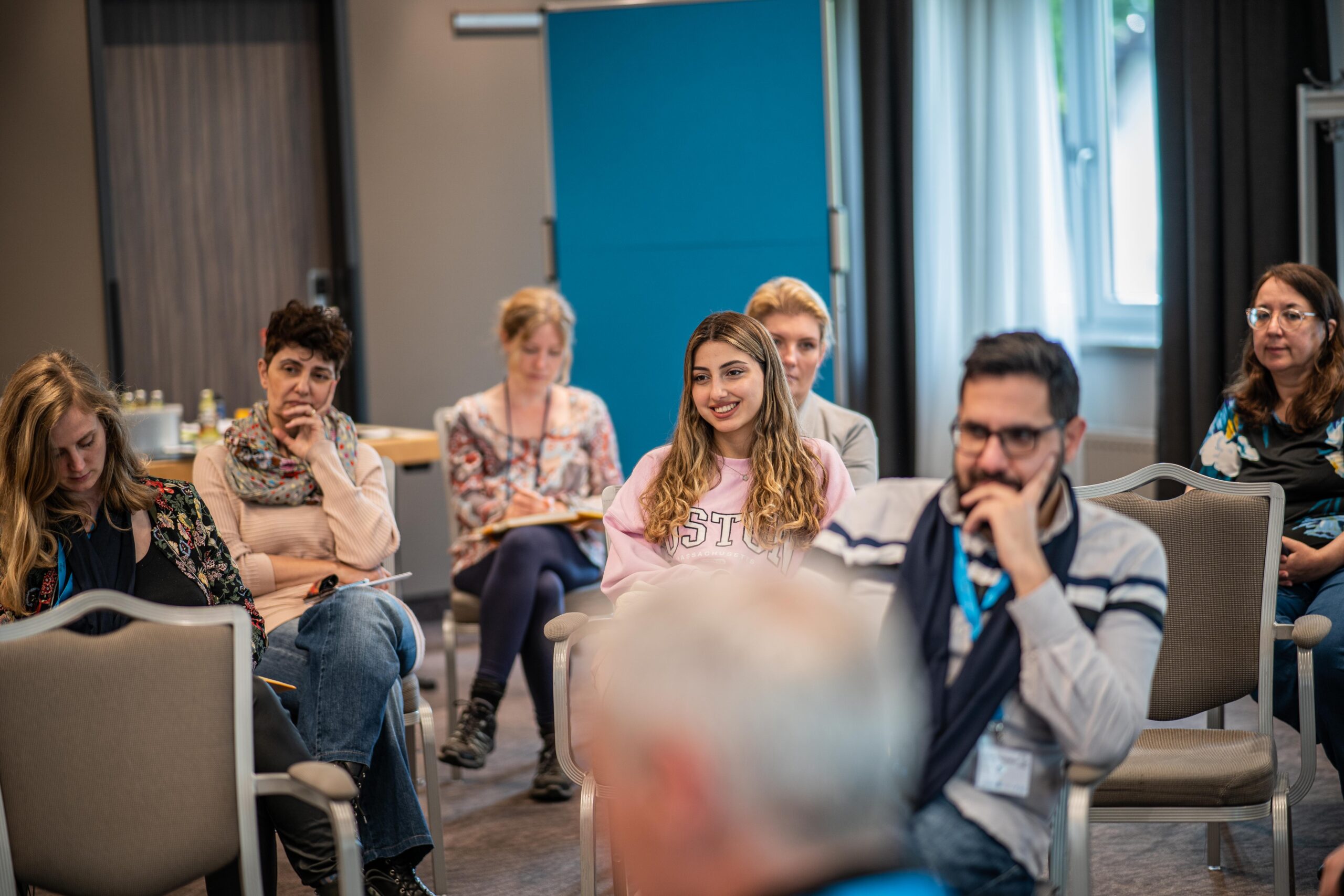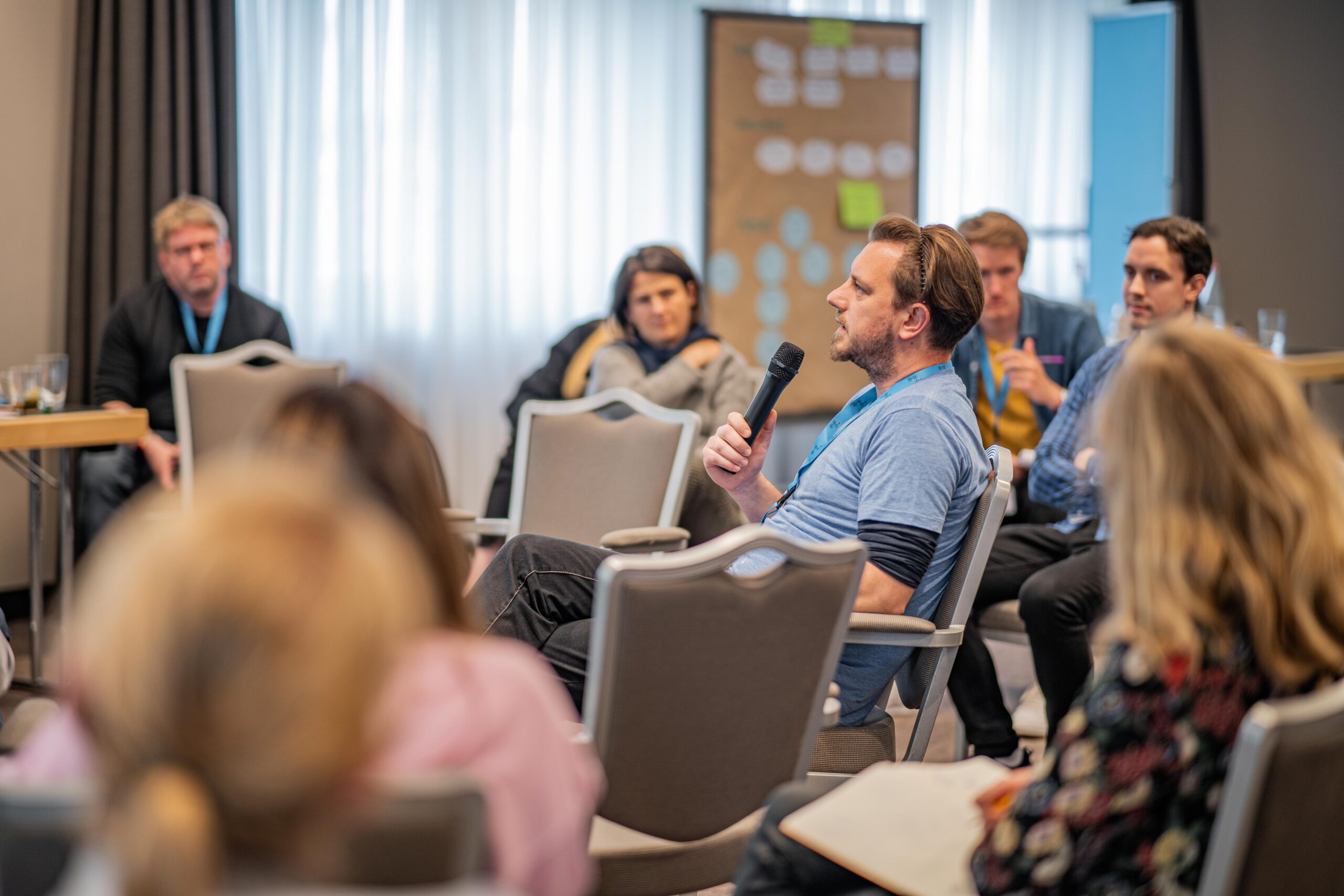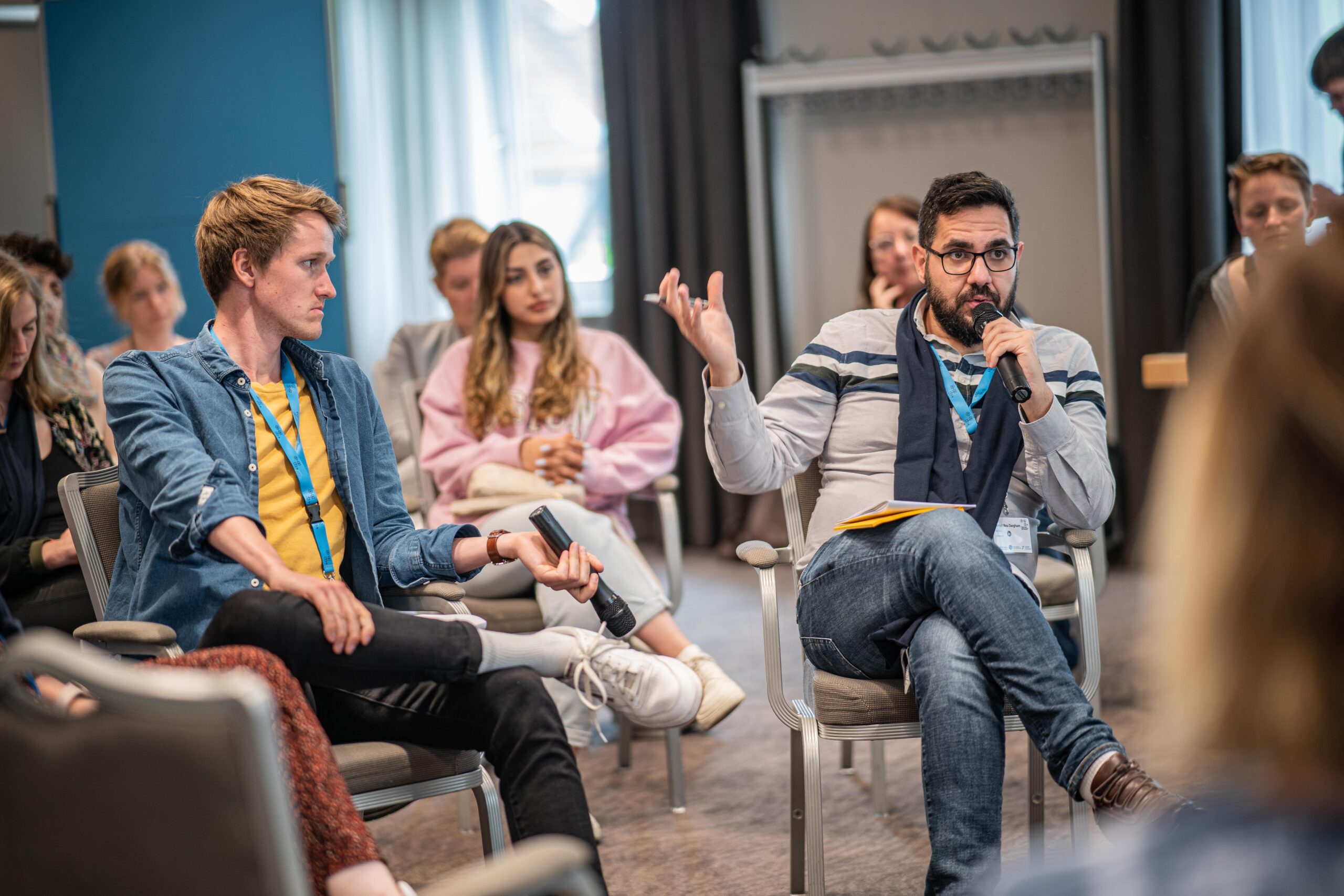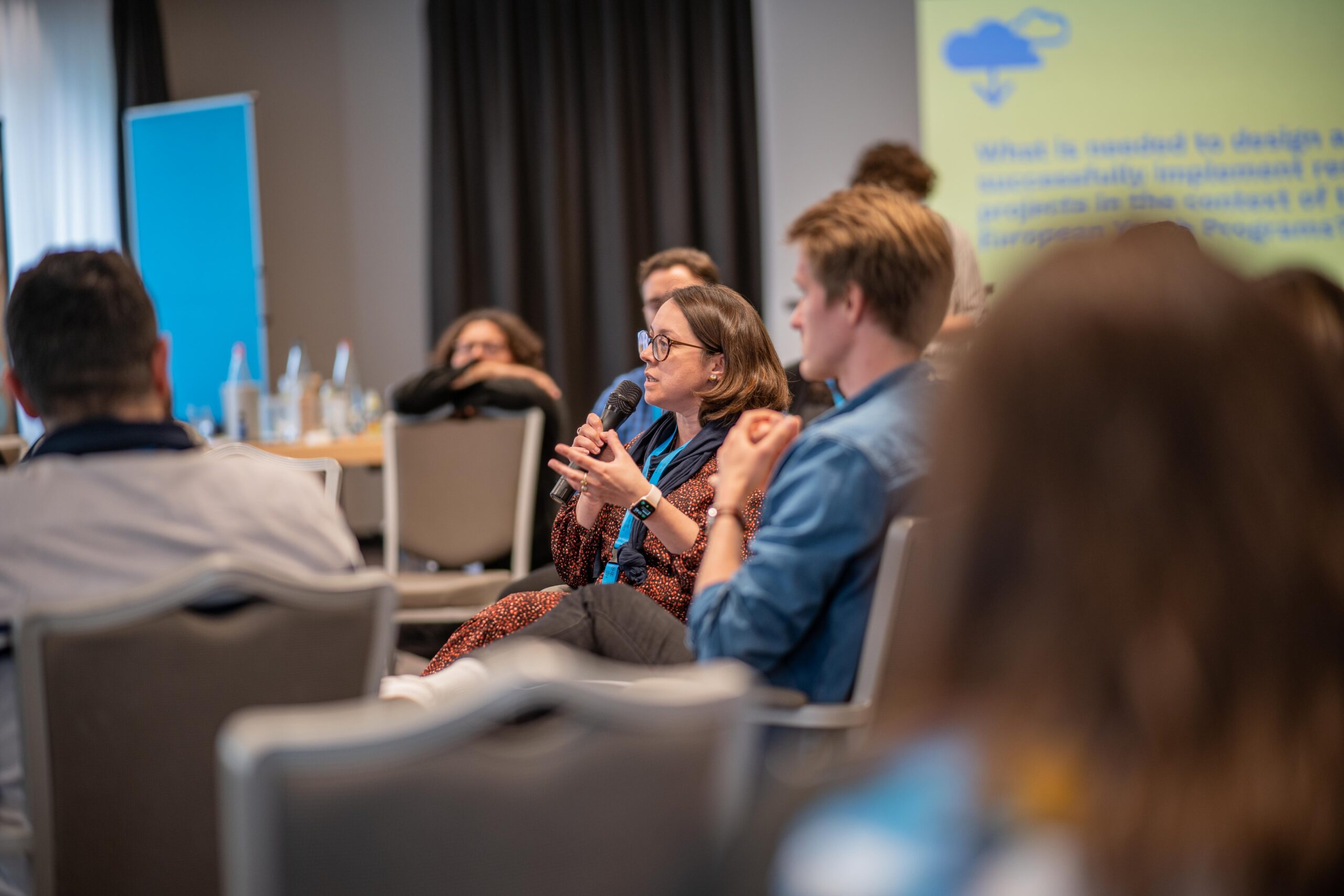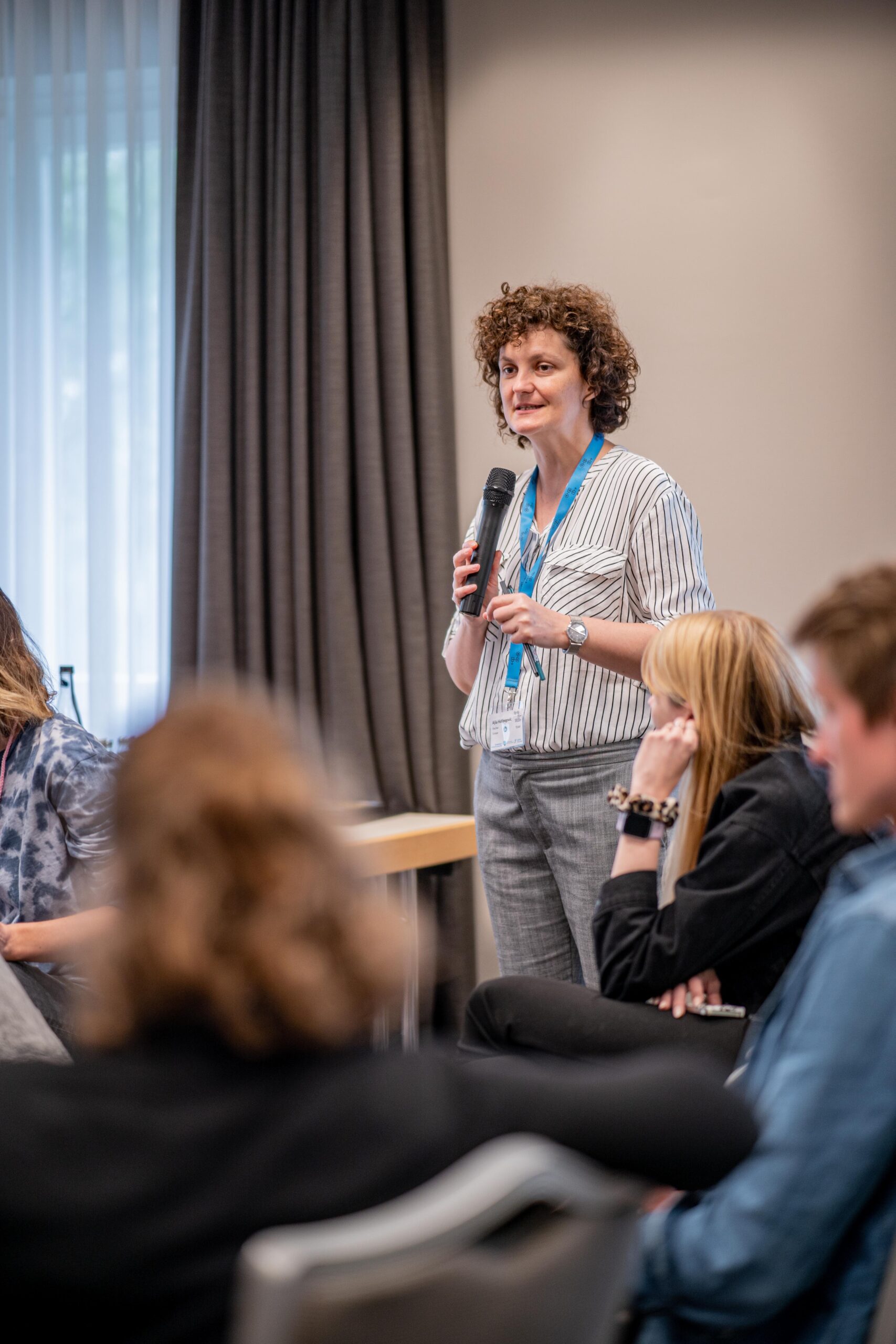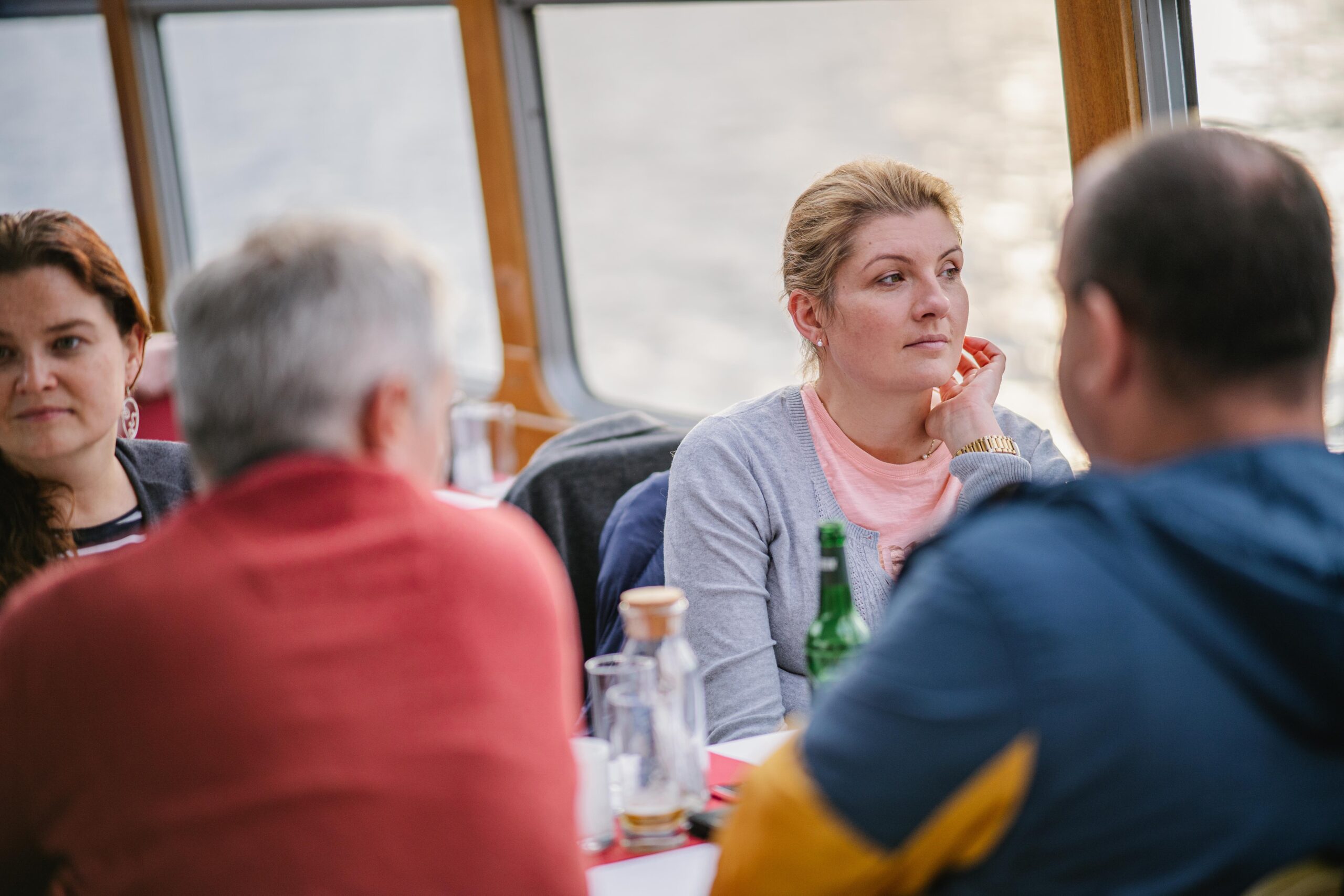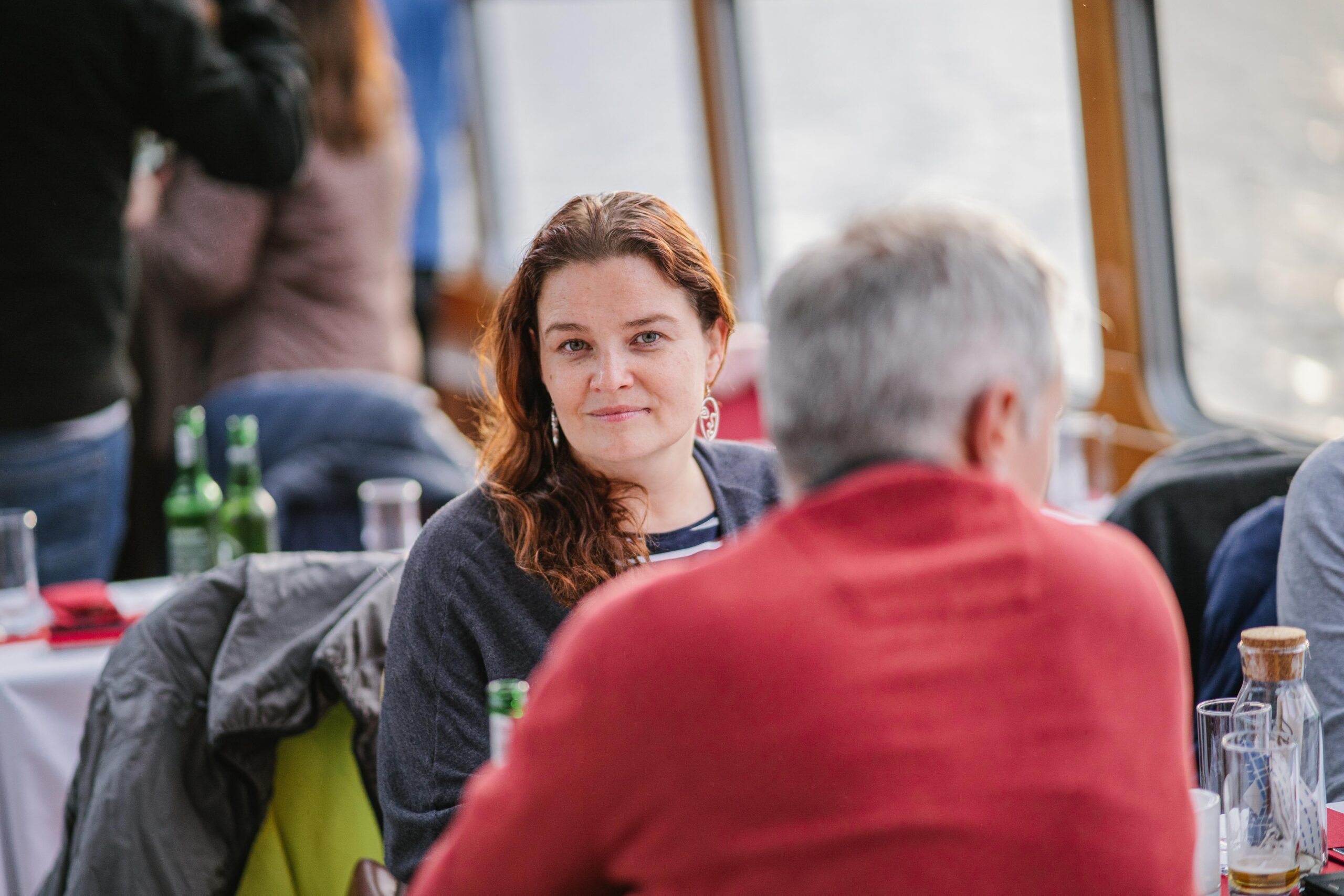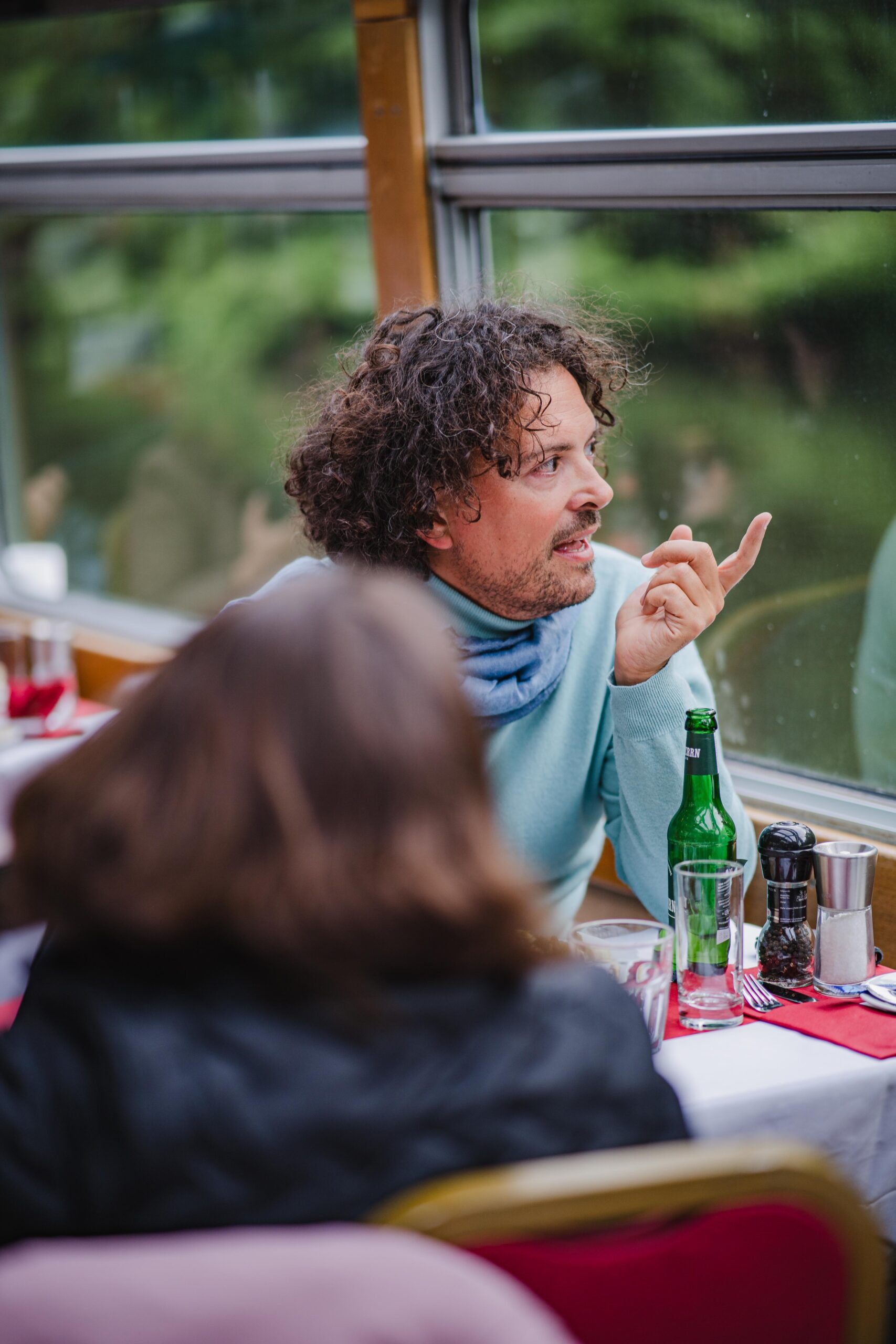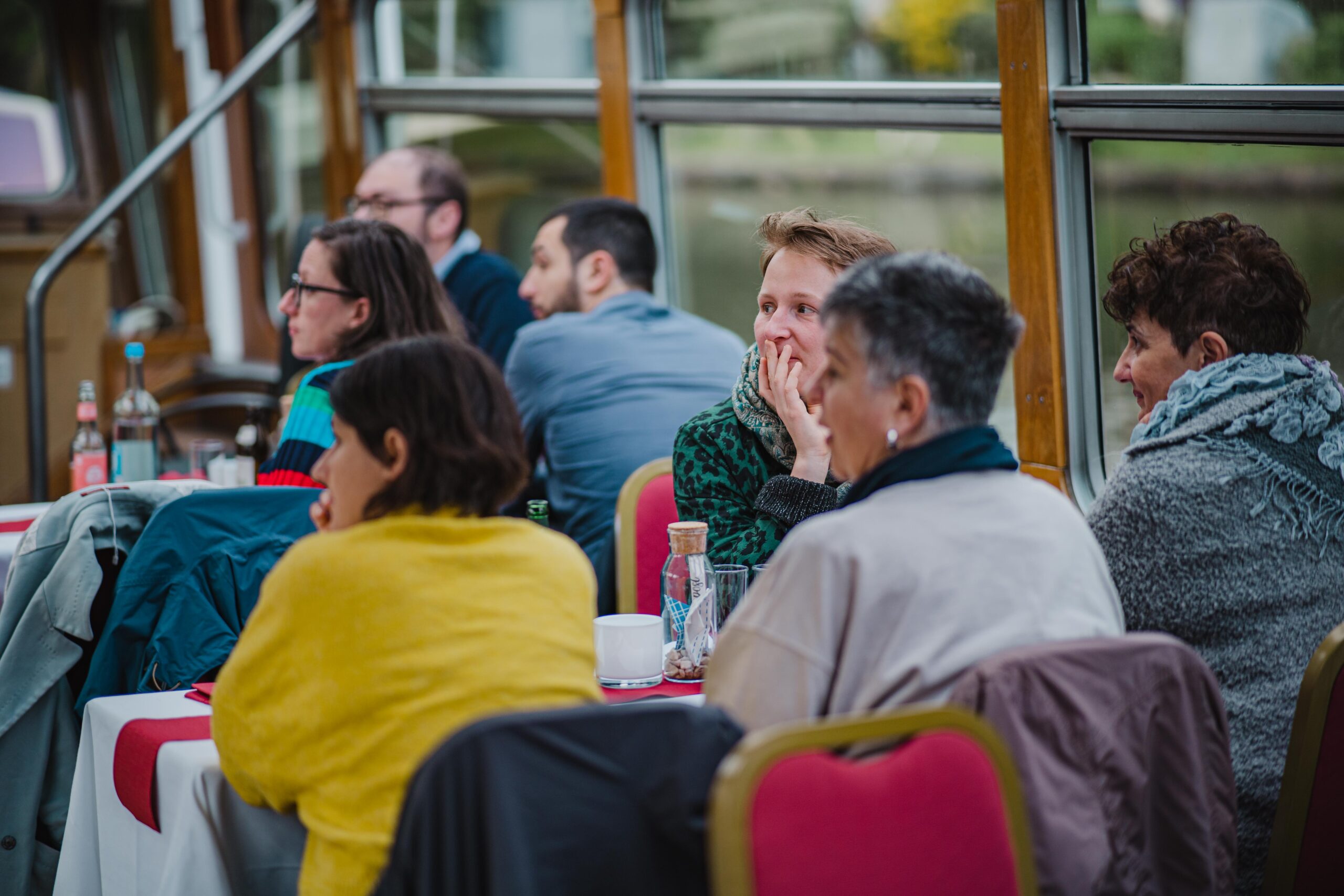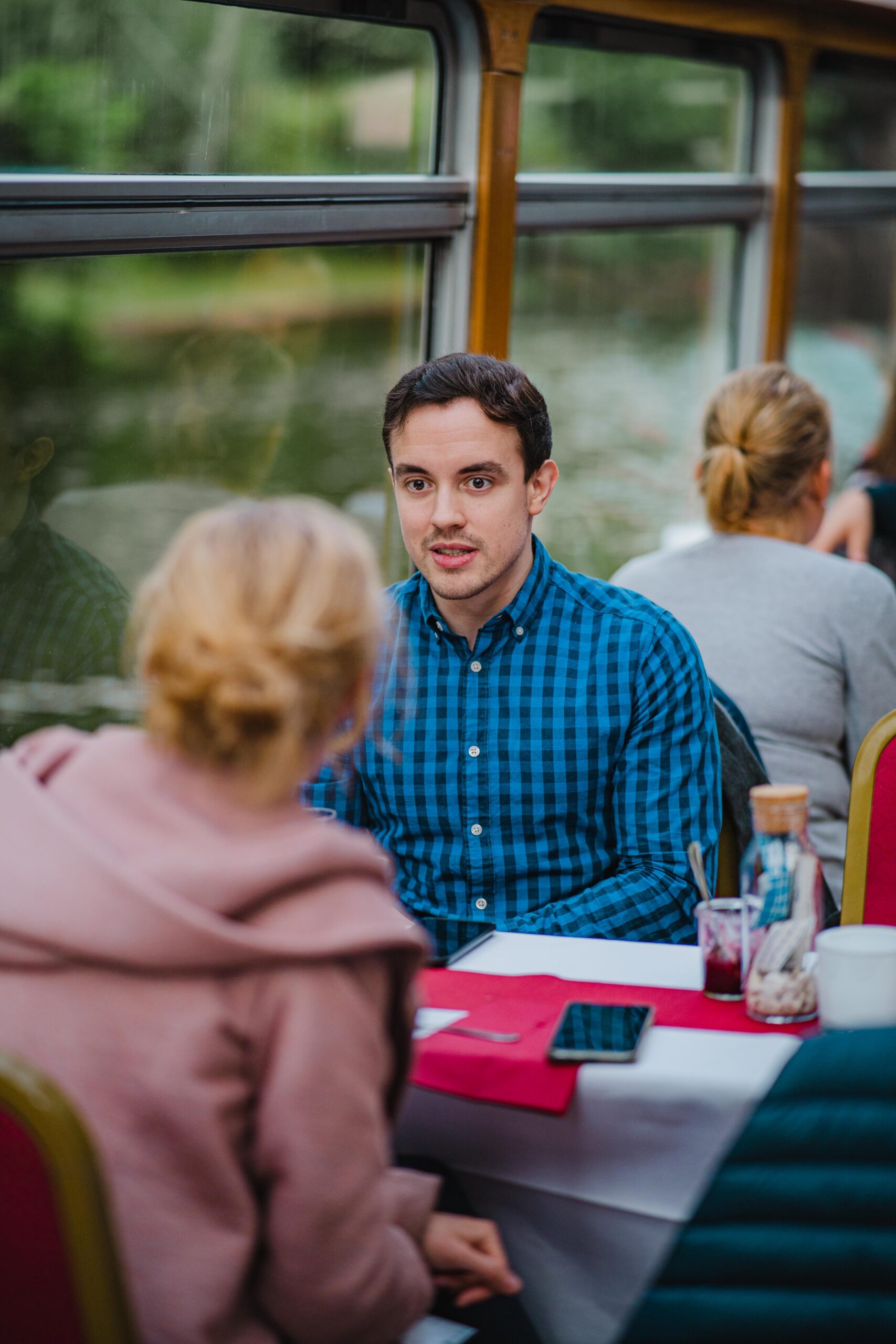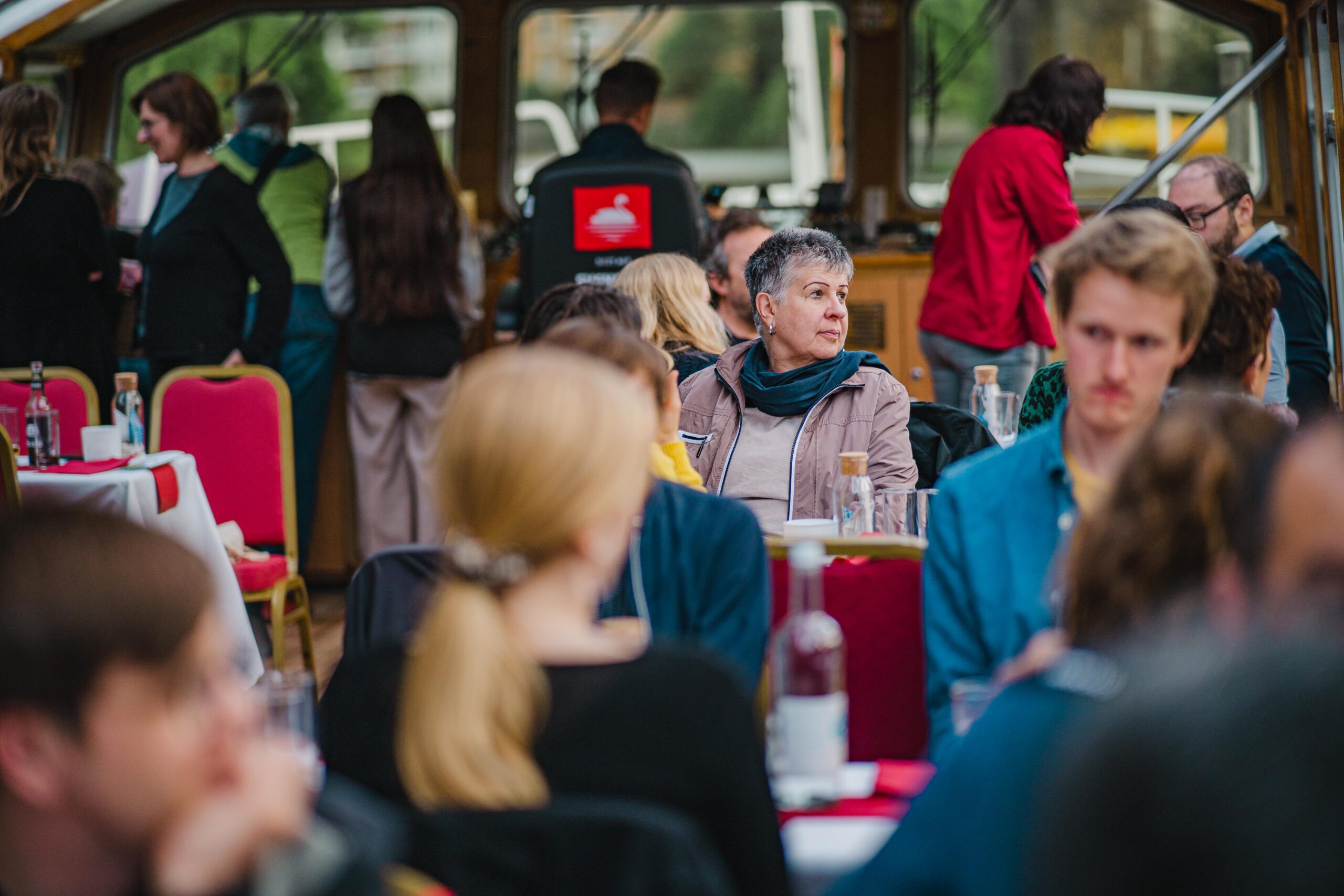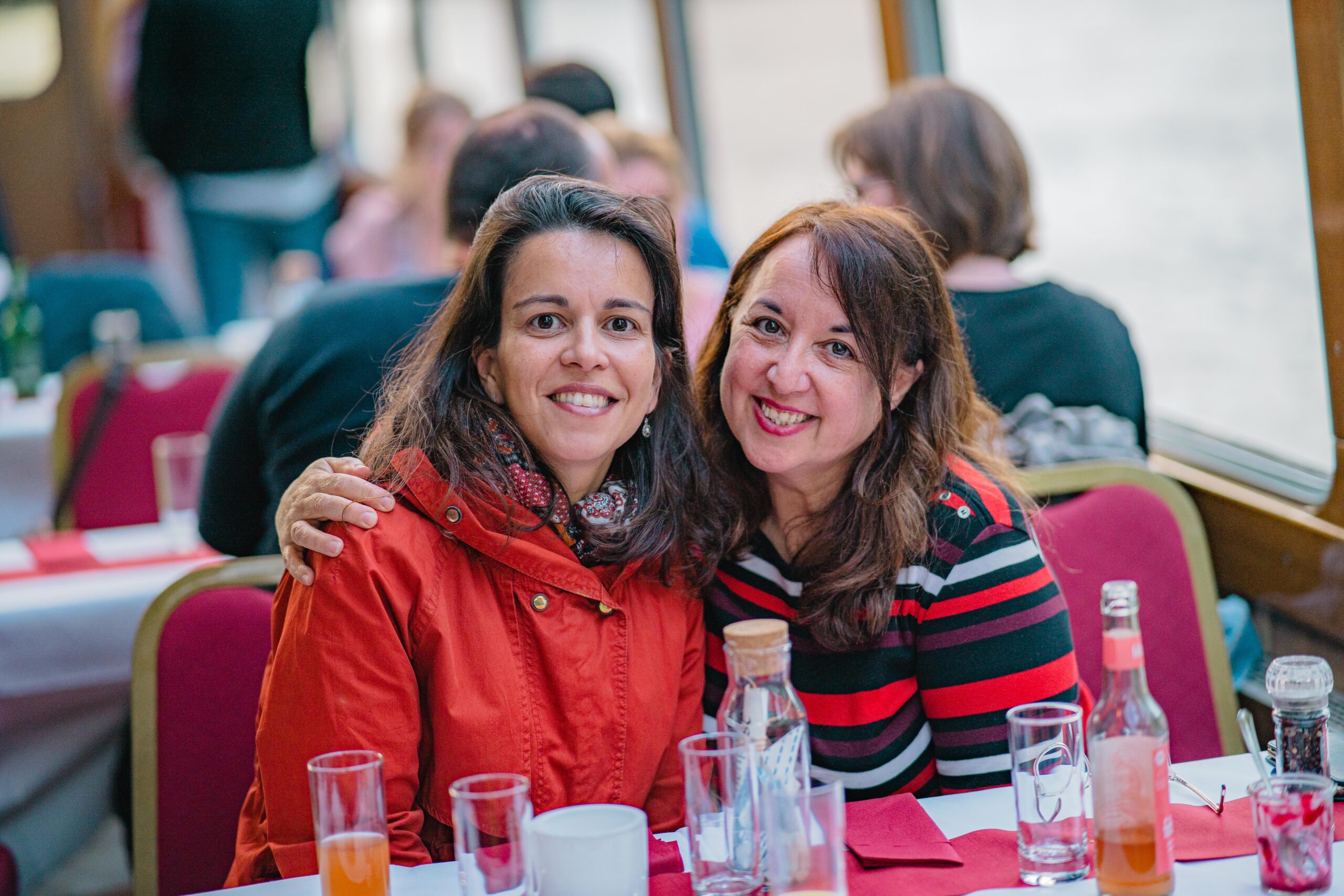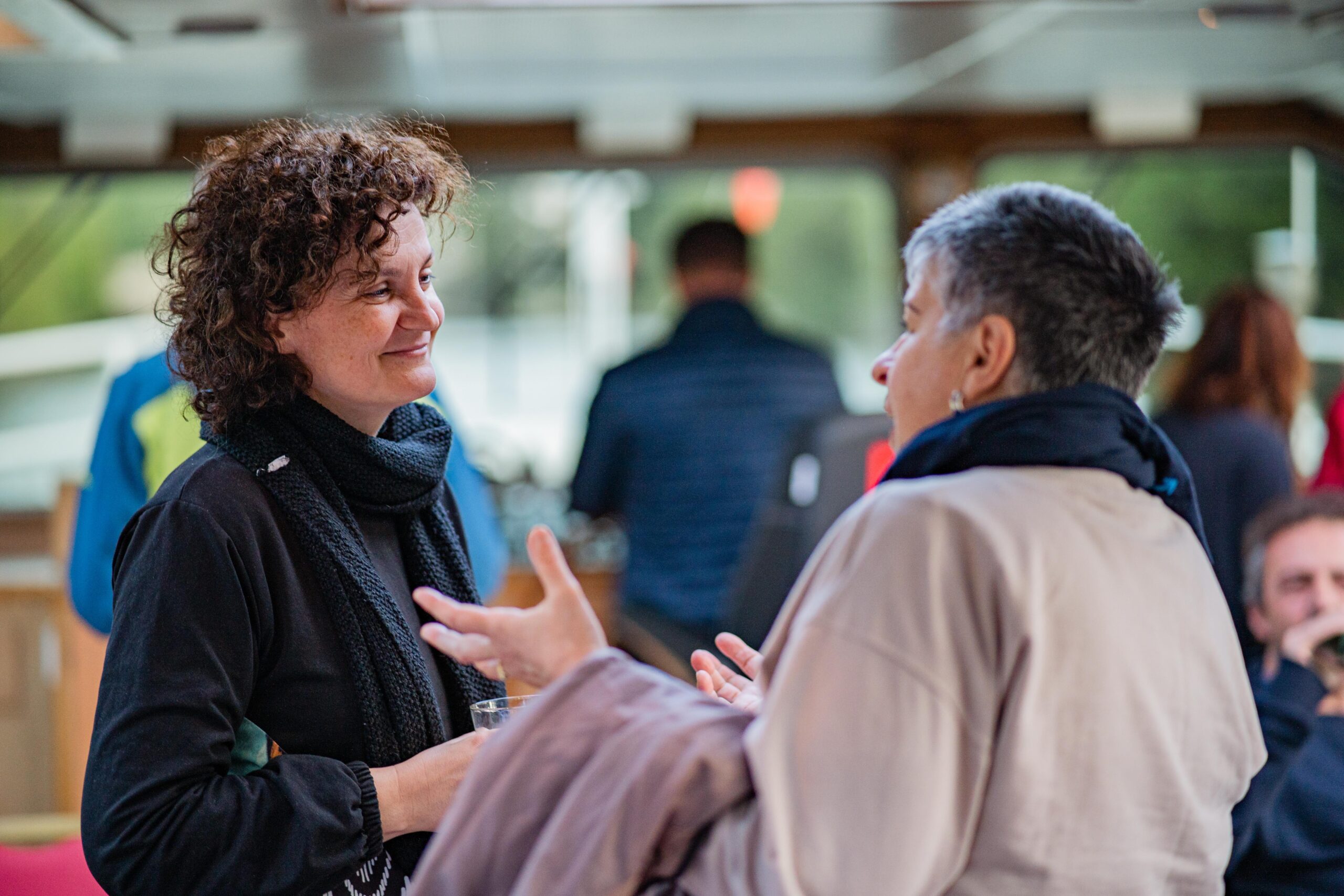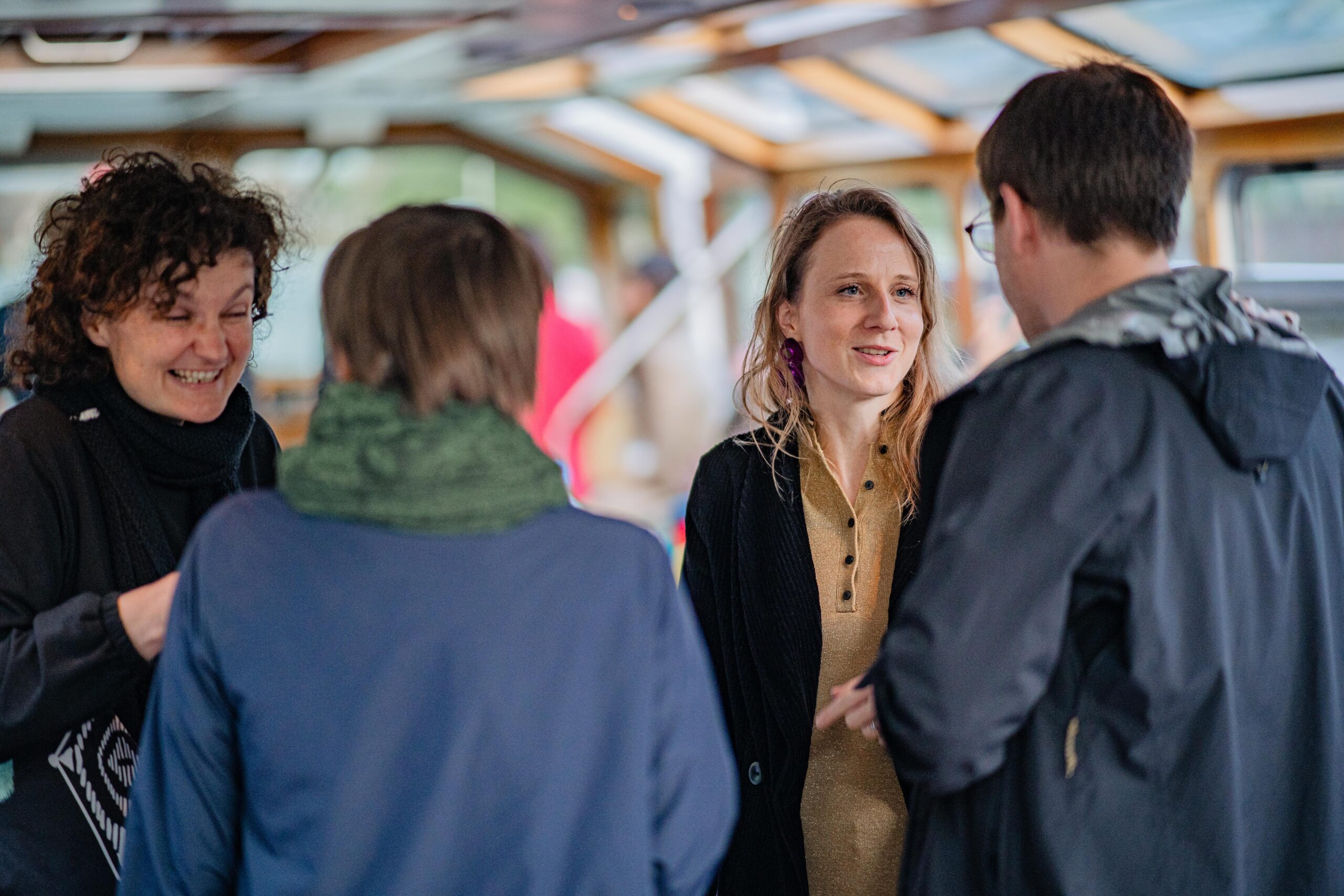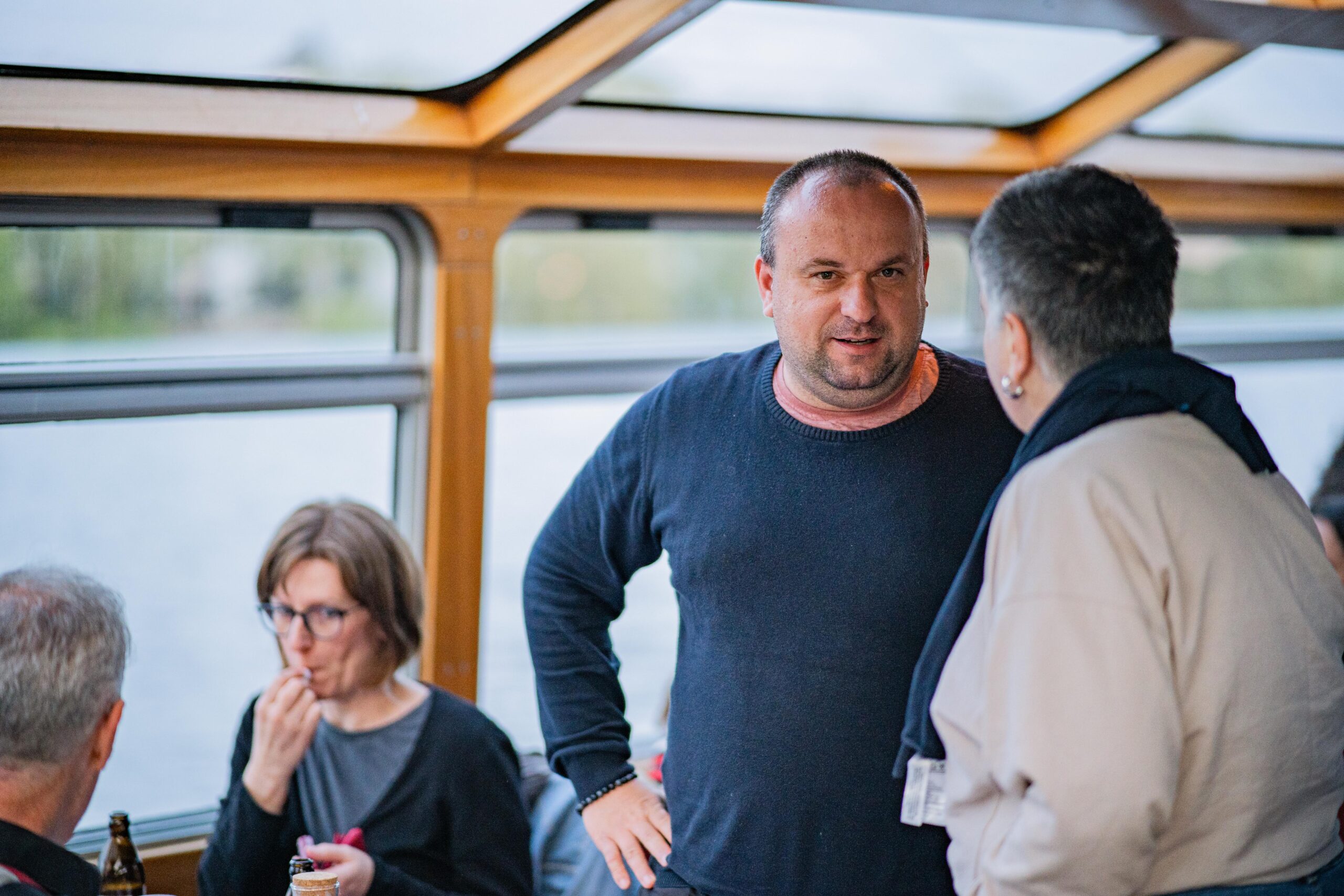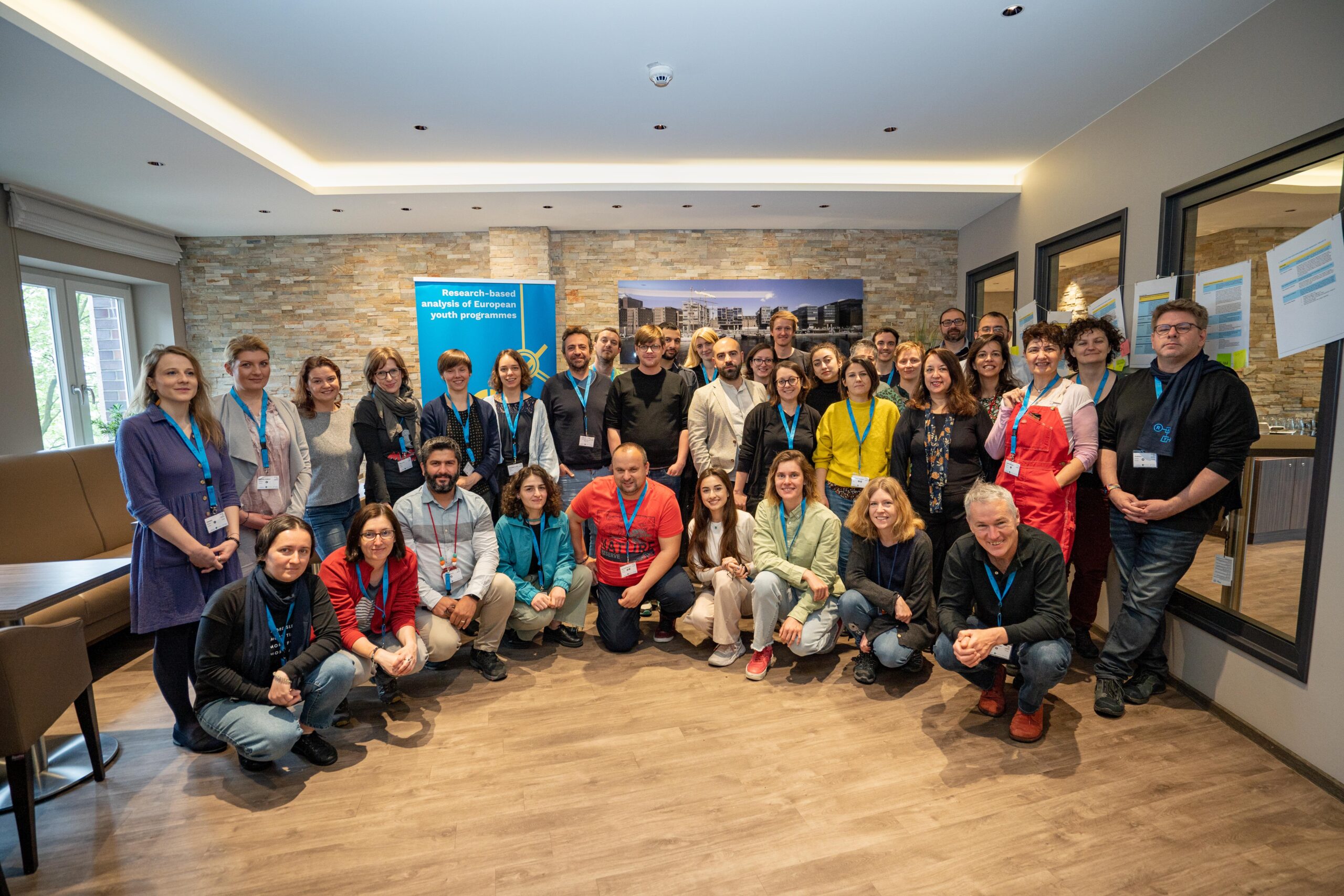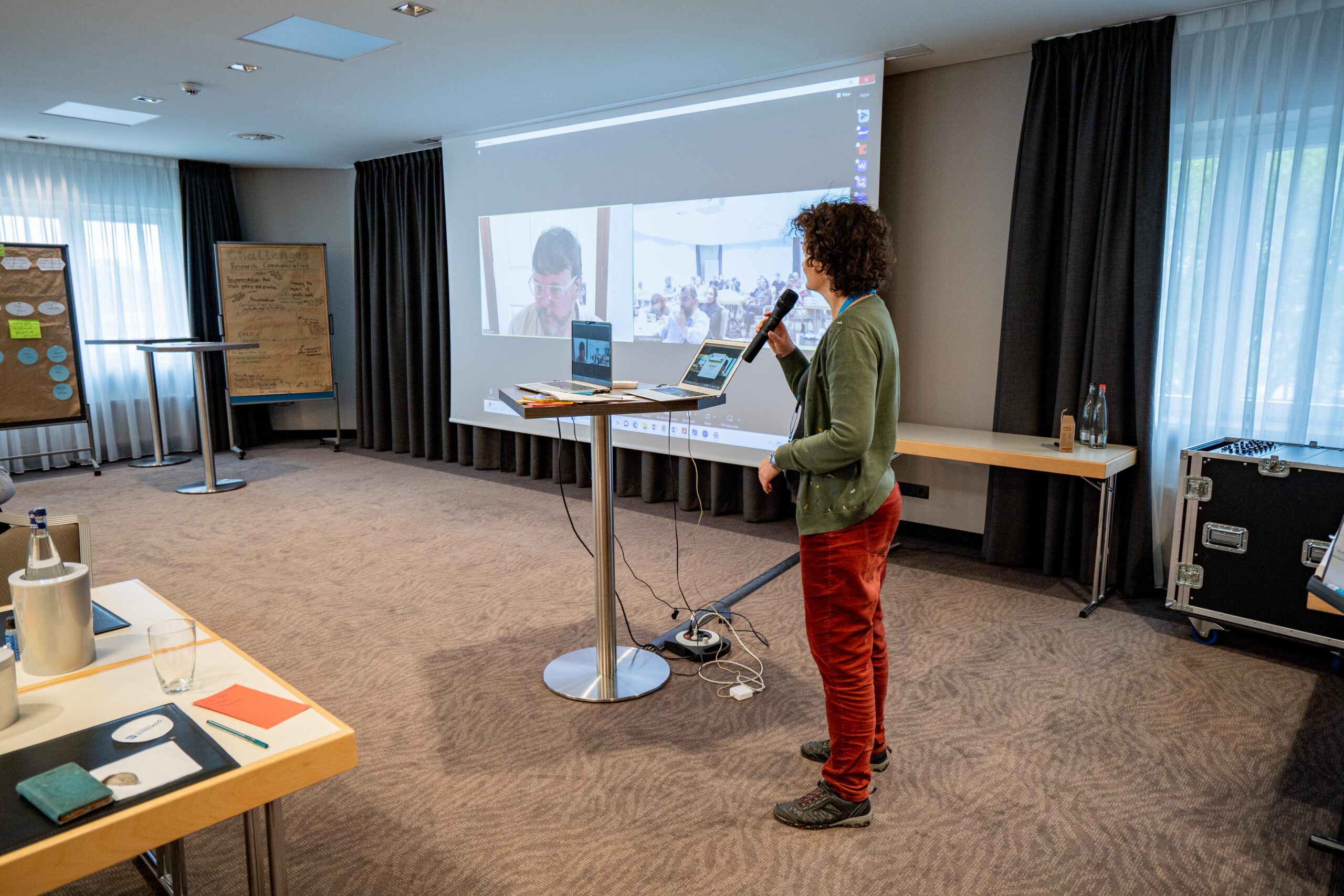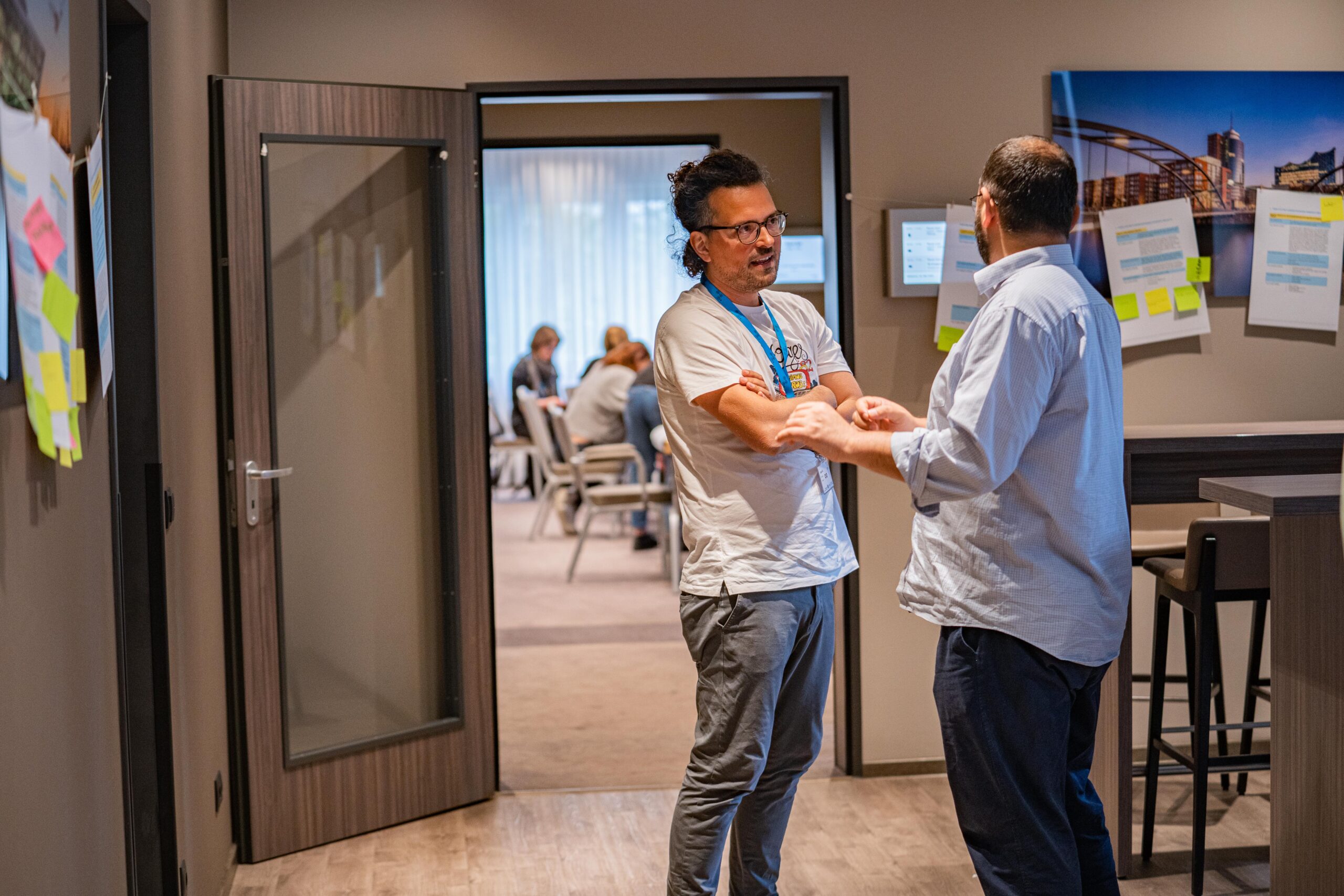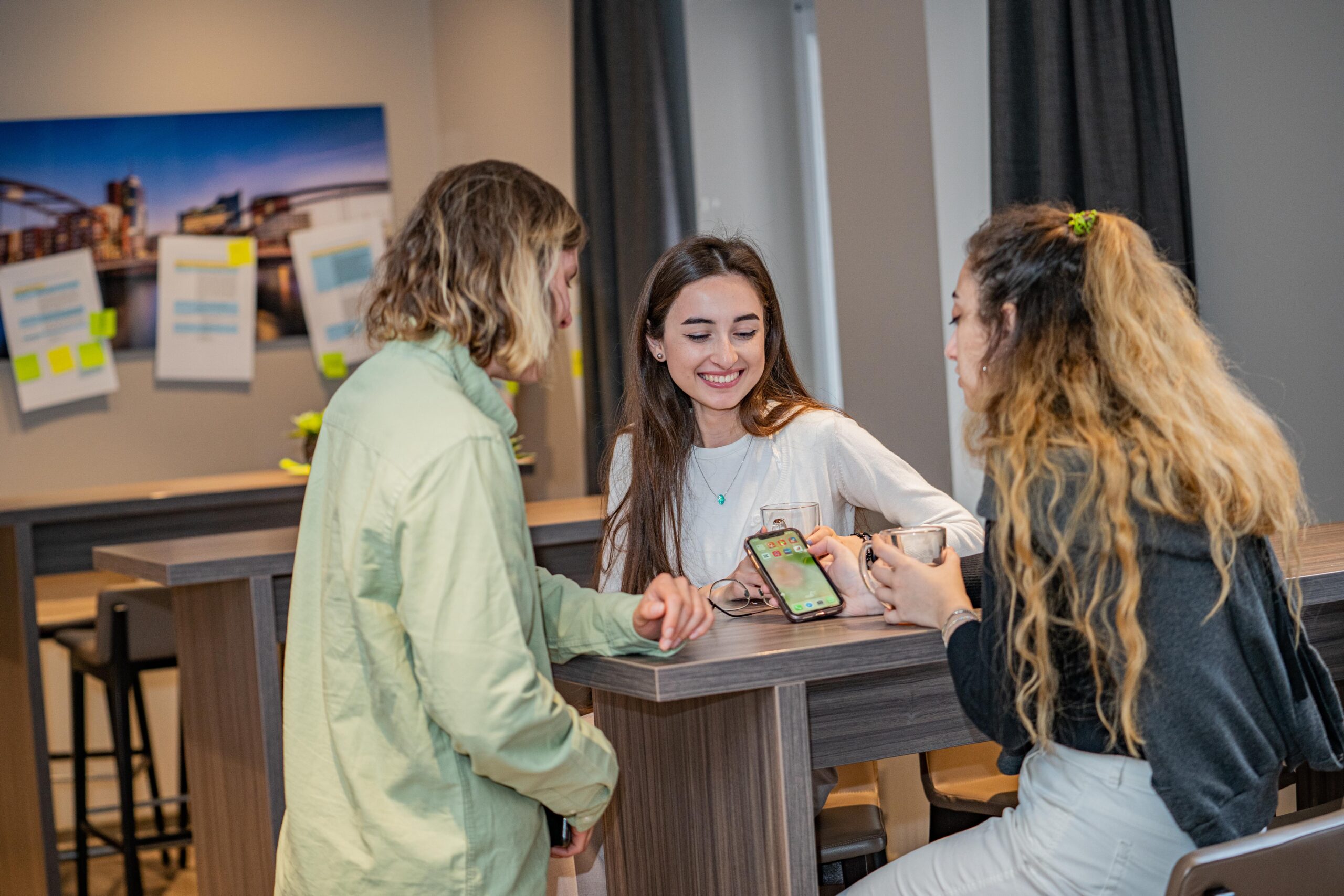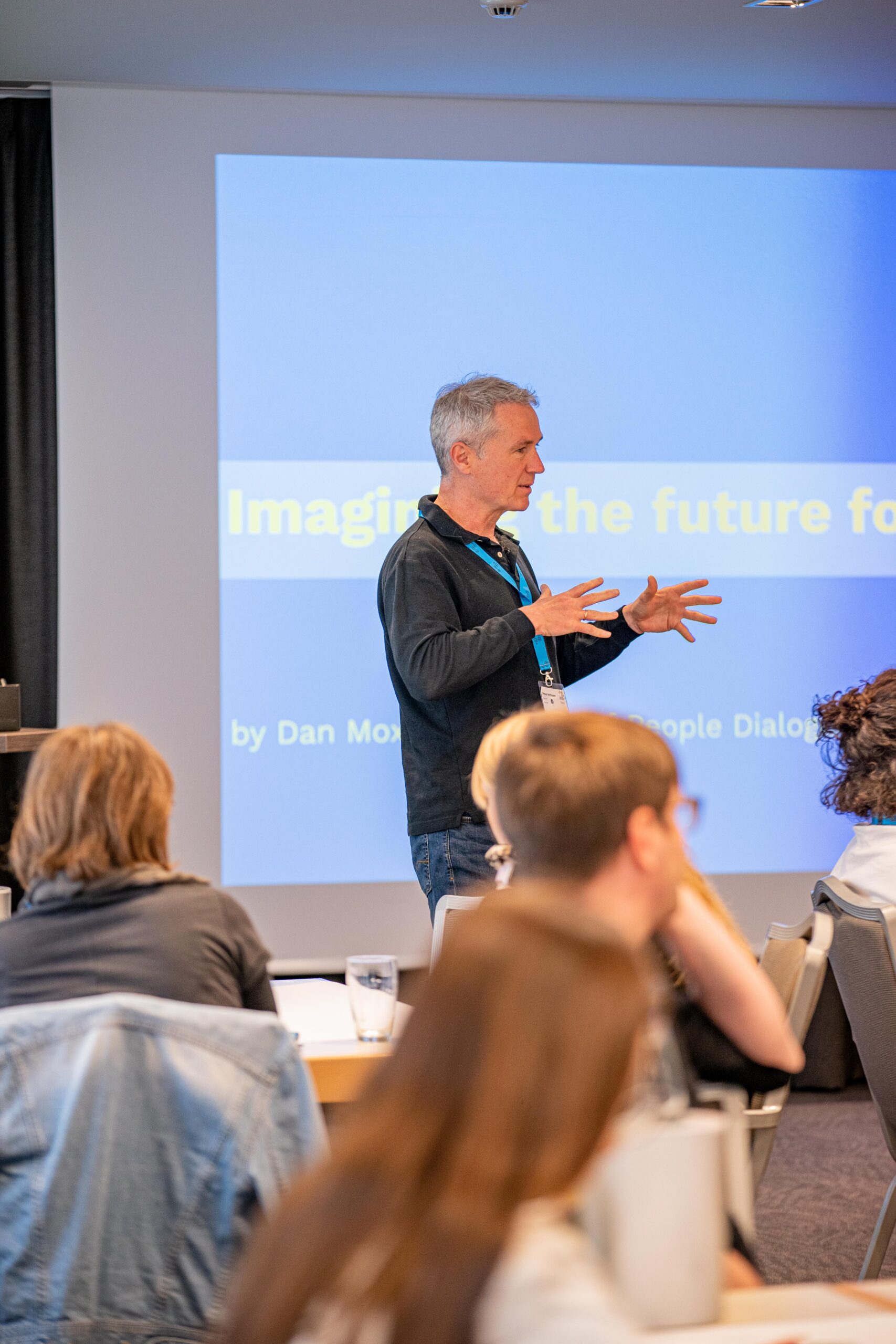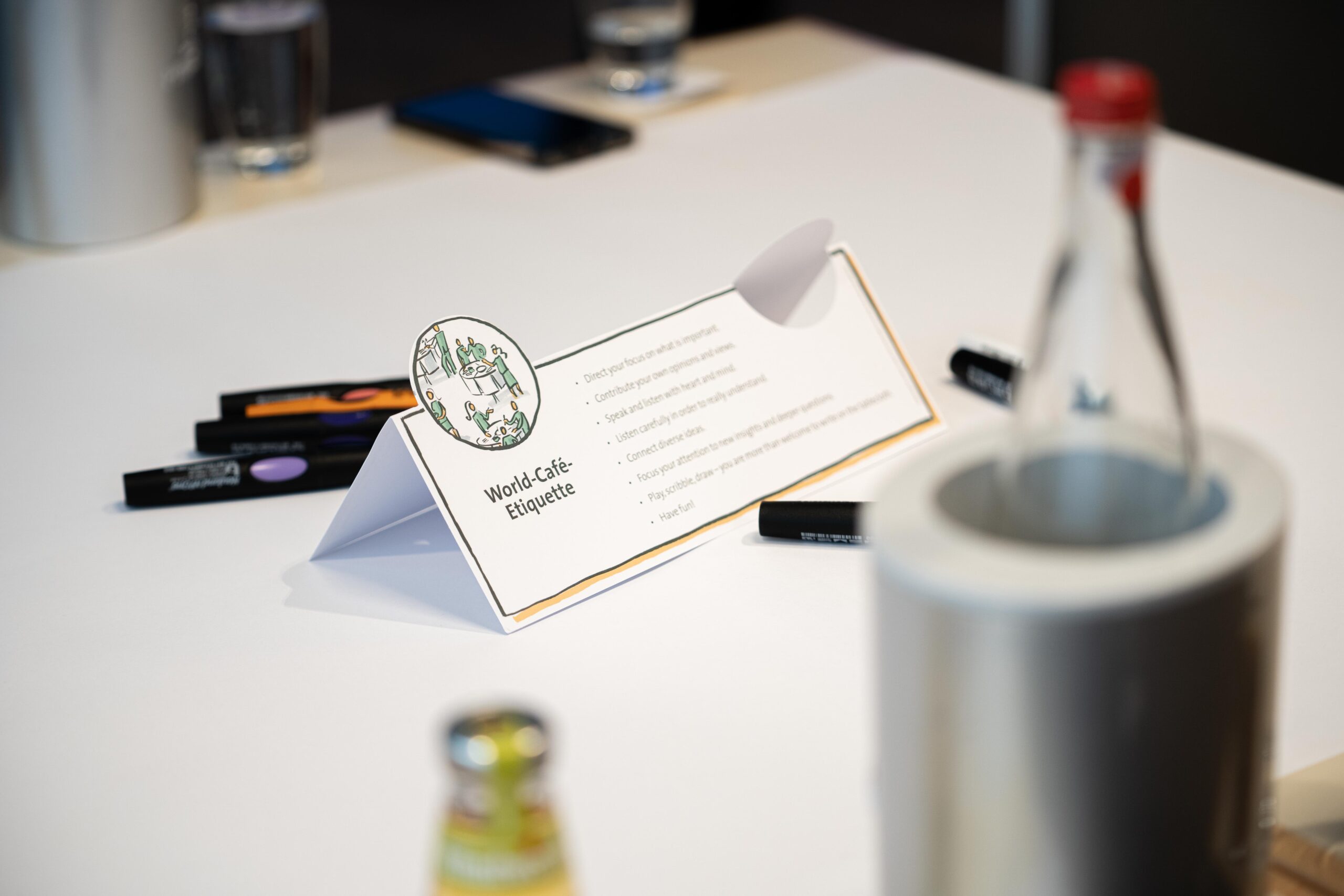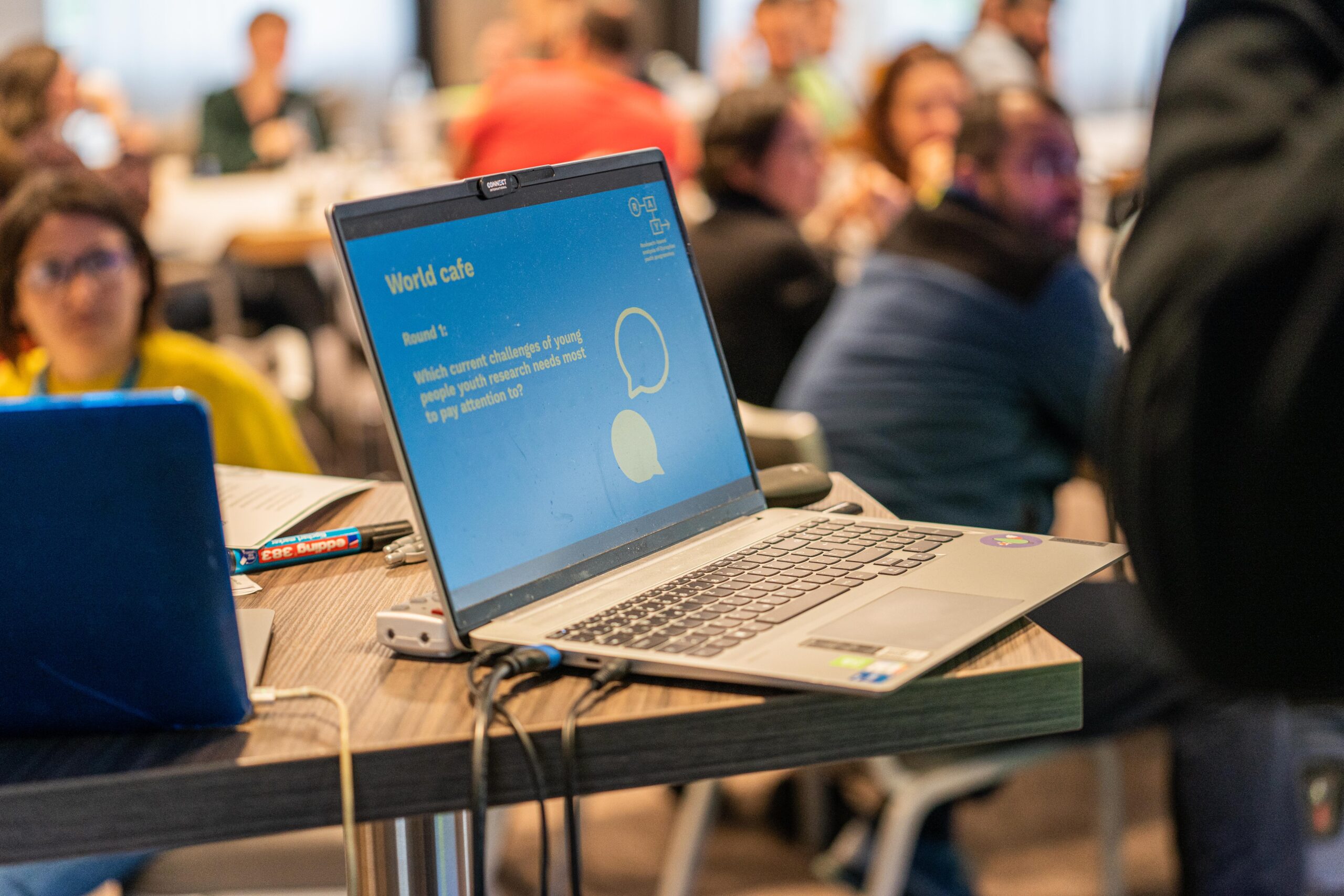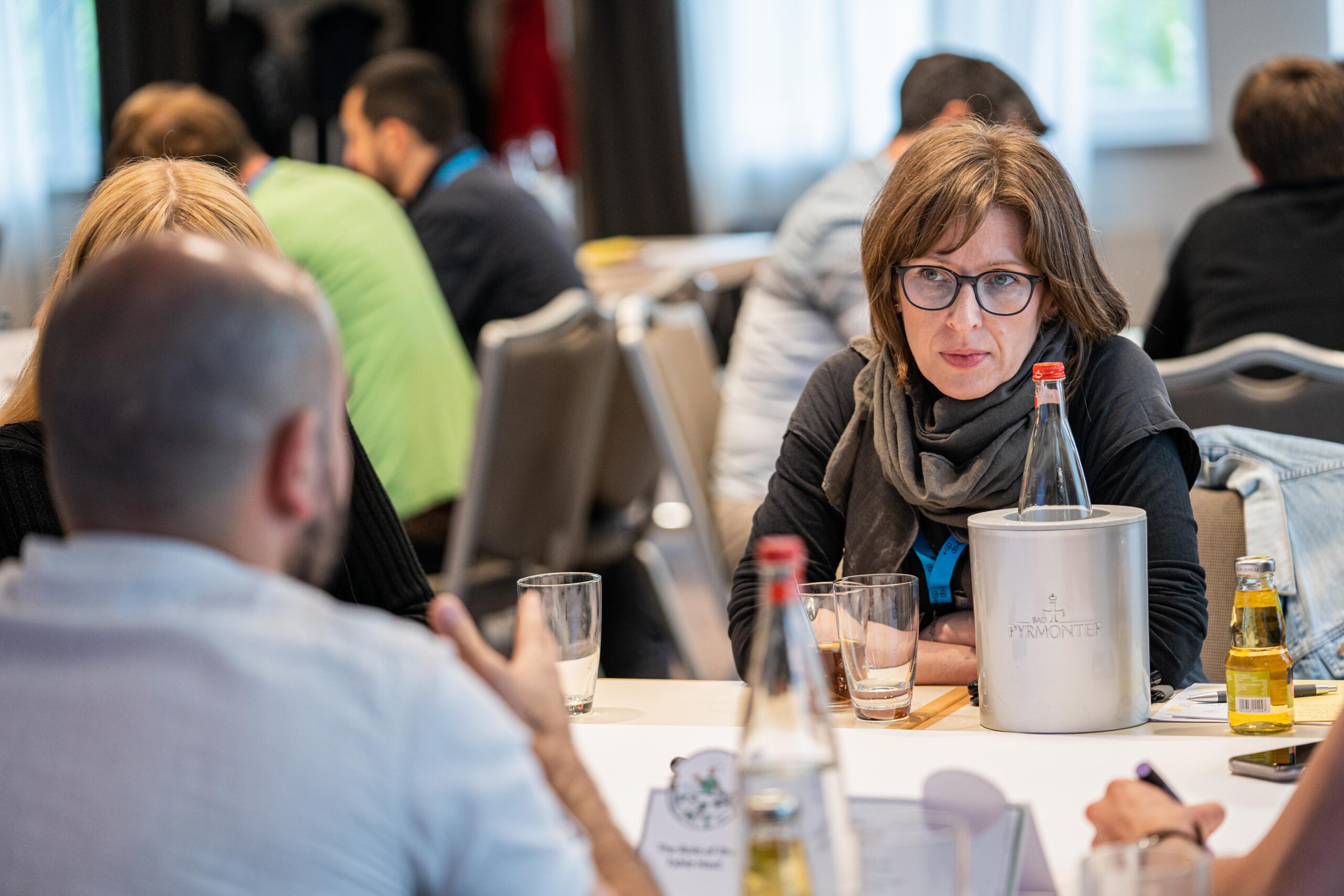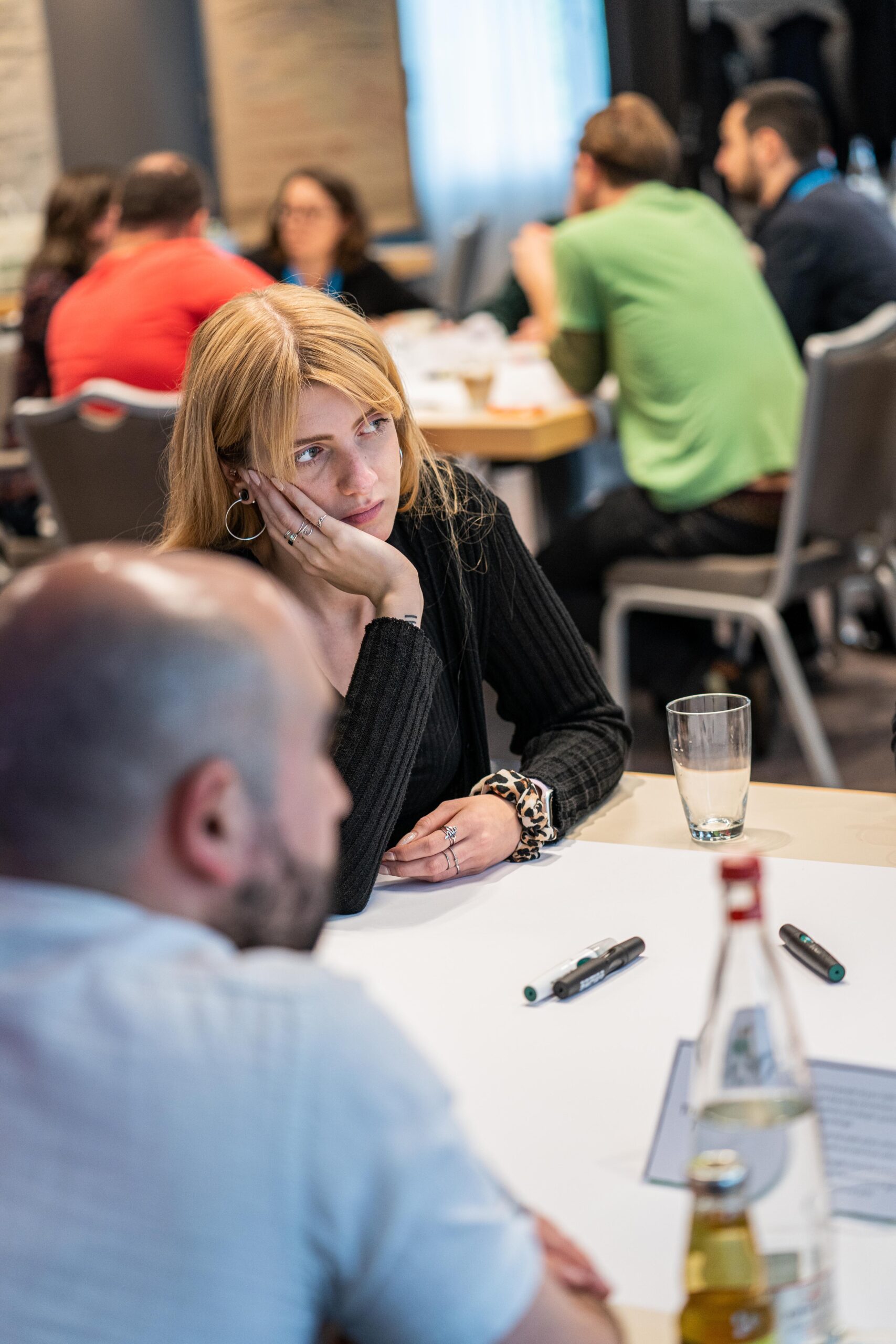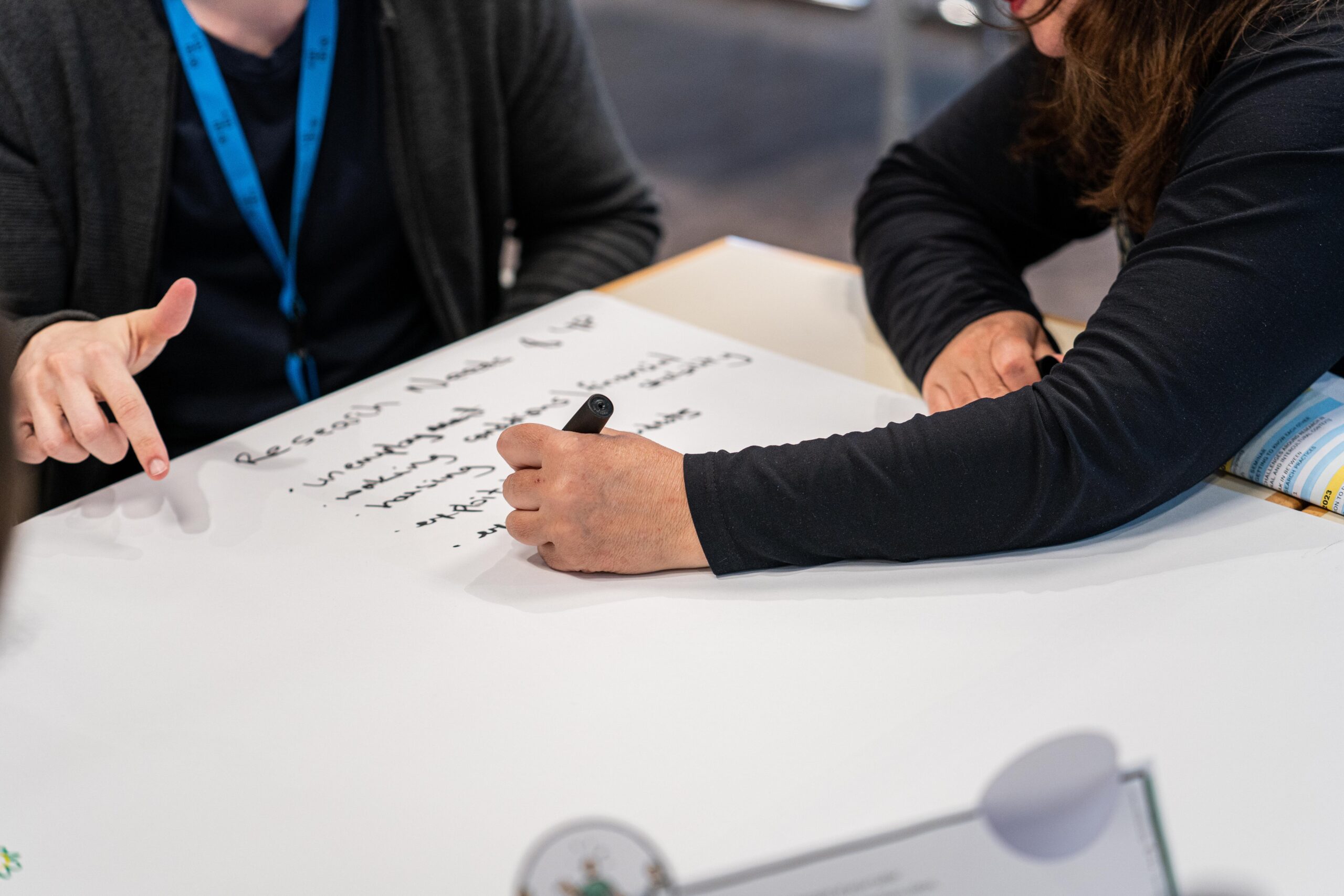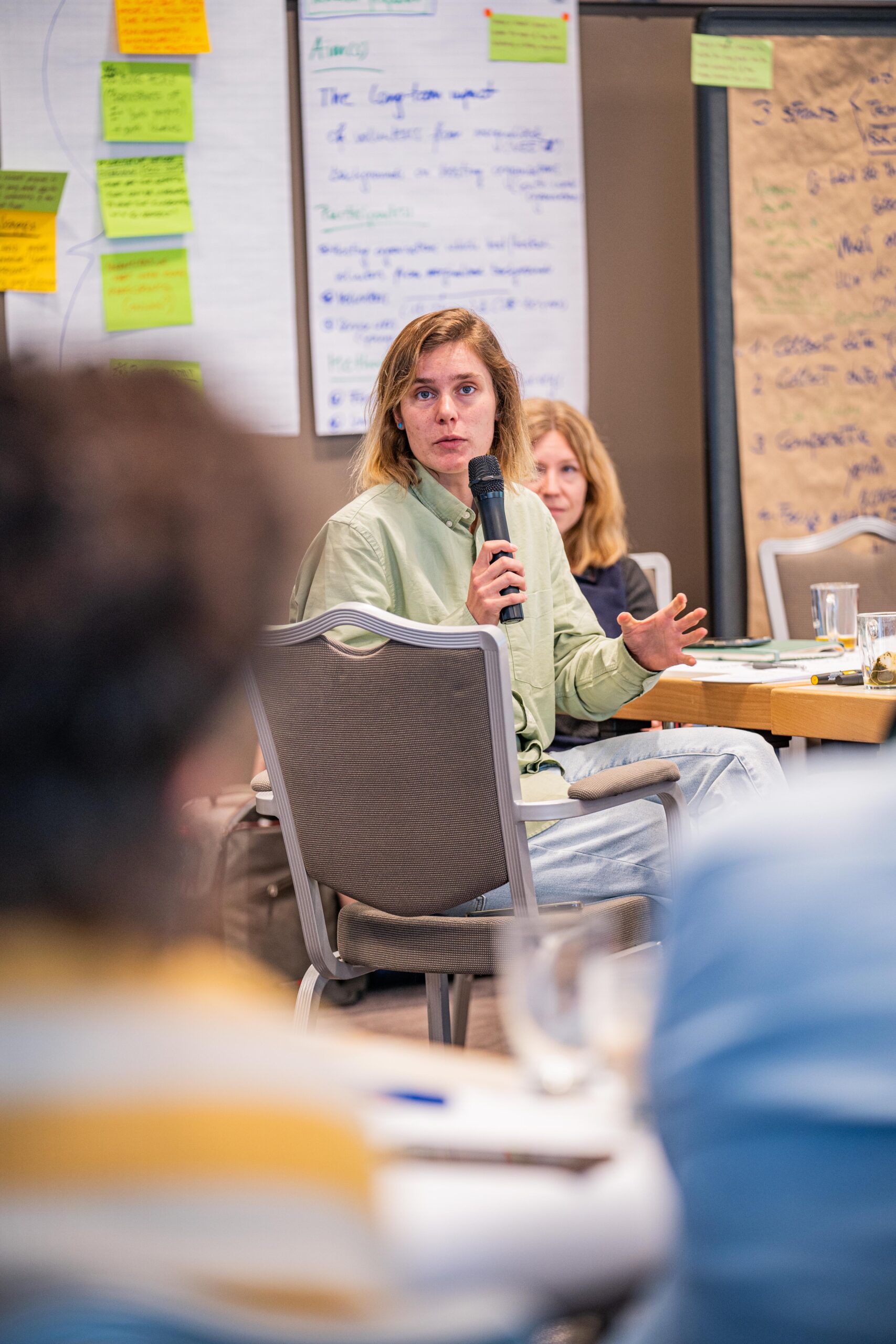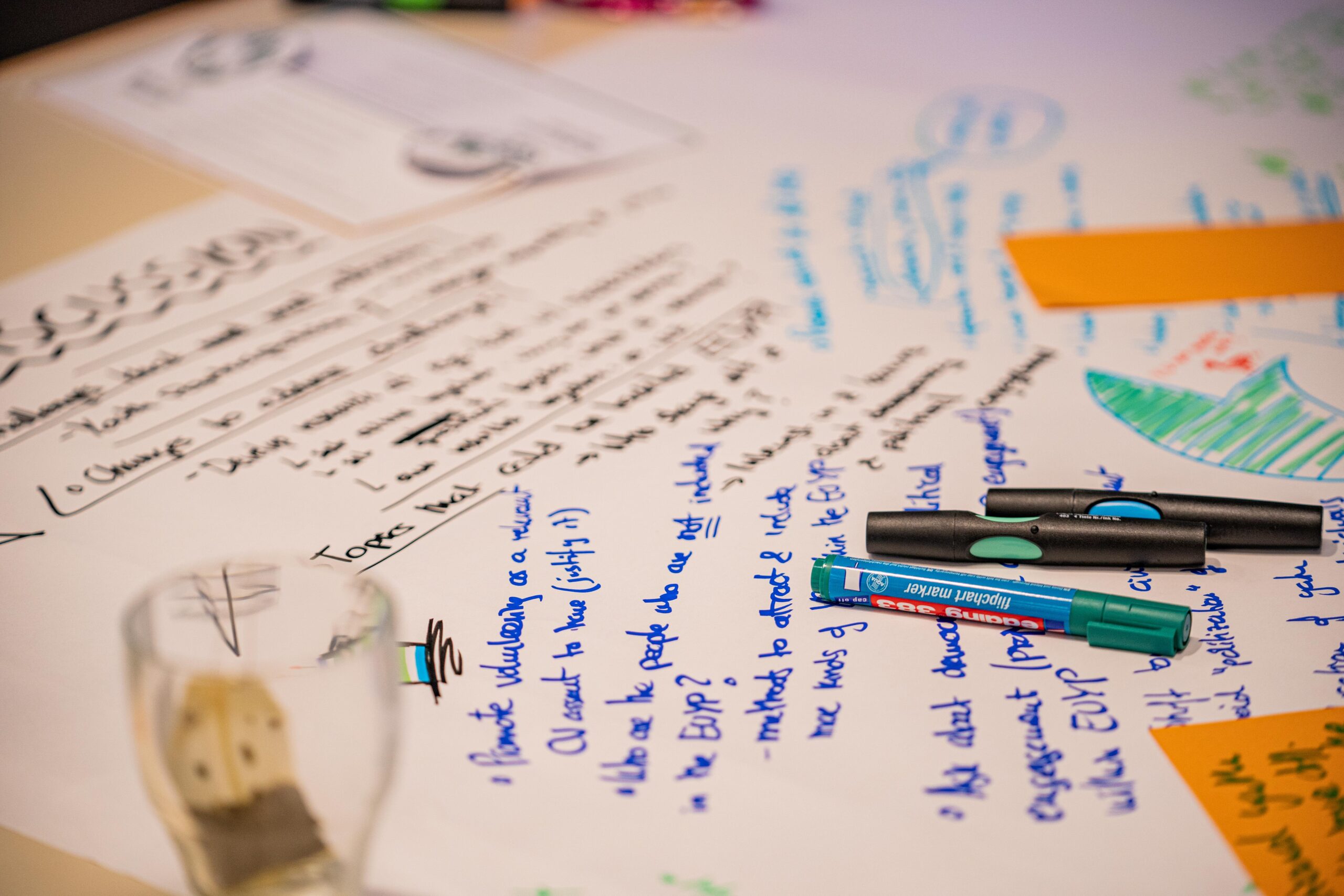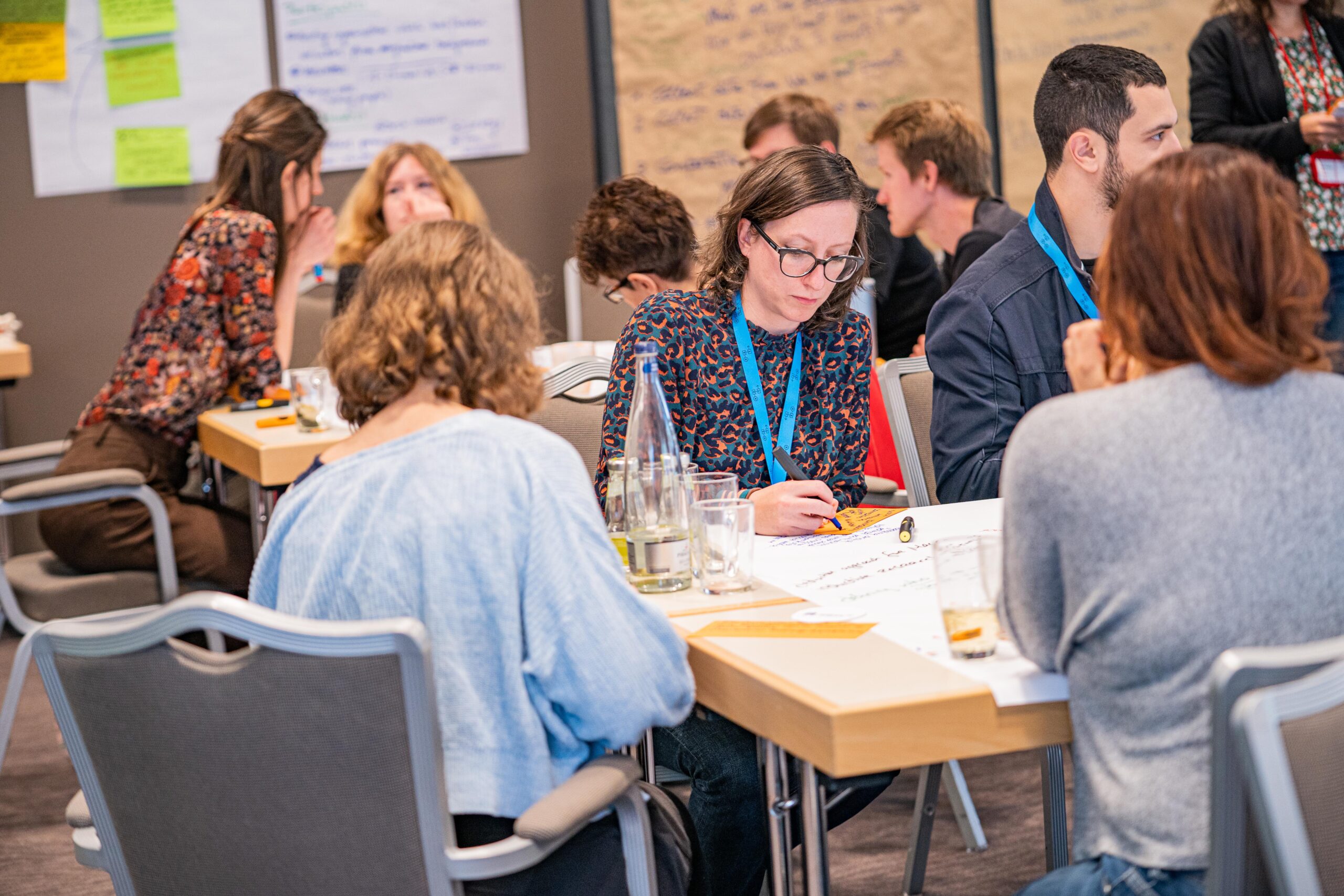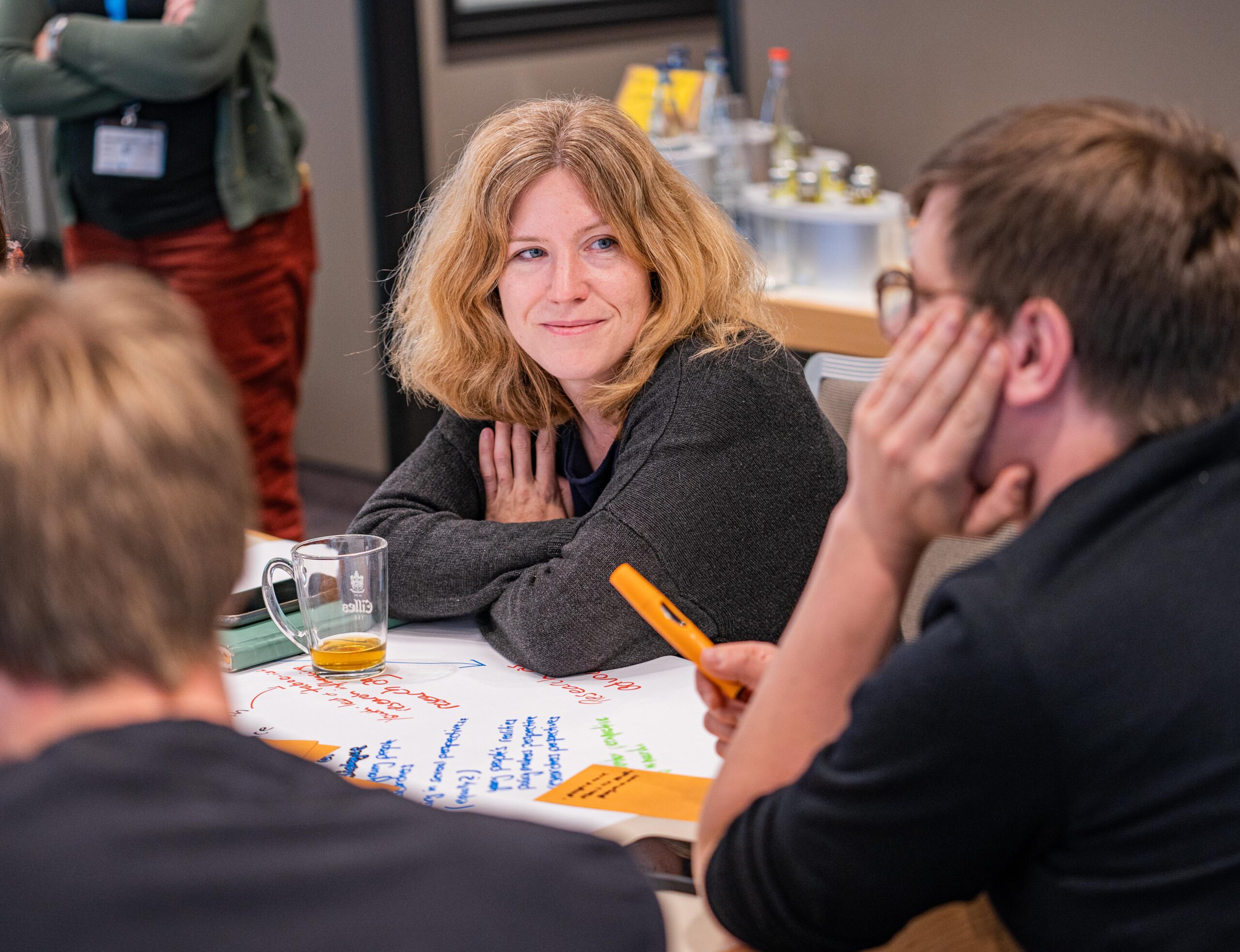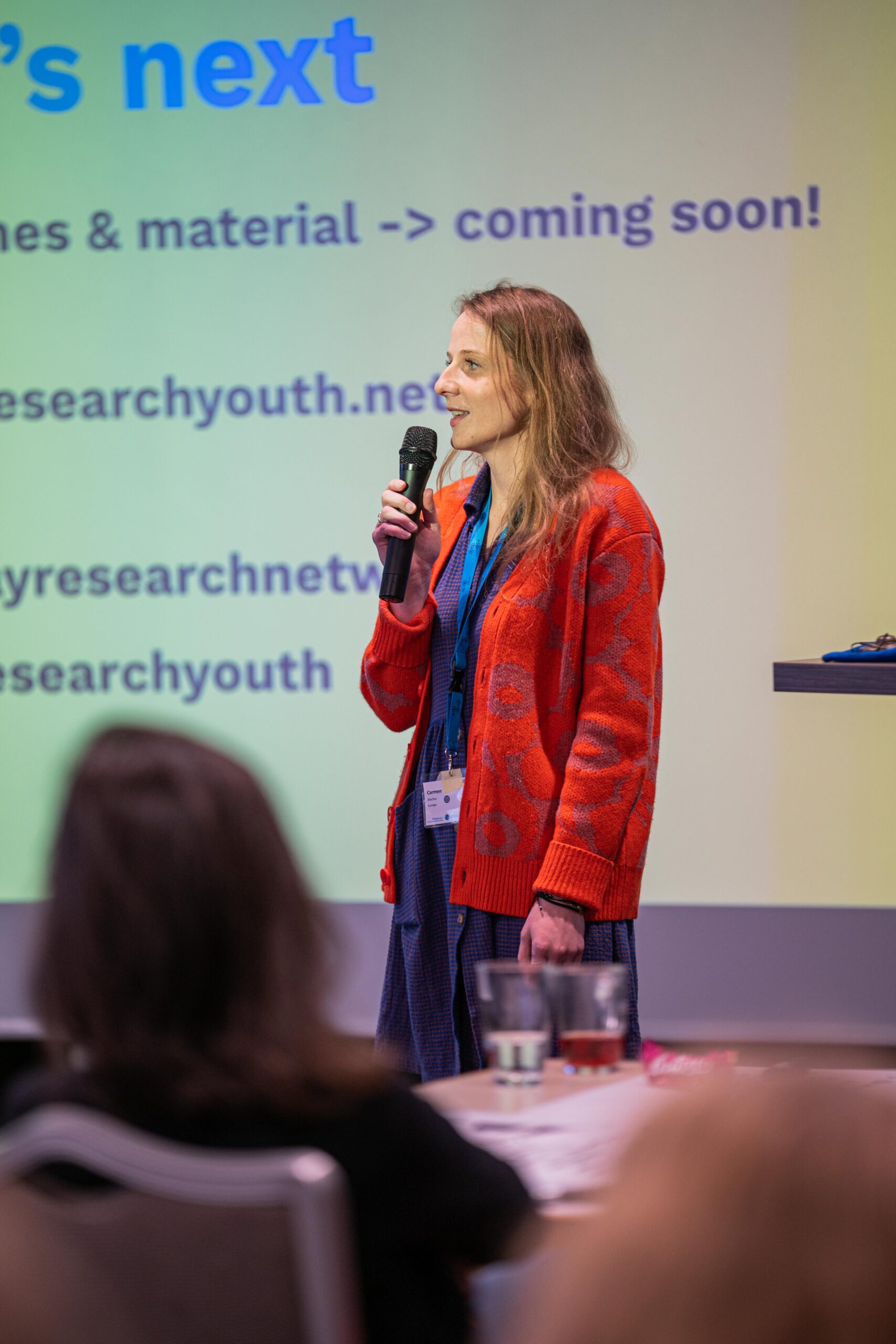Youth Research Methodology Seminar
Youth research in international and intercultural contexts – challenges, needs and future outlook
CONTEXT
RAY organised a Youth Research Methodology Seminar from 22 – 24 May in Hamburg, Germany.
> The seminar aimed to explore challenges and needs around qualitative, quantitative and mixed-method research in international and intercultural contexts; to share experiences and practices of youth research projects; to co-shape research design for projects in the European youth programmes as well as to discuss future challenges and needs of youth research.
> Around 40 participants from Europe and neighbouring partner countries, including youth researchers, researchers from similar fields as well as practitioners and stakeholders interested in youth research methodologies in international and intercultural contexts, participated in the seminar.
> The Youth Research Methodology Seminar was co-hosted by the National Agencies of the European Youth Programmes from Finland (host) and Germany (co-host). The activity was organised within the framework of the RAY Network (Research based analysis of the European youth programmes). The RAY Network Coordination (situated at the Finnish National Agency) and the RAY Transnational Research Team (situated at Youth Policy Labs in Berlin) led and coordinated the preparation process and the implementation of the seminar.
PROGRAMME & CONTENT
22 MAY
> Day one started with a welcome session, hello by the RAY Network Coordination as well as connecting and getting-to-know-each-other exercises.
> The second session dealt with challenges around research in international and intercultural contexts. Inspiring inputs from the RAY research team kicked off the discussions, which addressed challenges on research design, research implementation, research communication and transversal considerations.
> The day ended with the sharing of research practices – prior to the seminar, the participants prepared templates with research projects they have conducted or with research ideas and proposals.
23 MAY
> Day two was dedicated to learning, sharing, exploring and creating. The RAY transnational research team offered workshops on the following topics:
>> Impact assessment: expectations, issues and approaches (The aim of this workshop was to develop a common understanding on expectations, issues and approaches on individual and systemic impact assessment of European and international youth work.)
>> How to conduct qualitative analysis (This workshop offered a space for the sharing of experiences and good practices around the analyses of data gained through qualitative research.)
>> Oh my quality!: Generalizability of qualitative research, representativity of qualitative samples (This workshop explored answers to the questions: How do I make my qualitative sample representative? Is my qualitative portrayal generalisable? When are my qualtative results valid? and How do I get rid of researcher’s bias?)
>> Hide & seek: recruiting (hidden) research participants (This workshop was about participant acquisition and connected sampling techniques as well as on key problems such as building trust, survey fatigue and the usage of incentives.)
> The day continued with a research design simulation exercise. Participants worked in smaller groups on co-shaping and creating ideas for research proposals for projects in European youth programmes based on different scenarios.
> Identified questions and needs from the group work were later on brought to a Fishbowl discussion about ‘What is needed to design and sucessfully implement research projects in the context of the European Youth Programmes?’
24 MAY
> Day three started with an inspiring input on the future outlook of youth research by Dr. Dan Moxon (Director of People, Dialogue and Change and member of the Pool of European Youth Researchers coordinated by the EU-CoE youth partnership). He talked about imagining the future for youth research, specifically on how youth research might need to develop in the coming years to better support youth work and youth policy. The presentation addressed various questions and scenarios: What does emerging youth research tell us about the changing situation of young people? What policy challenges should youth research address? What practice challenges should youth research address? What topics should youth research explore?
> This input was followed by a World Café session dealing with a future oriented debate about what is needed in youth research in the future, covering the questions: Which current challenges of young people youth research needs most pay attention to? How does youth research need to change to address successfully these challenges? Which future topics for youth research could best be tackled within the context of the European Youth Programs?
> An evaluation and reflection session concluded the seminar.
FURTHER READING
Pictures by Tom Pincus
